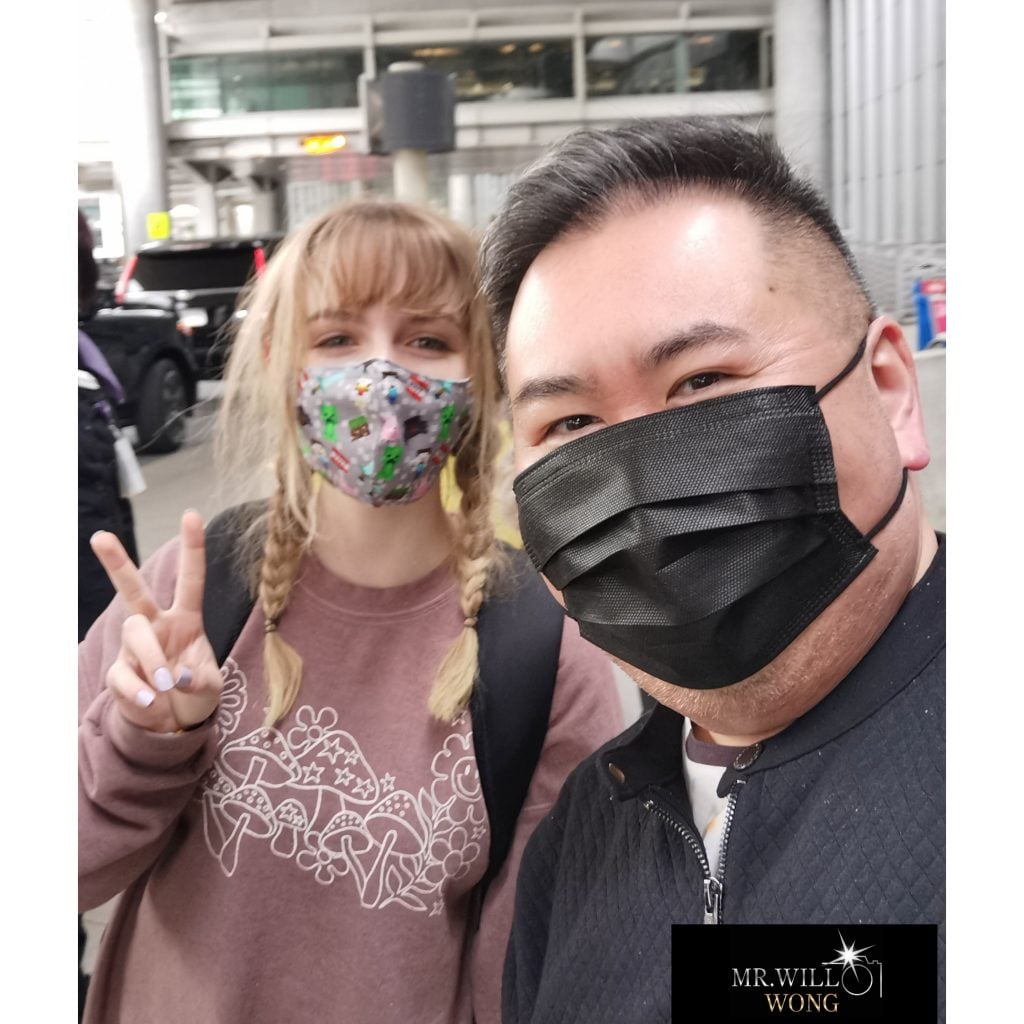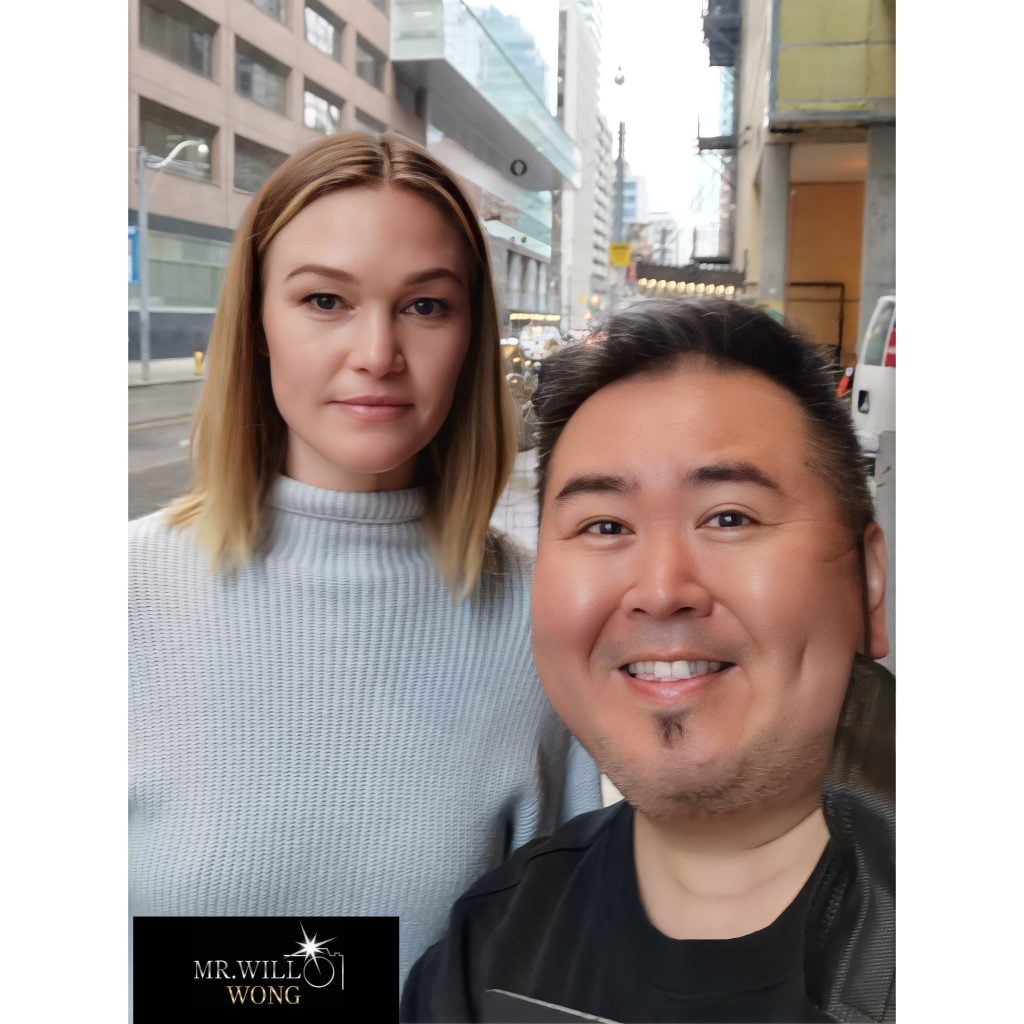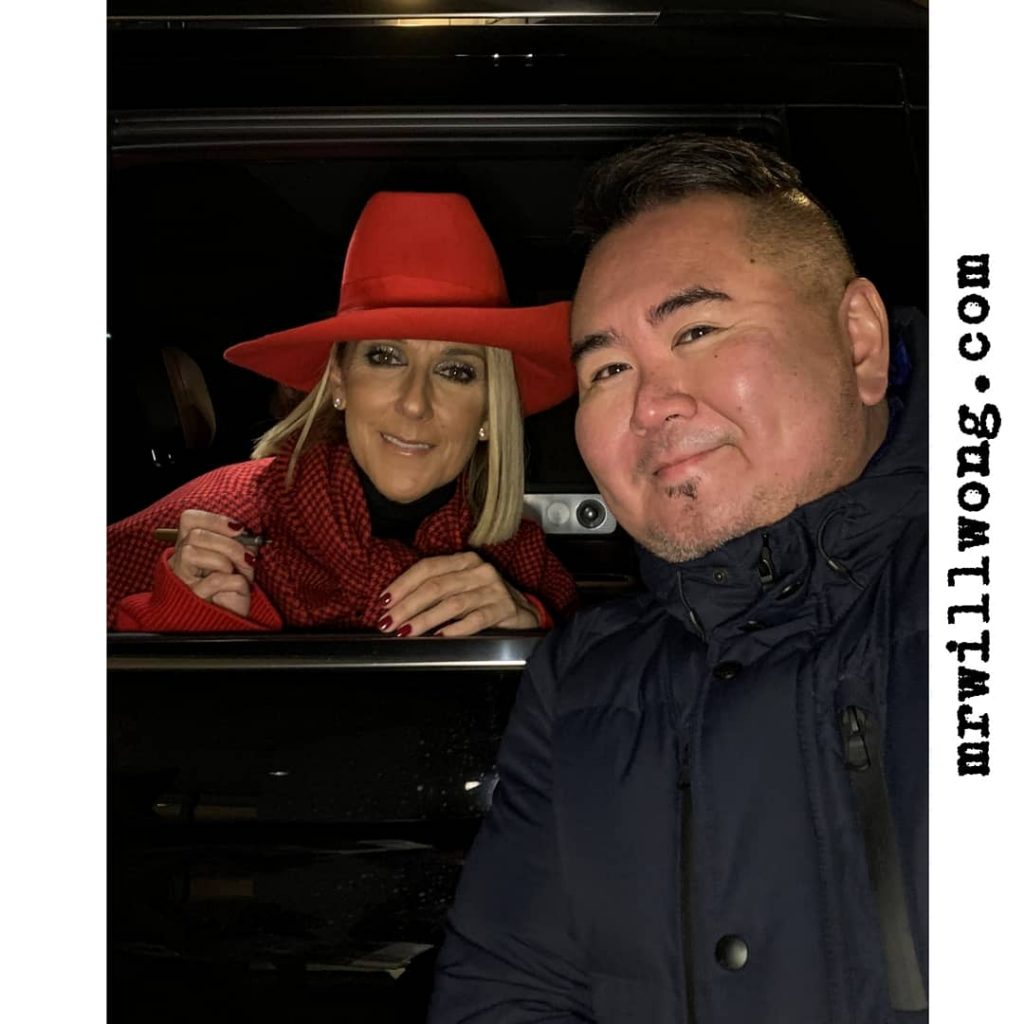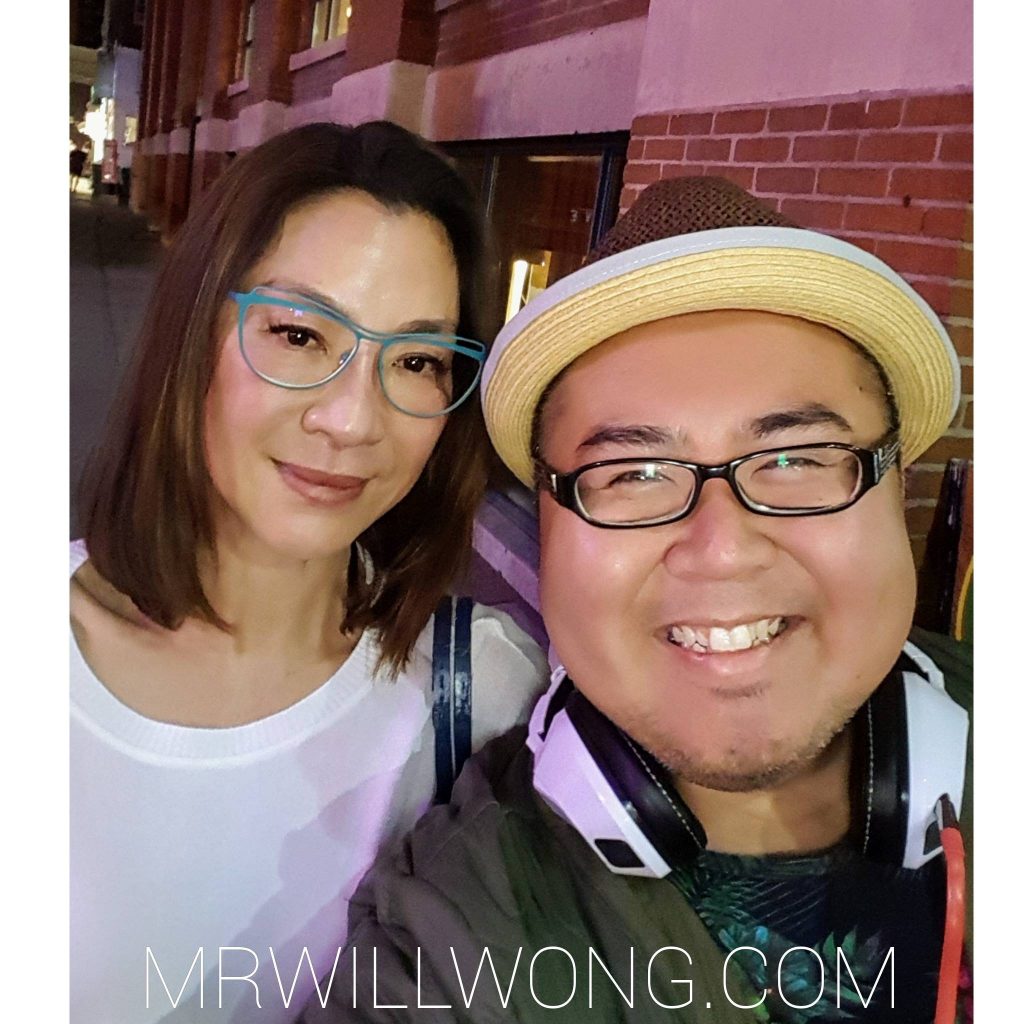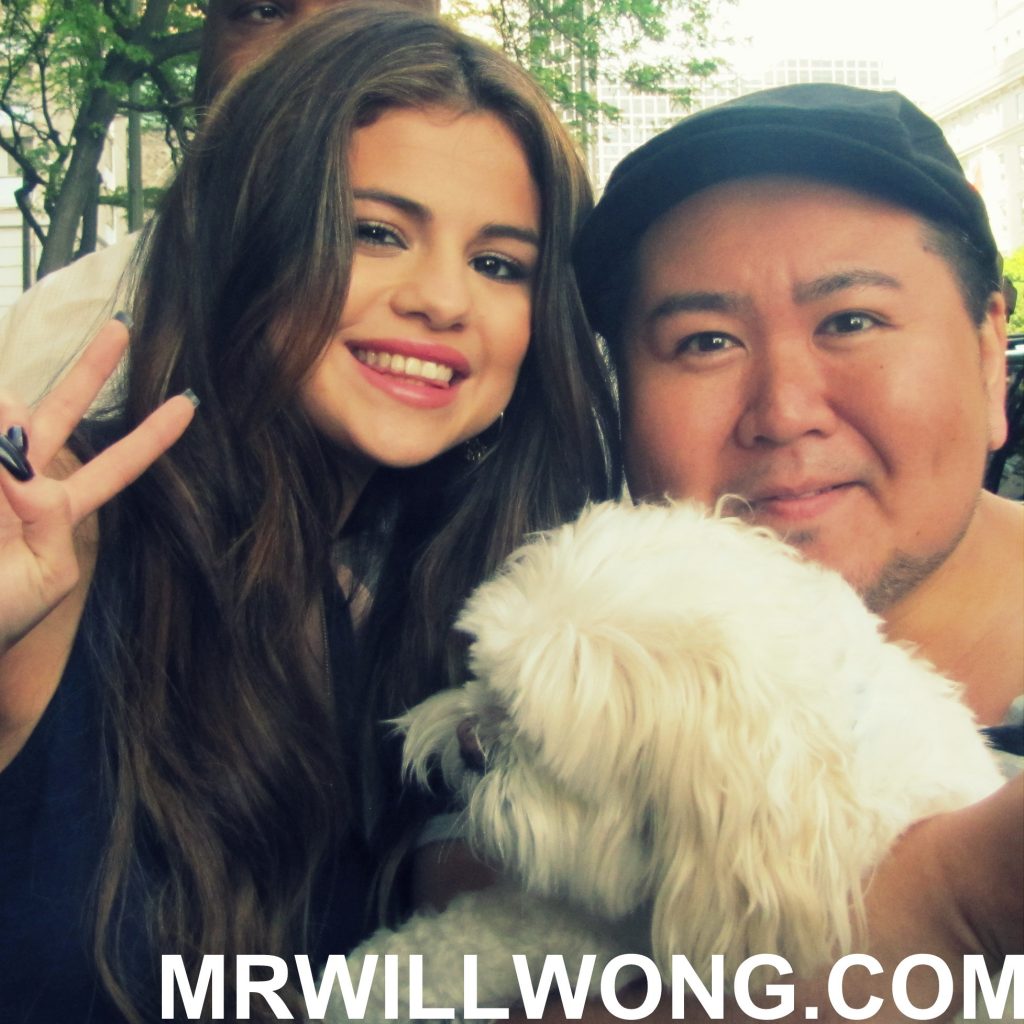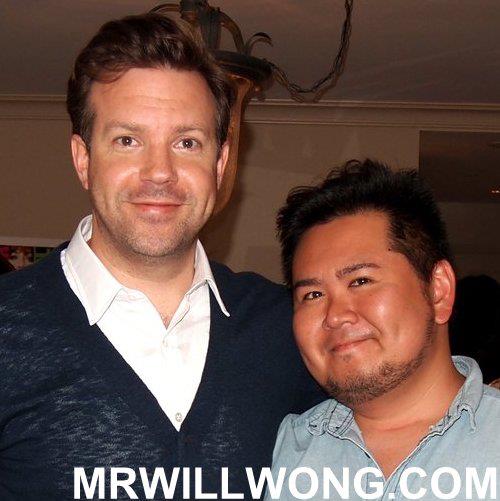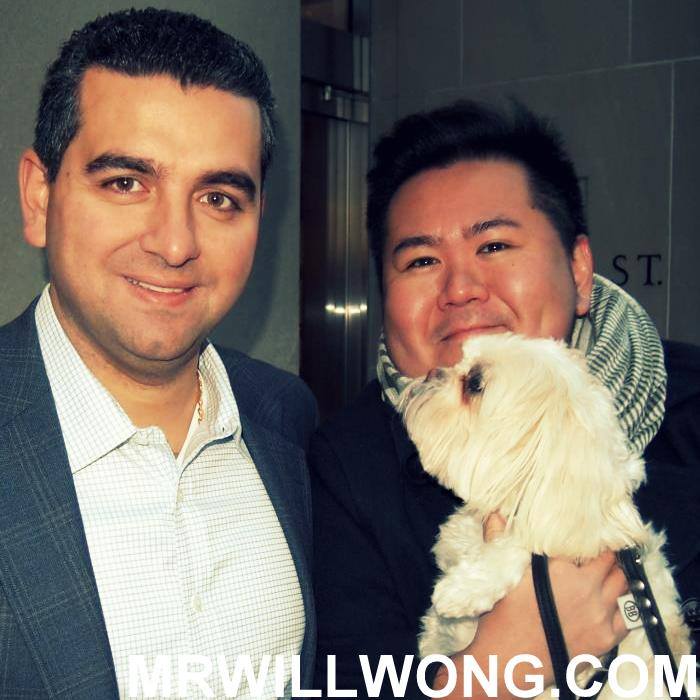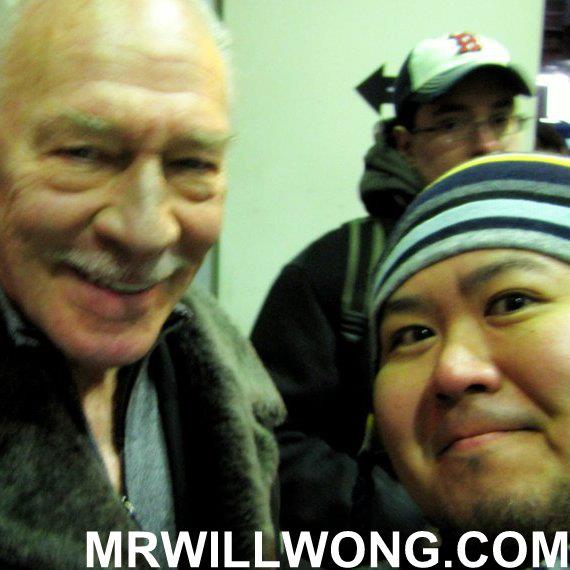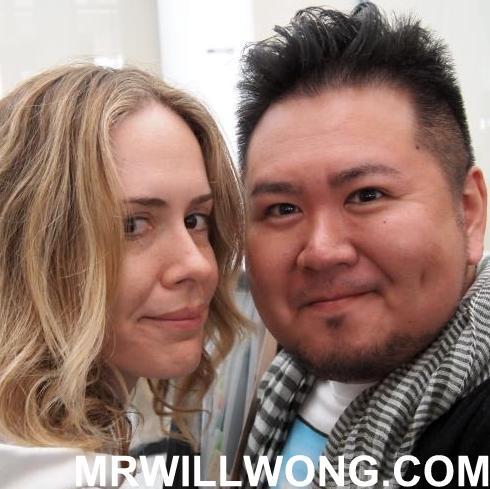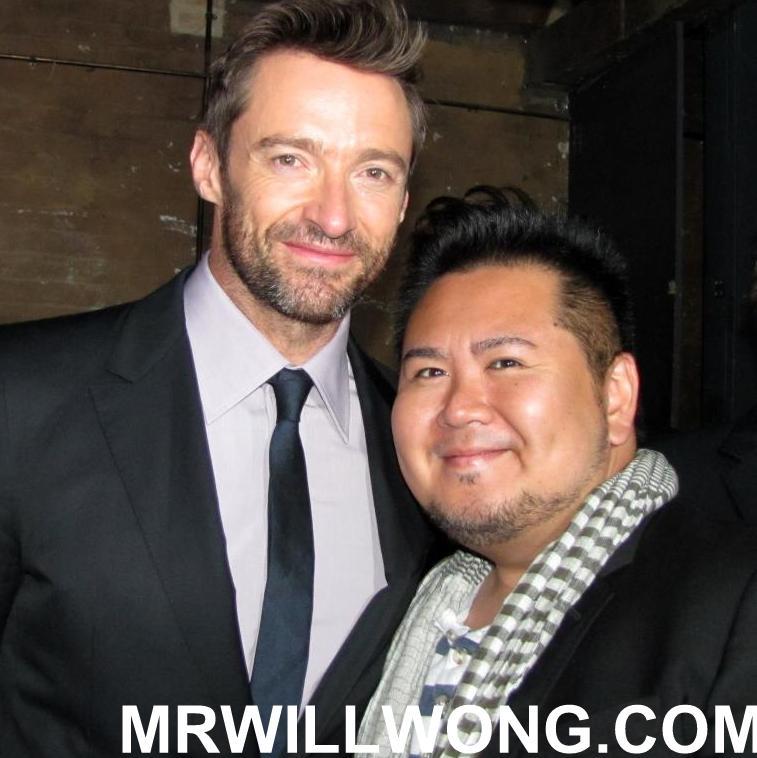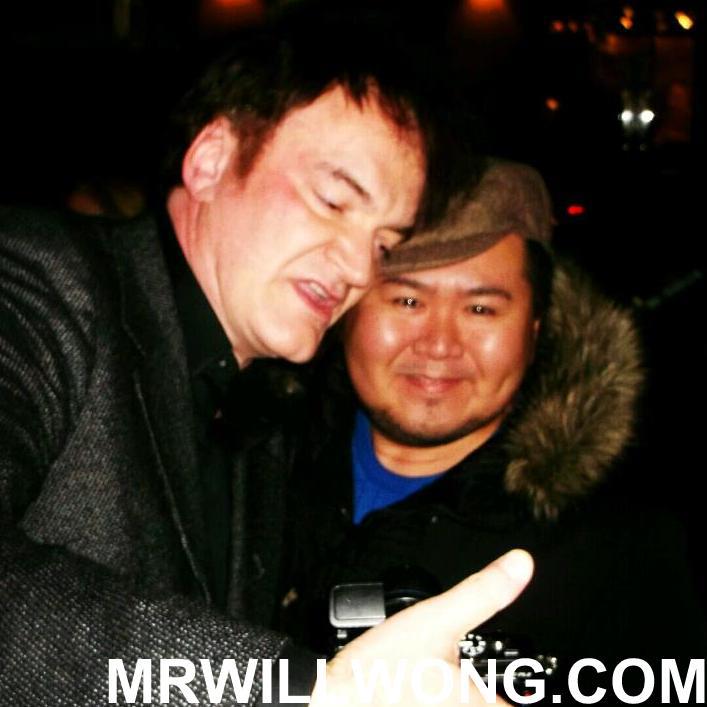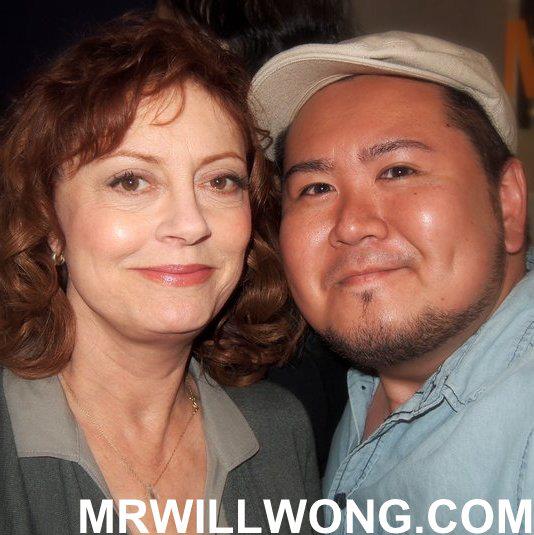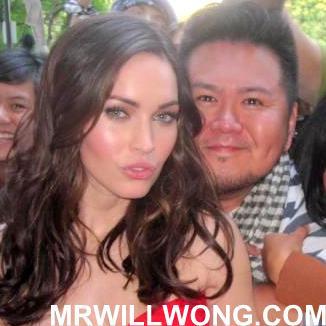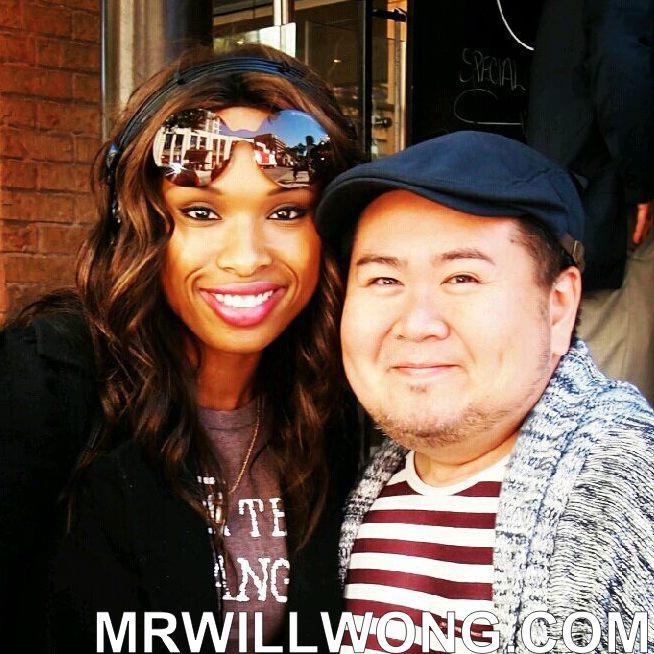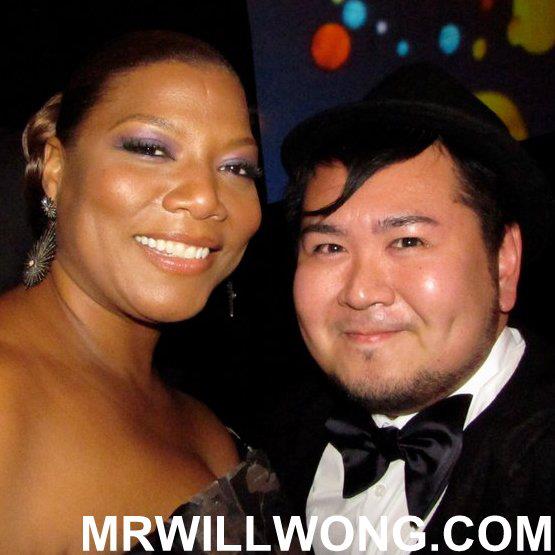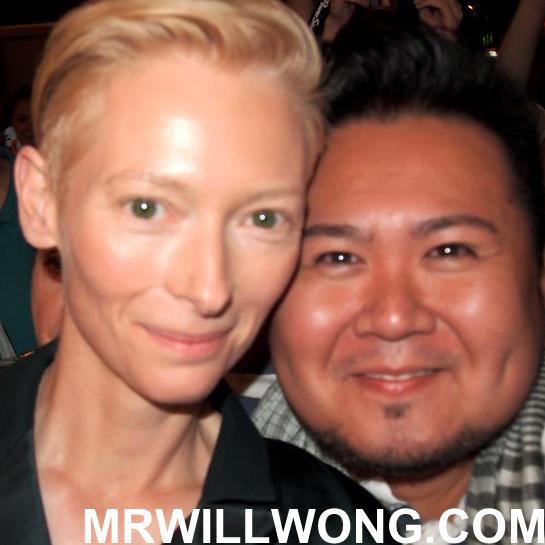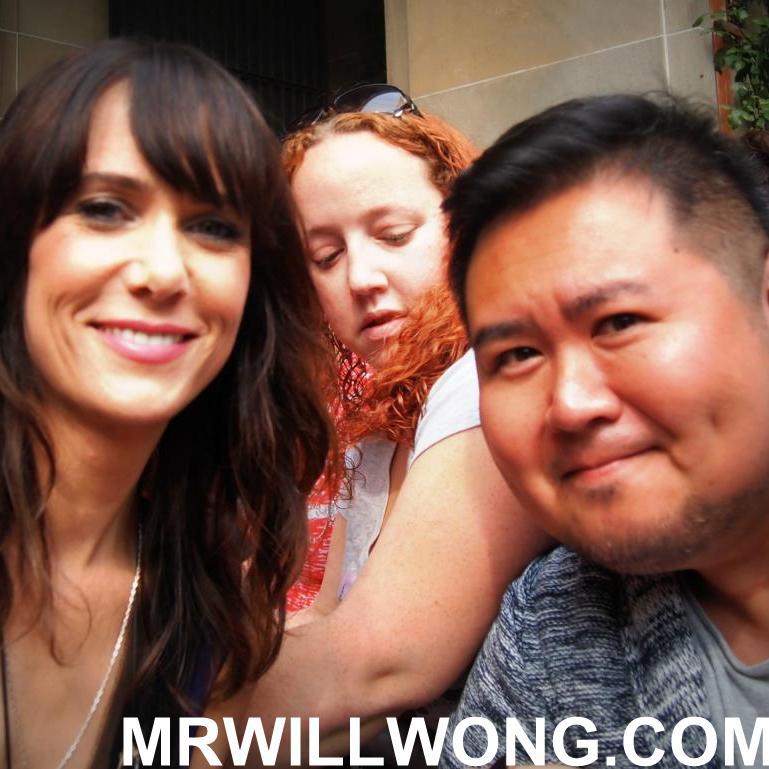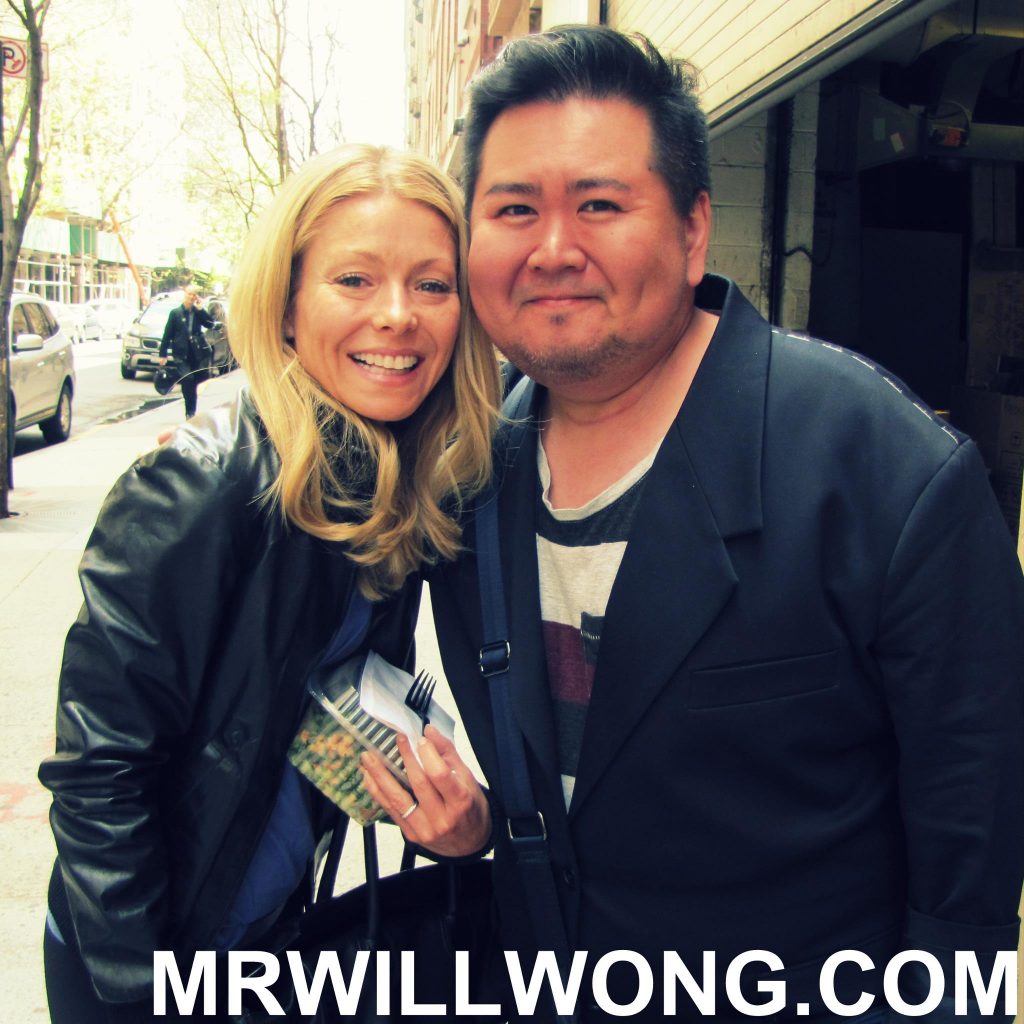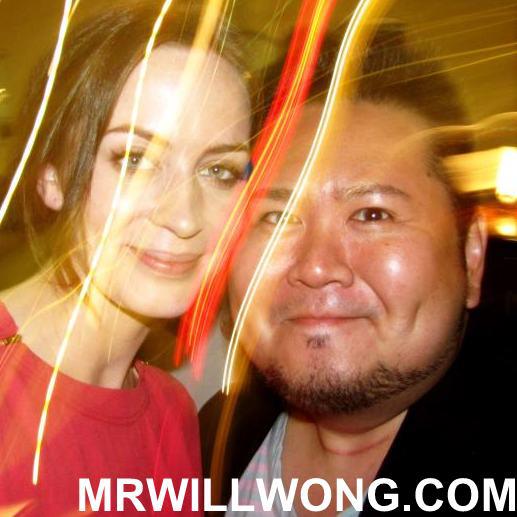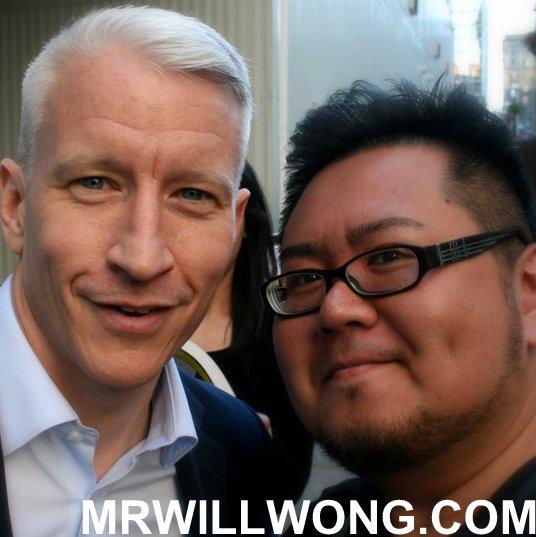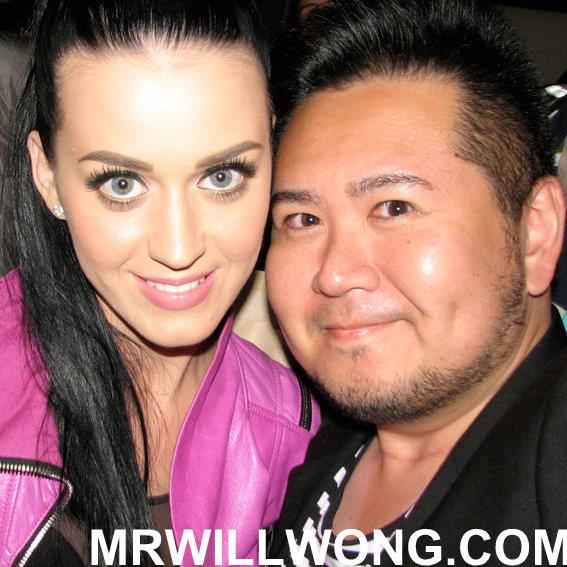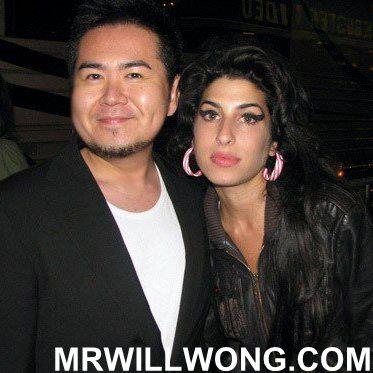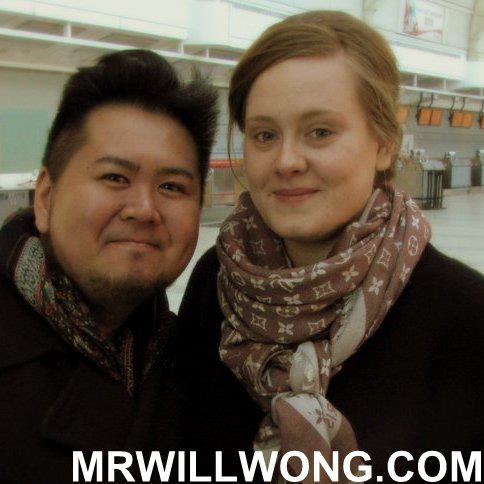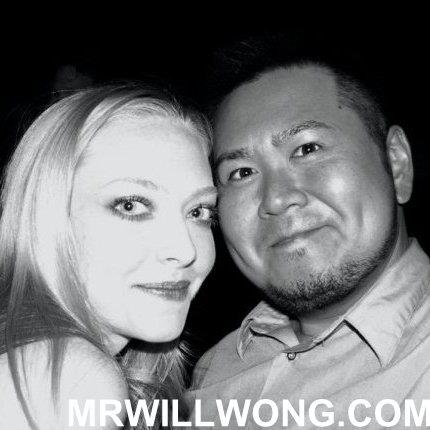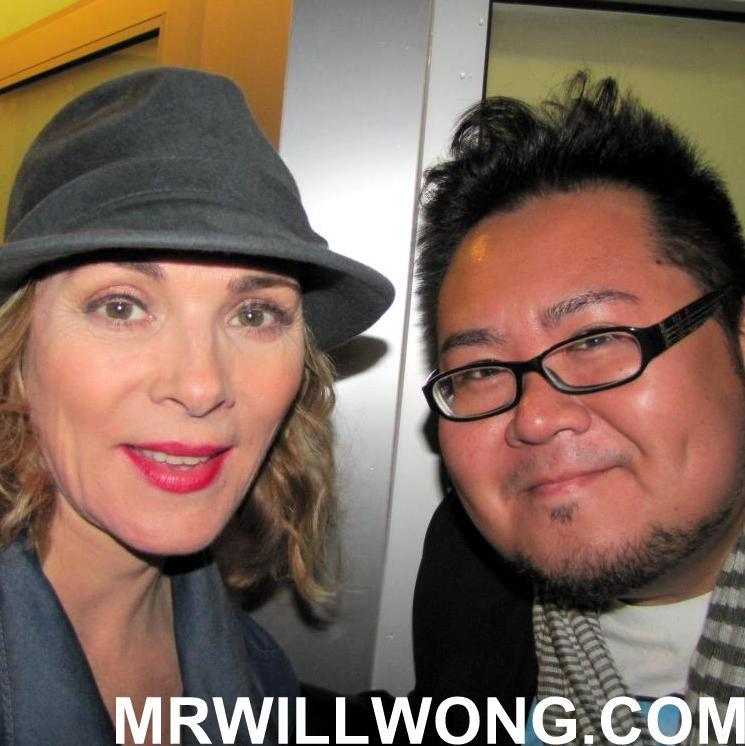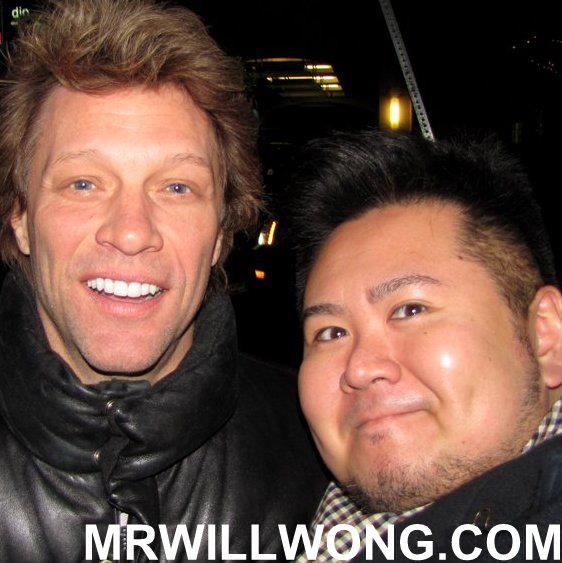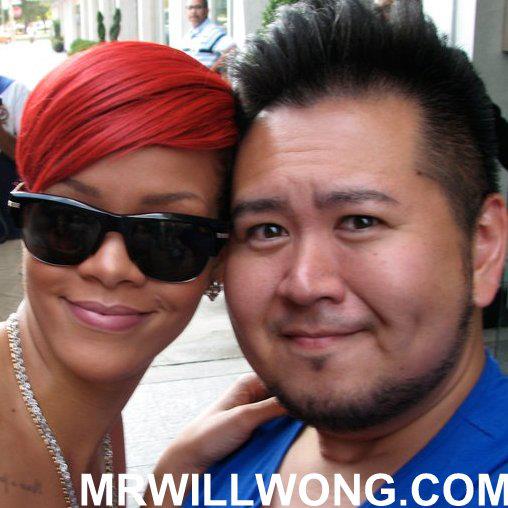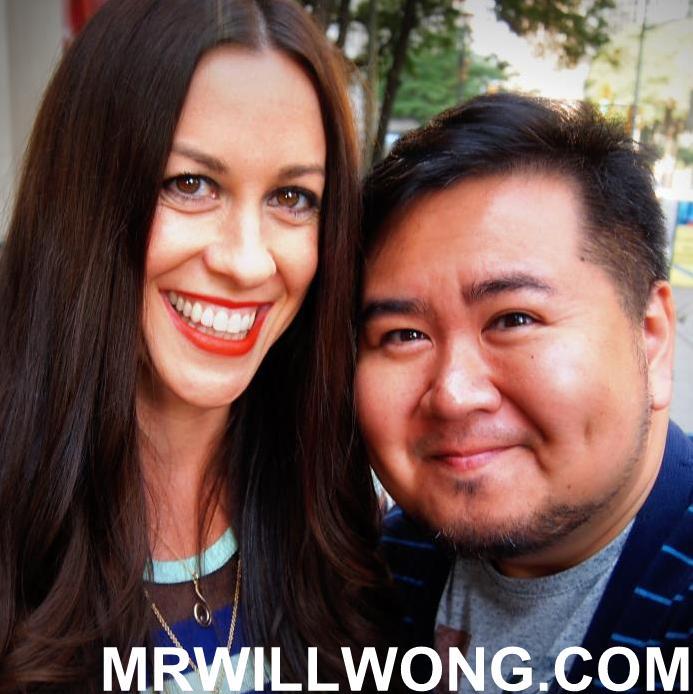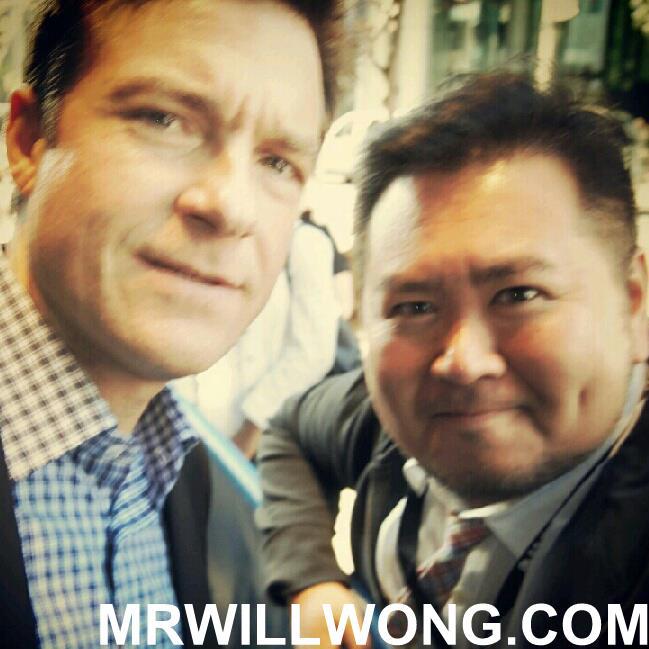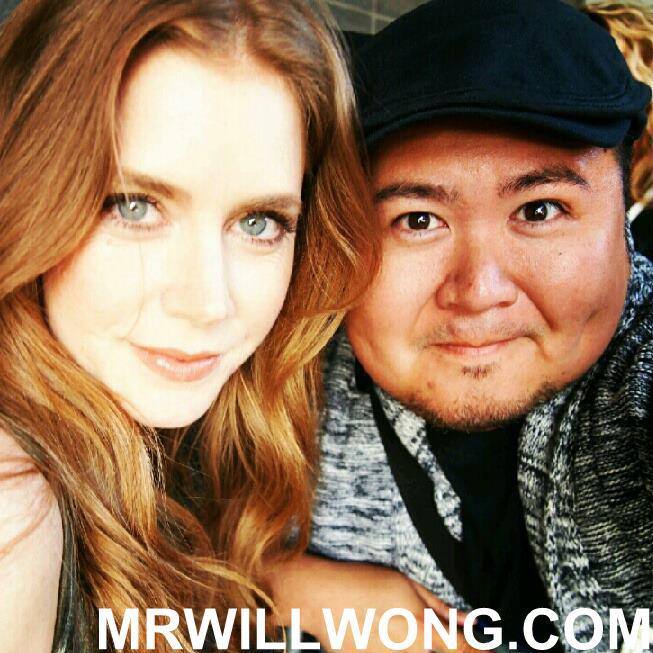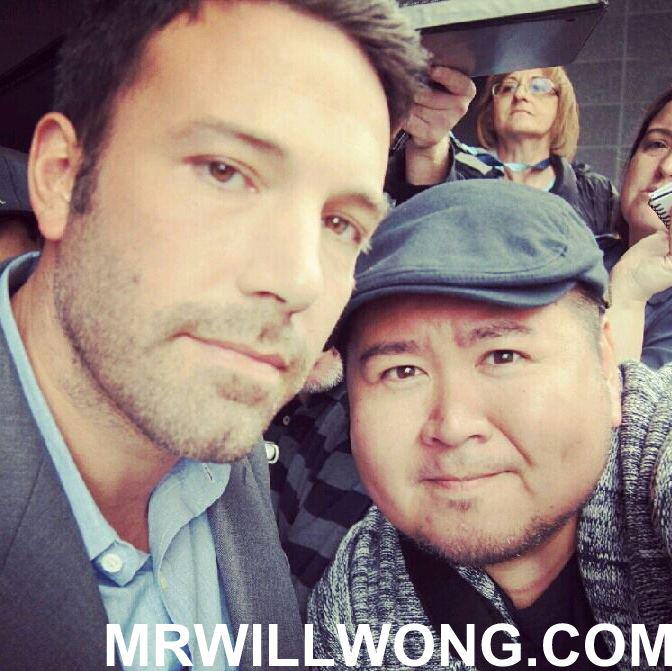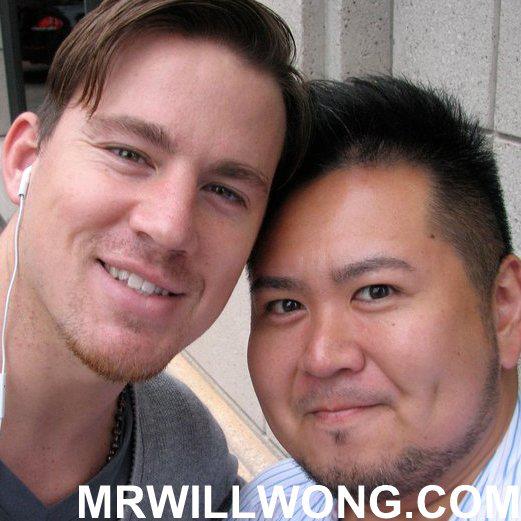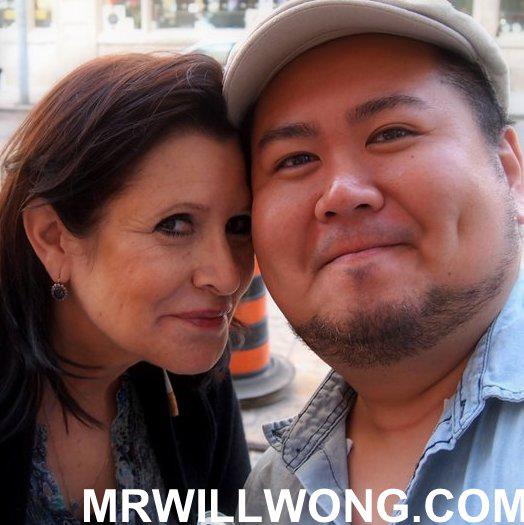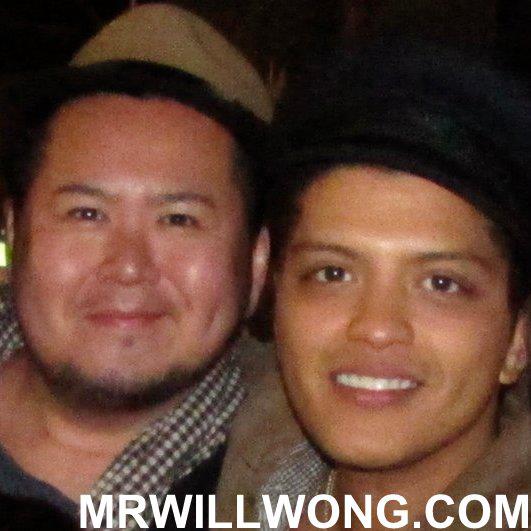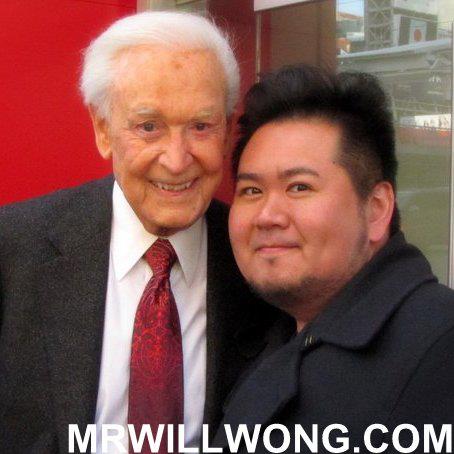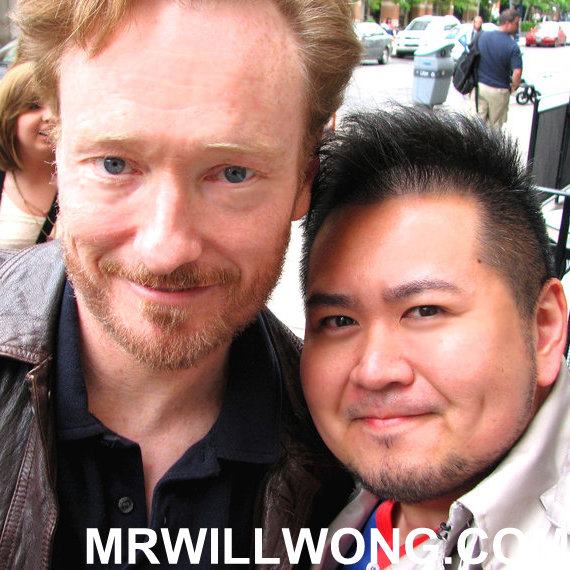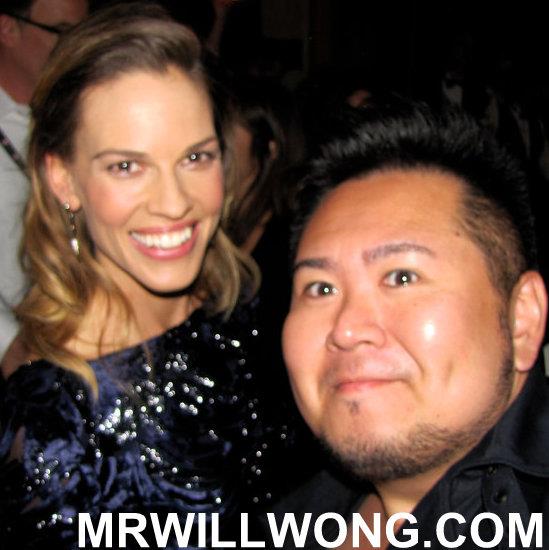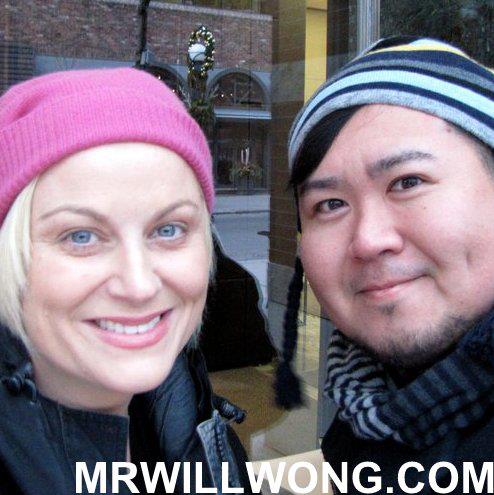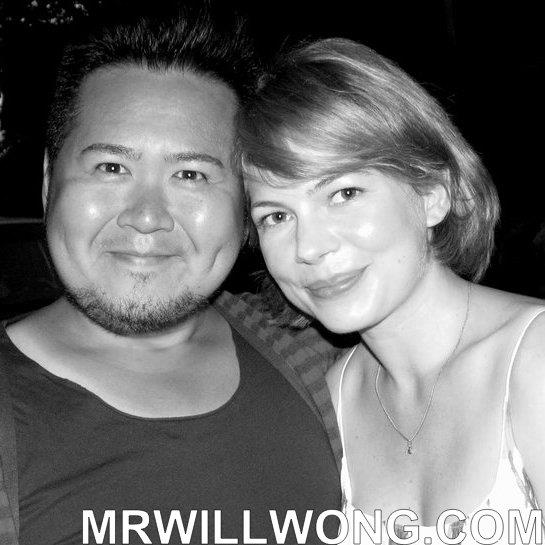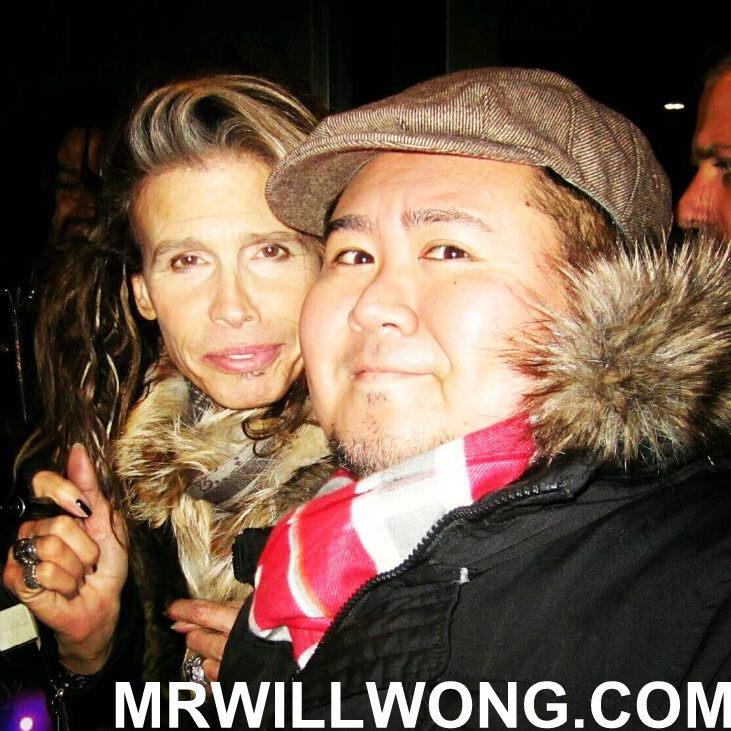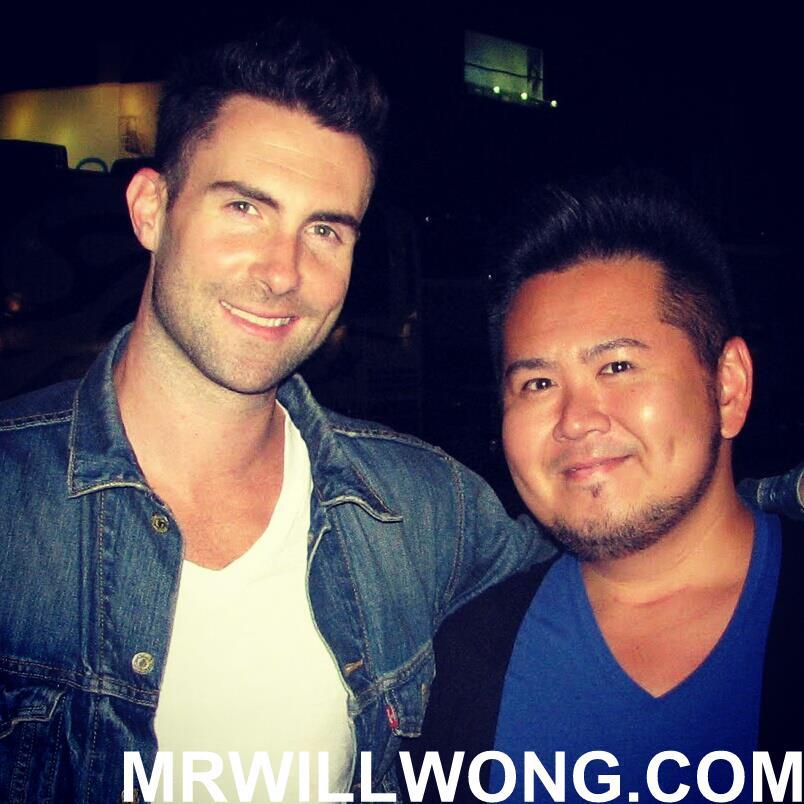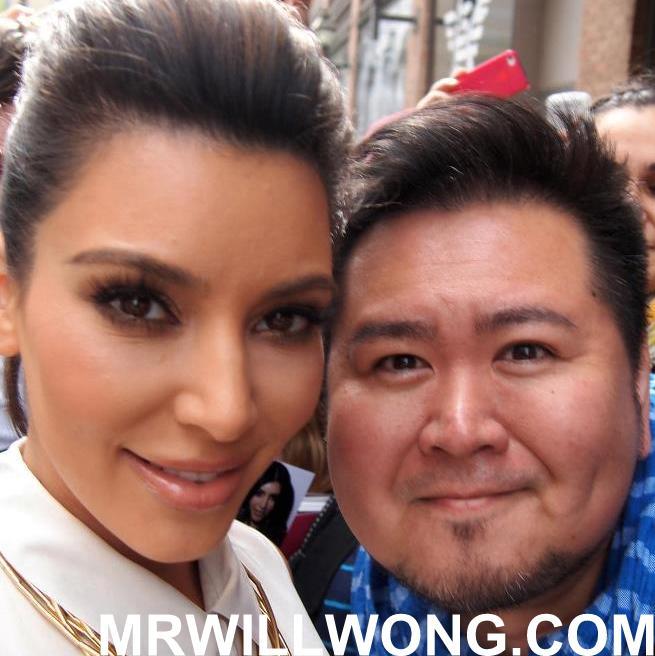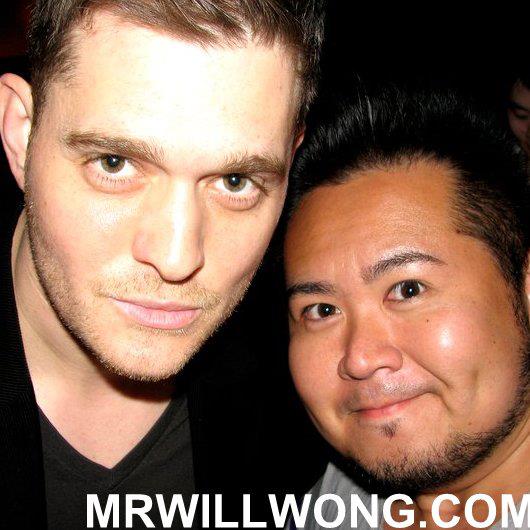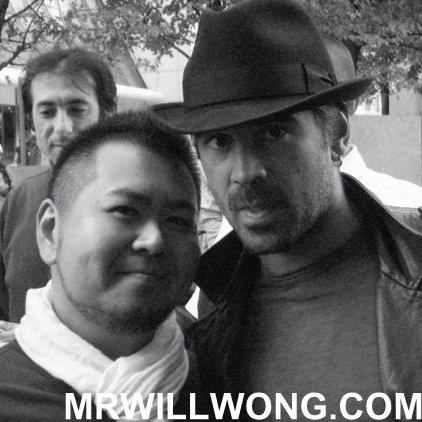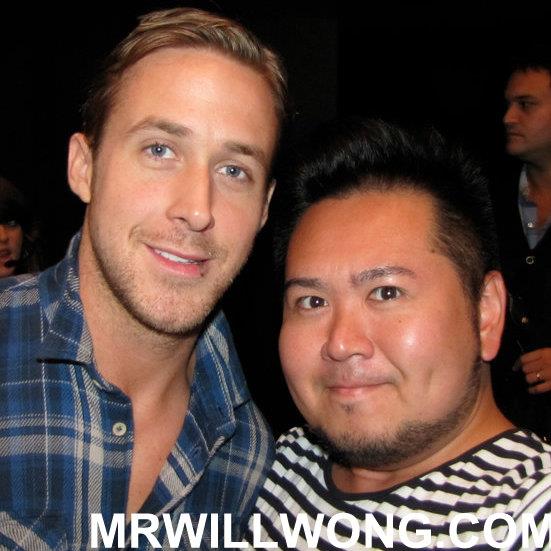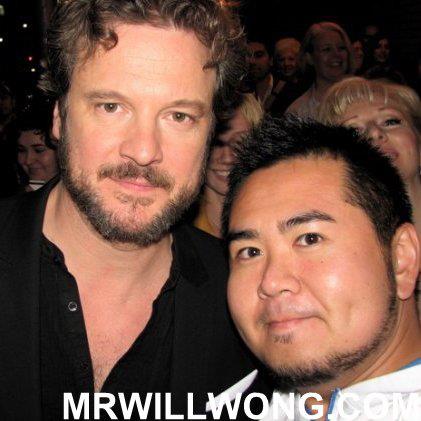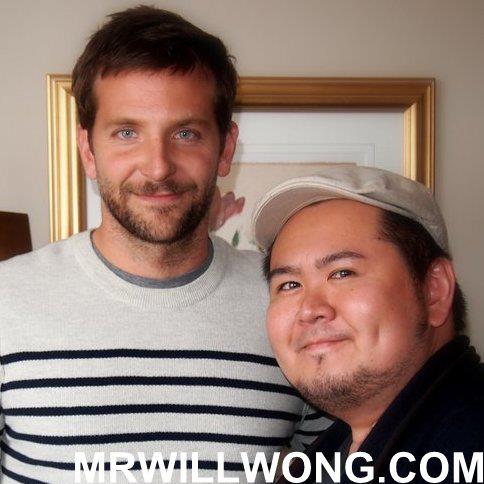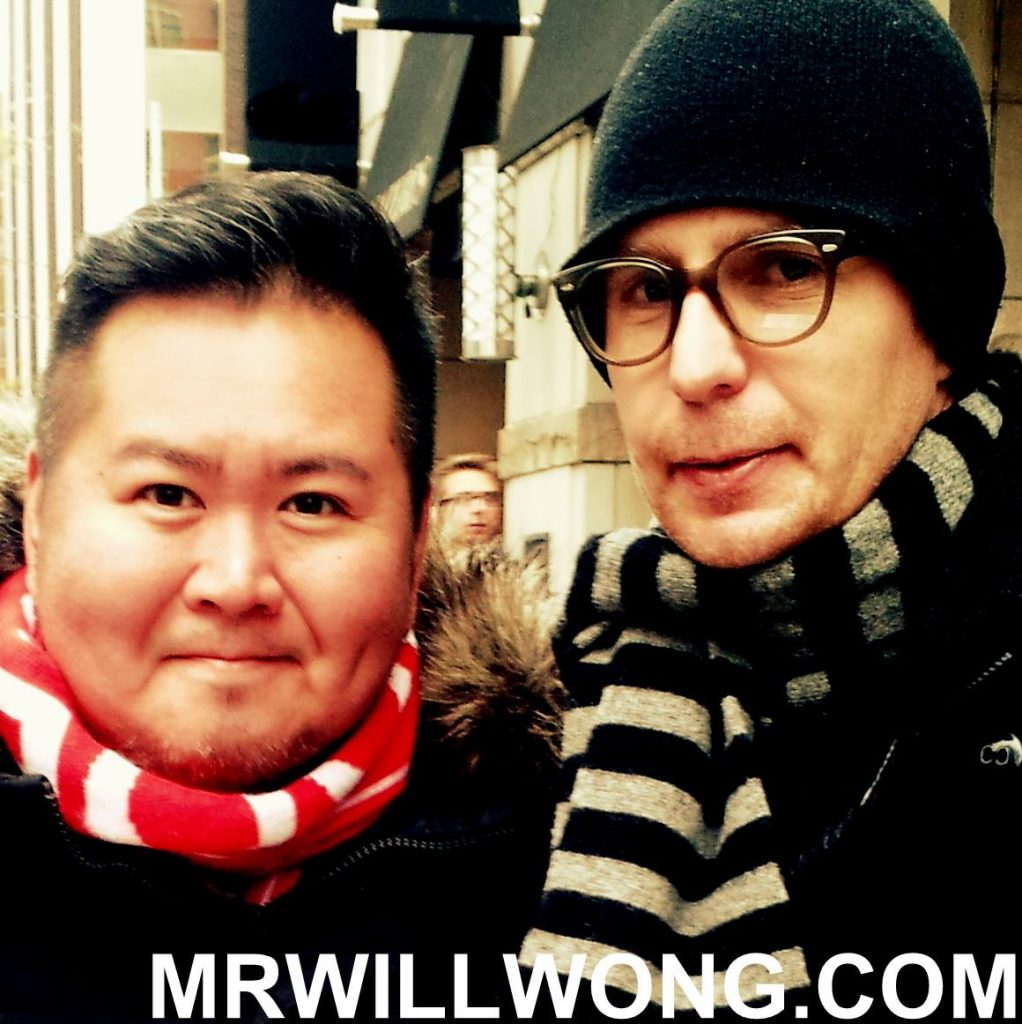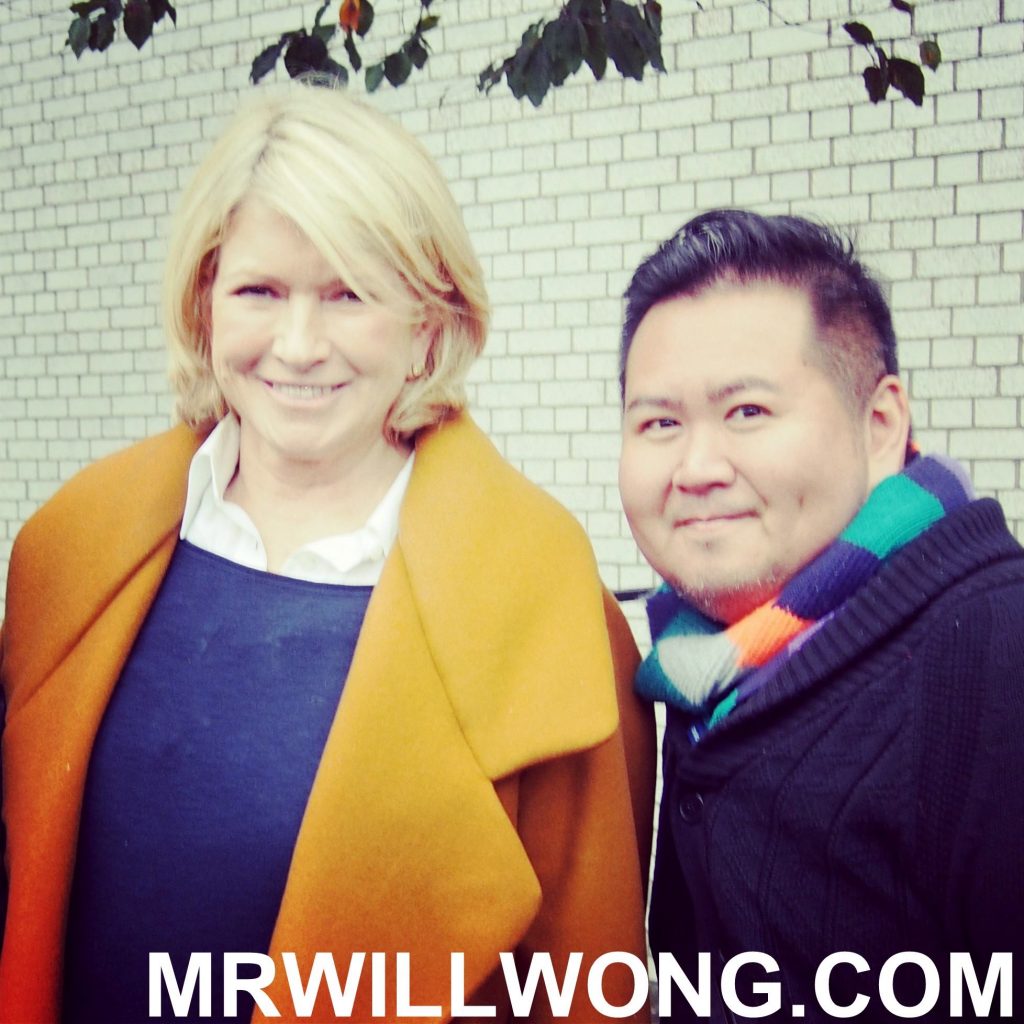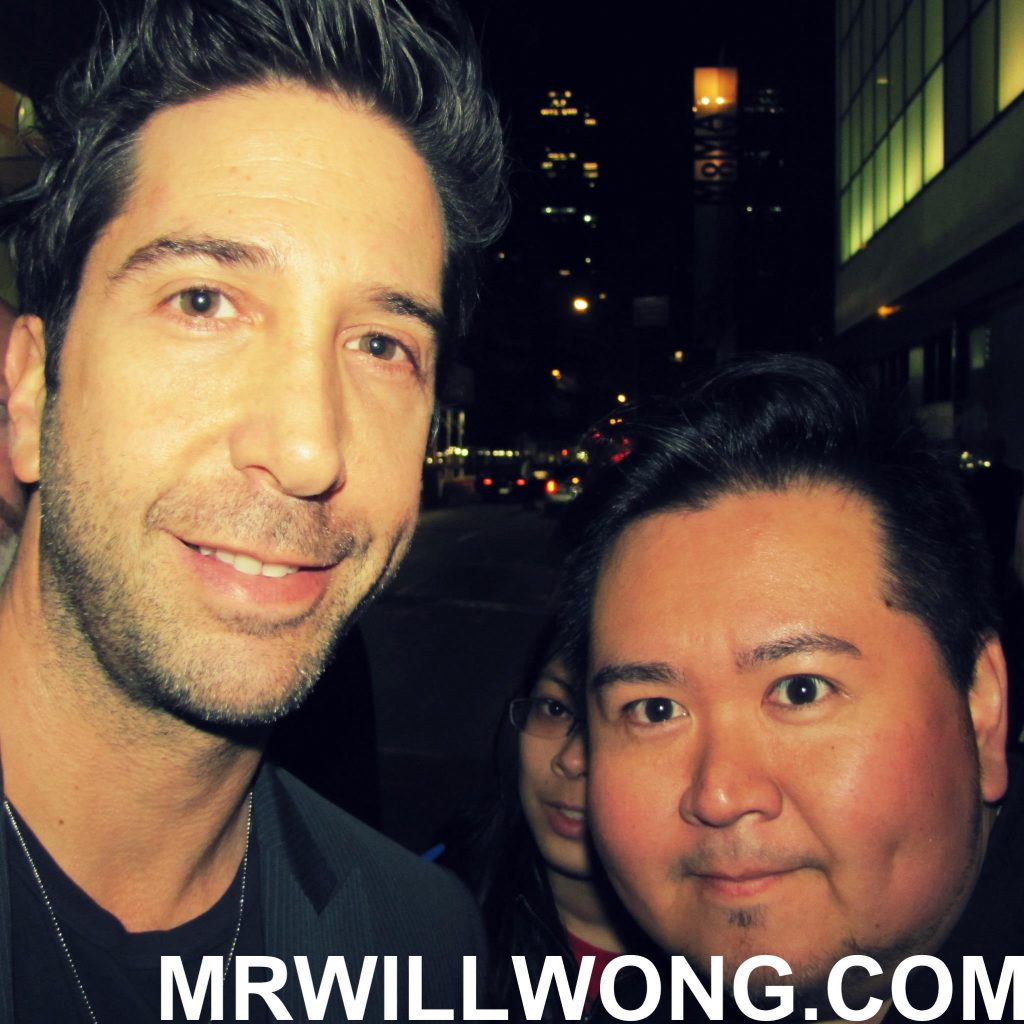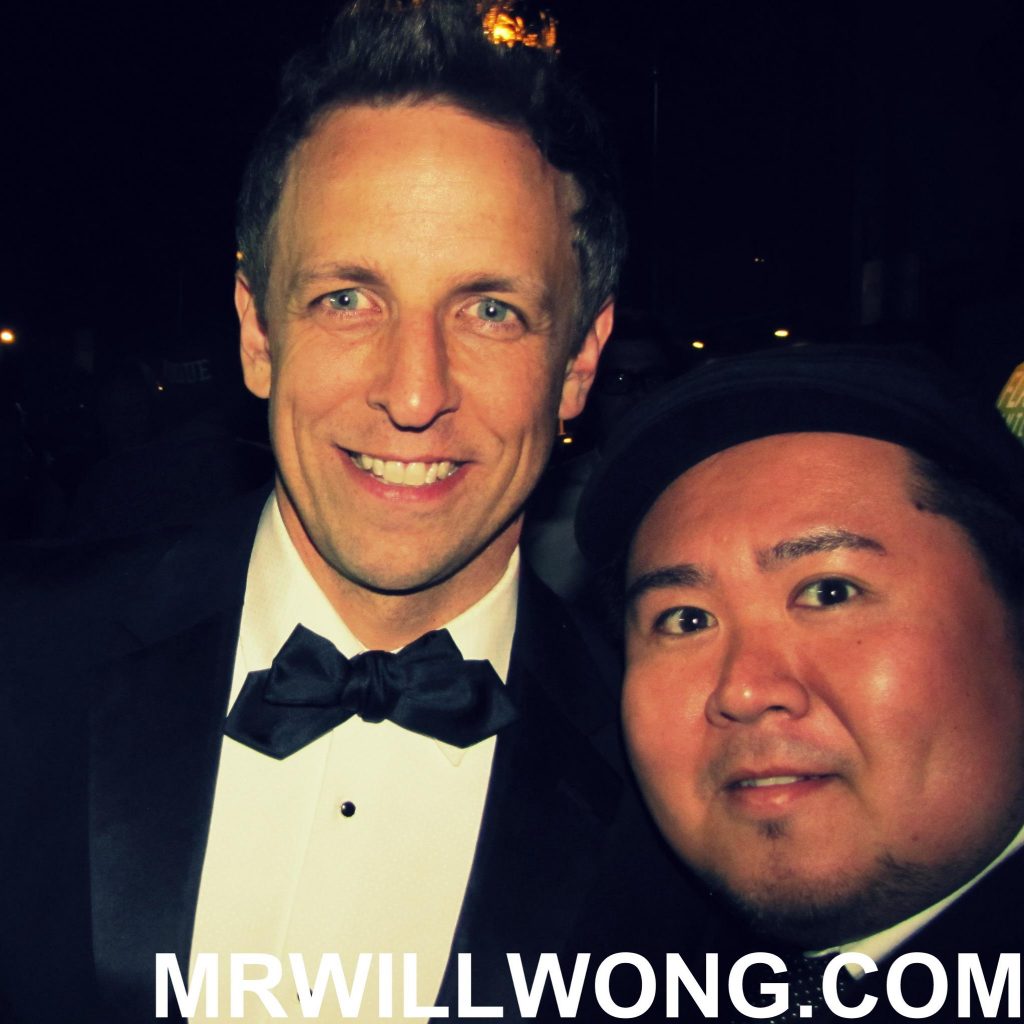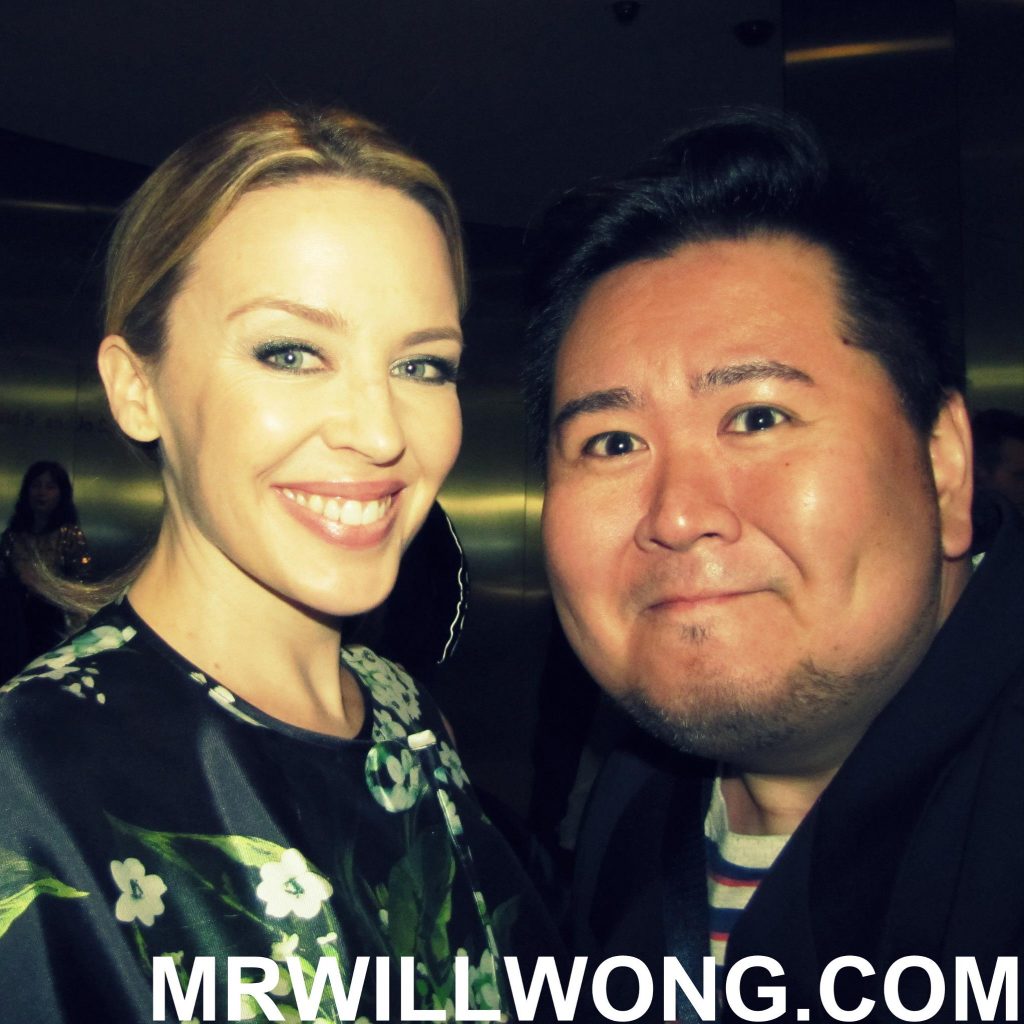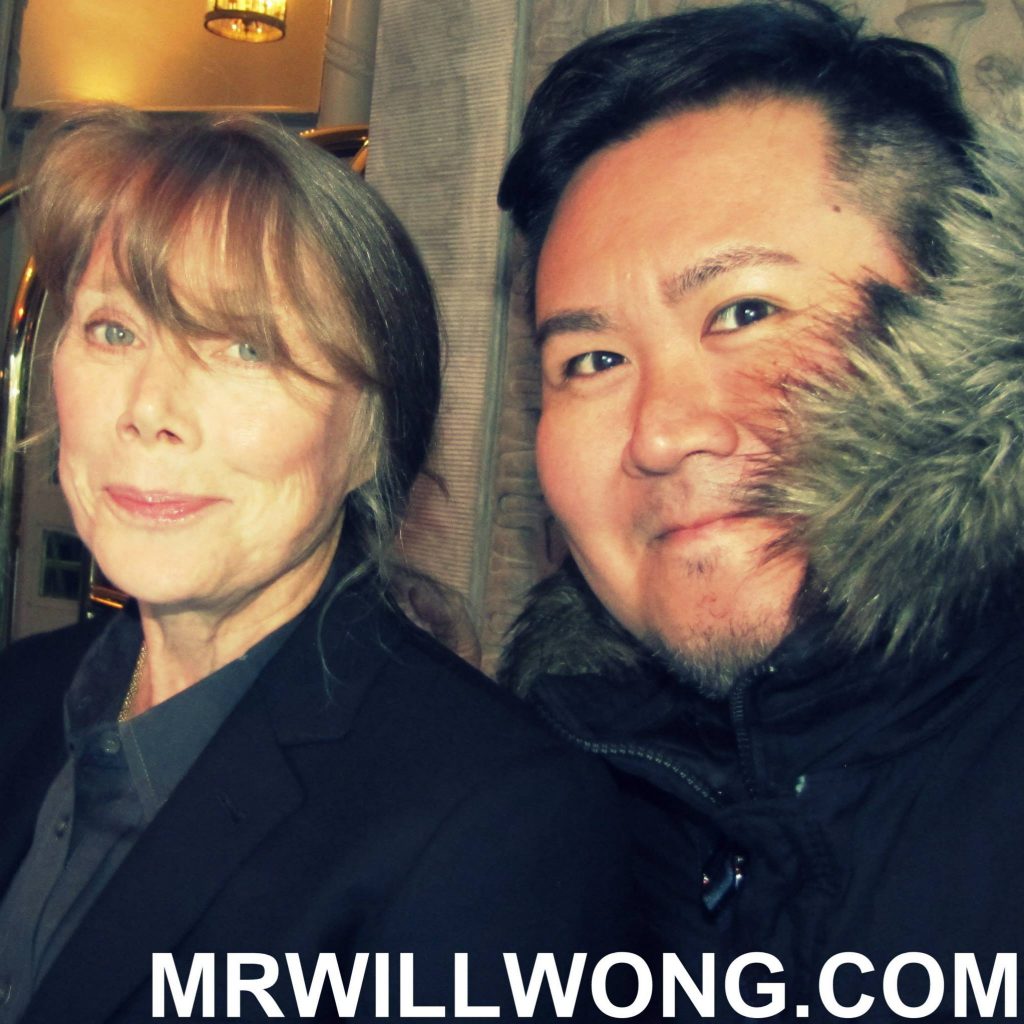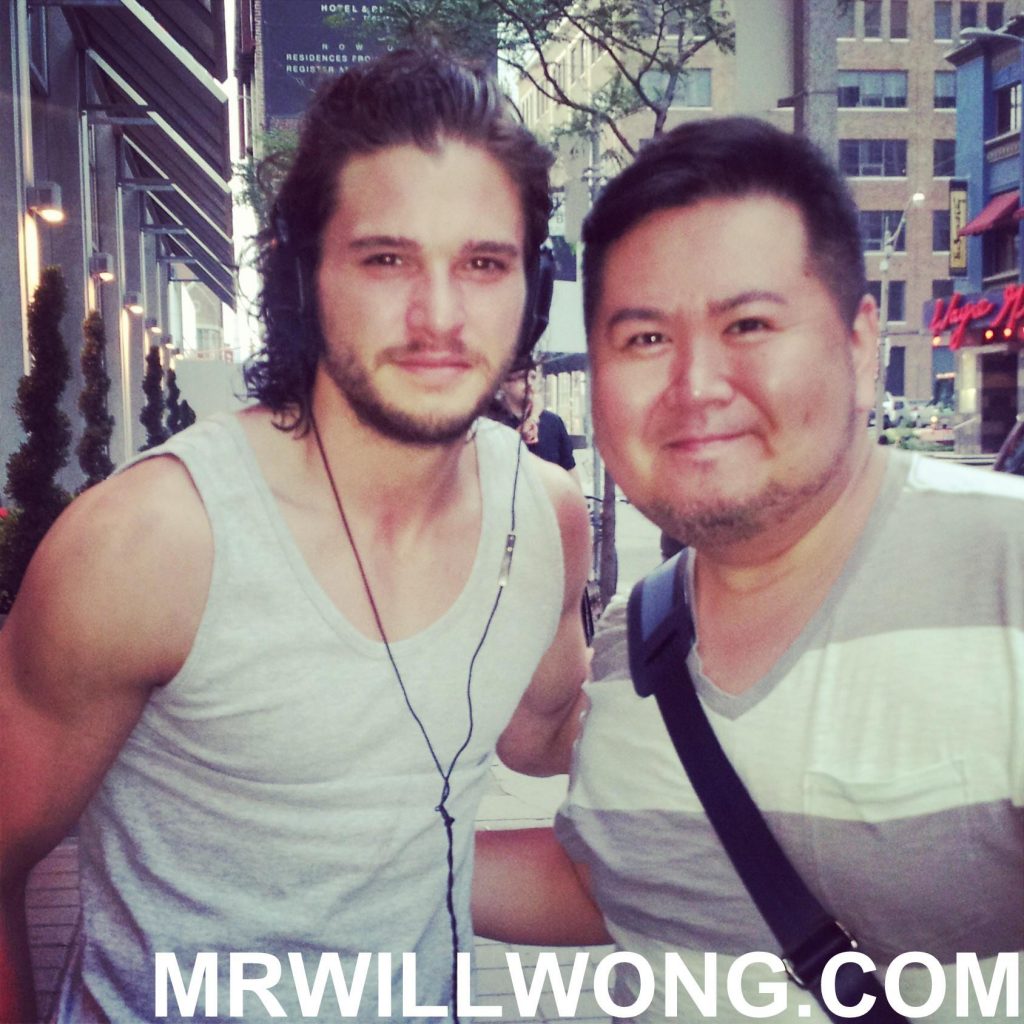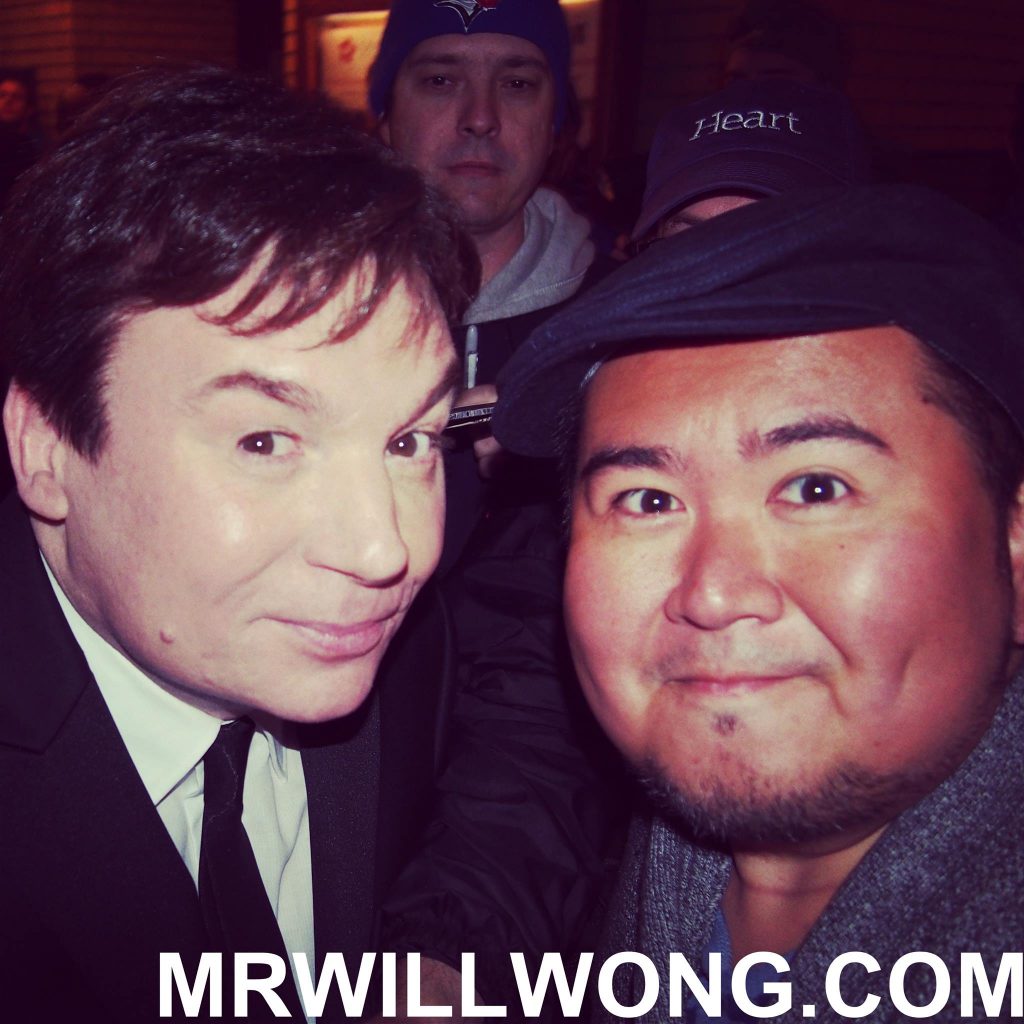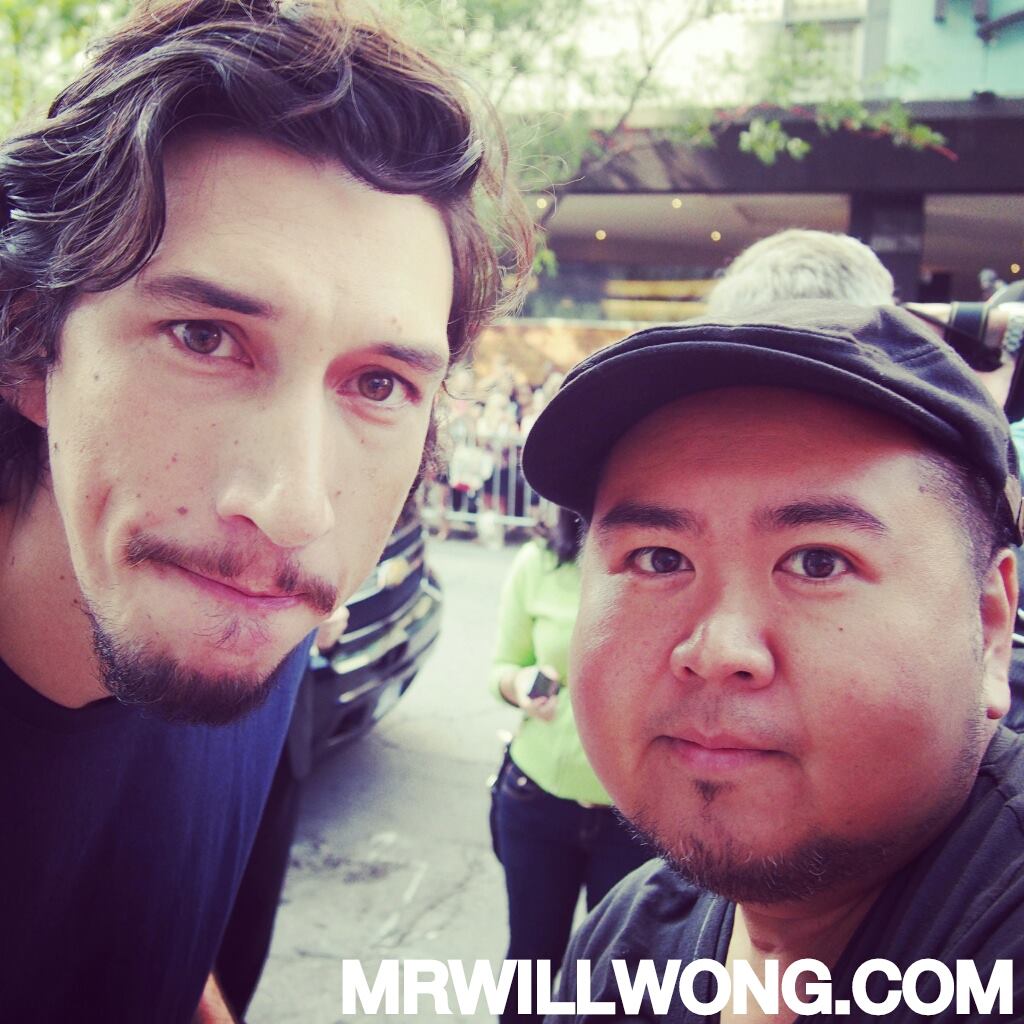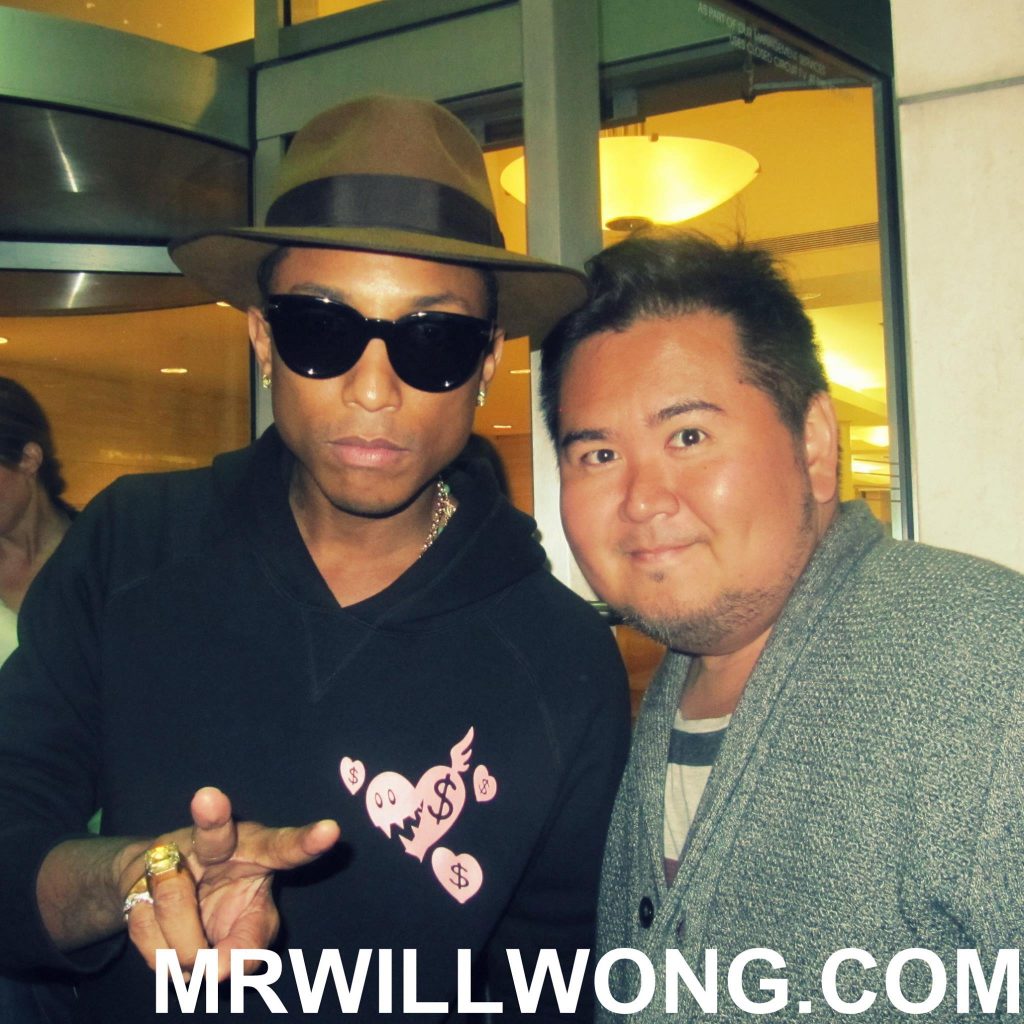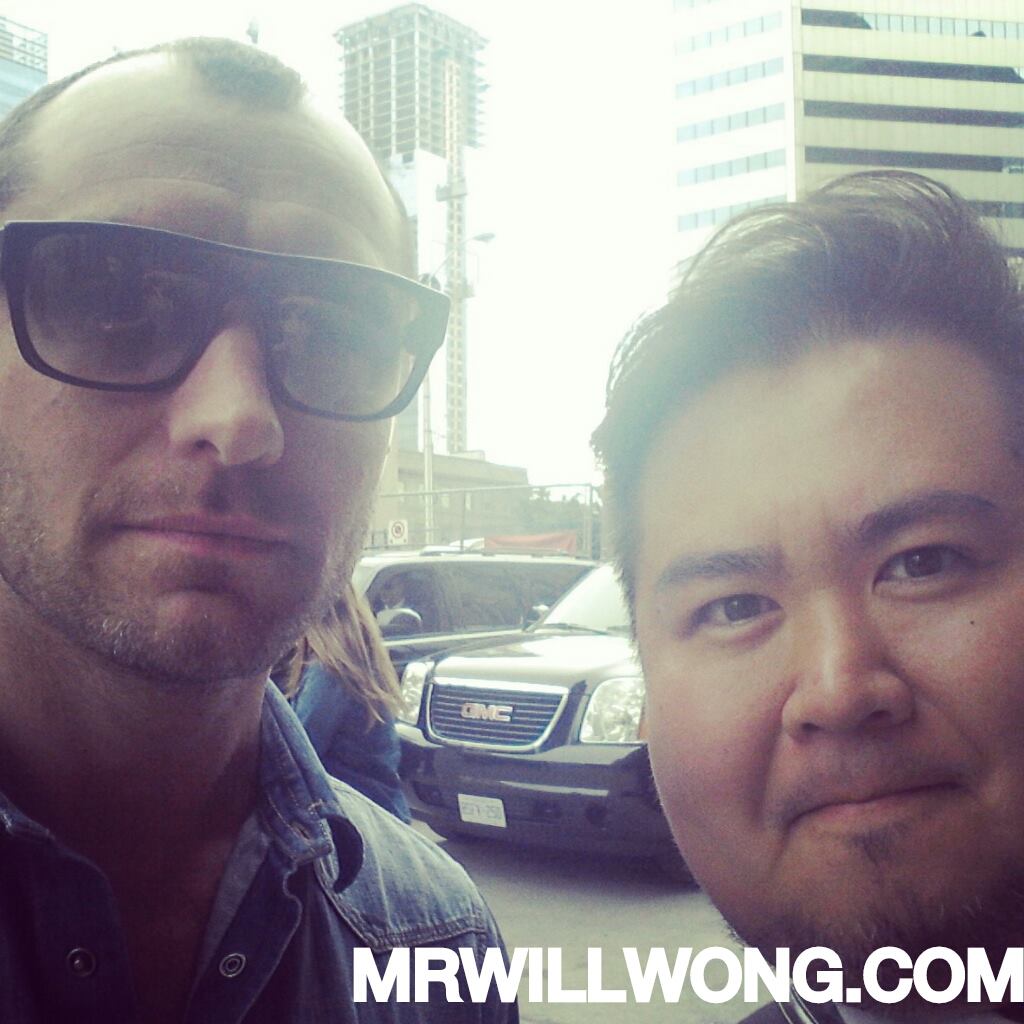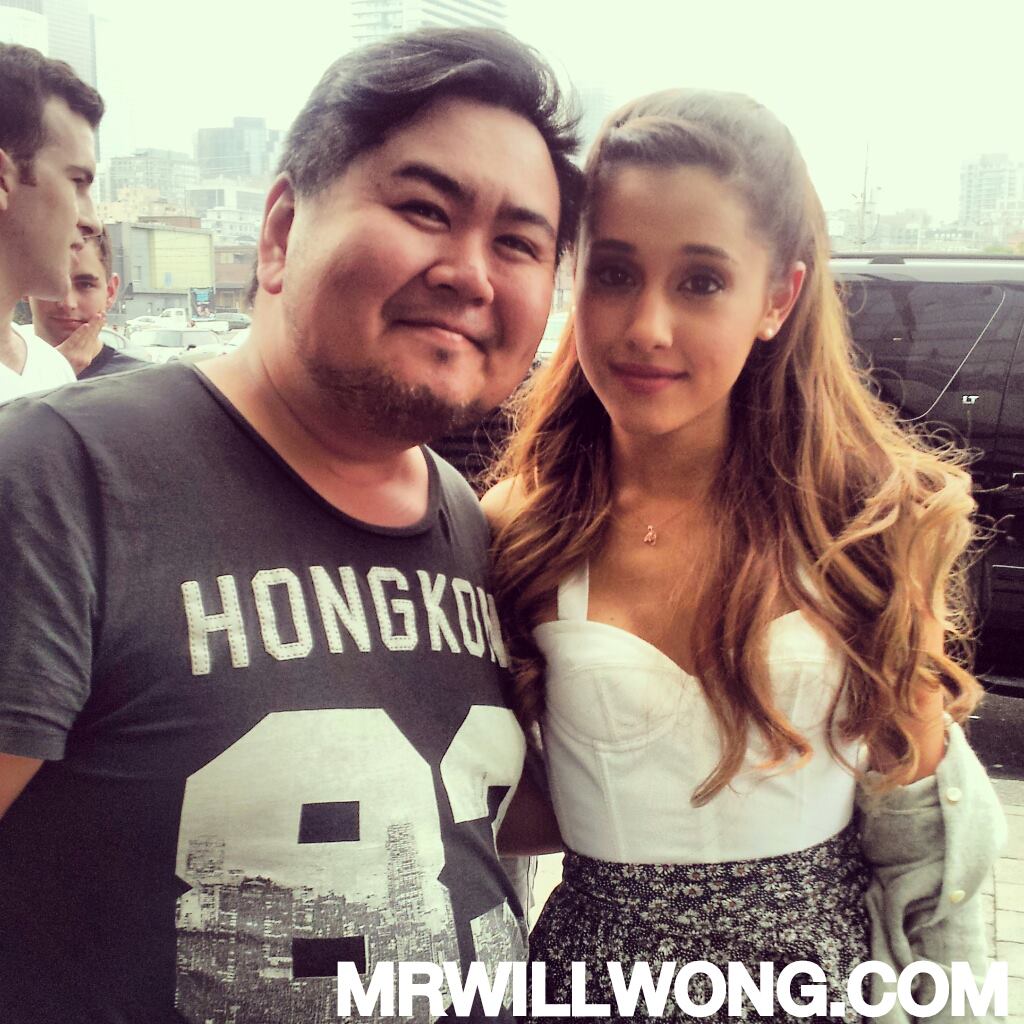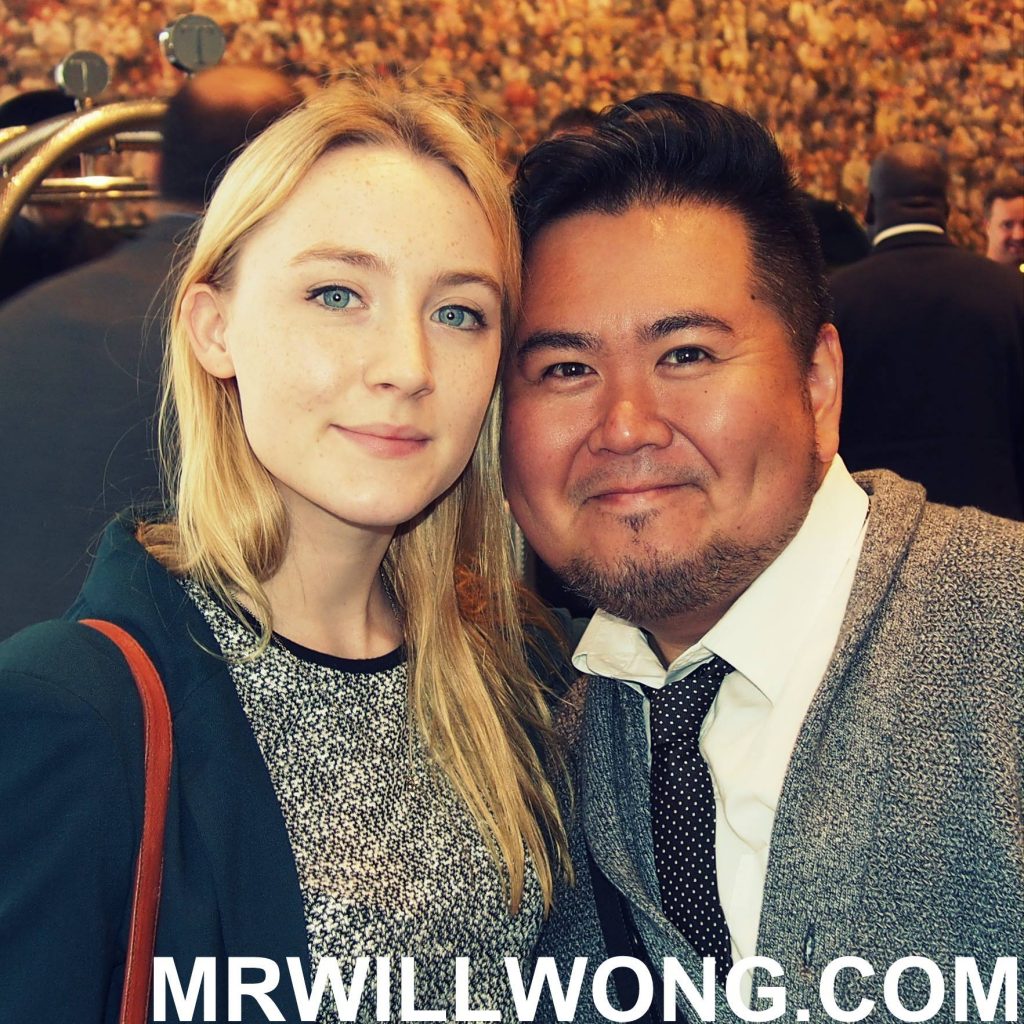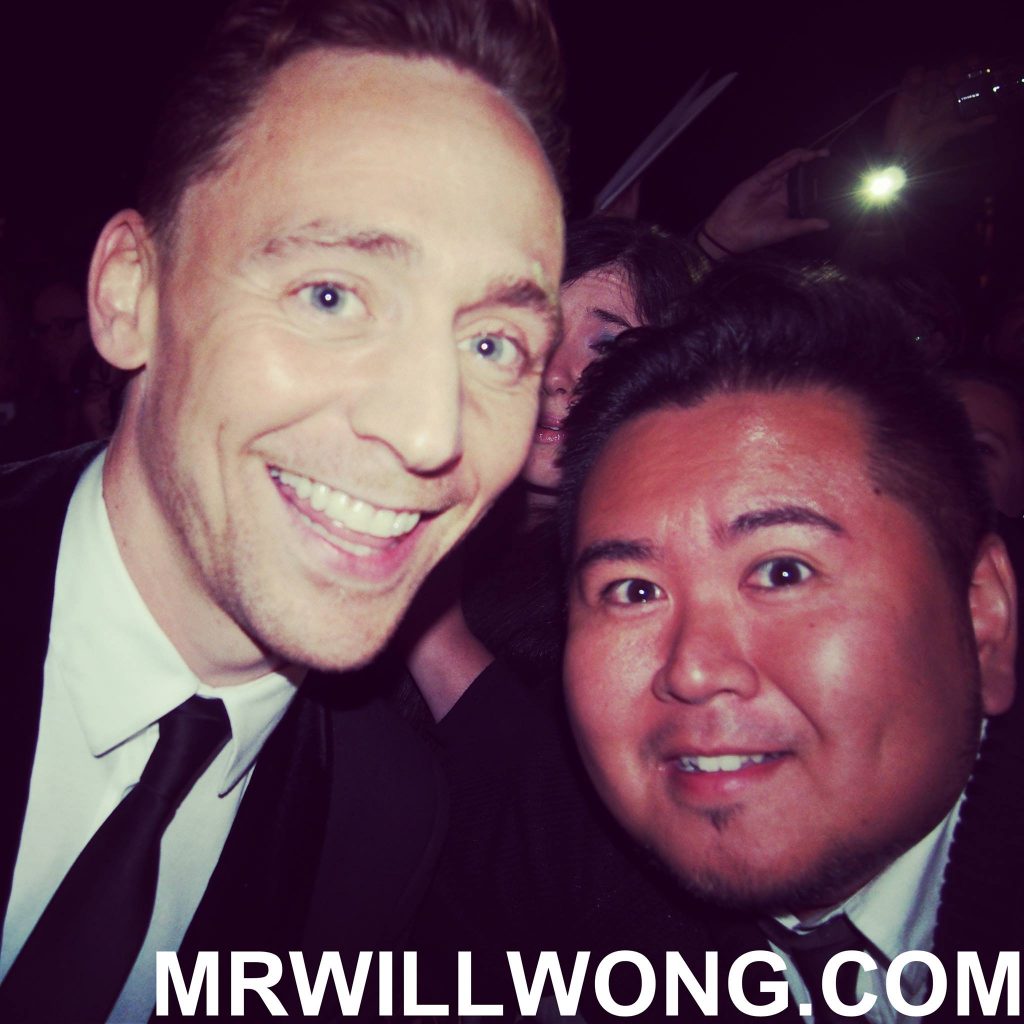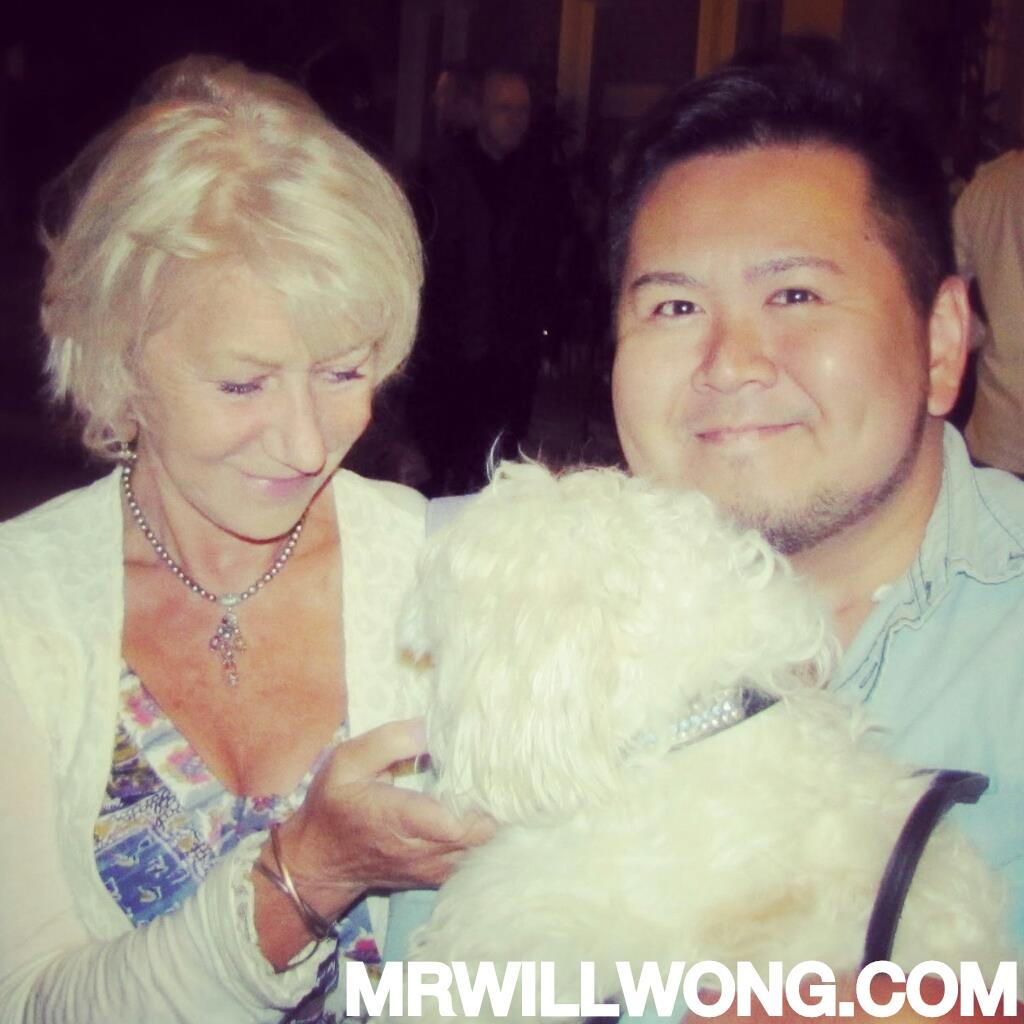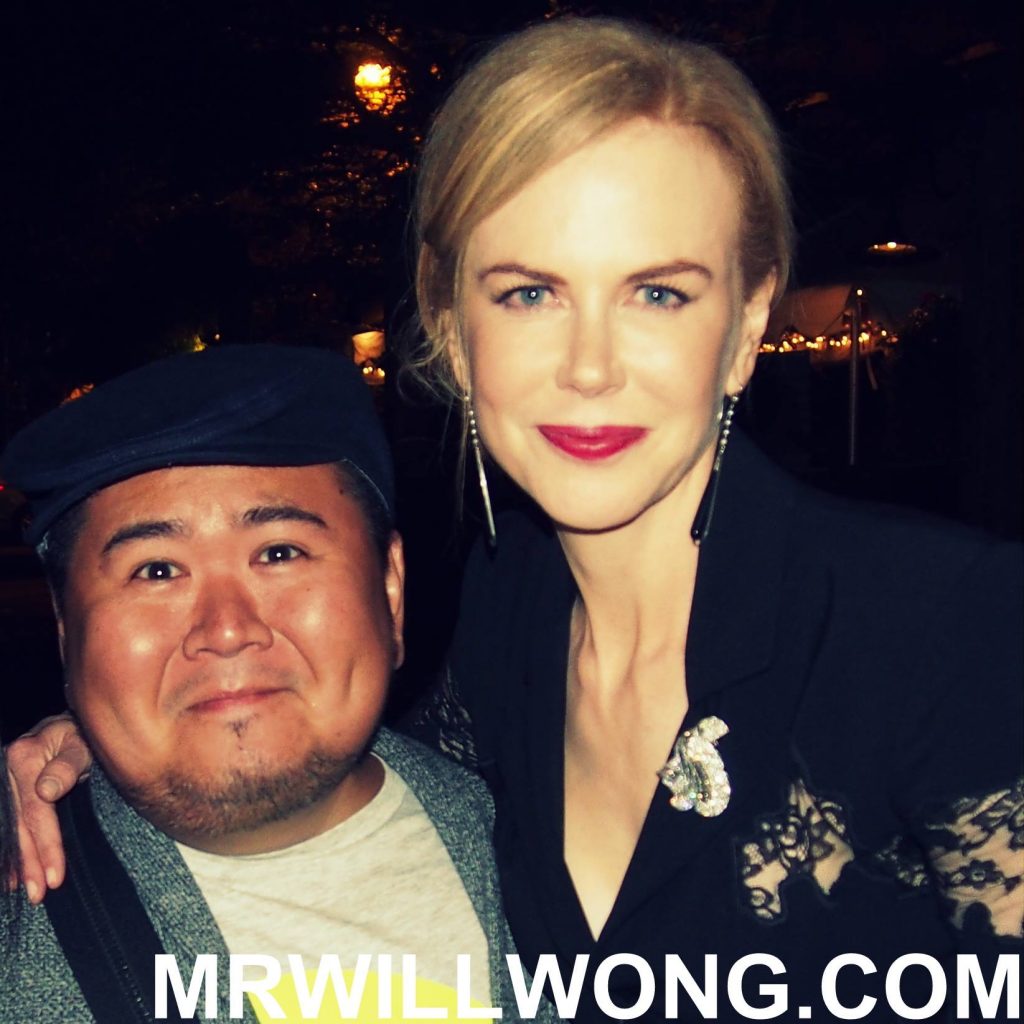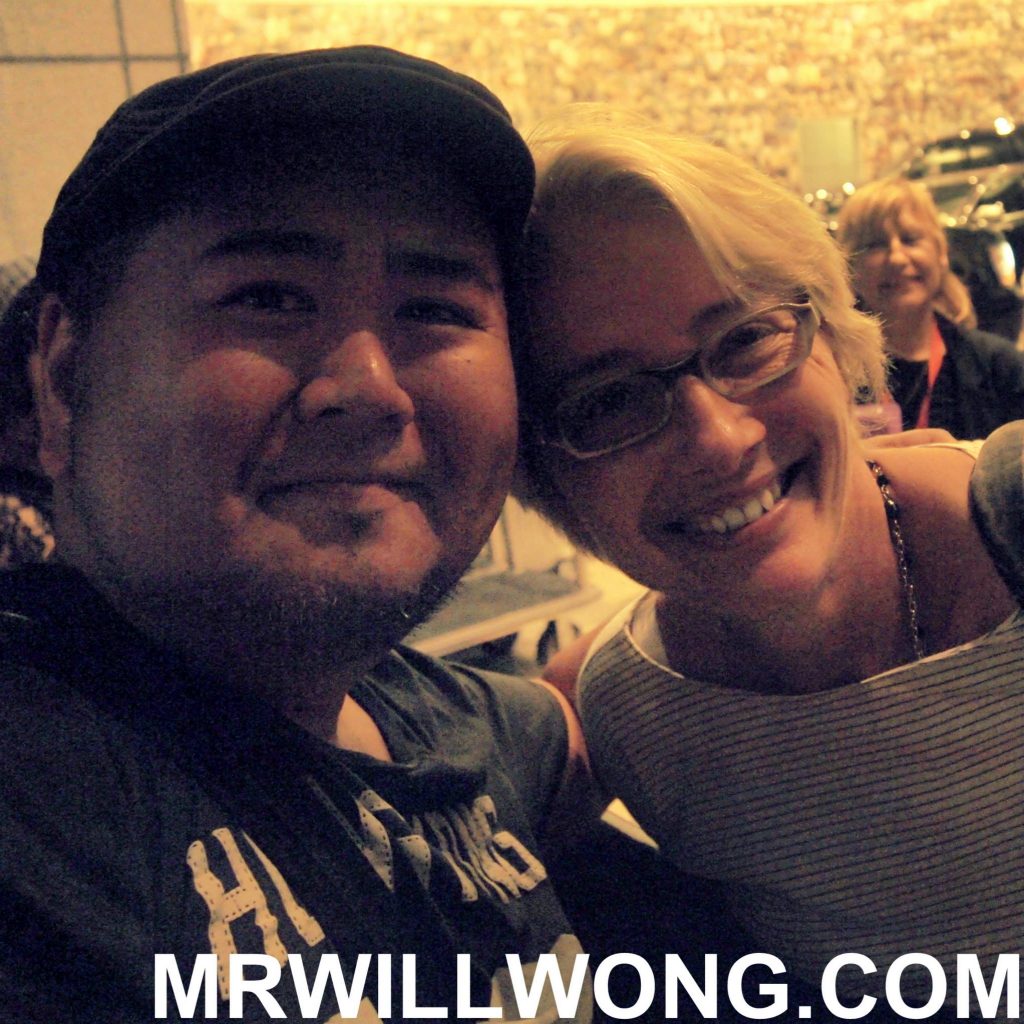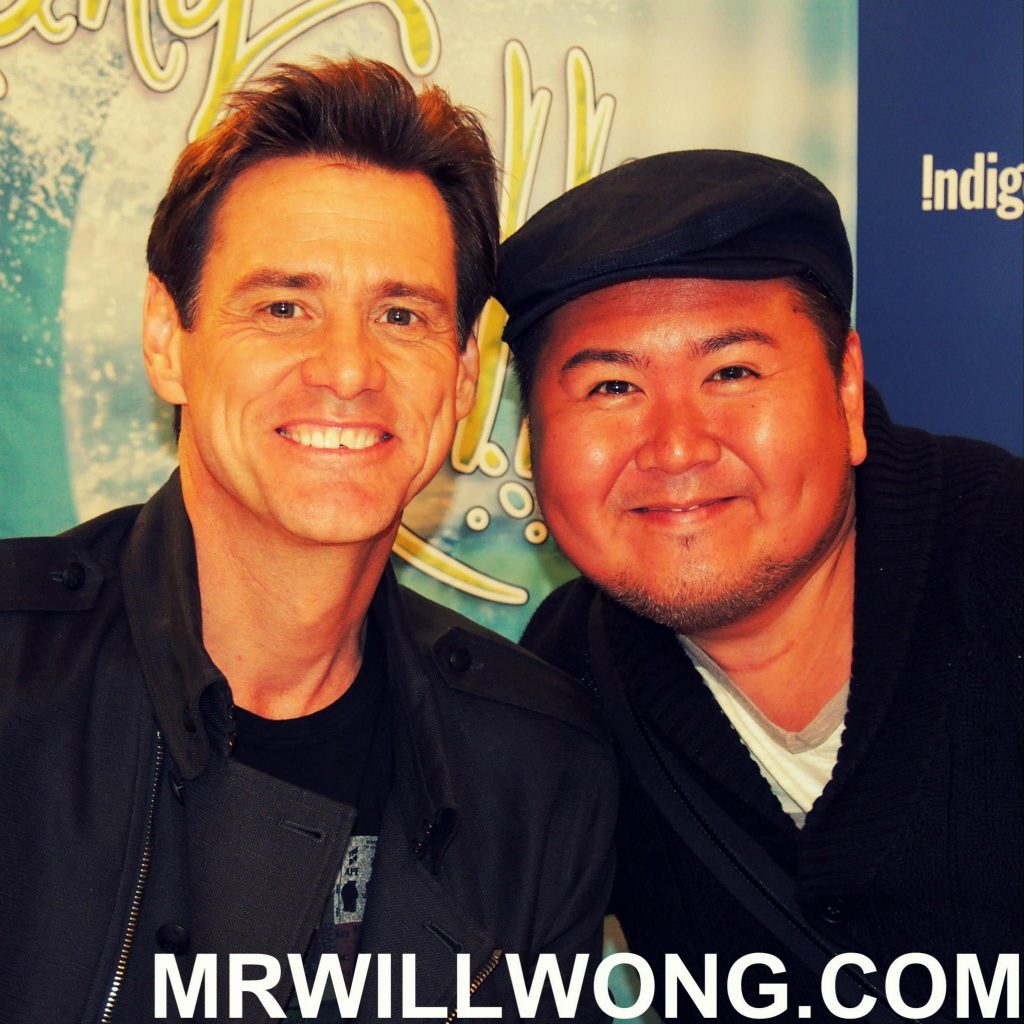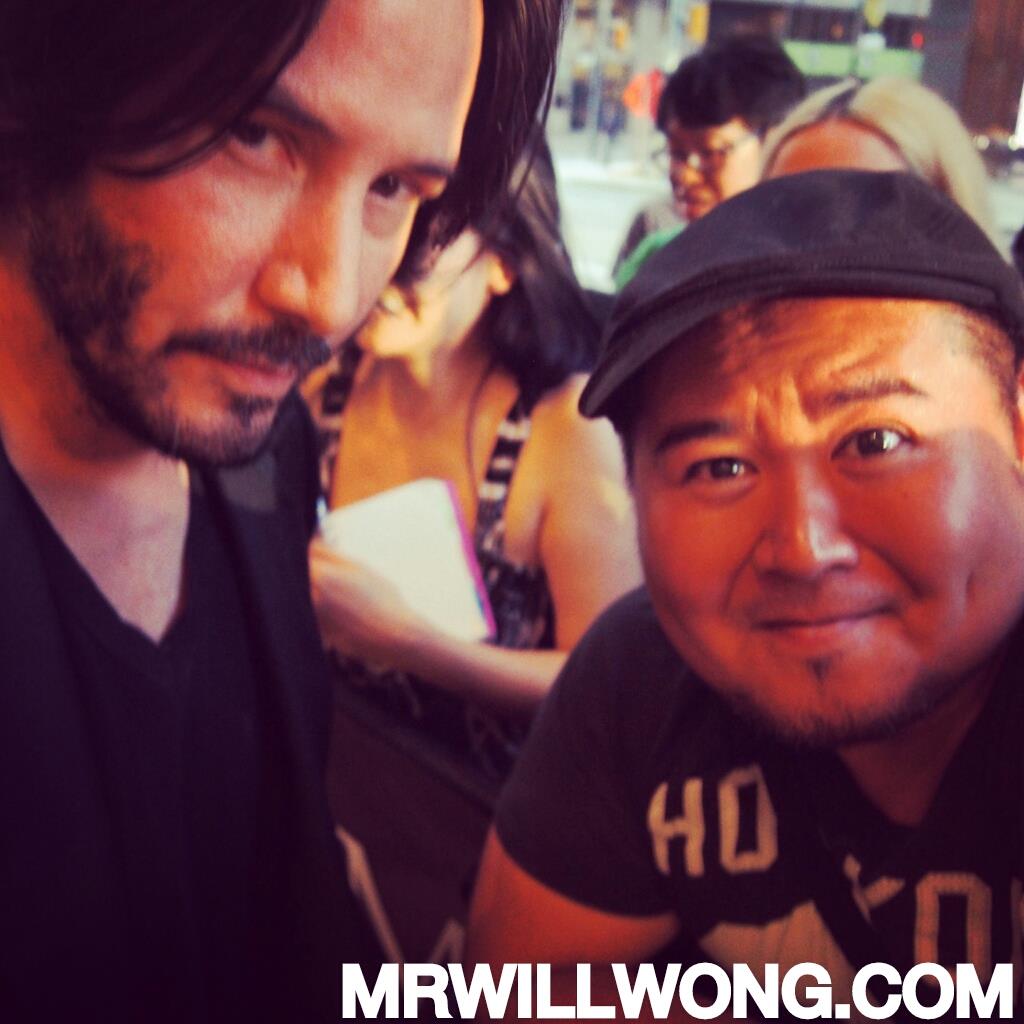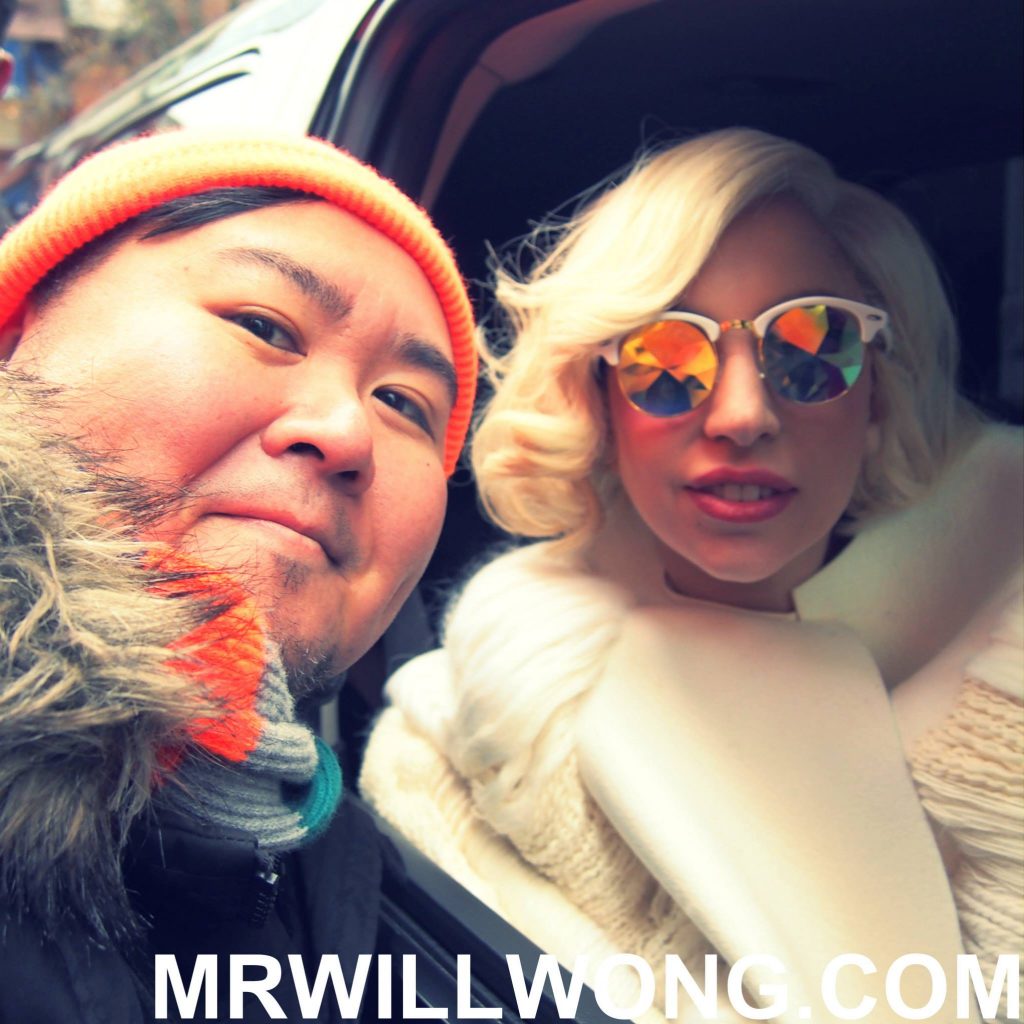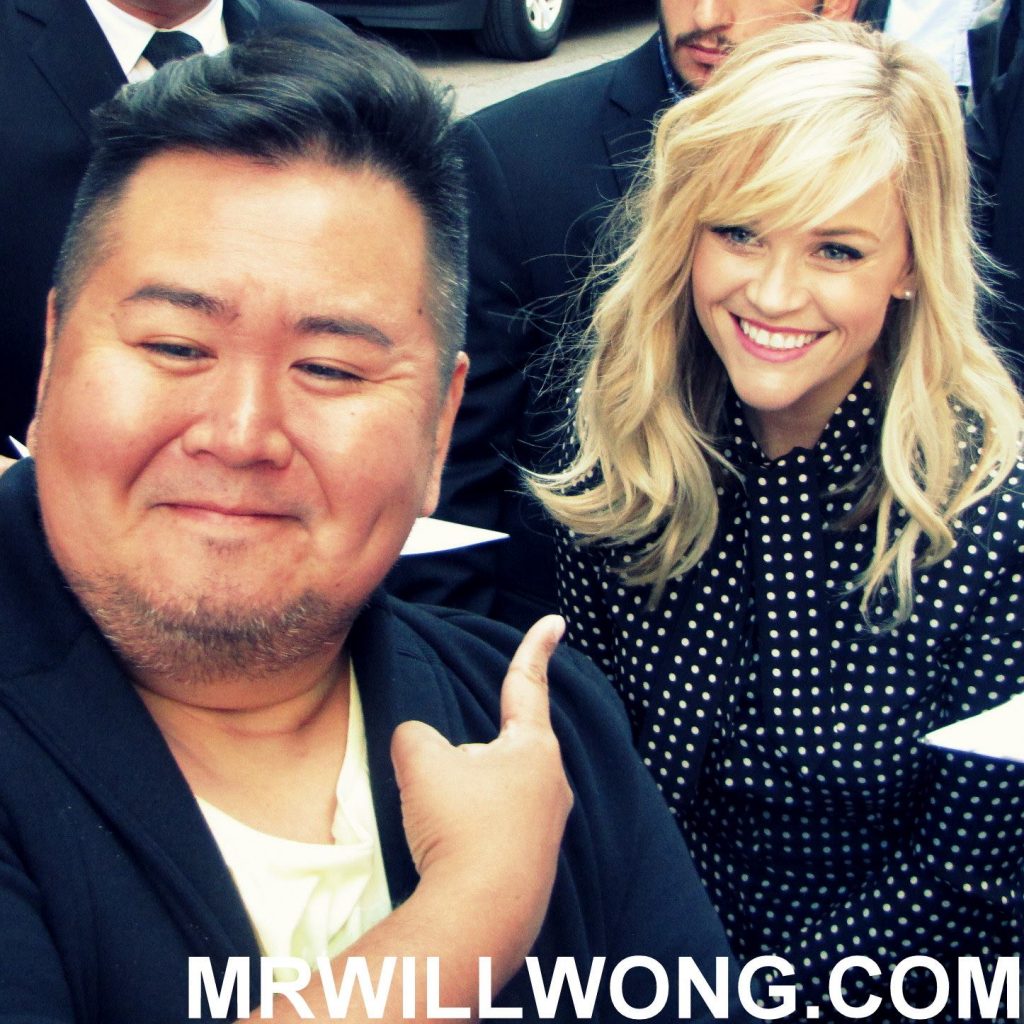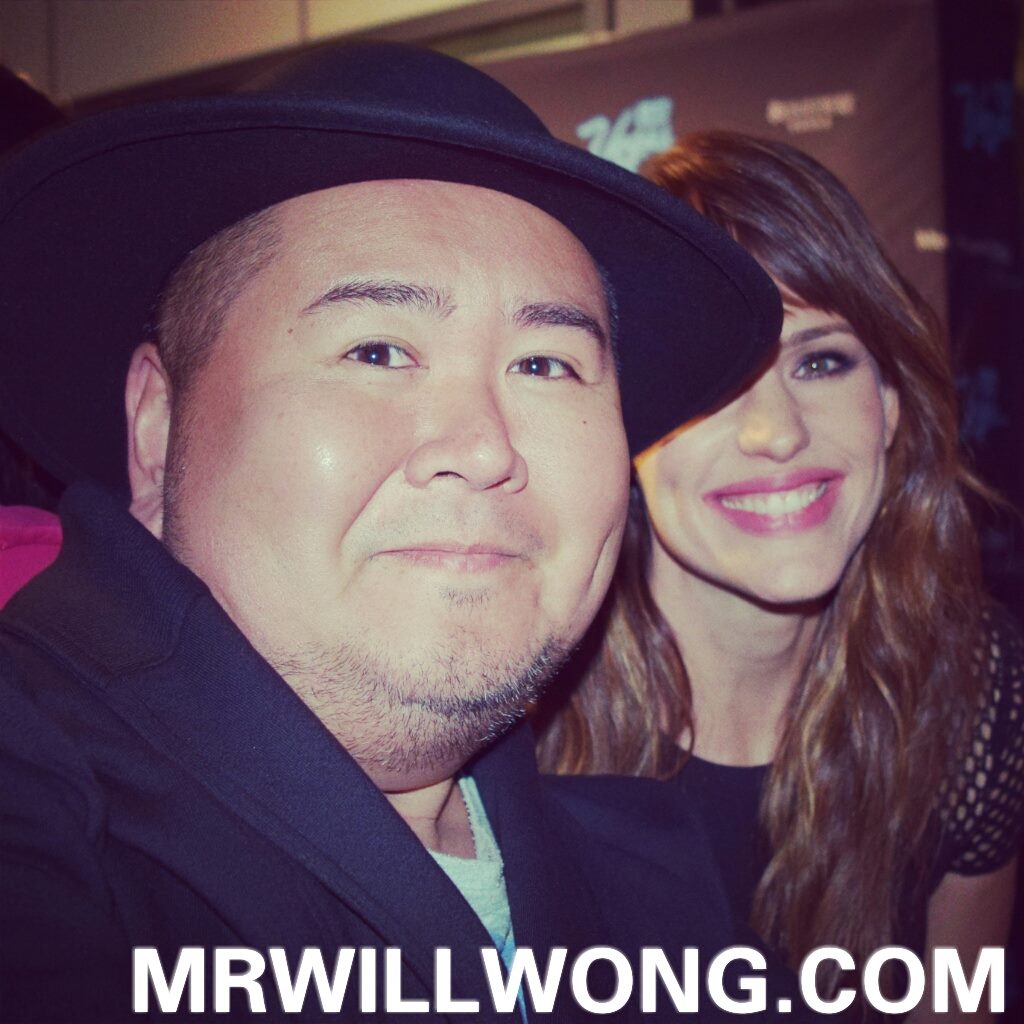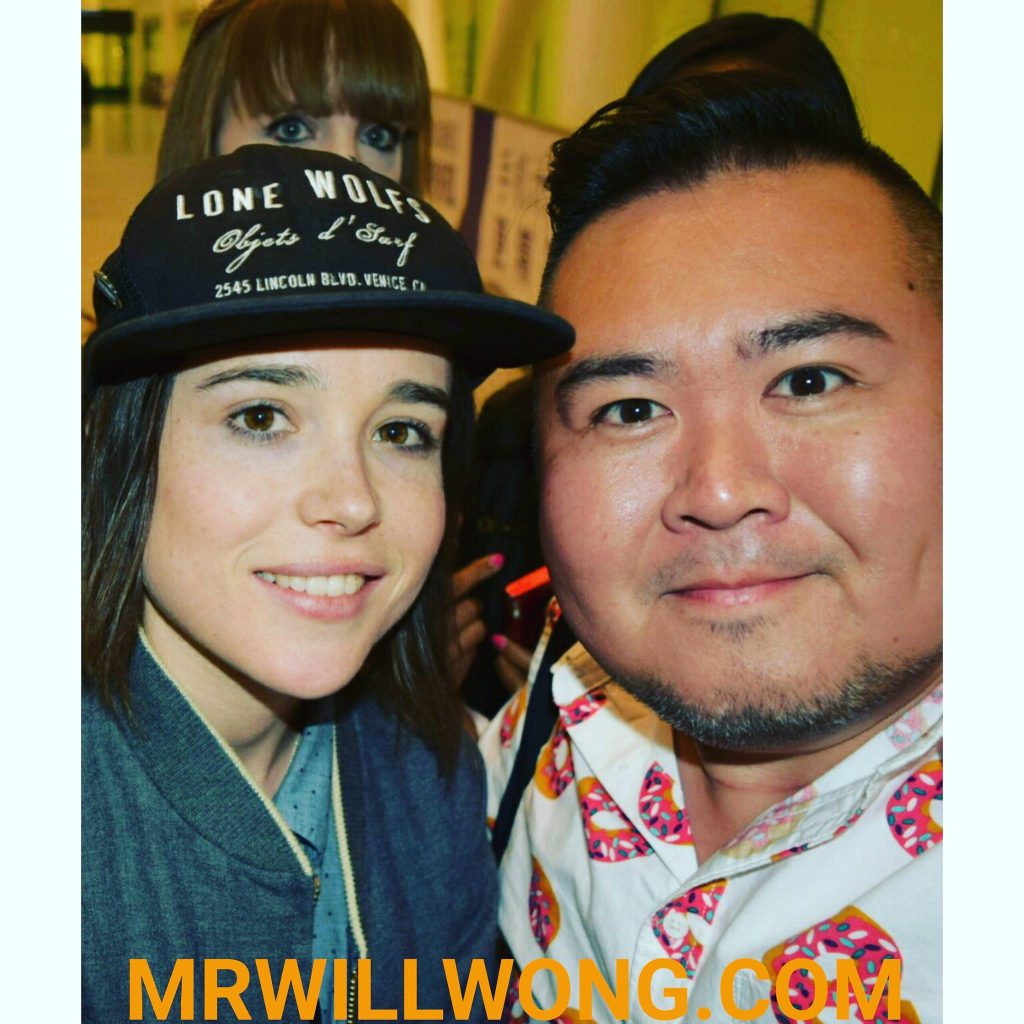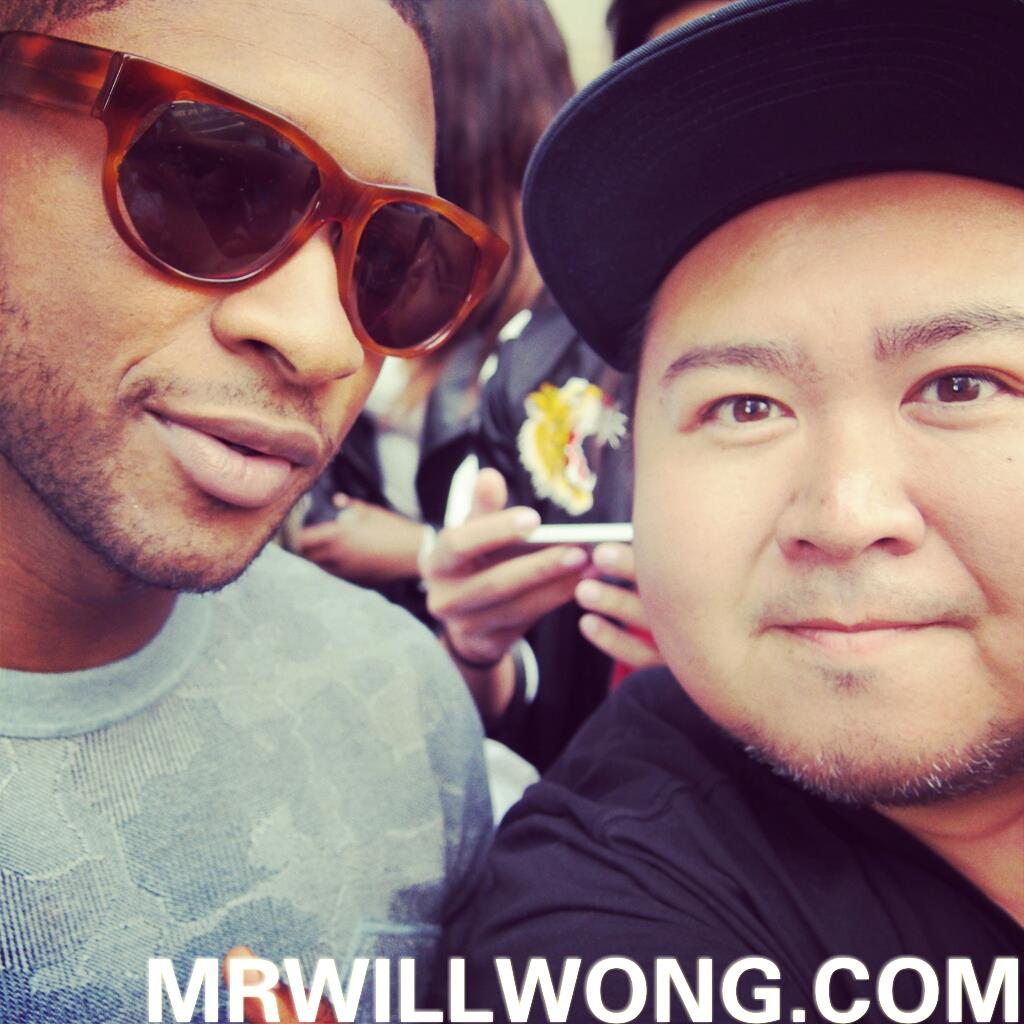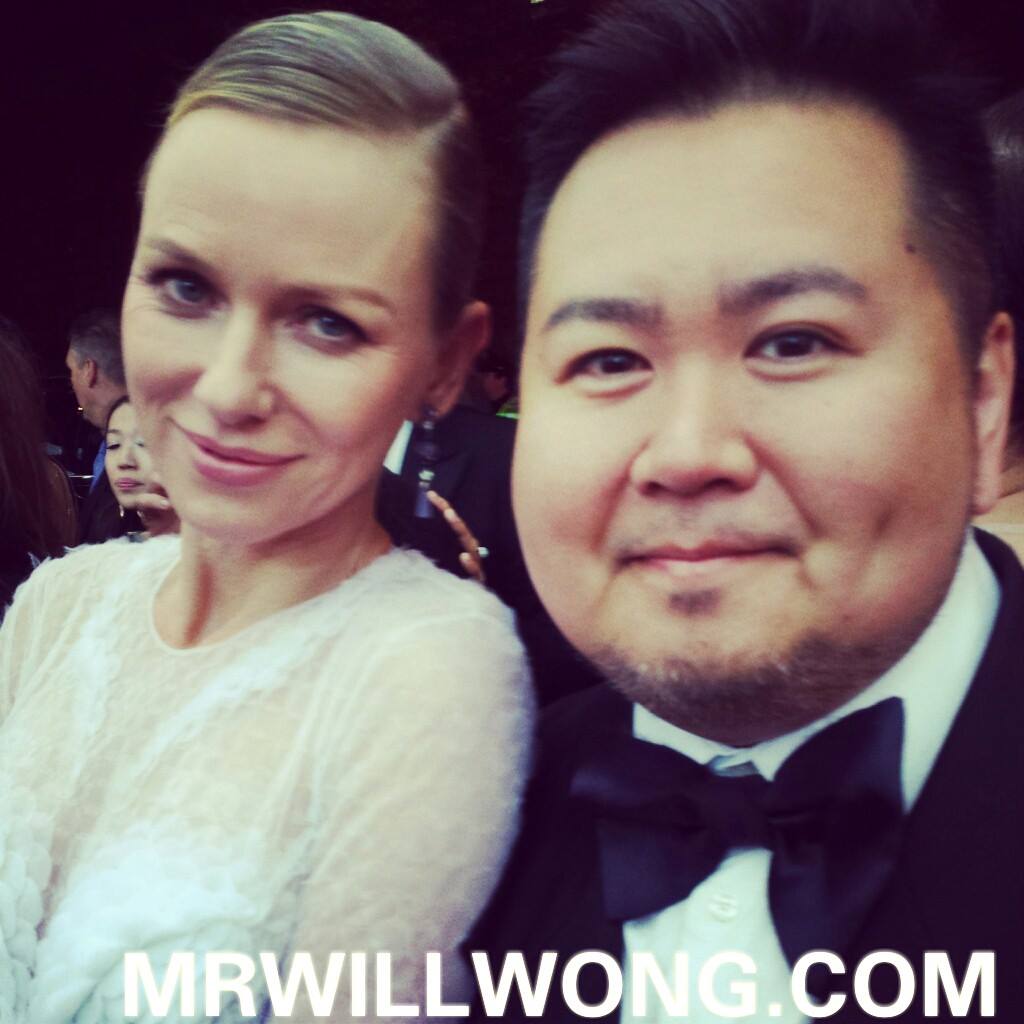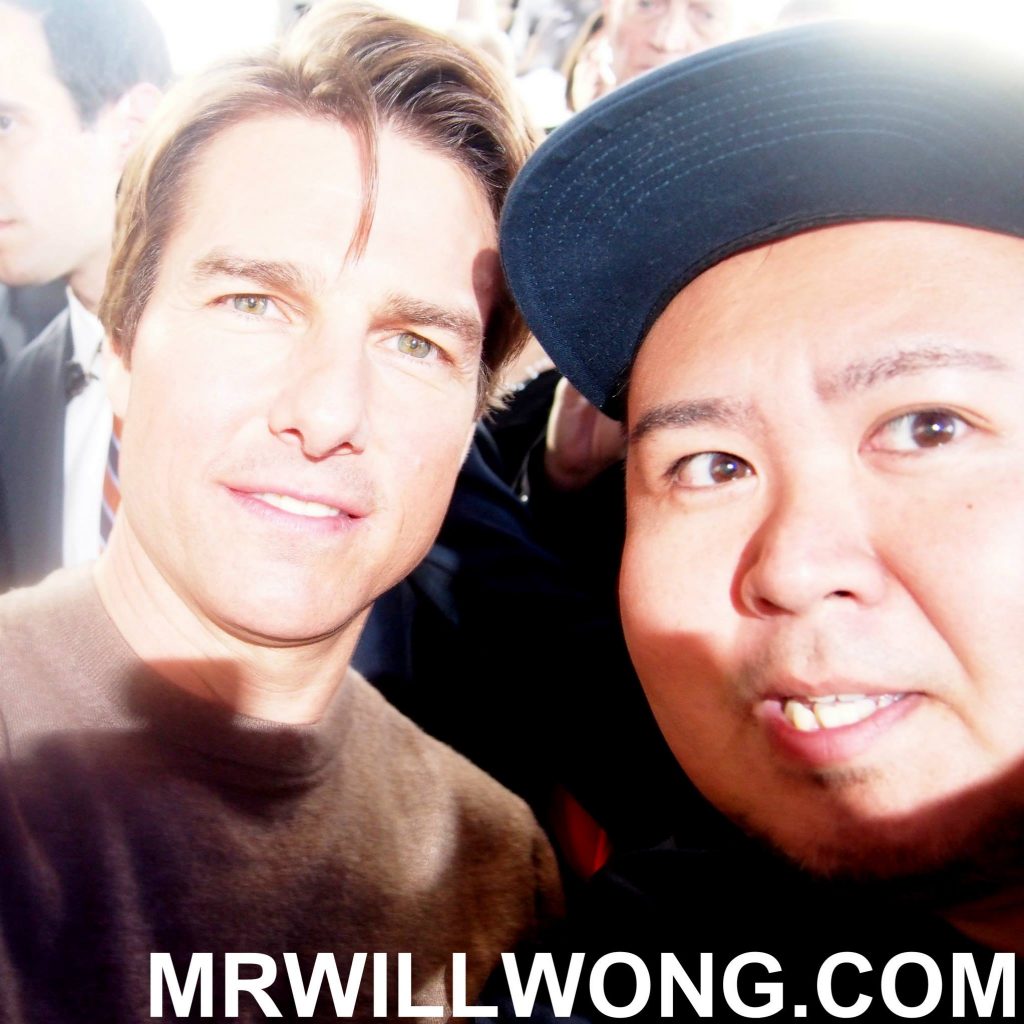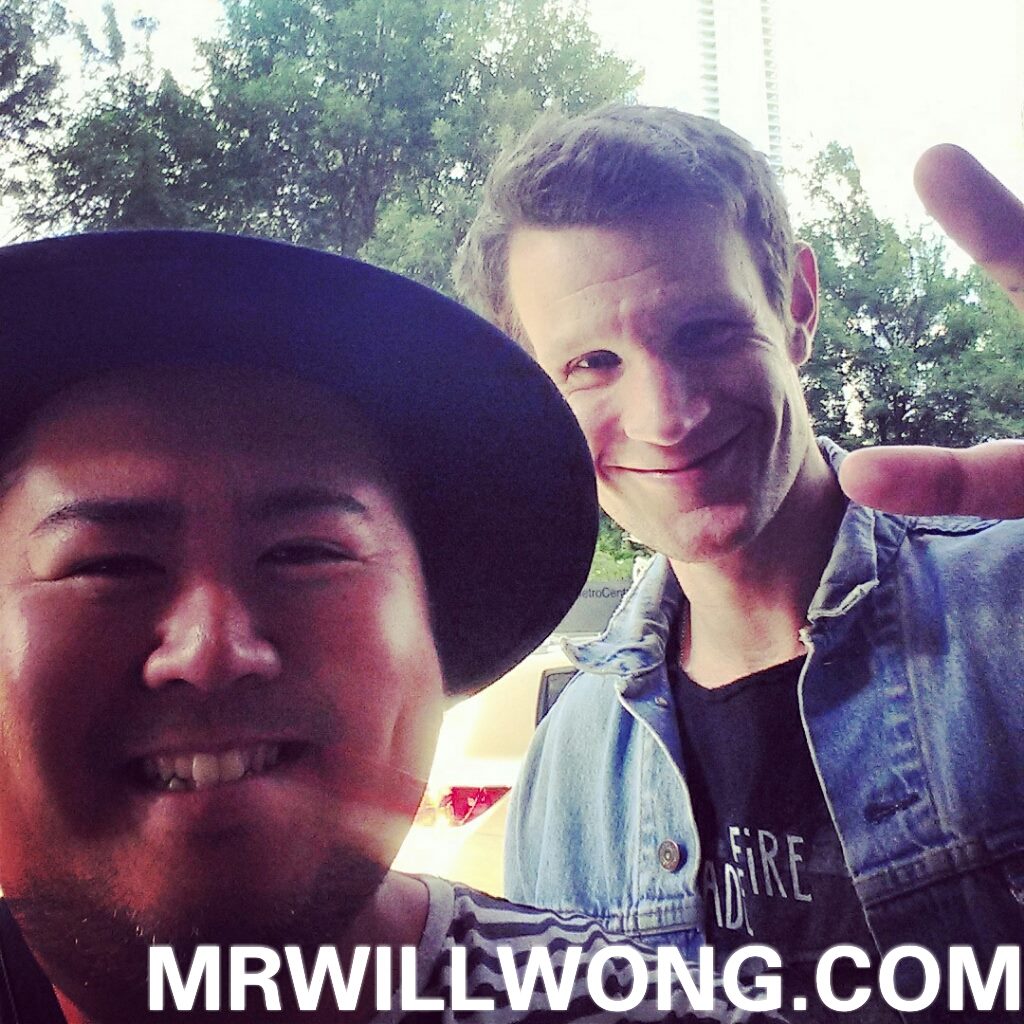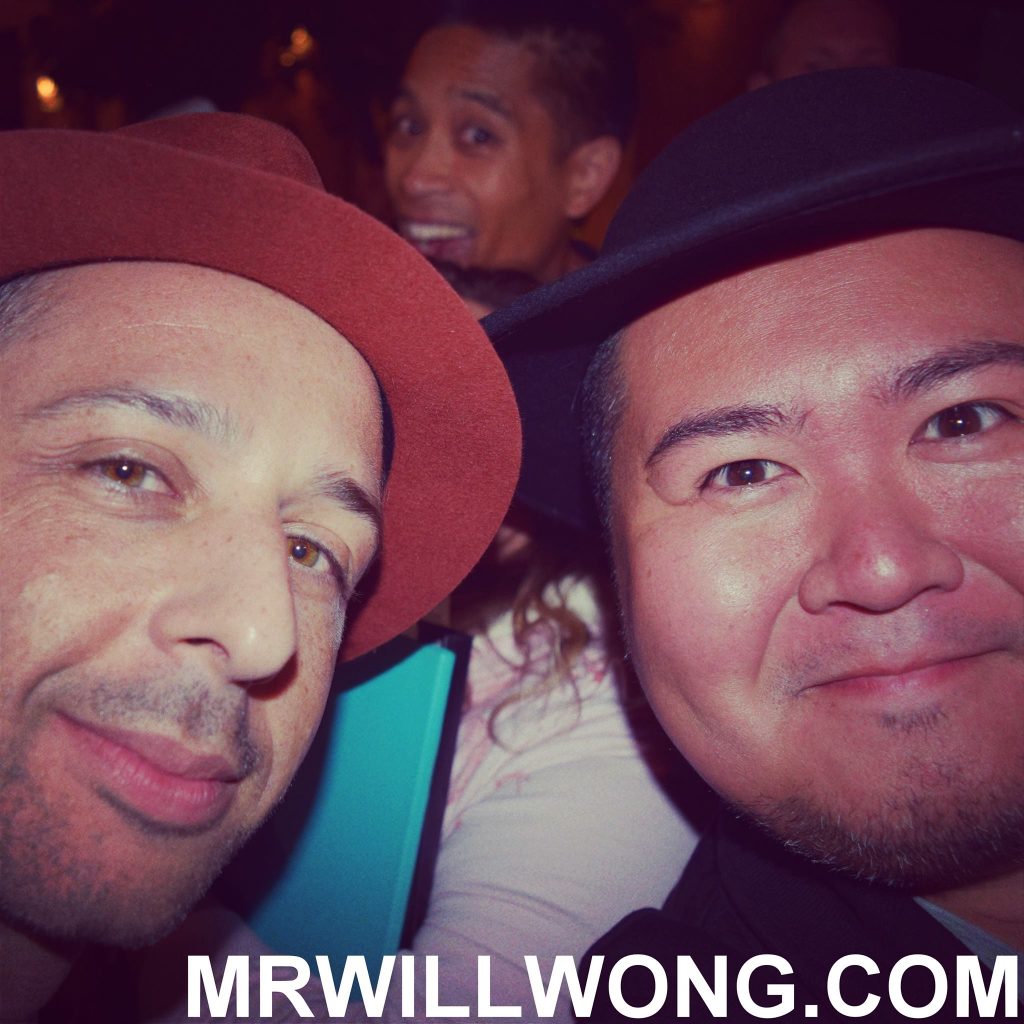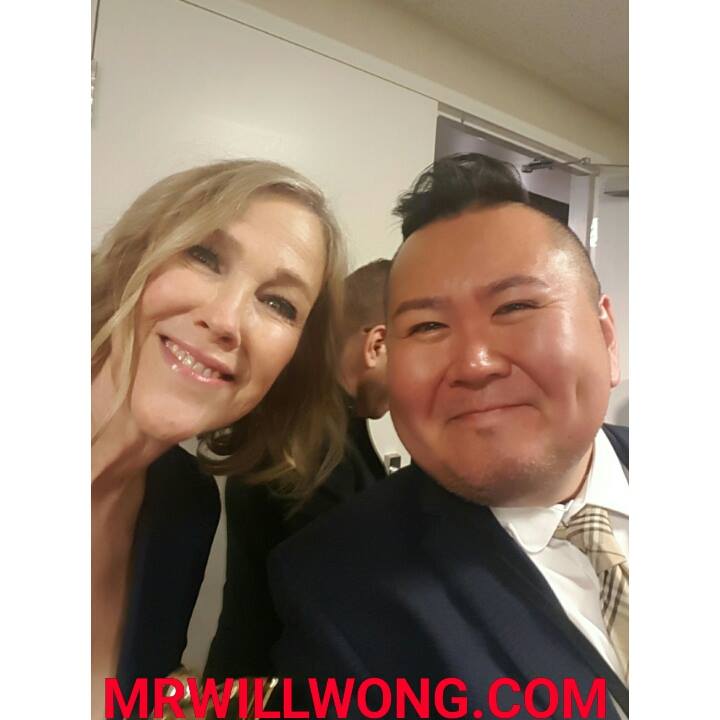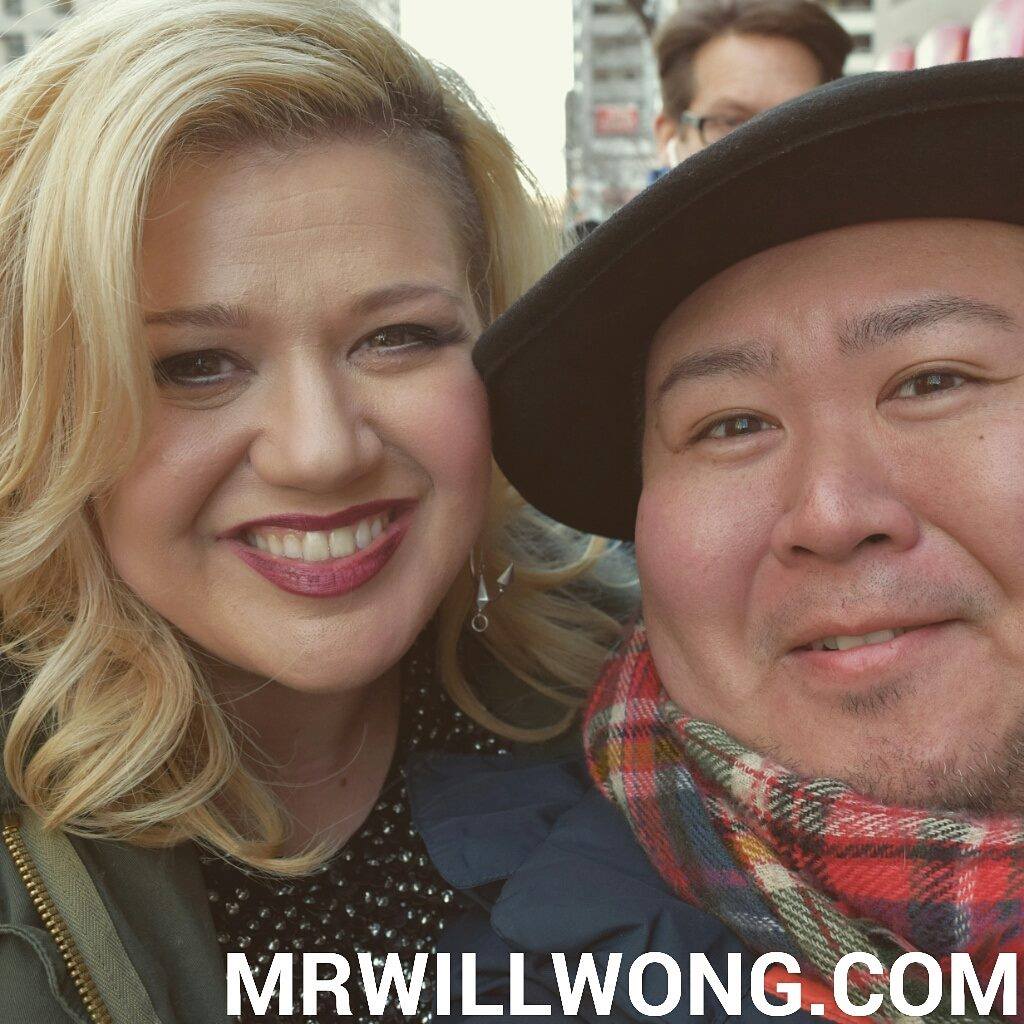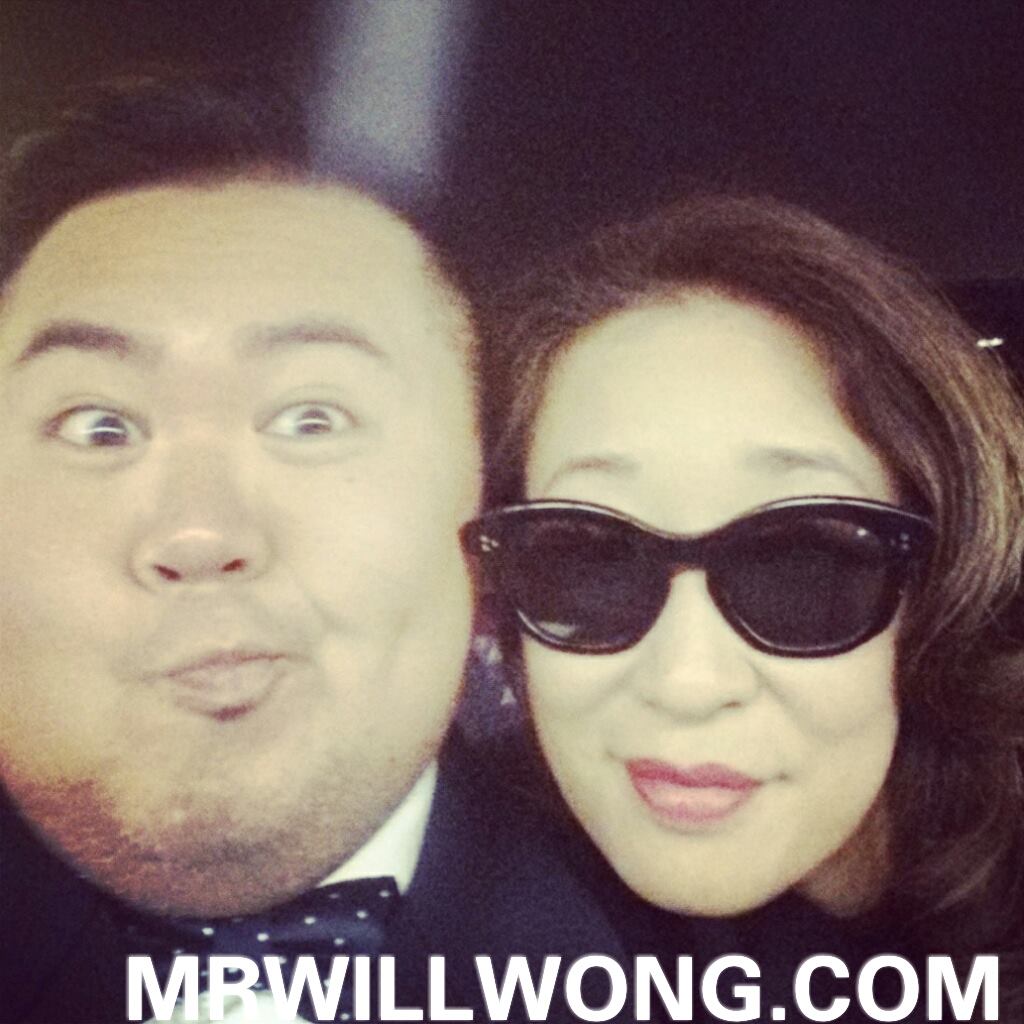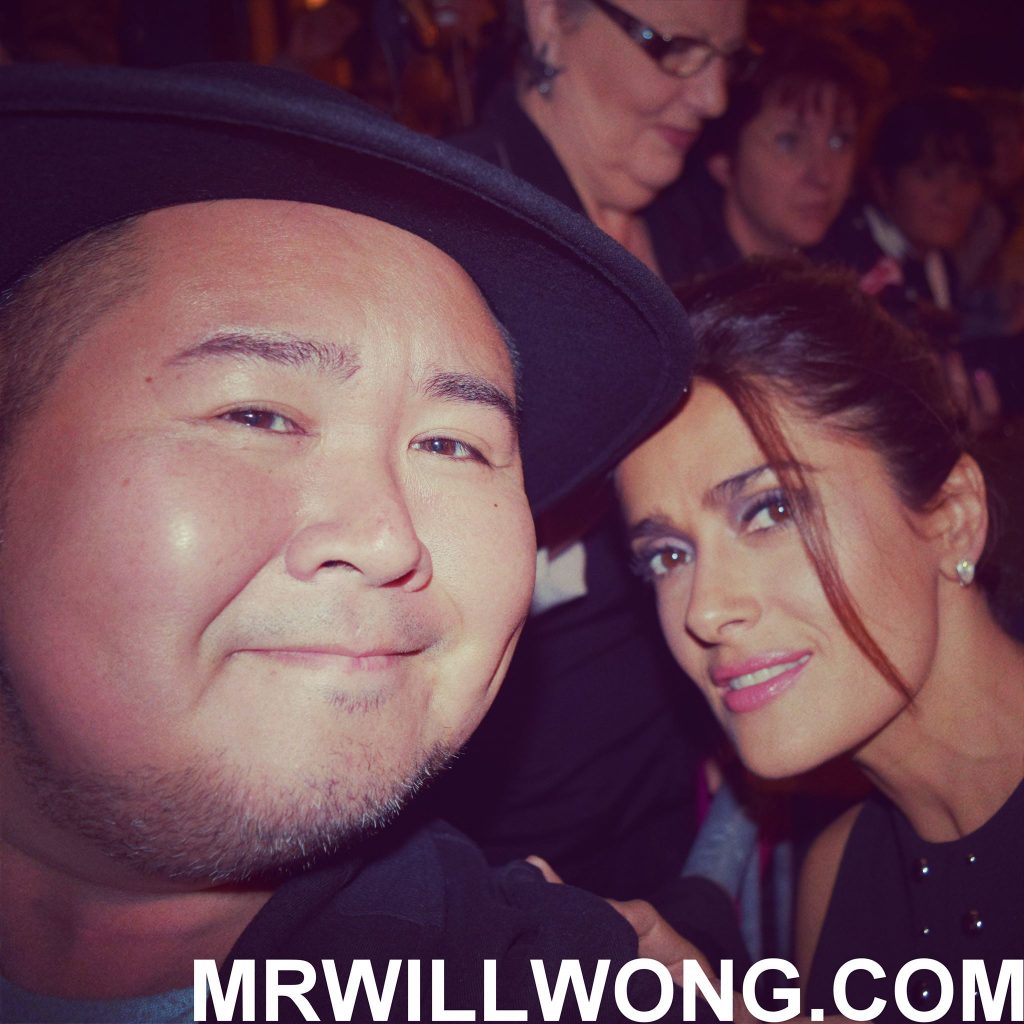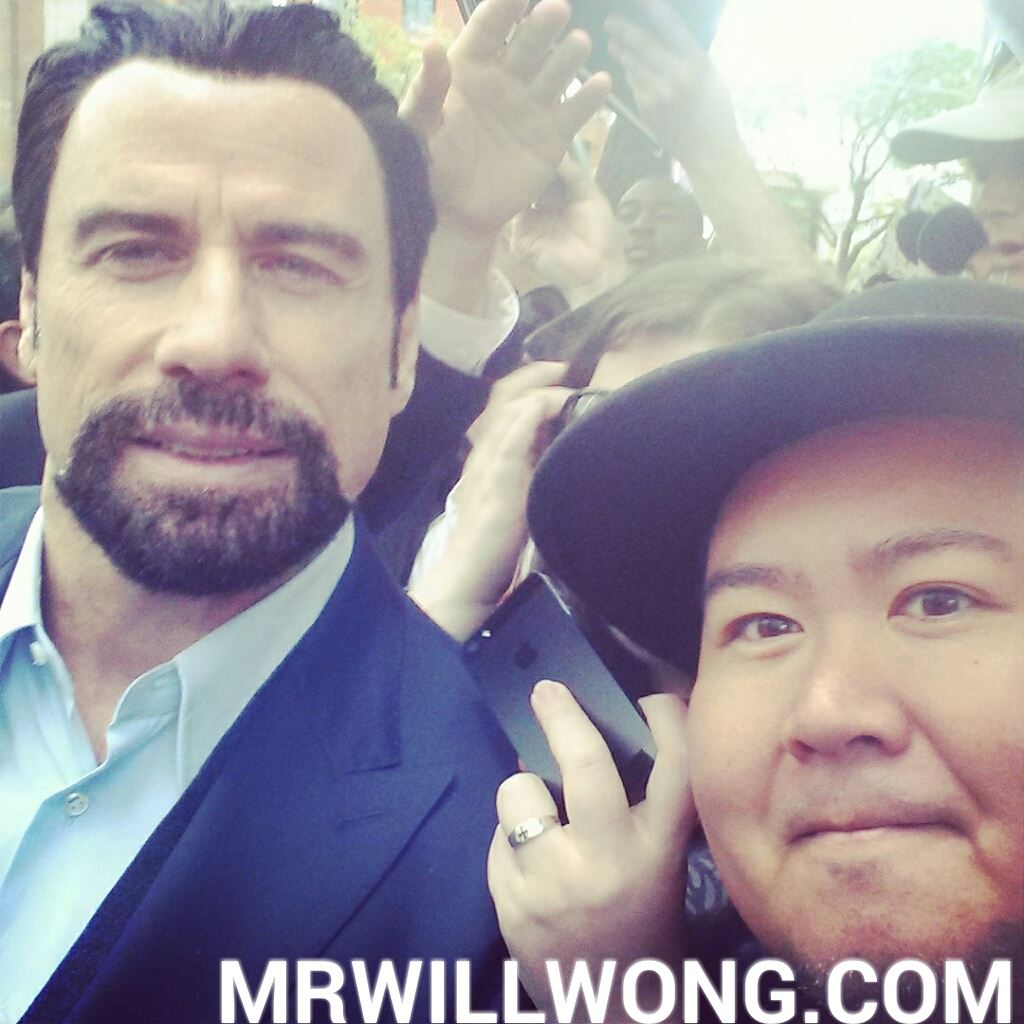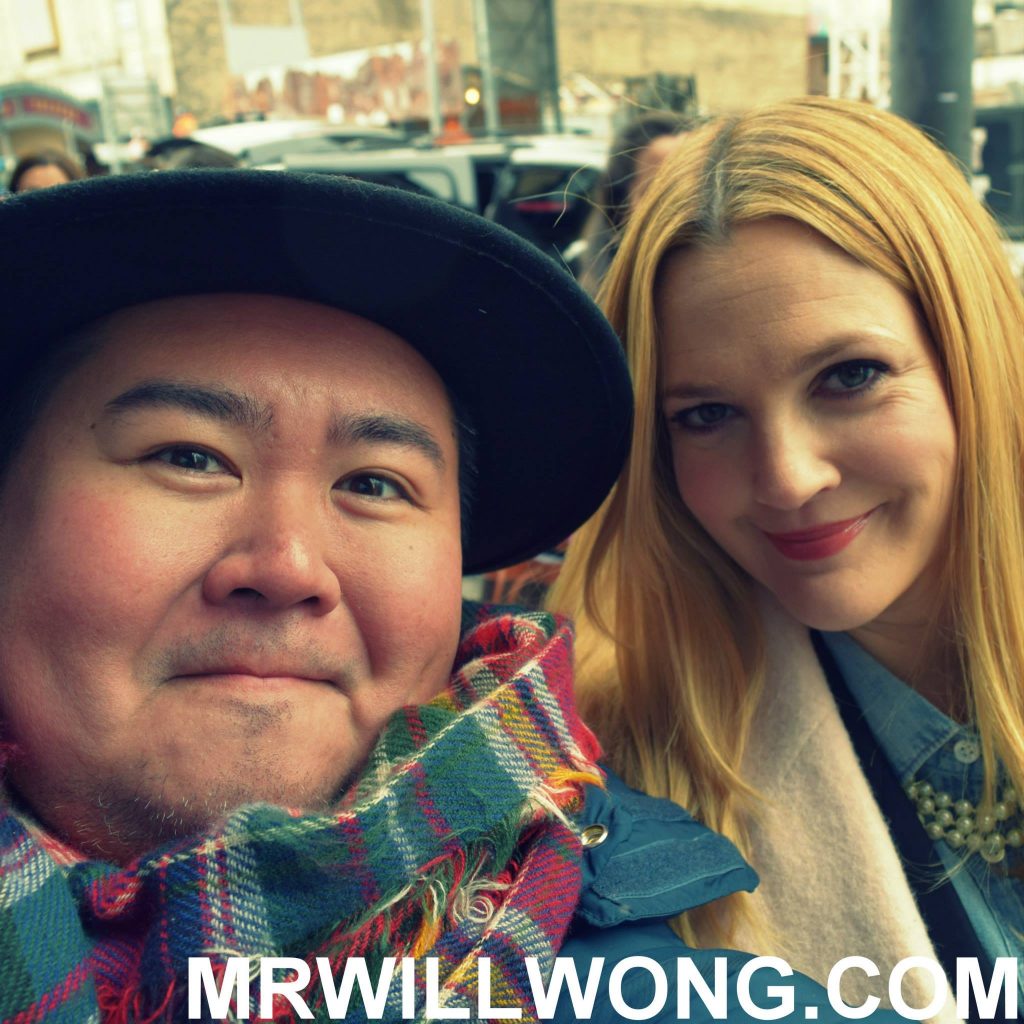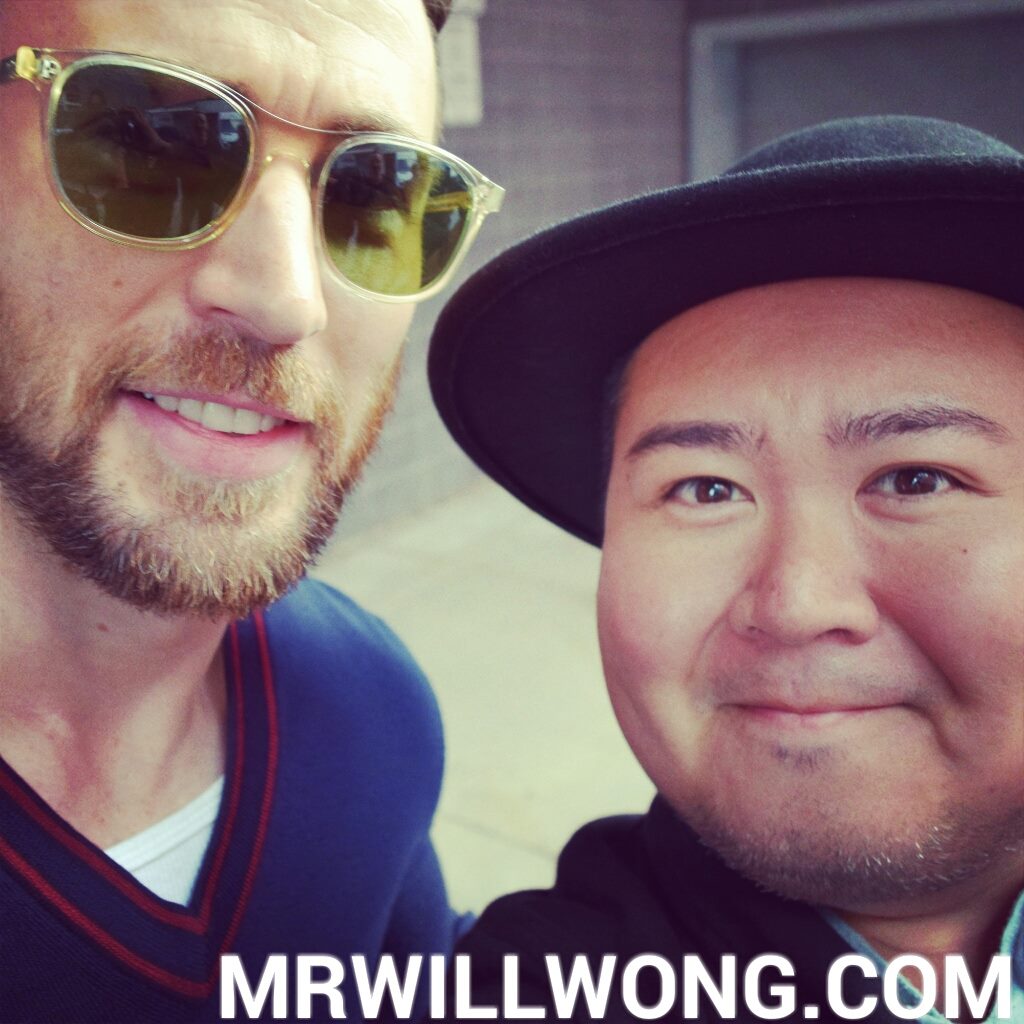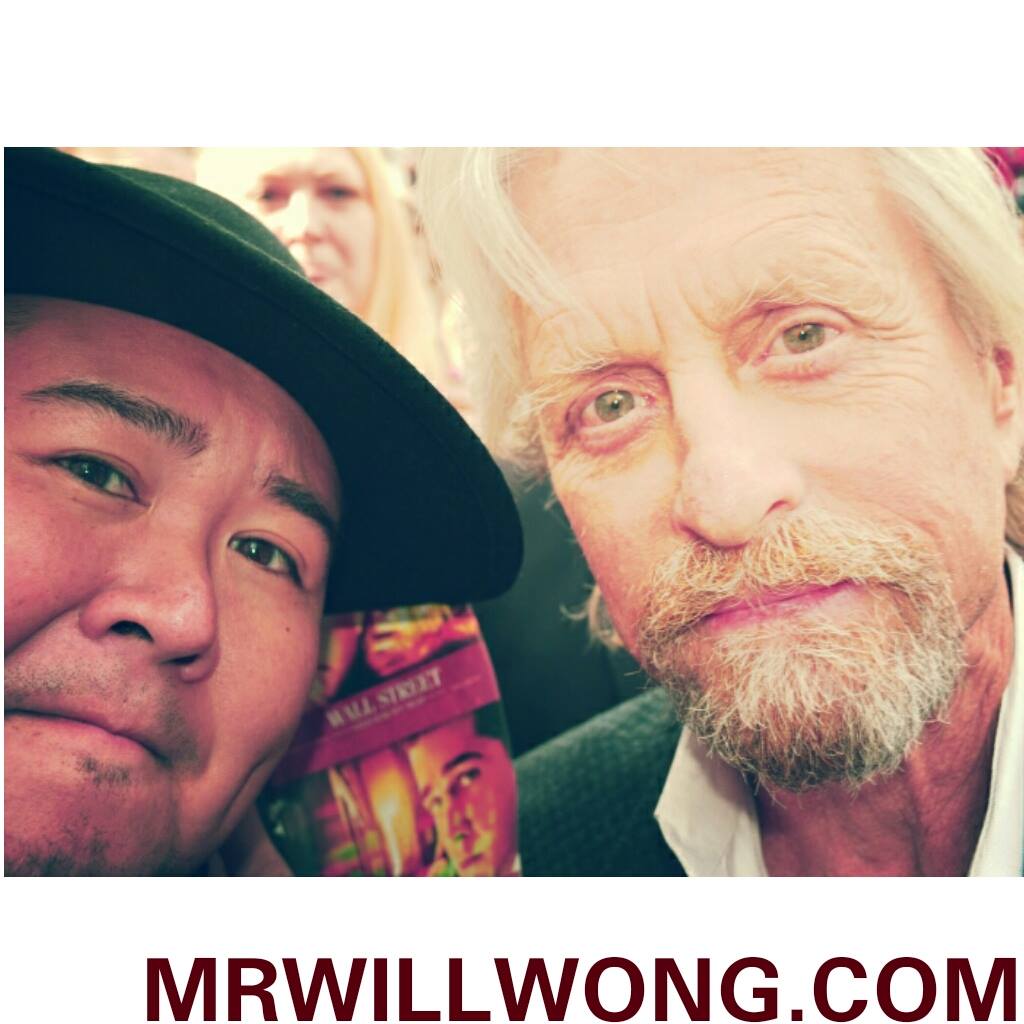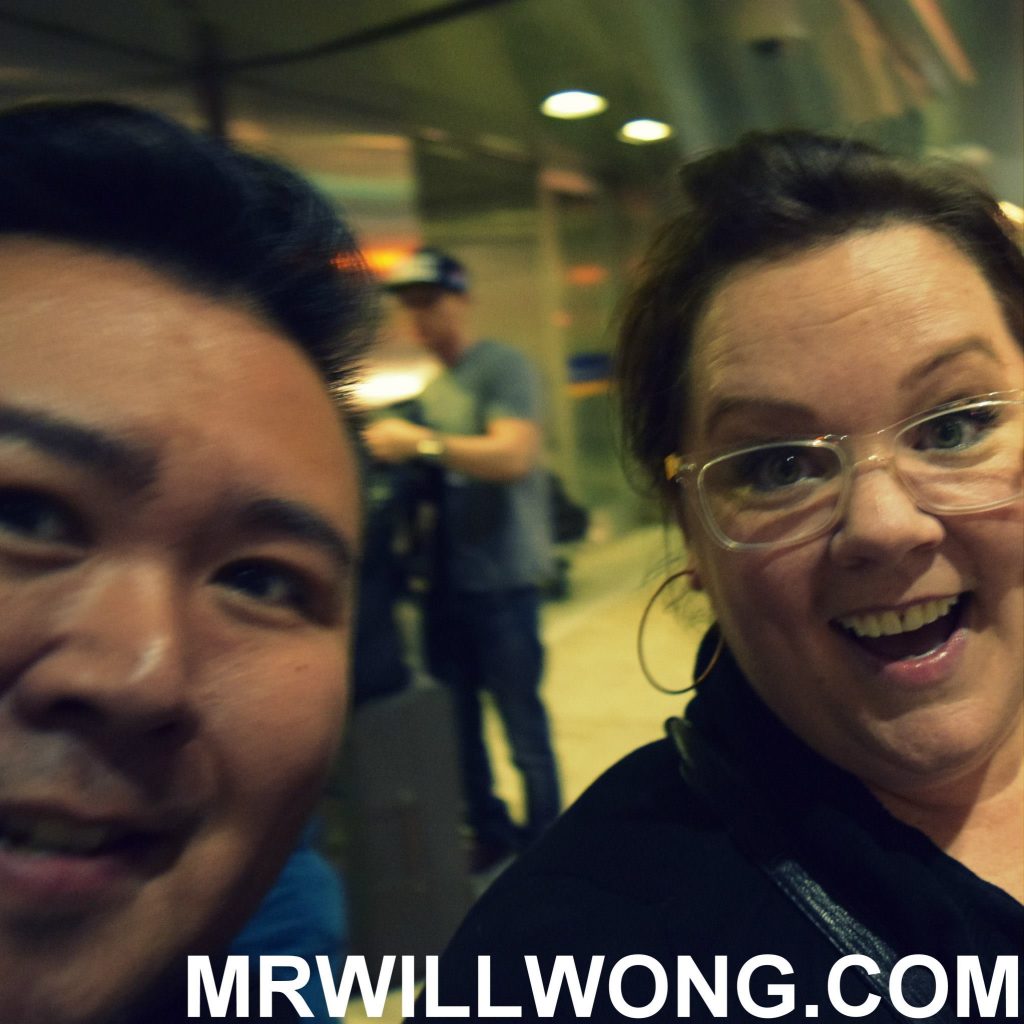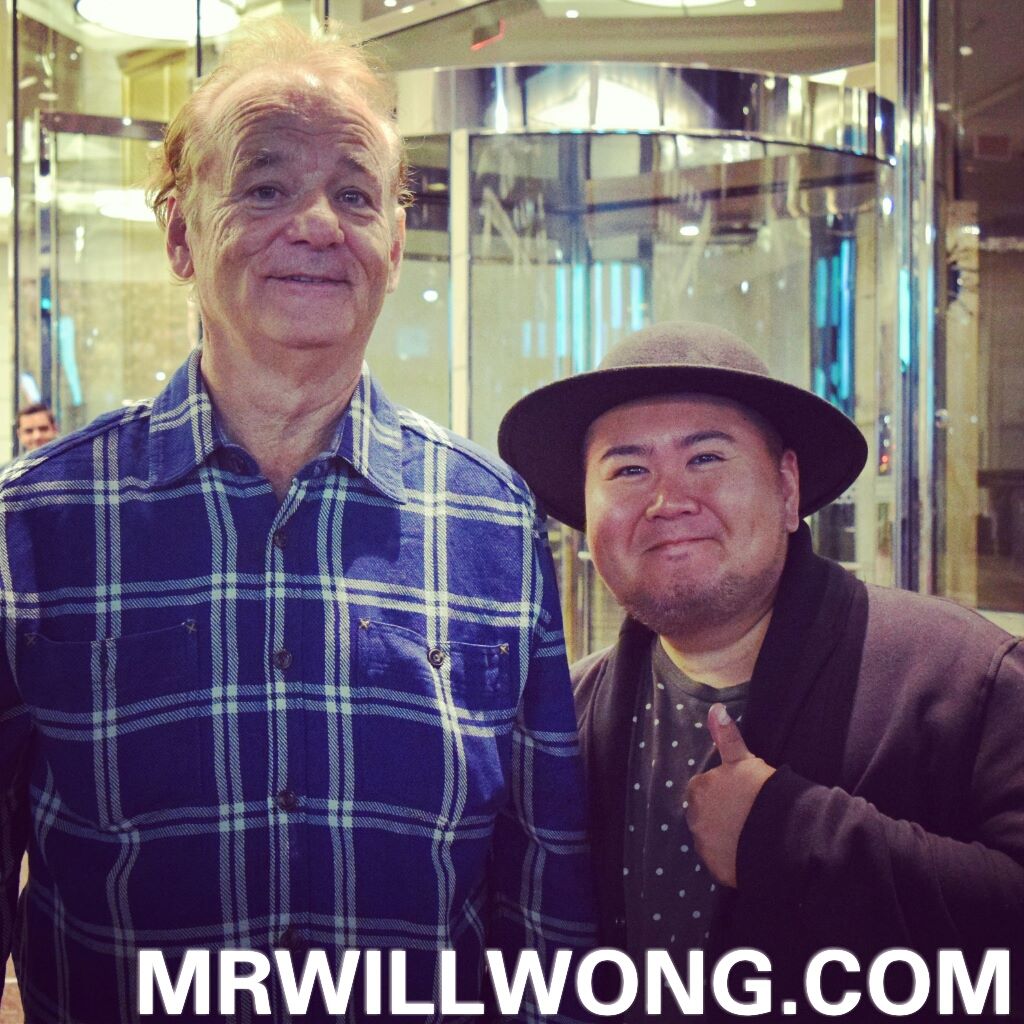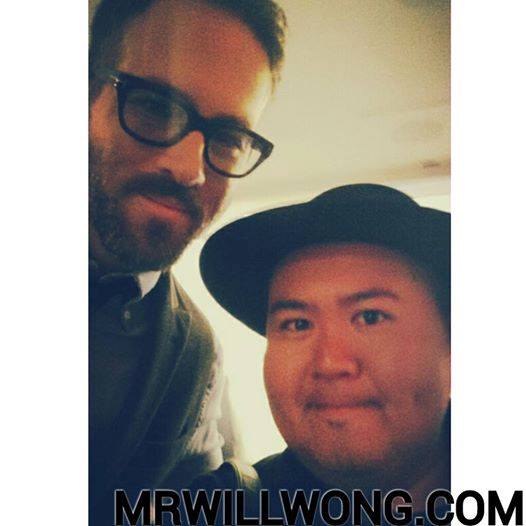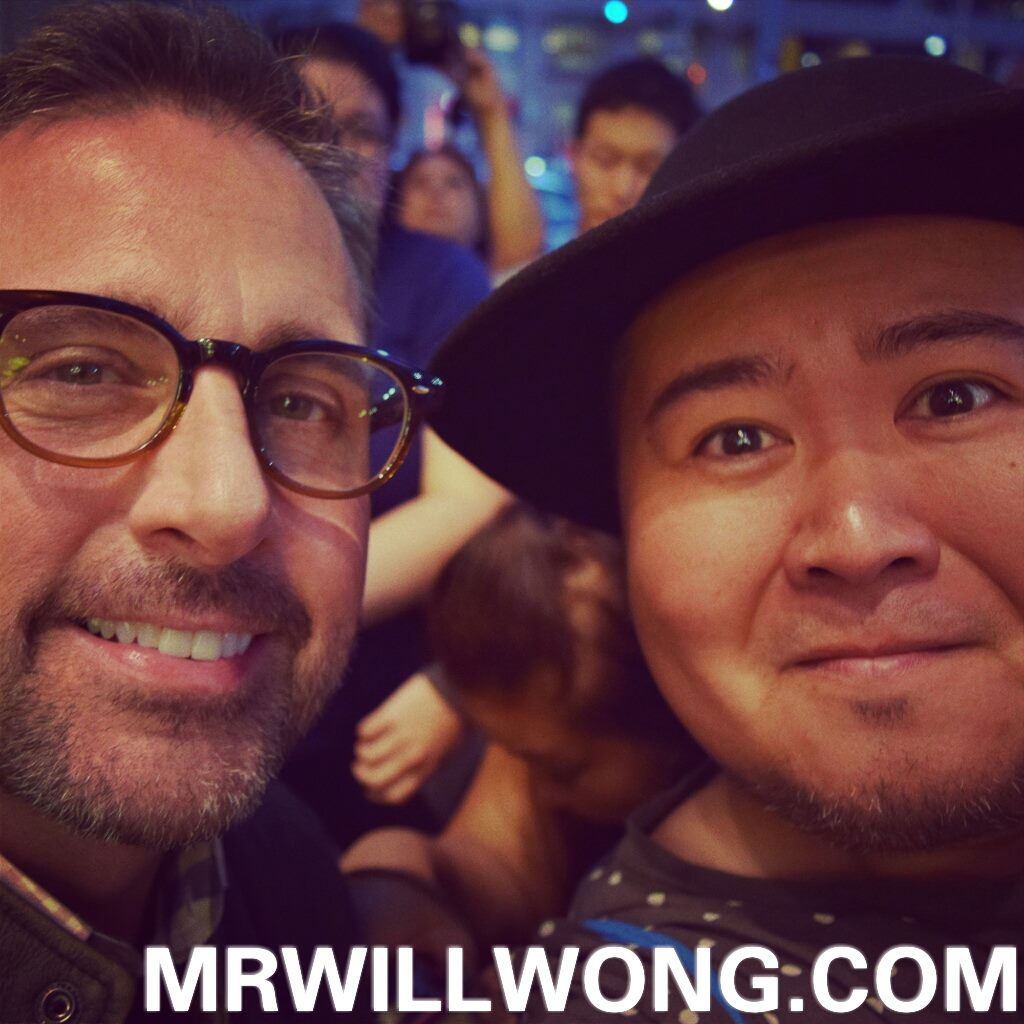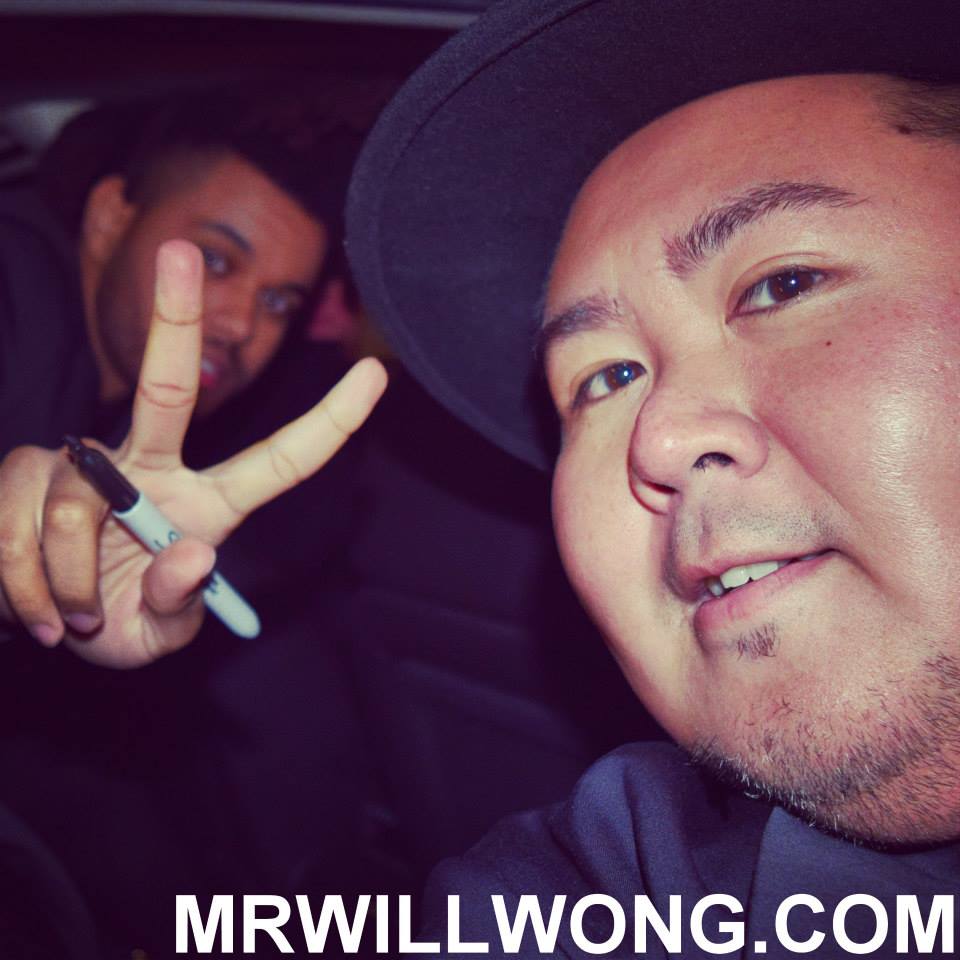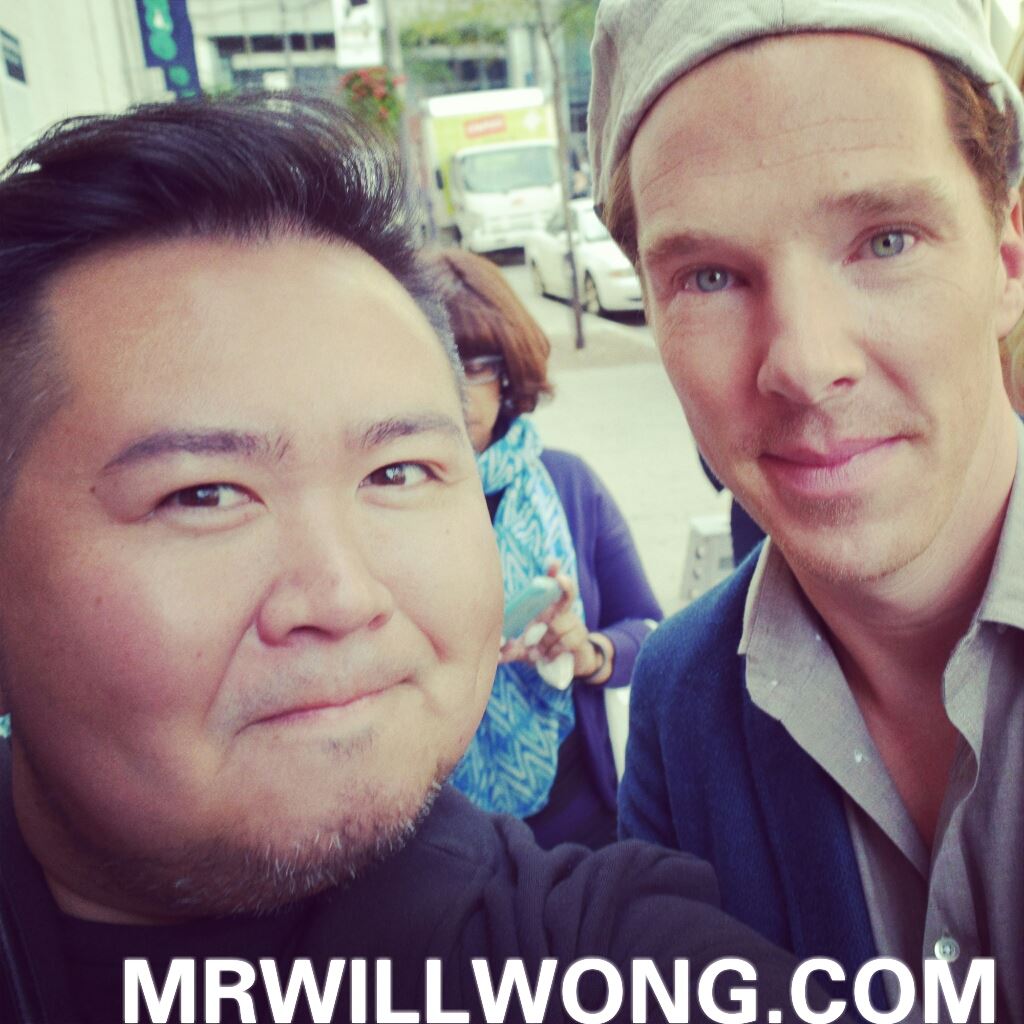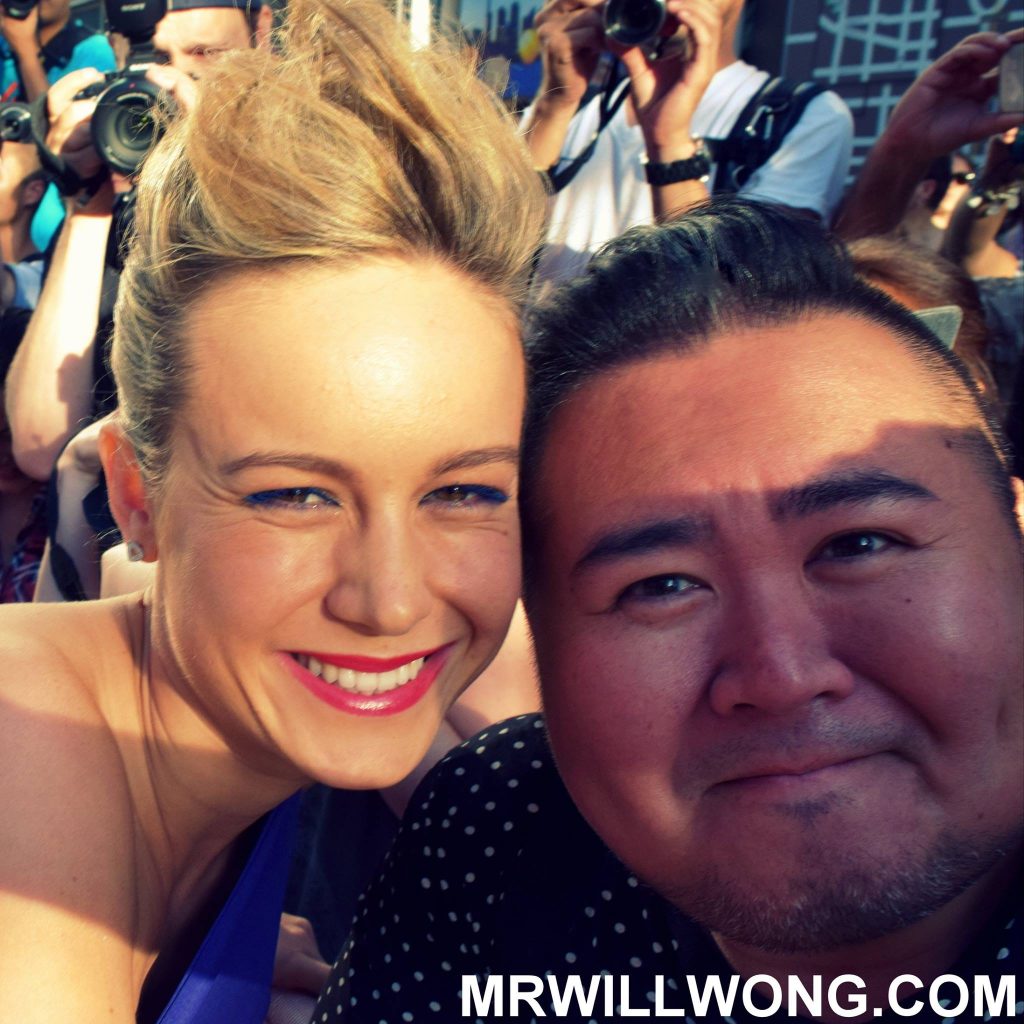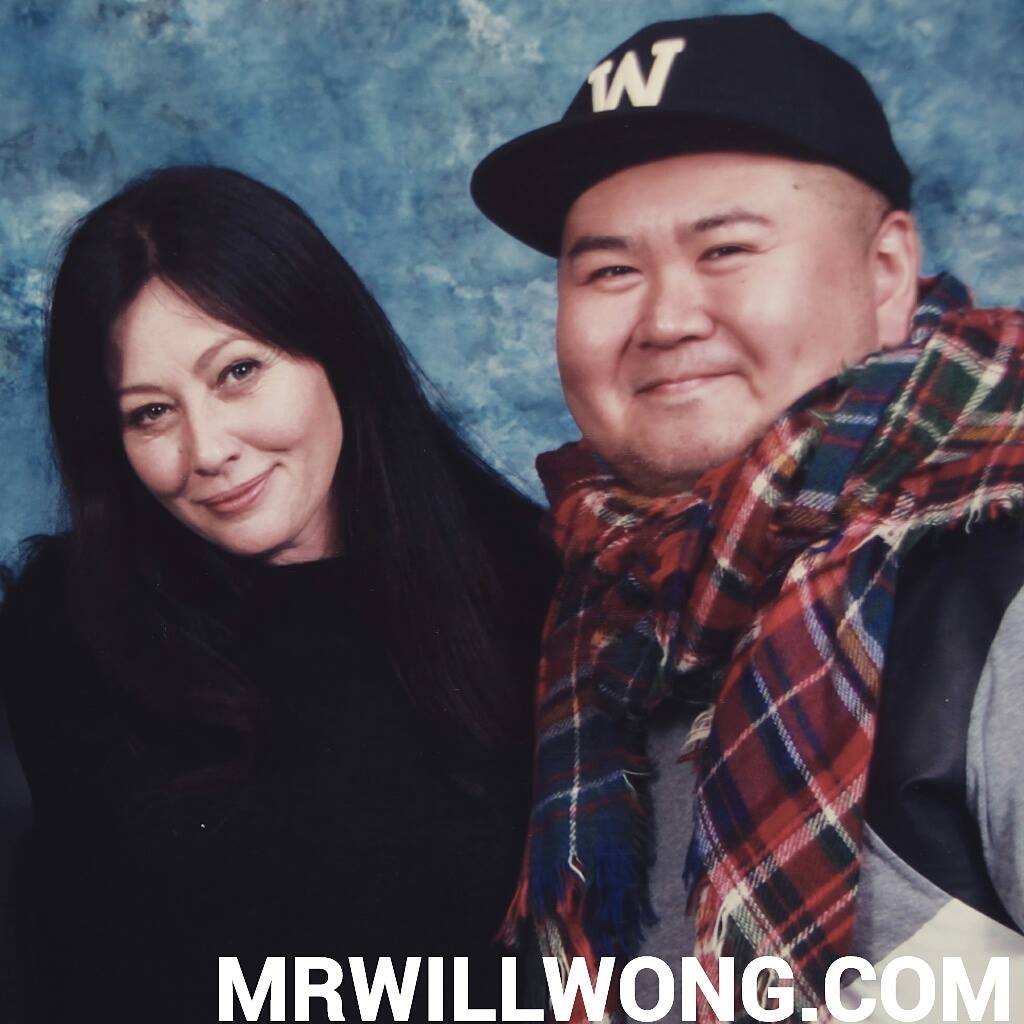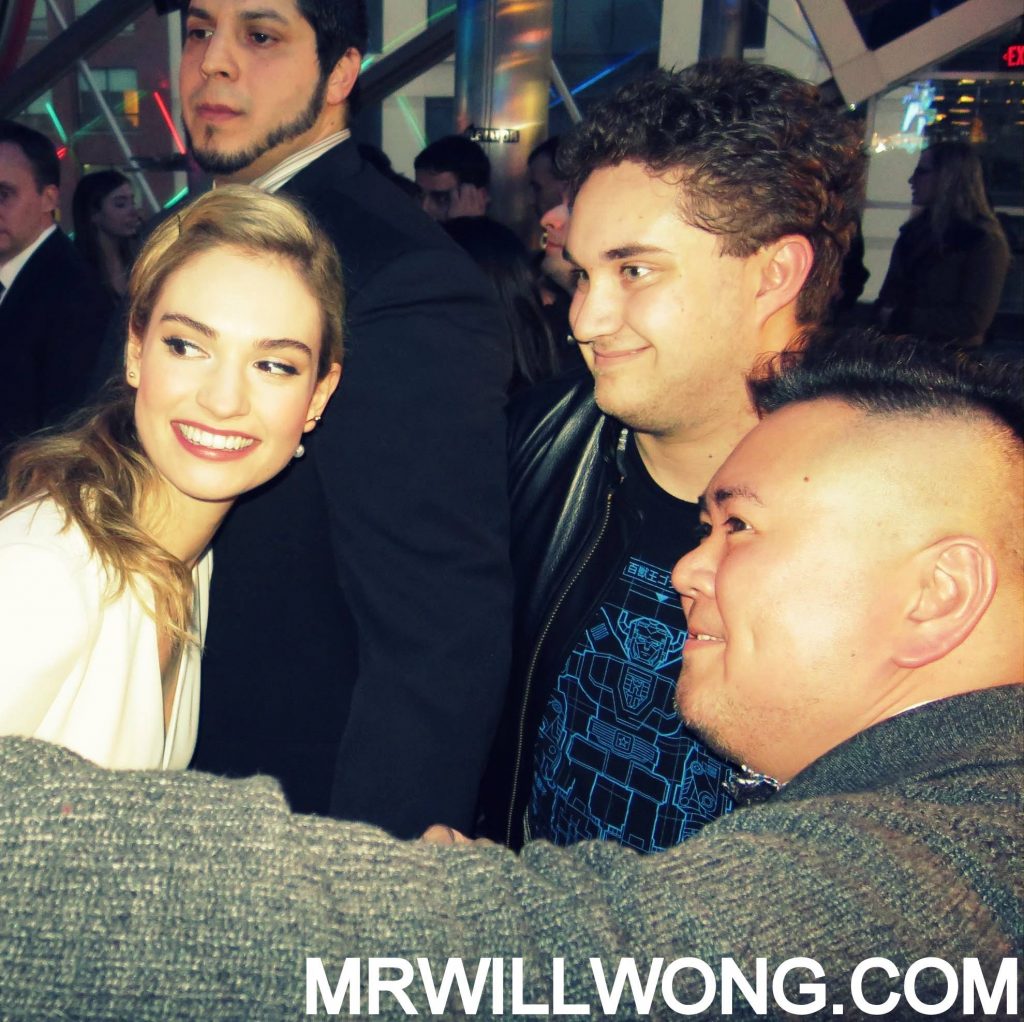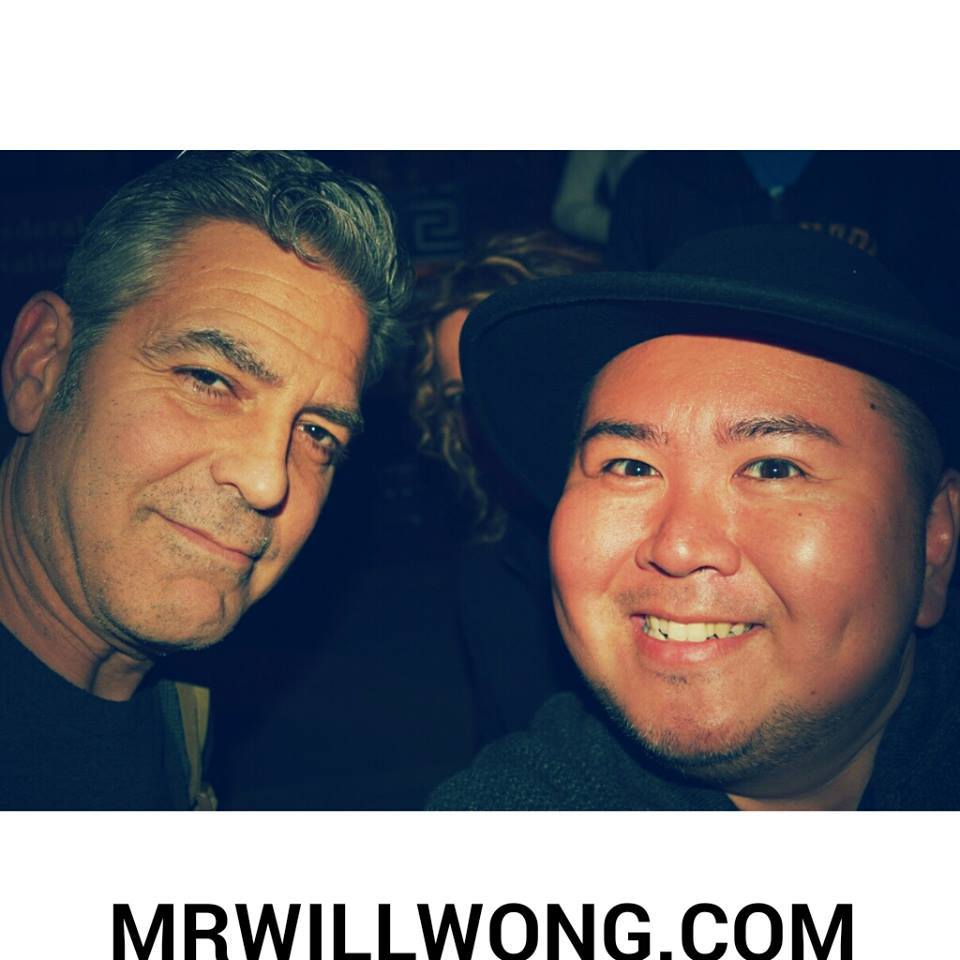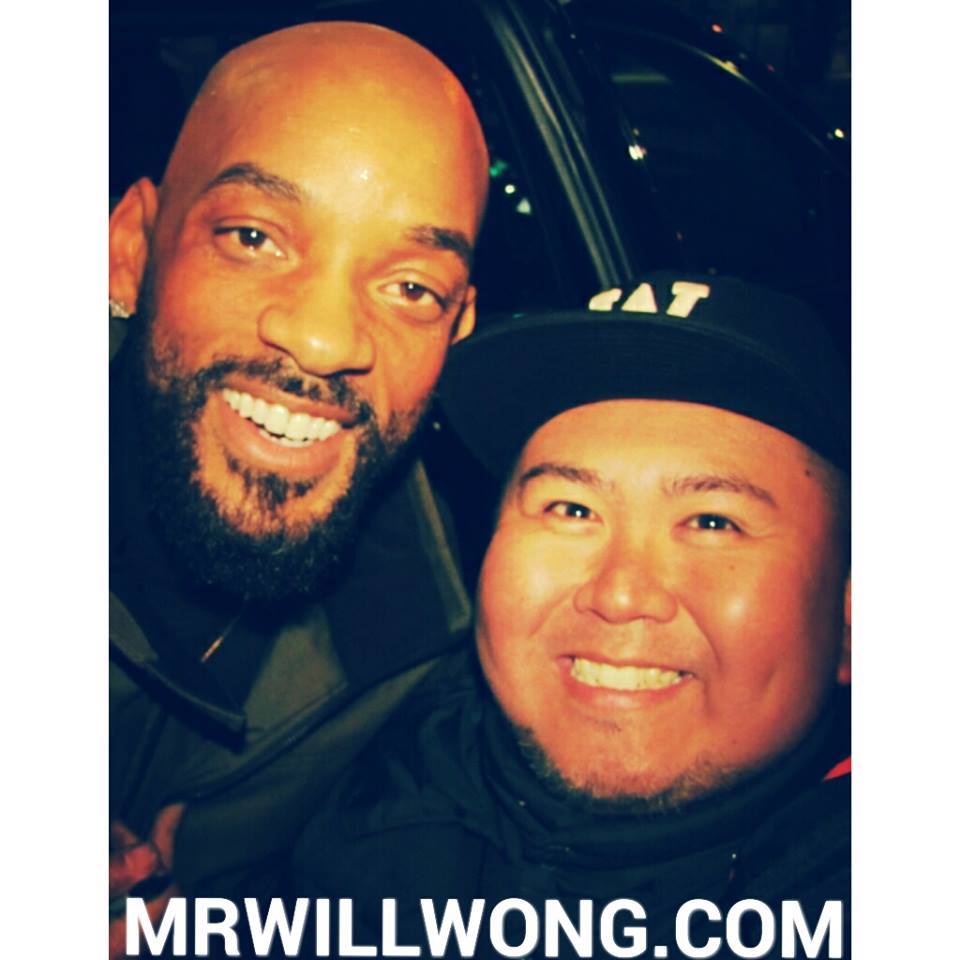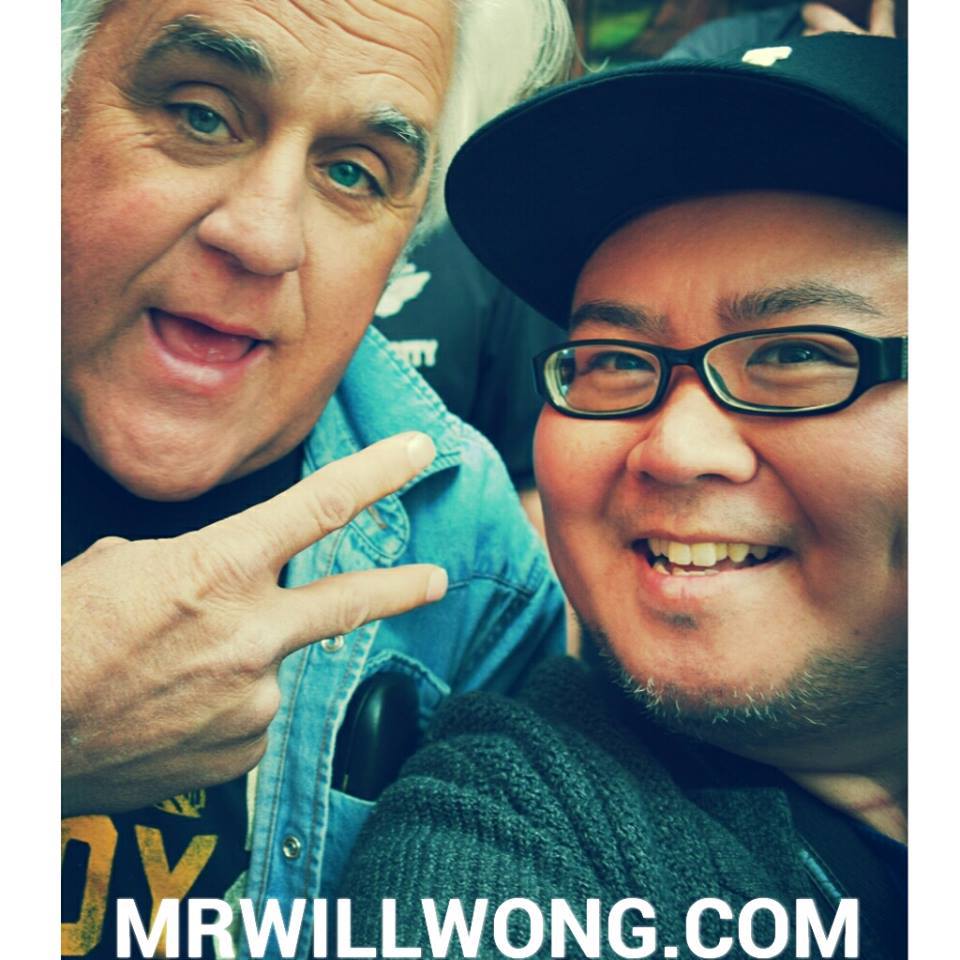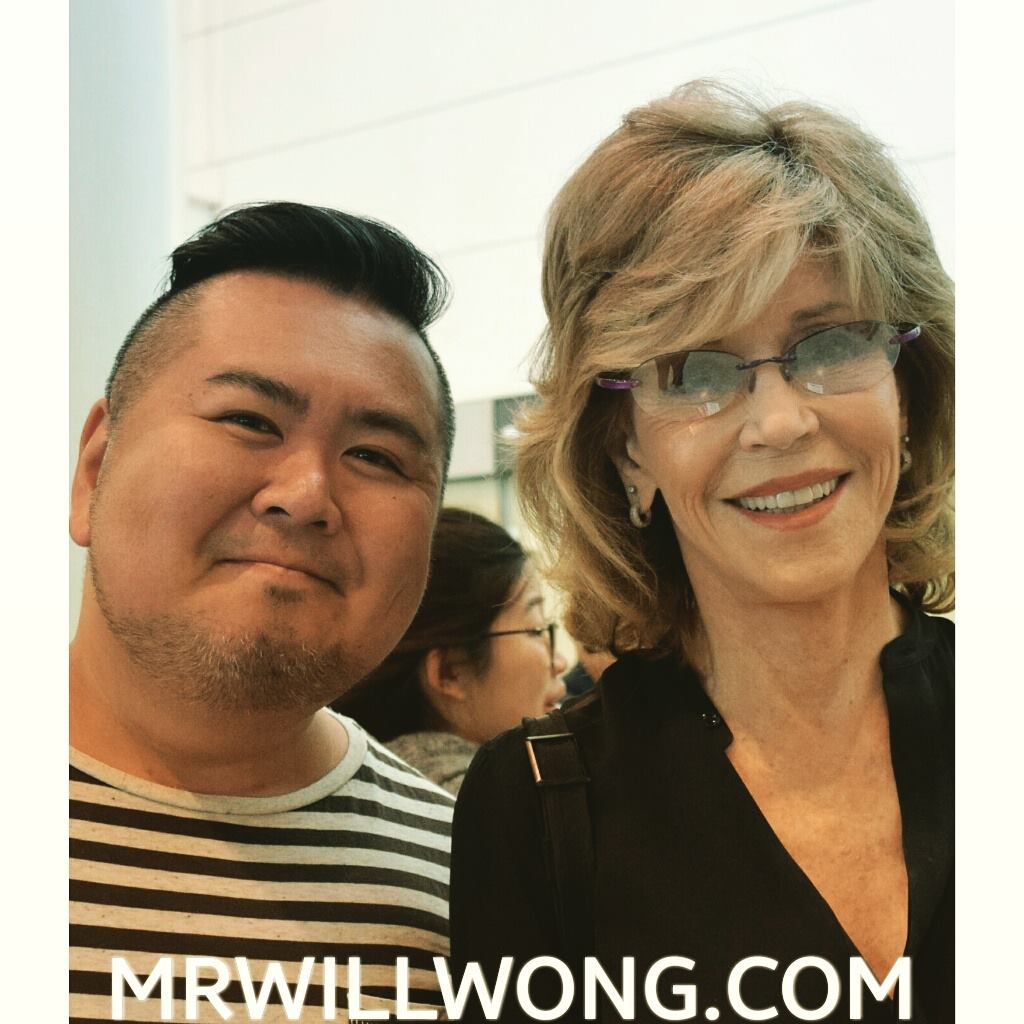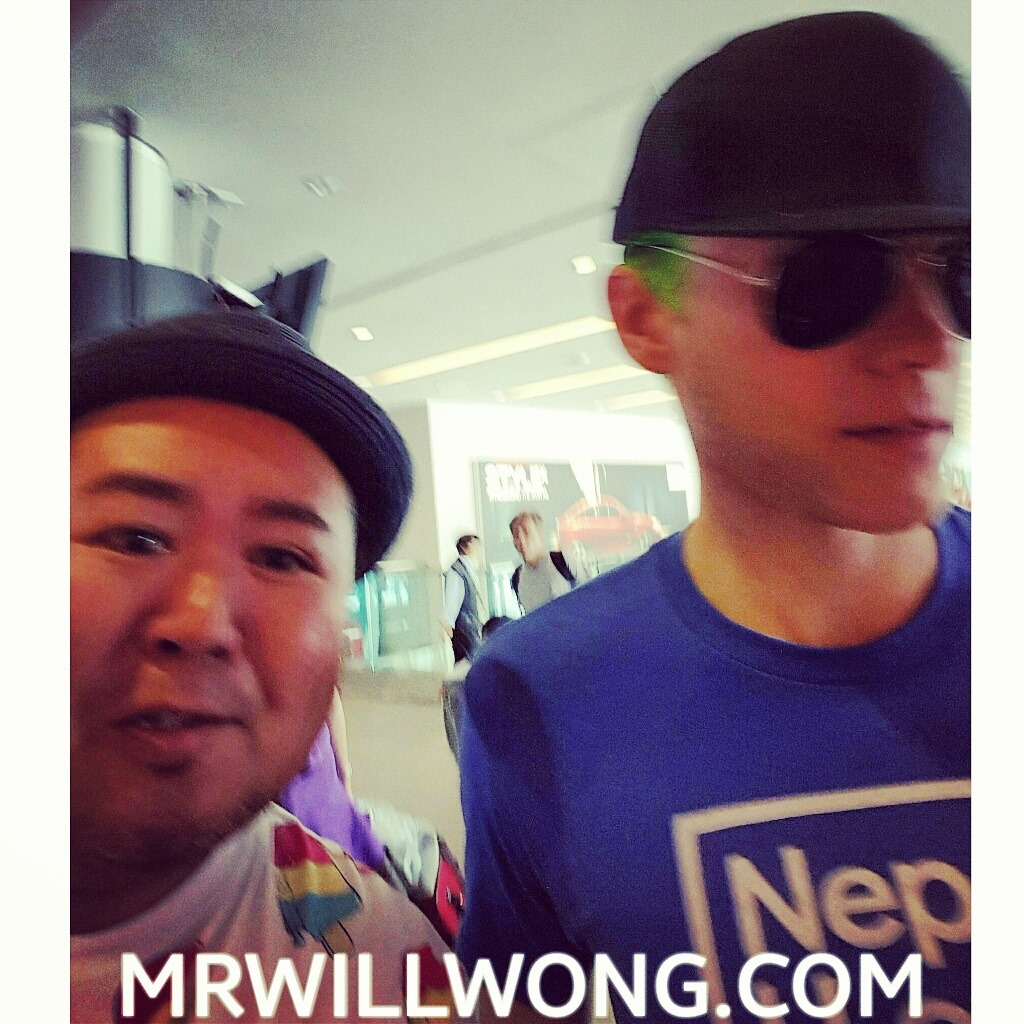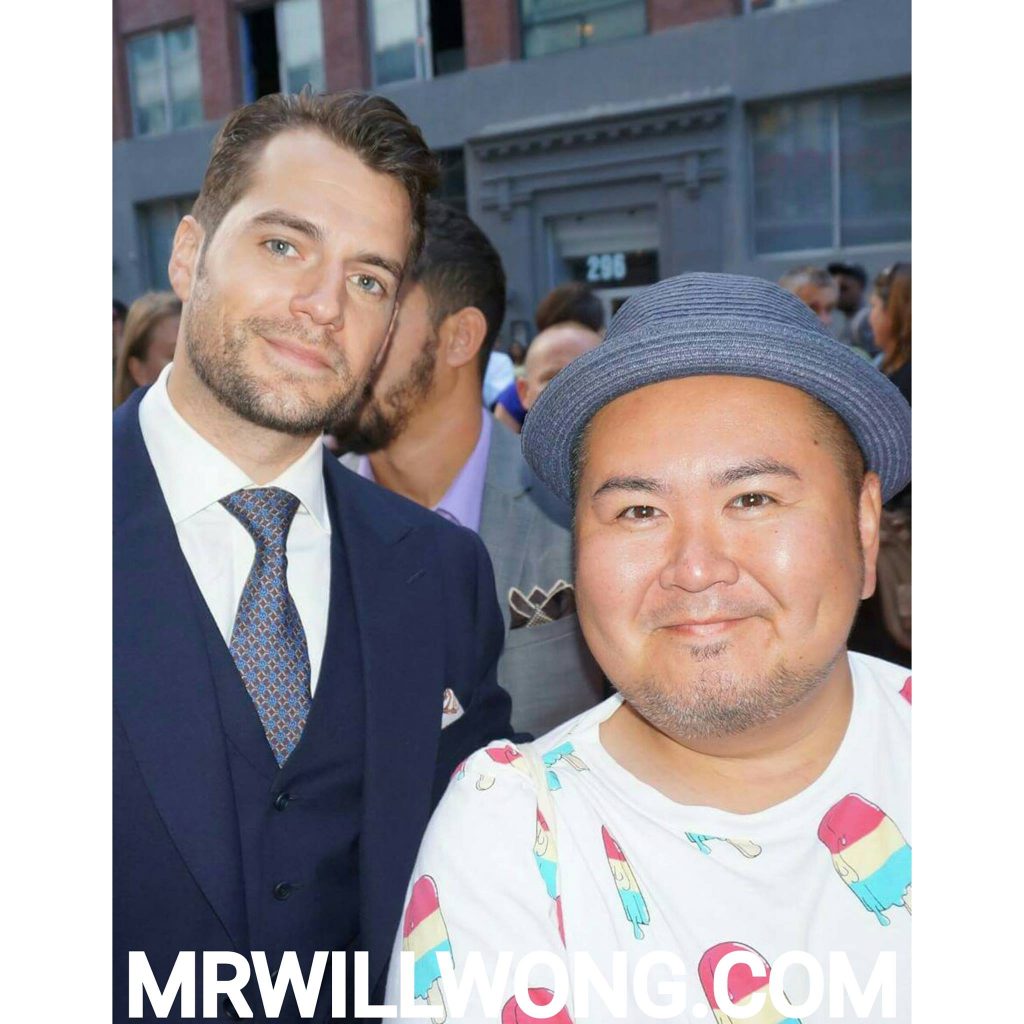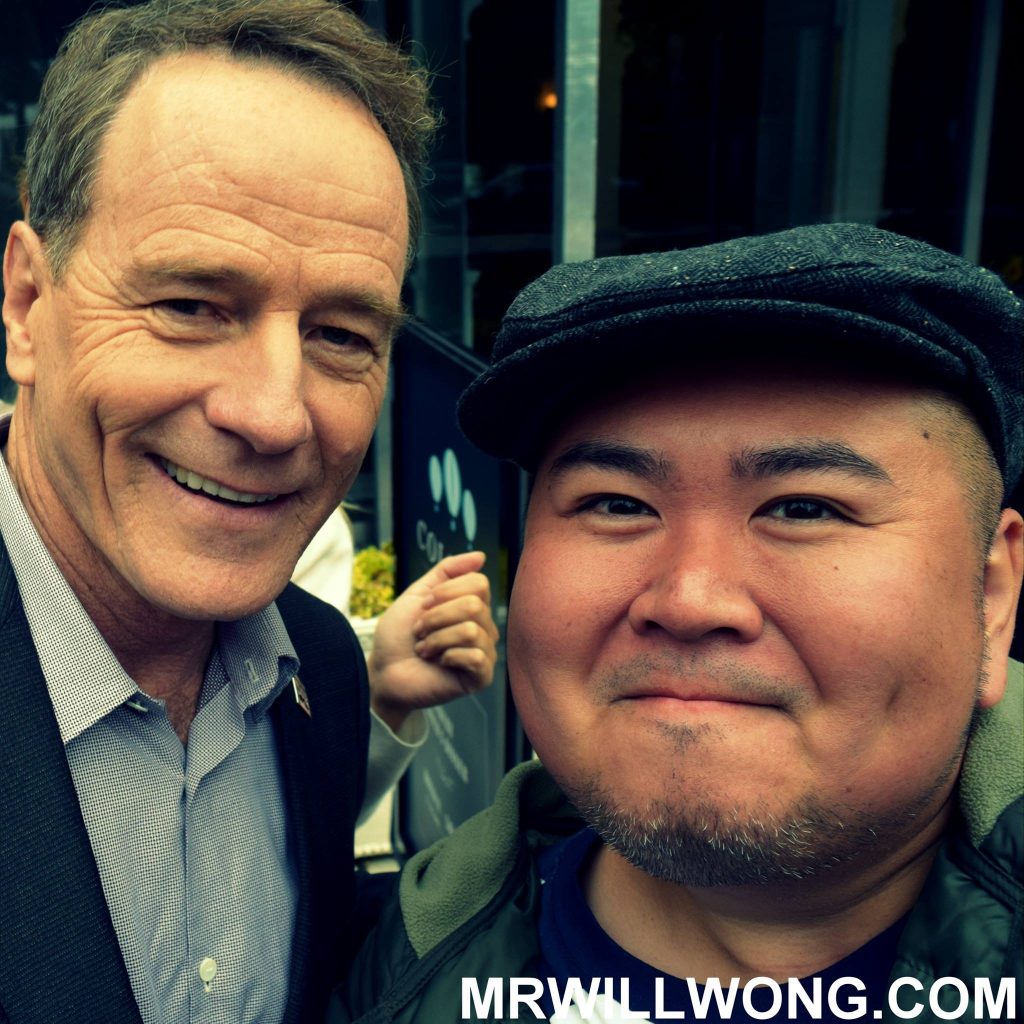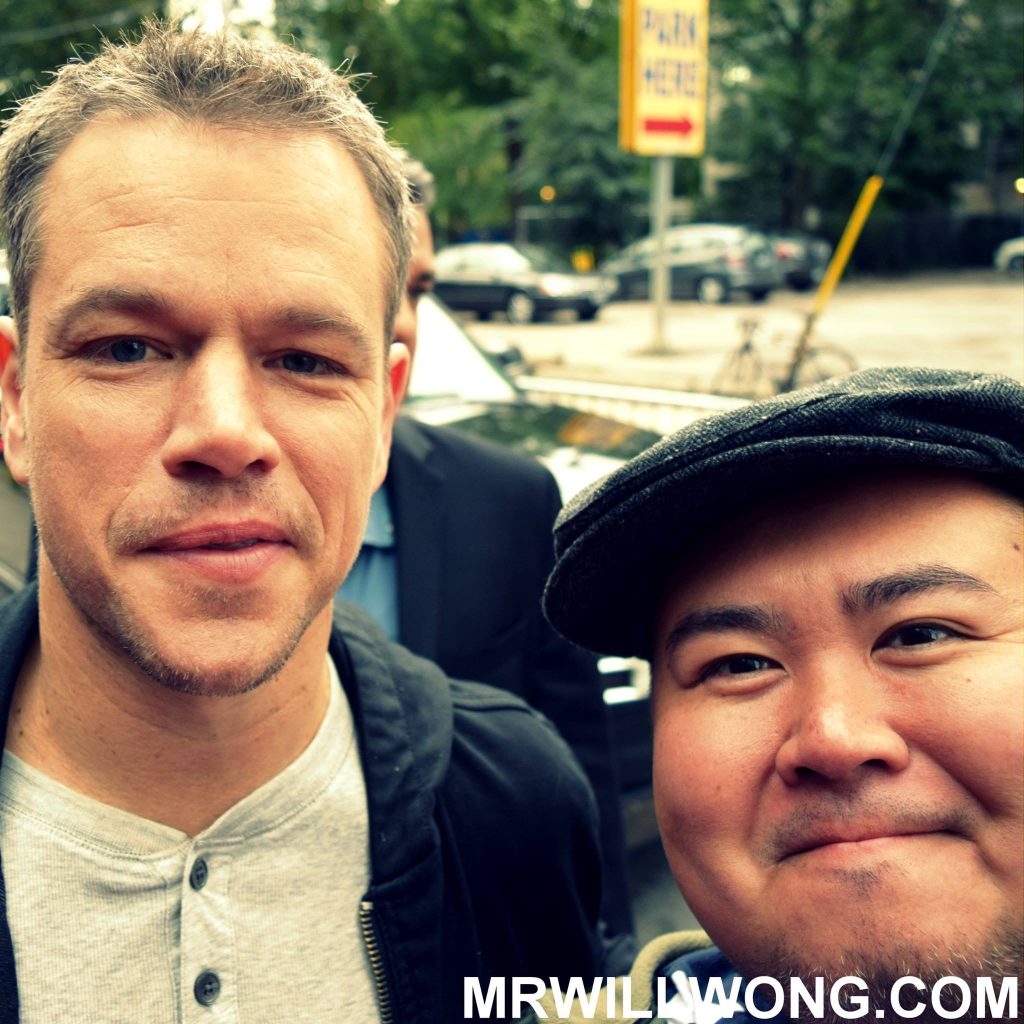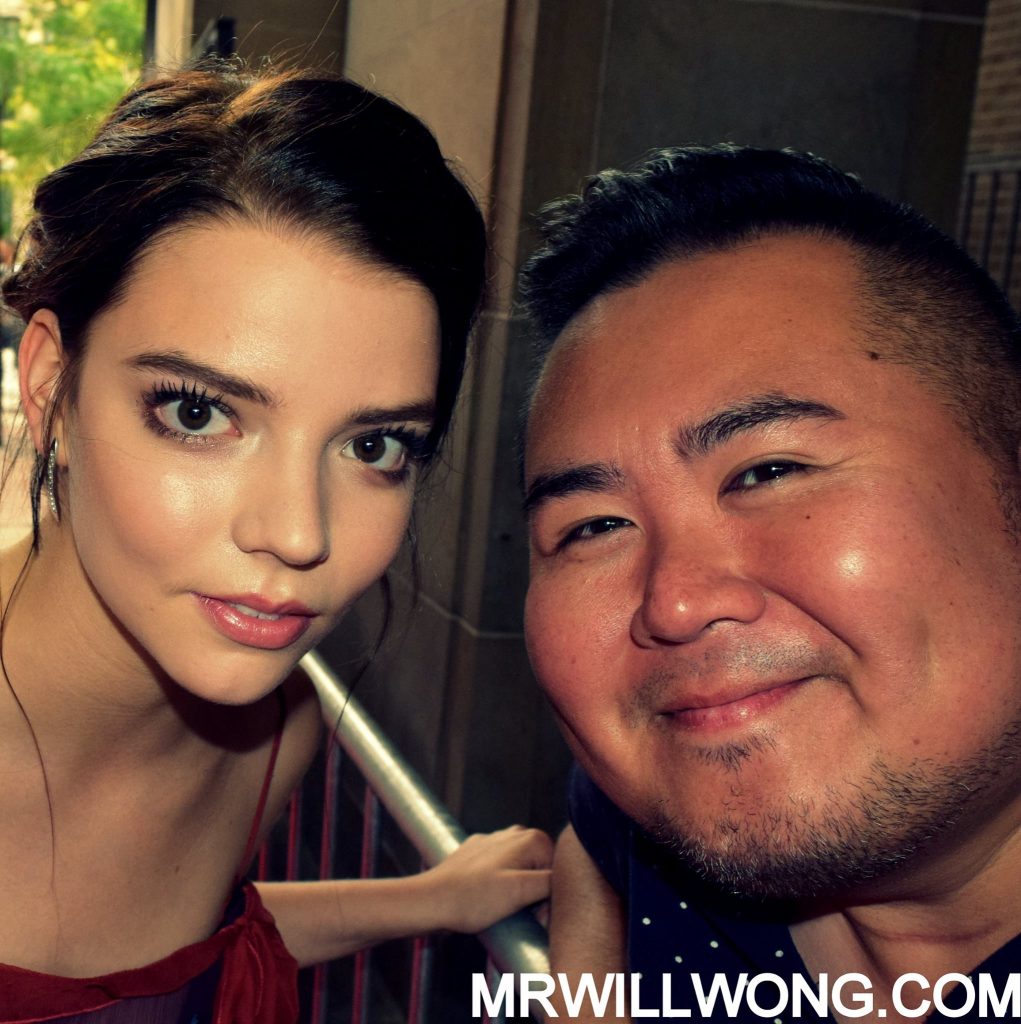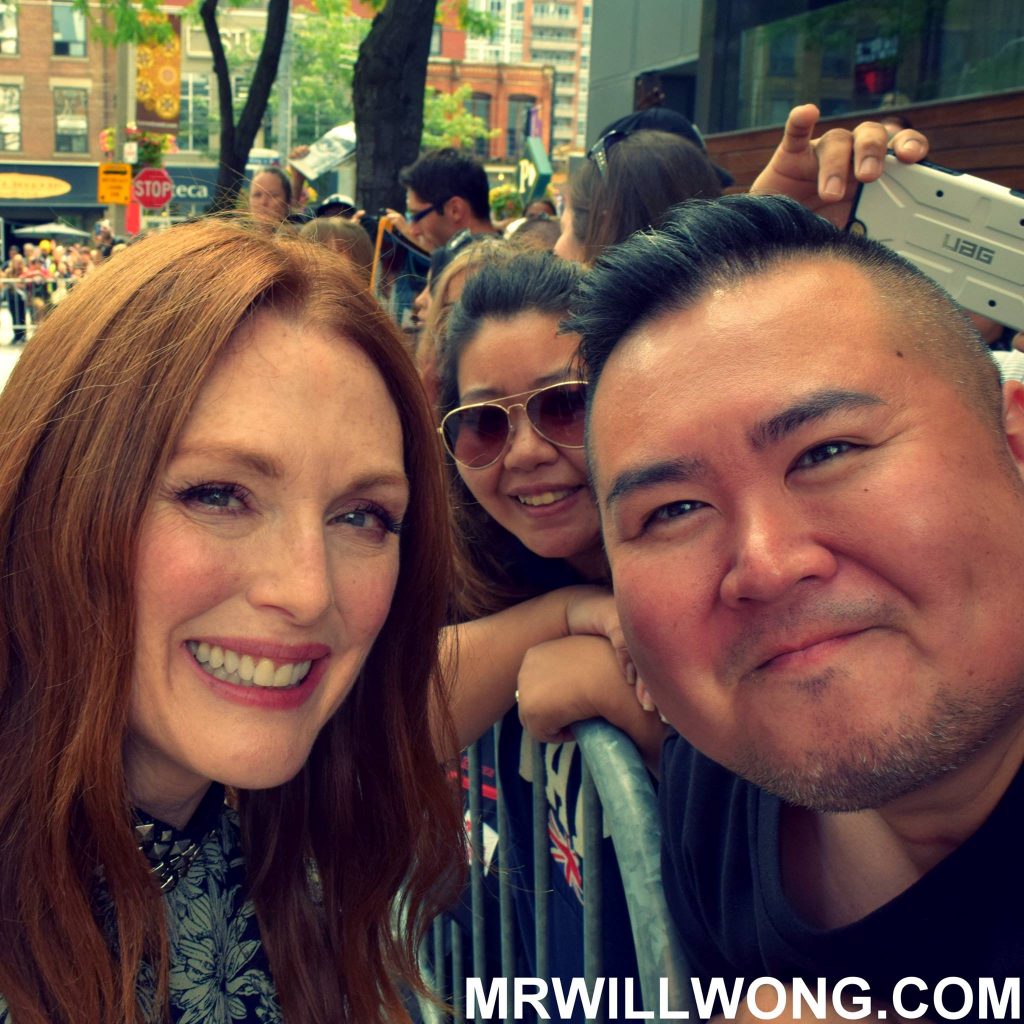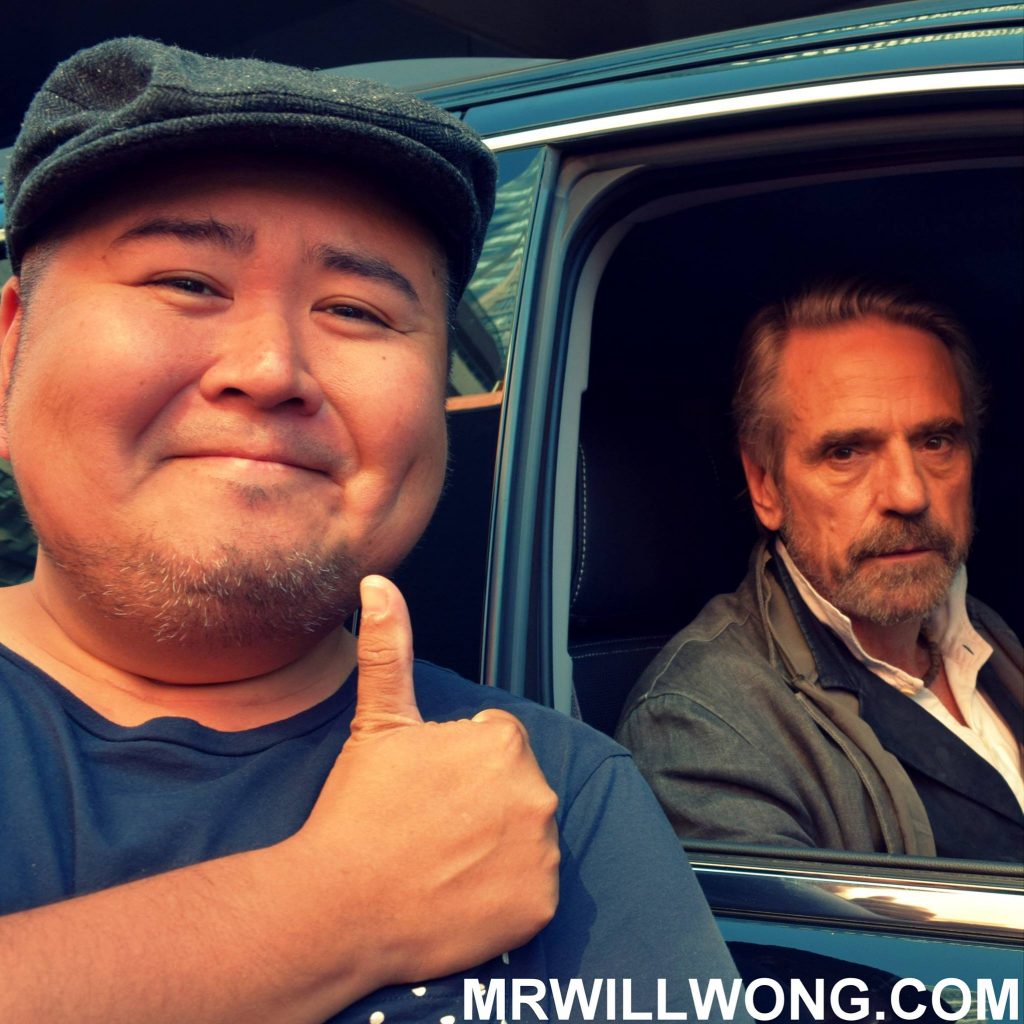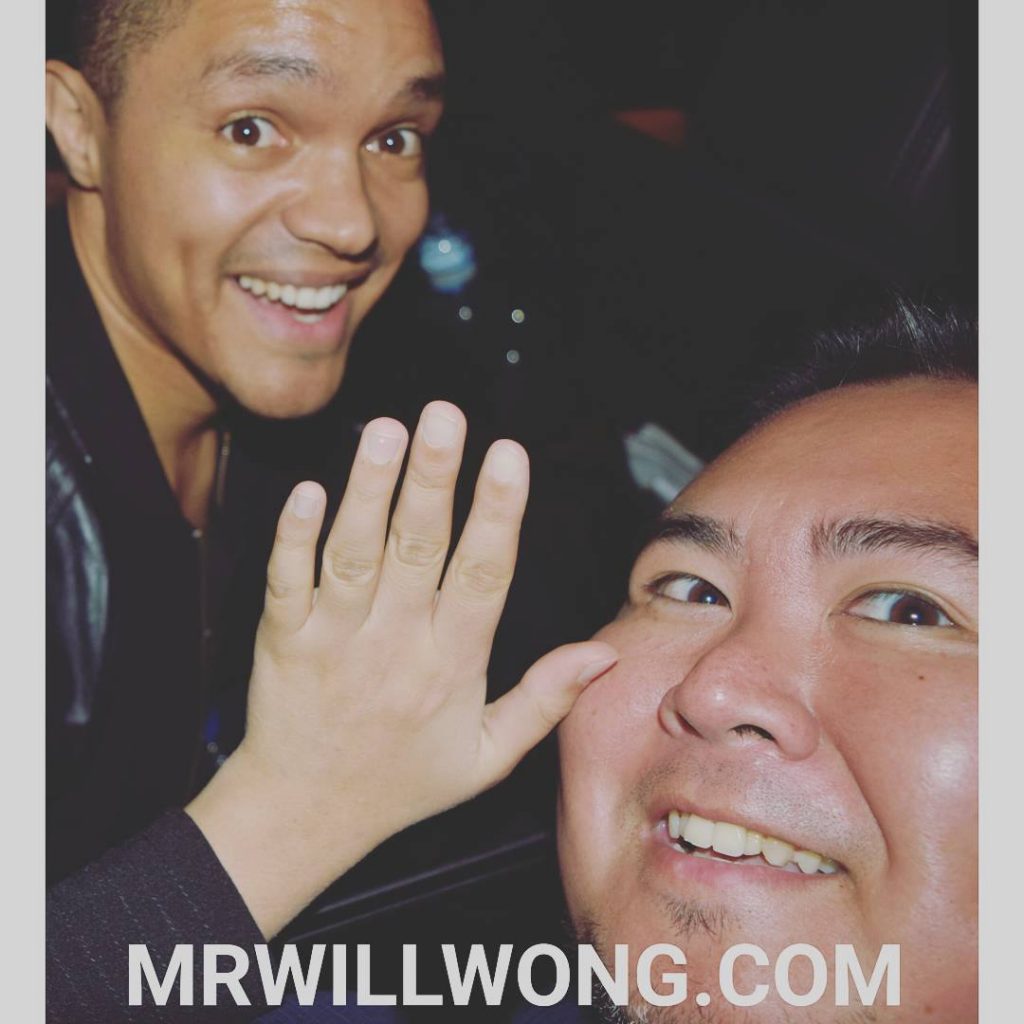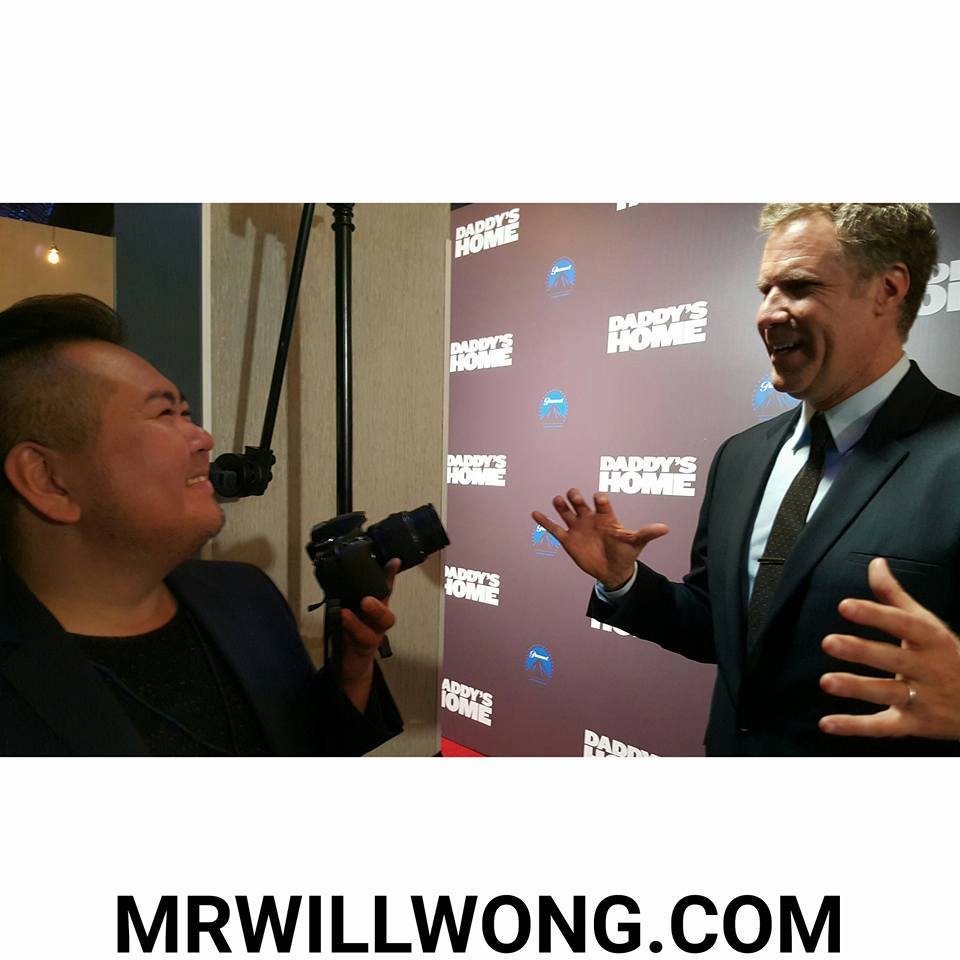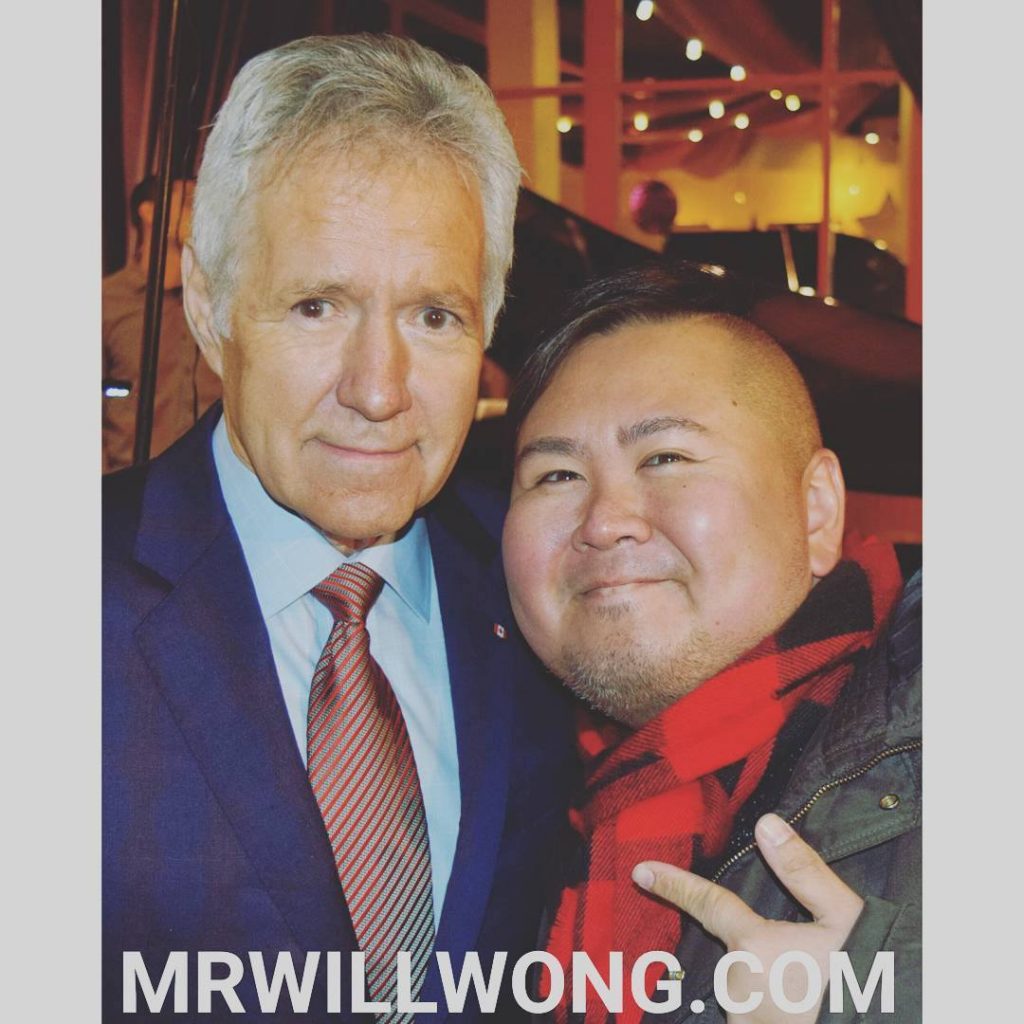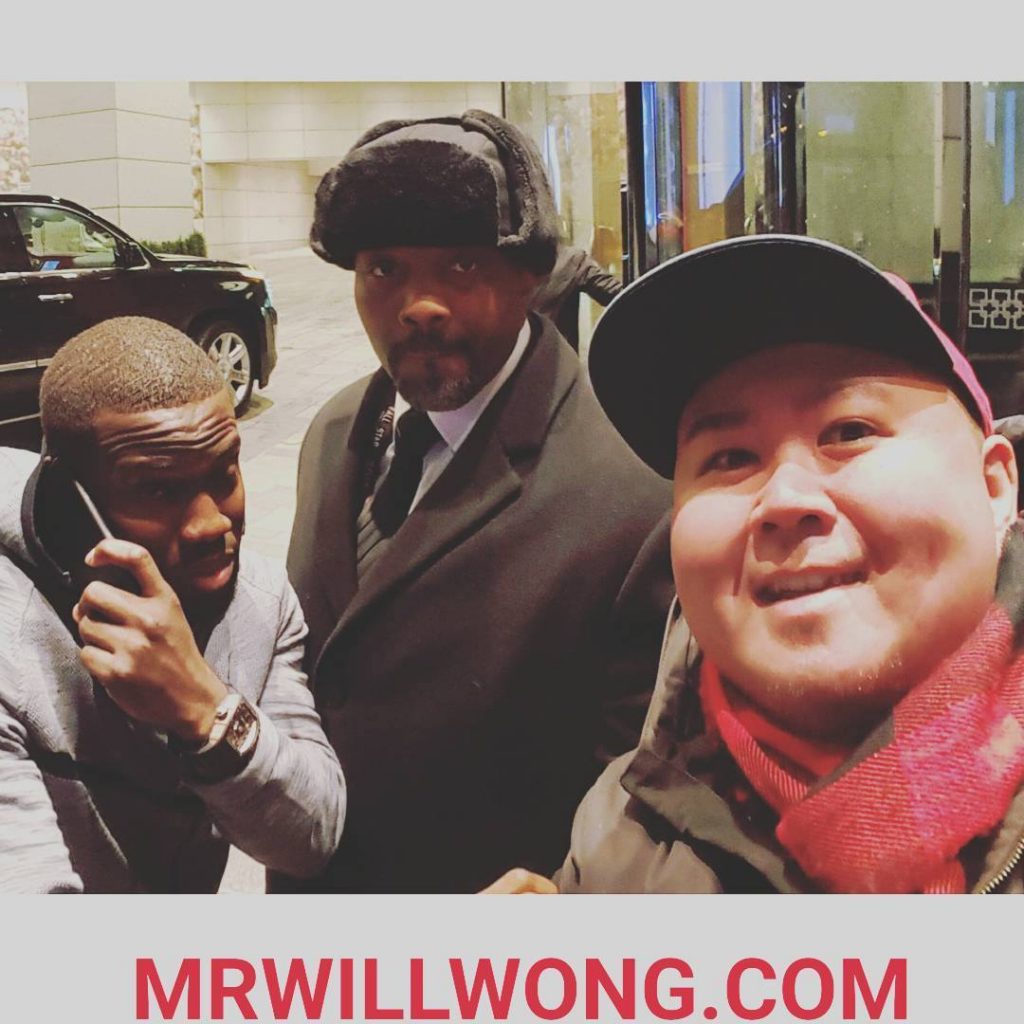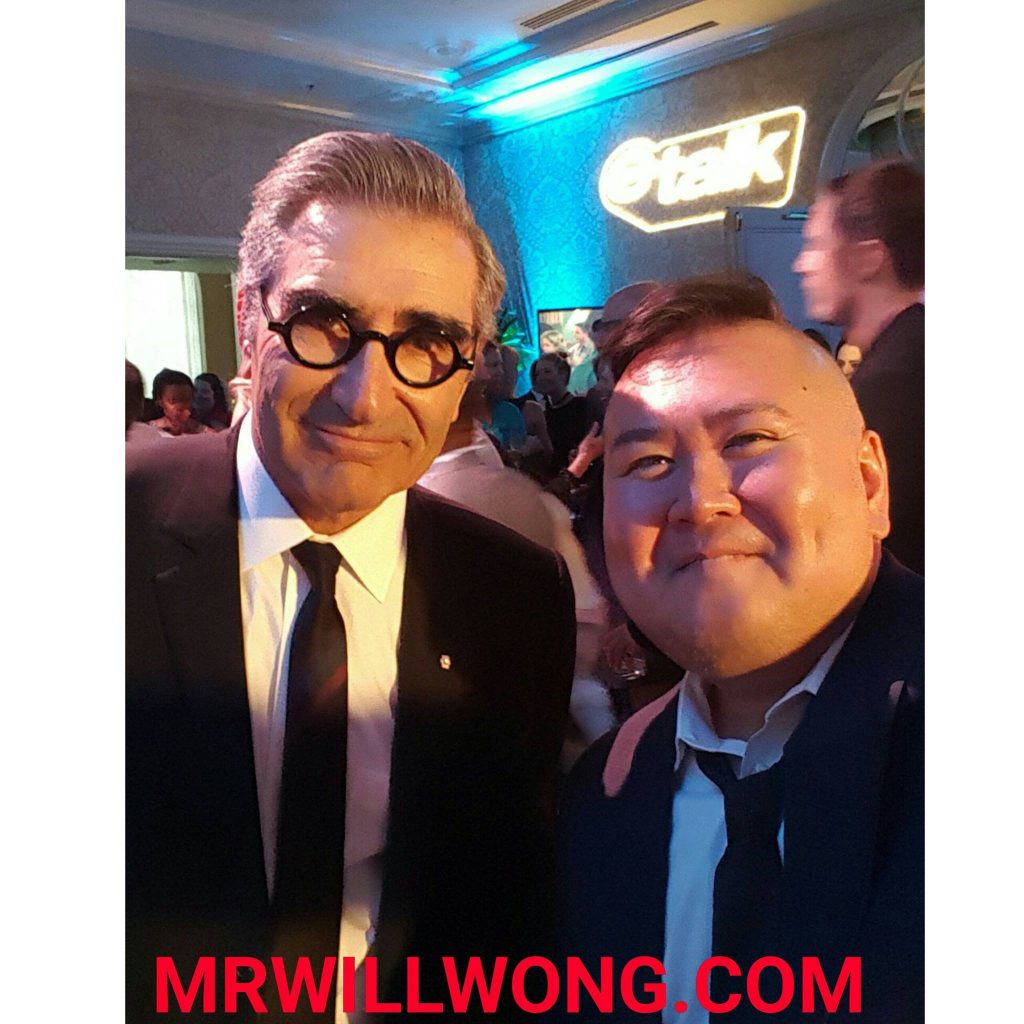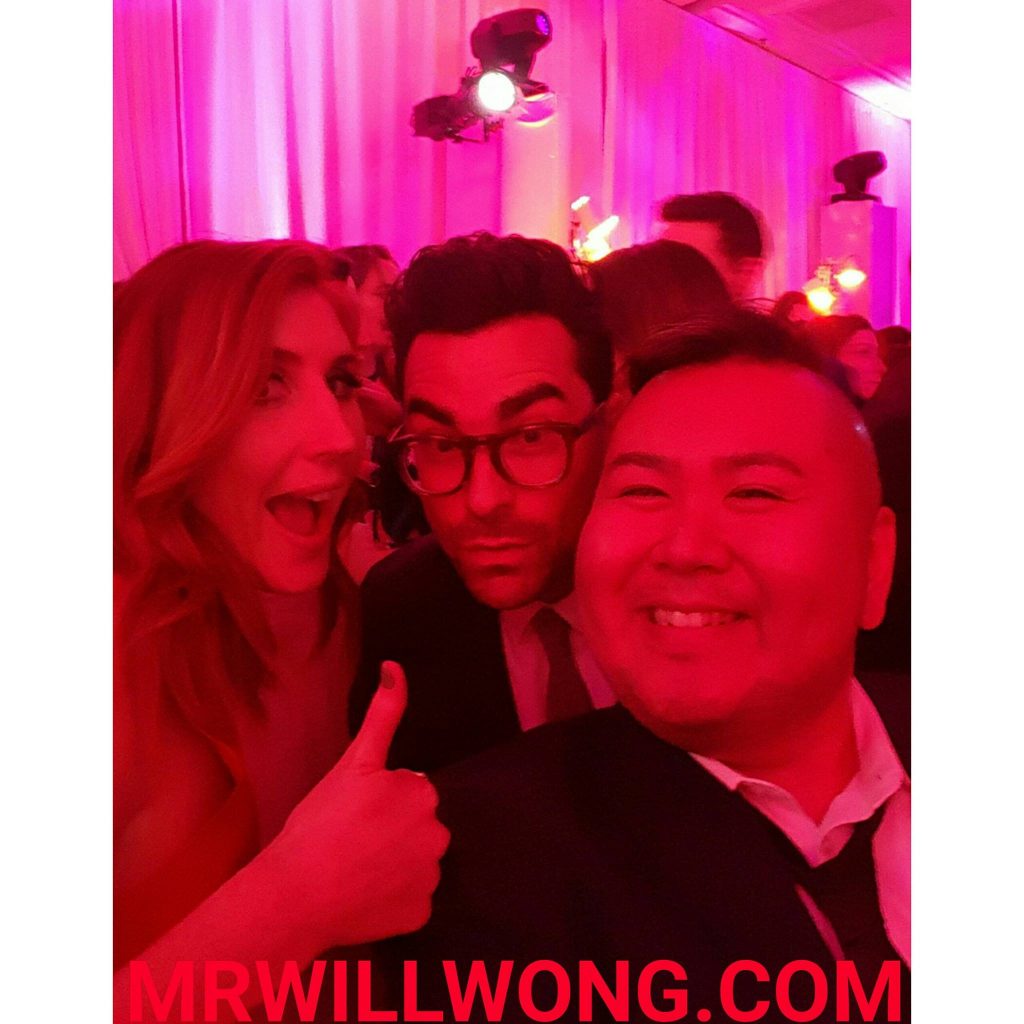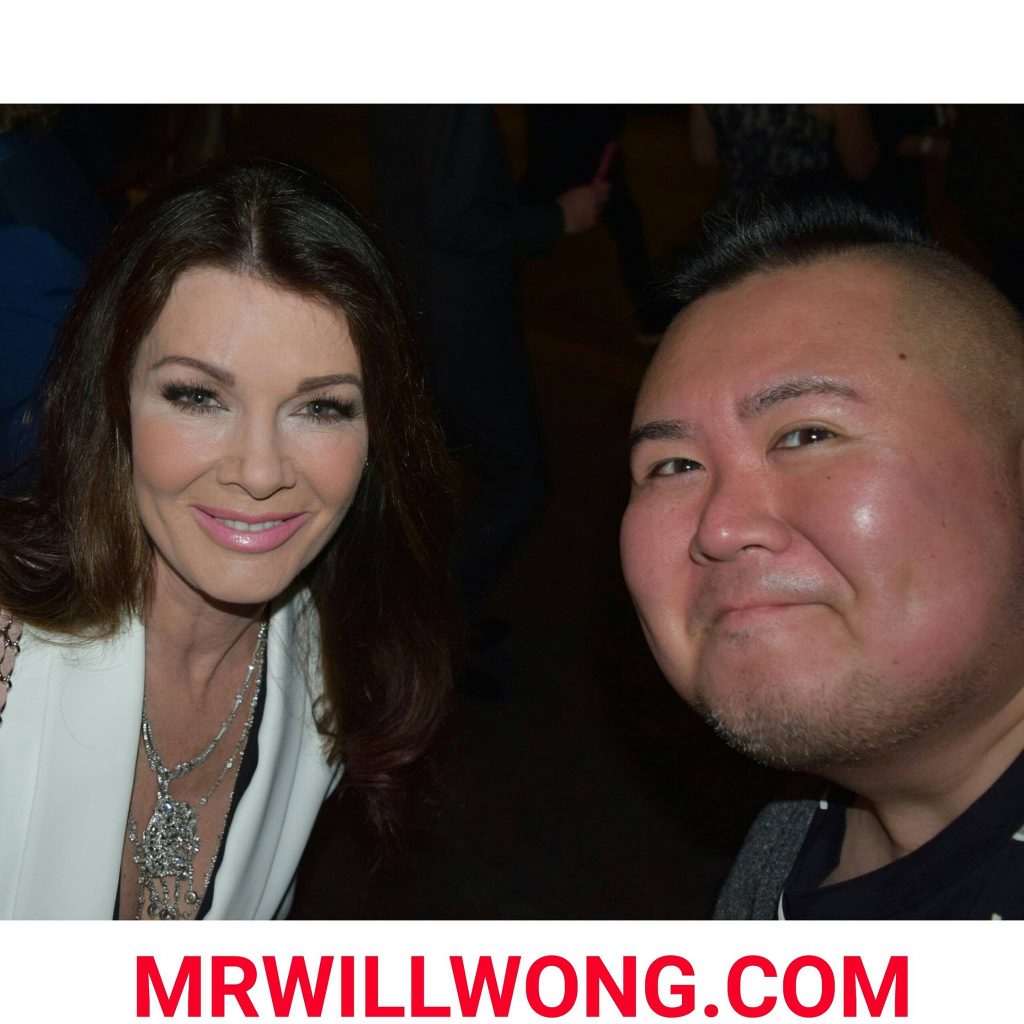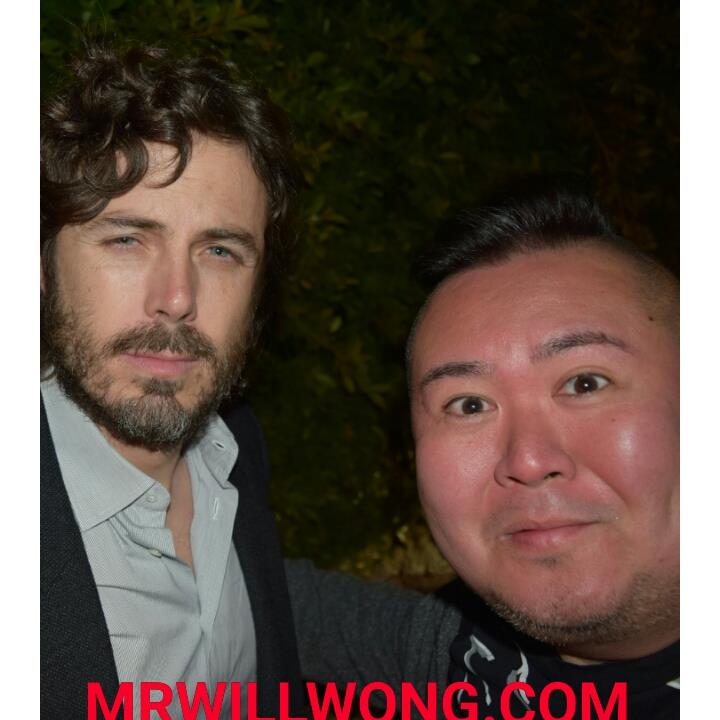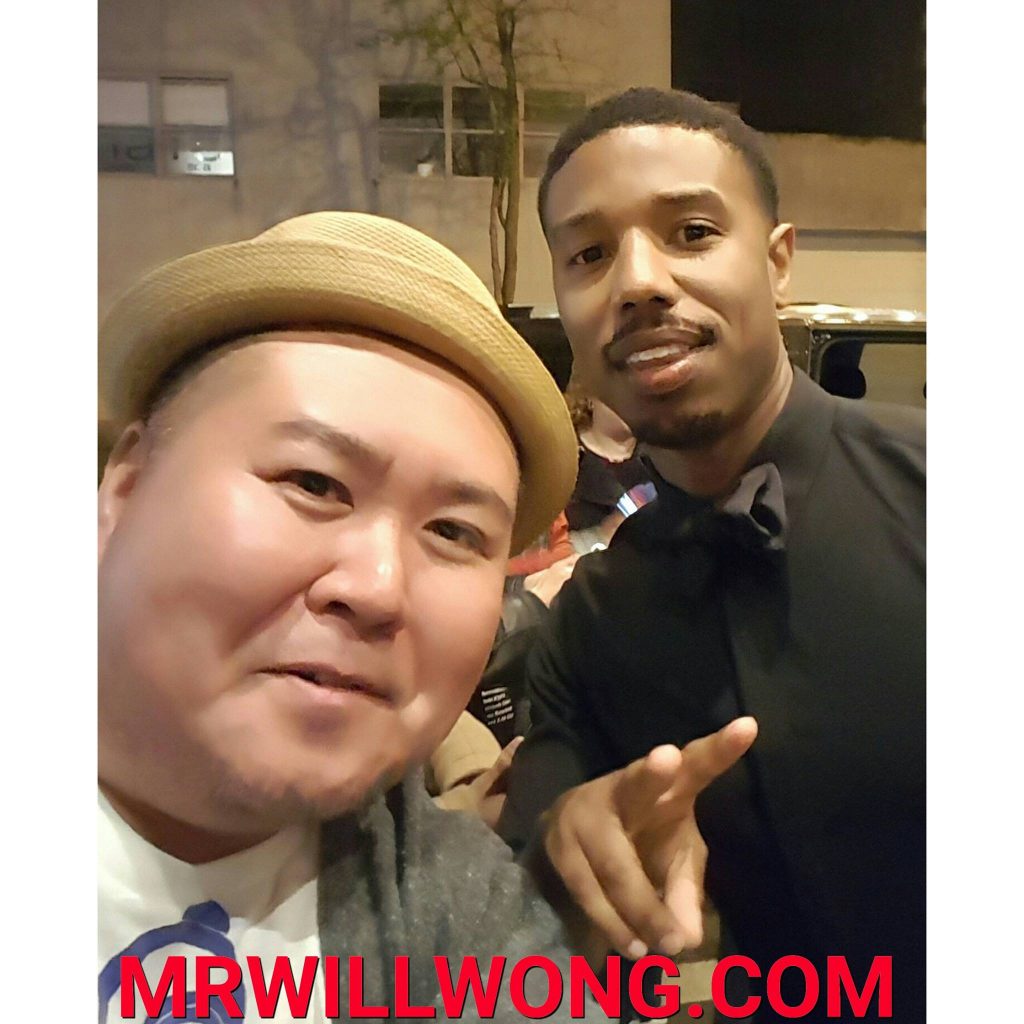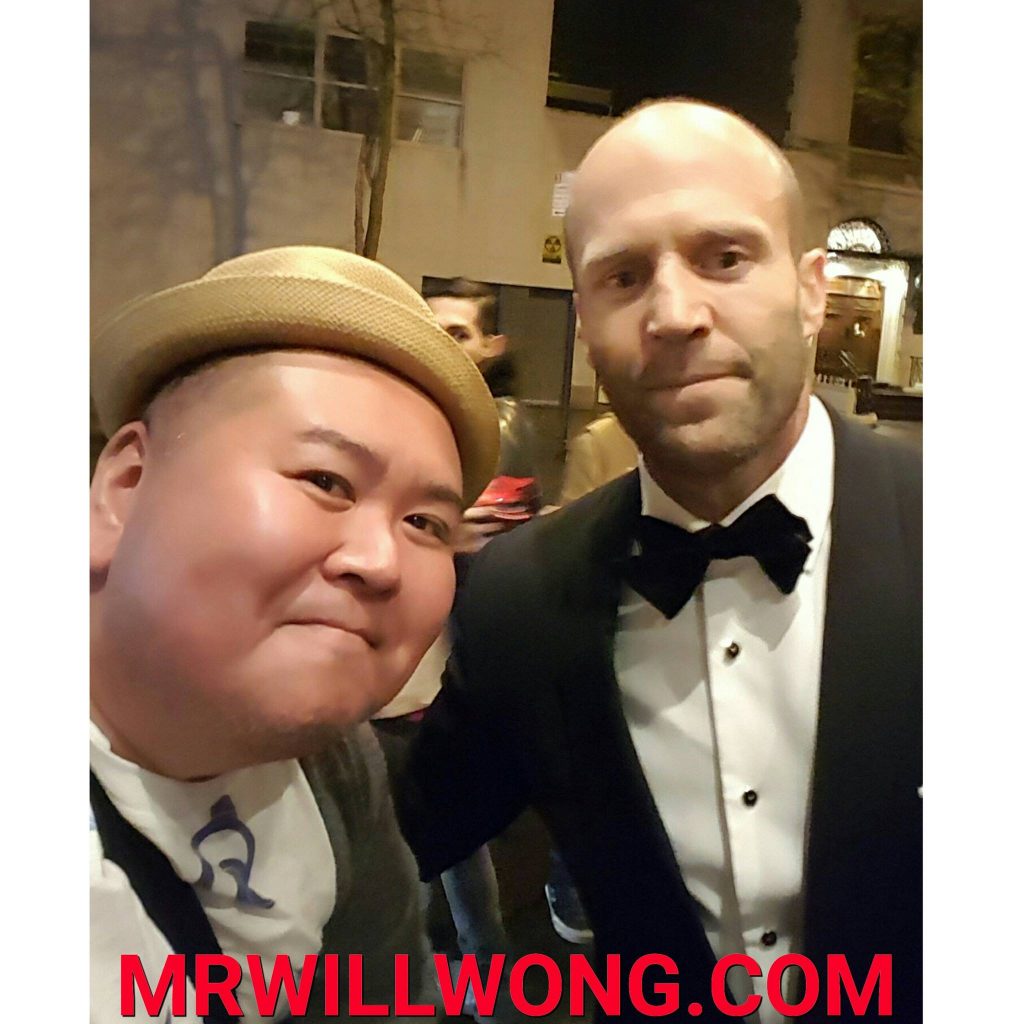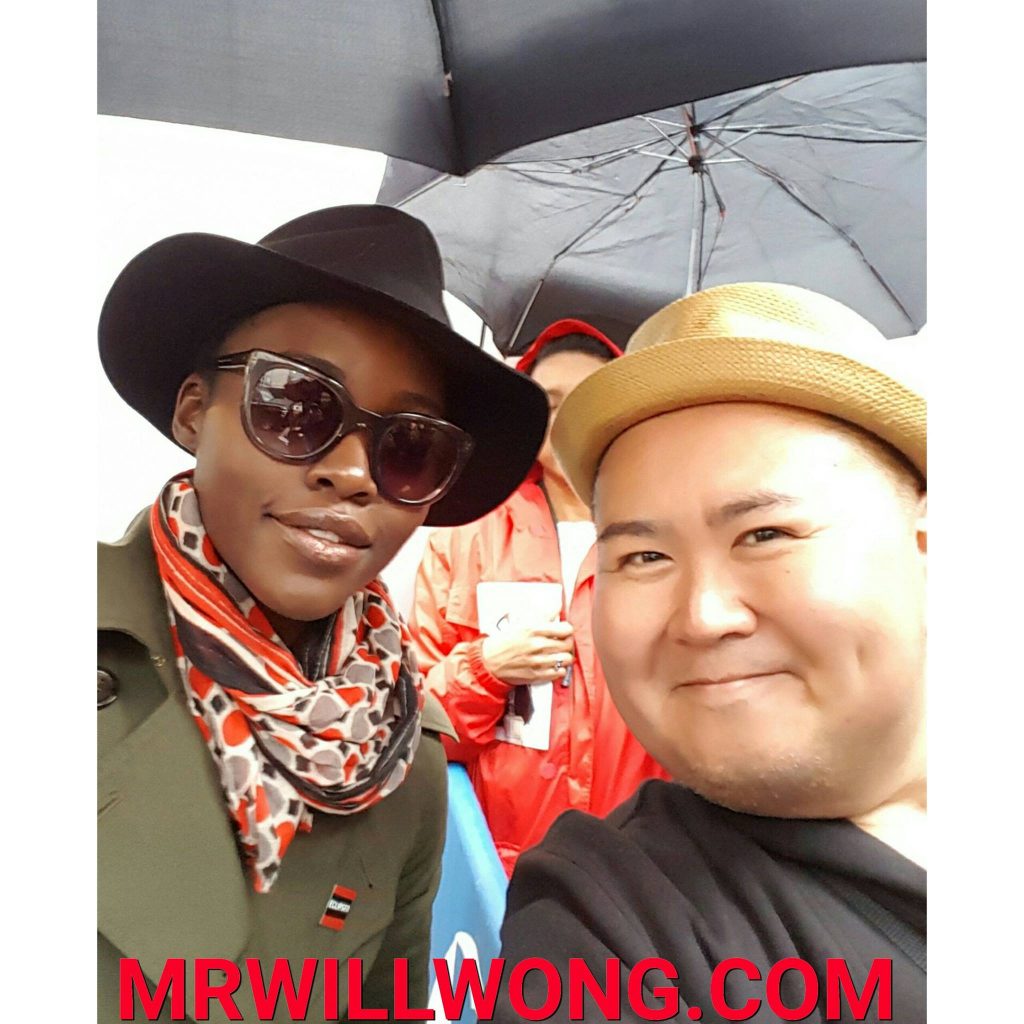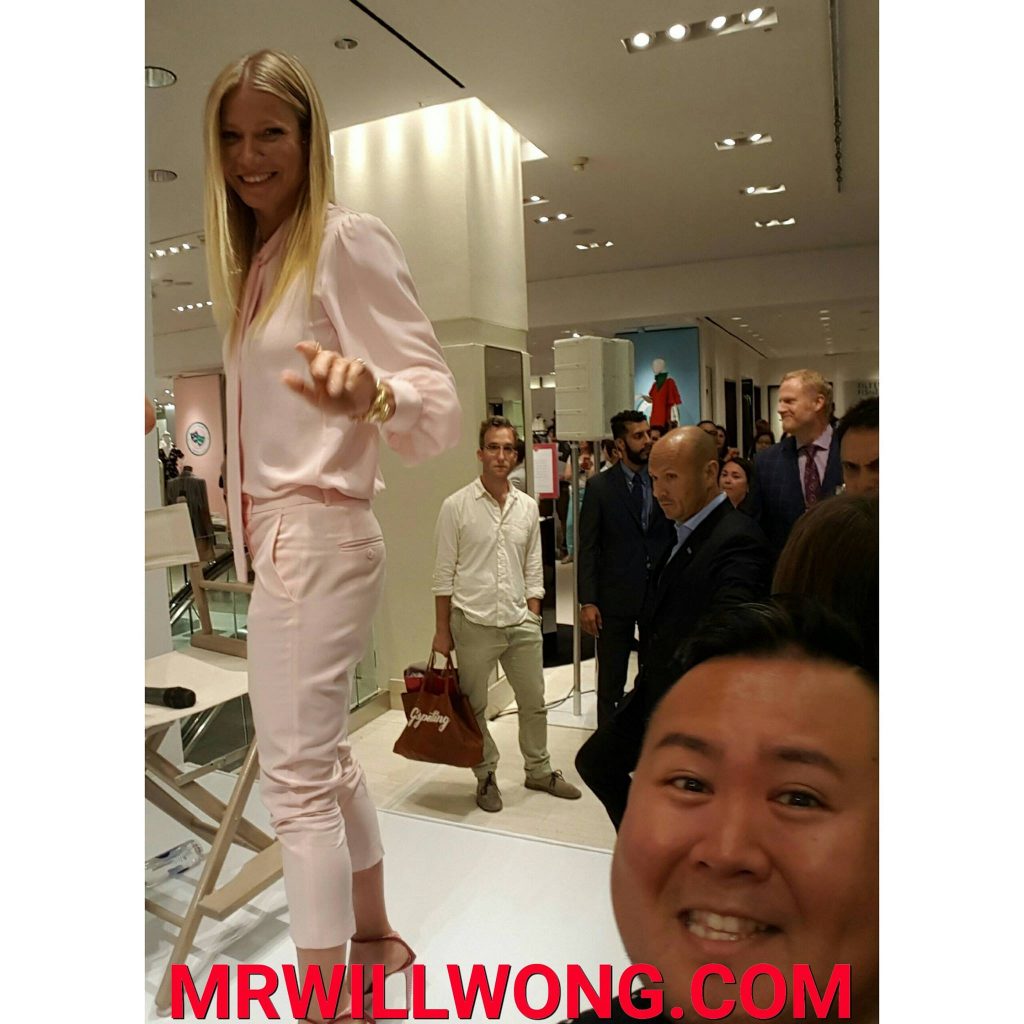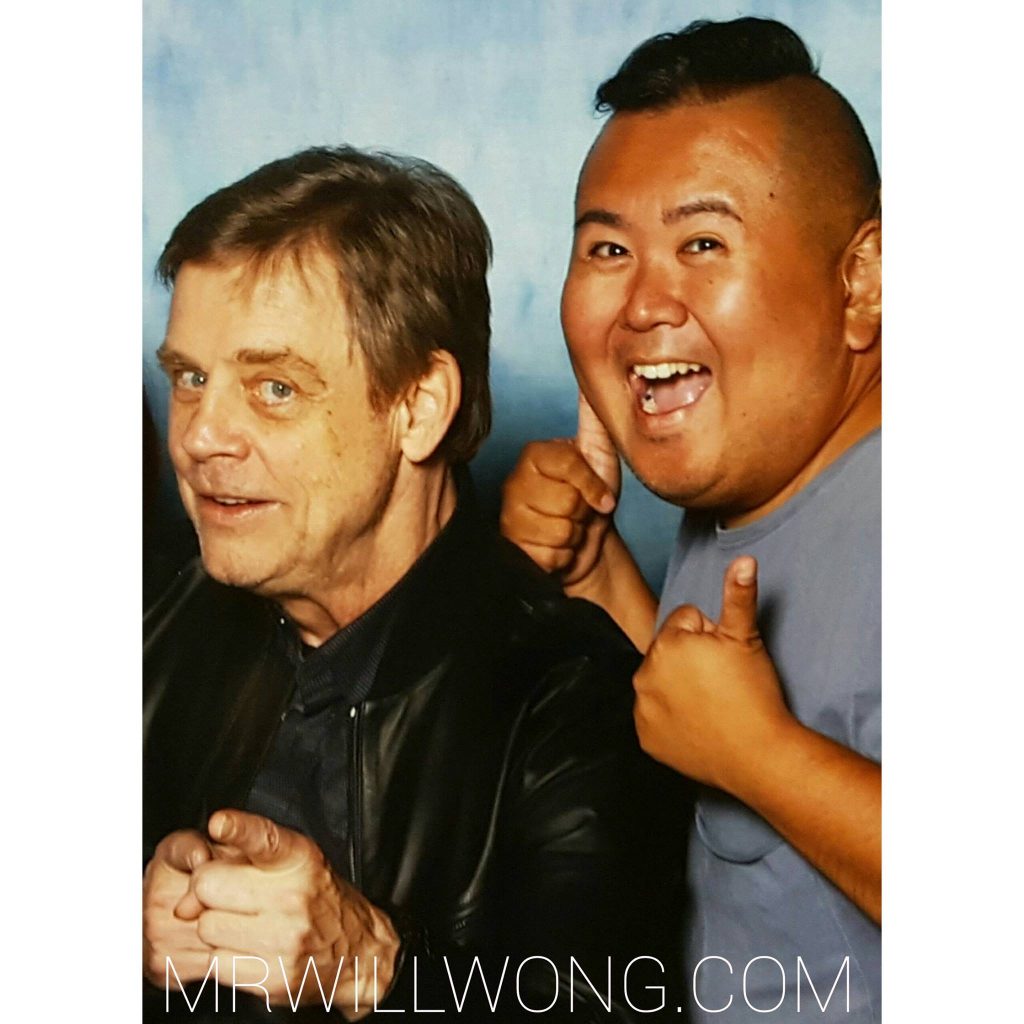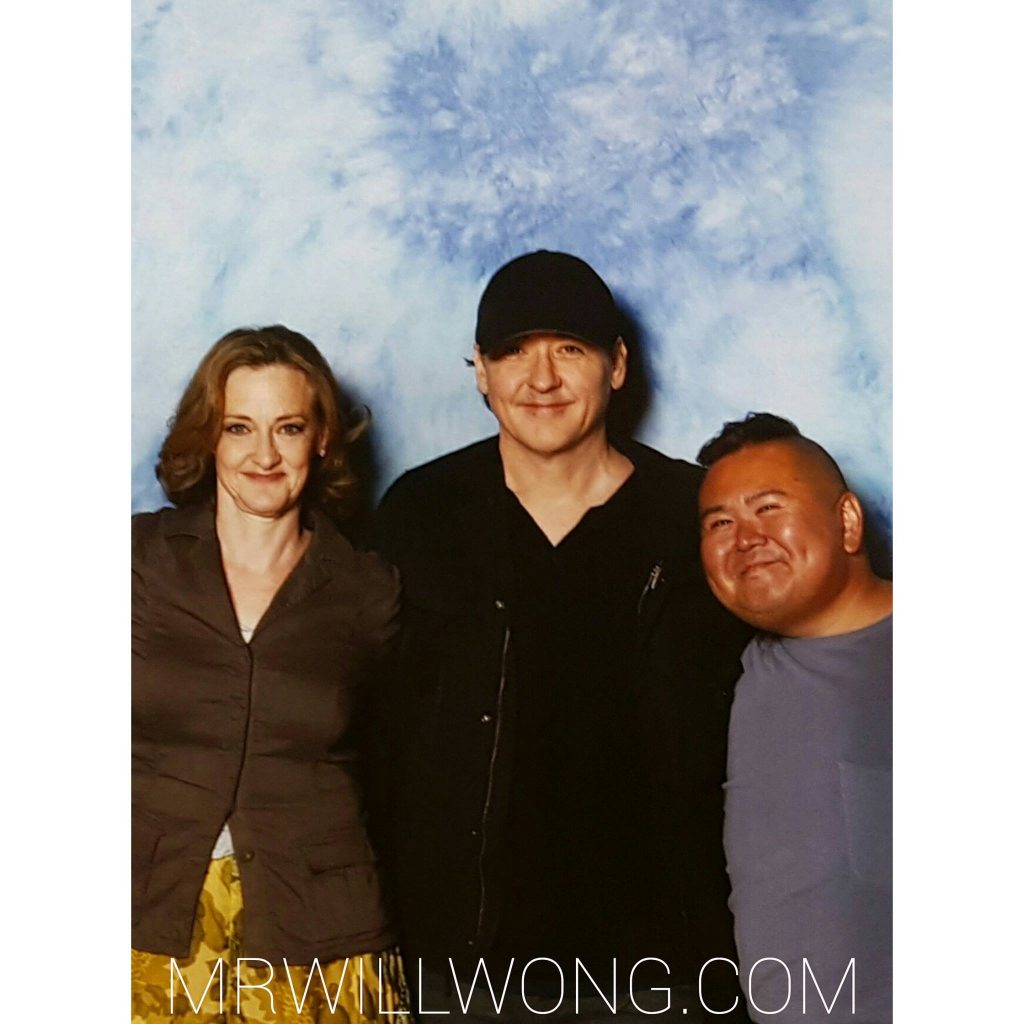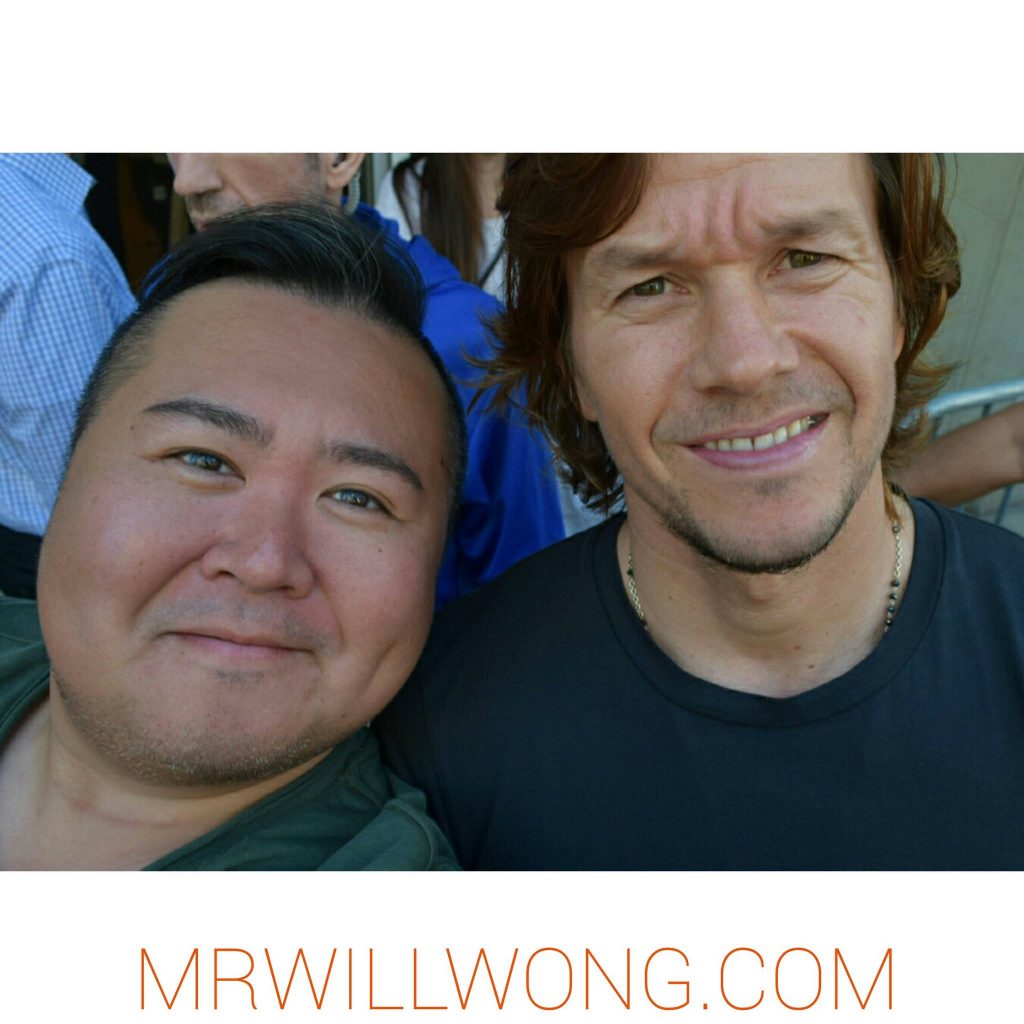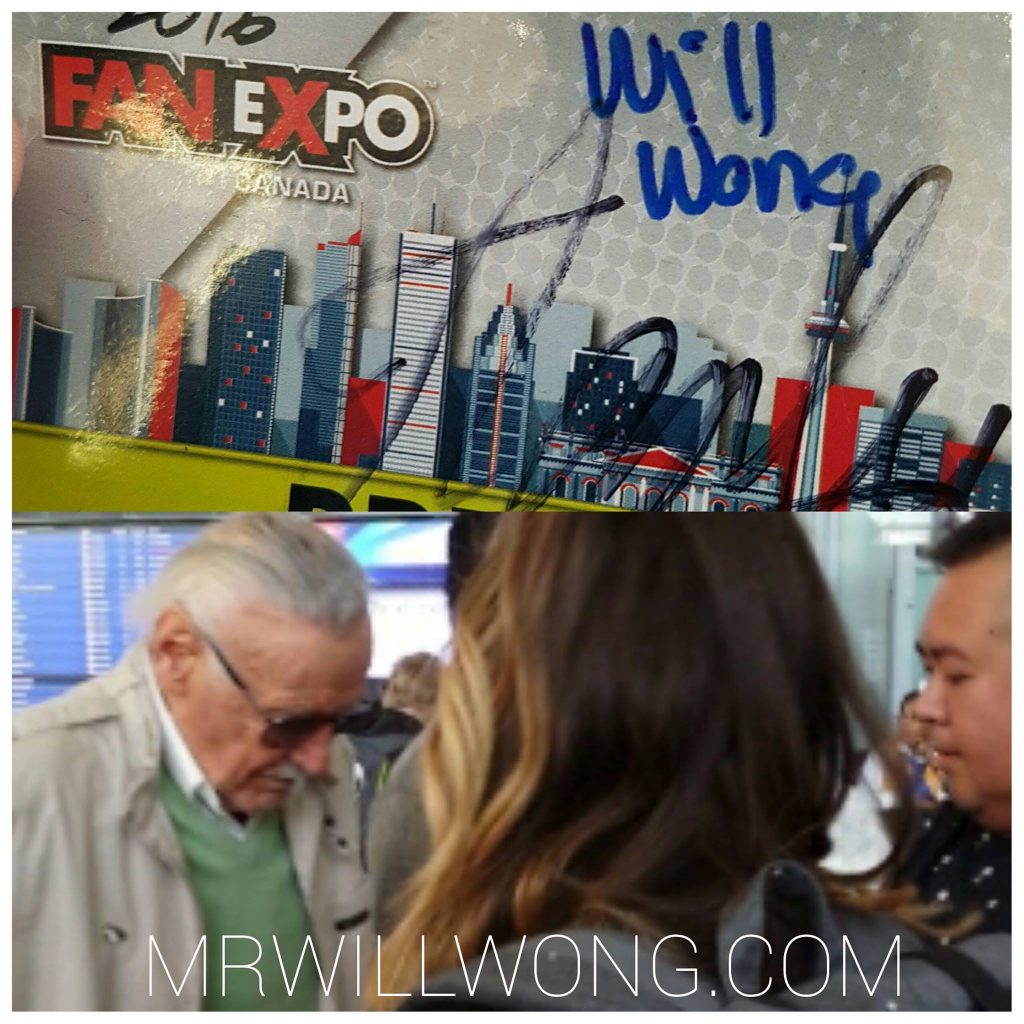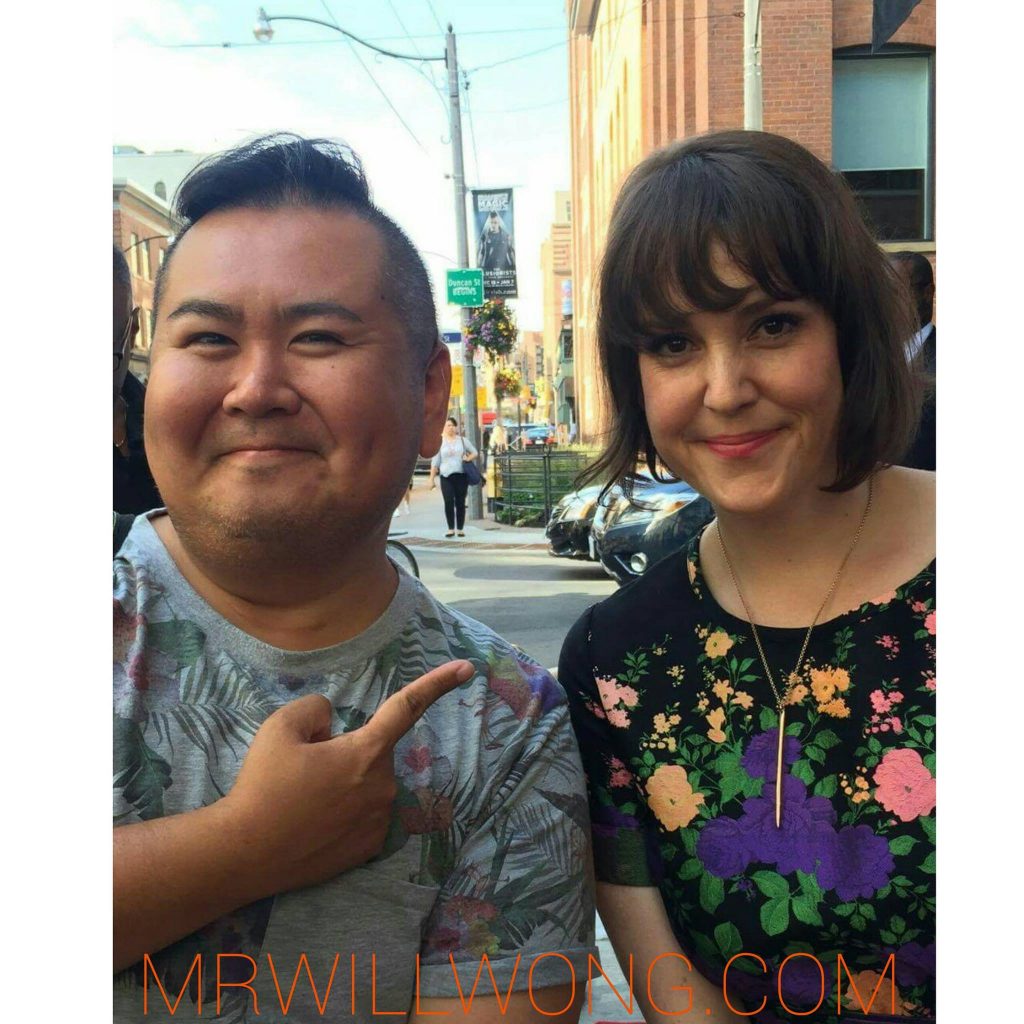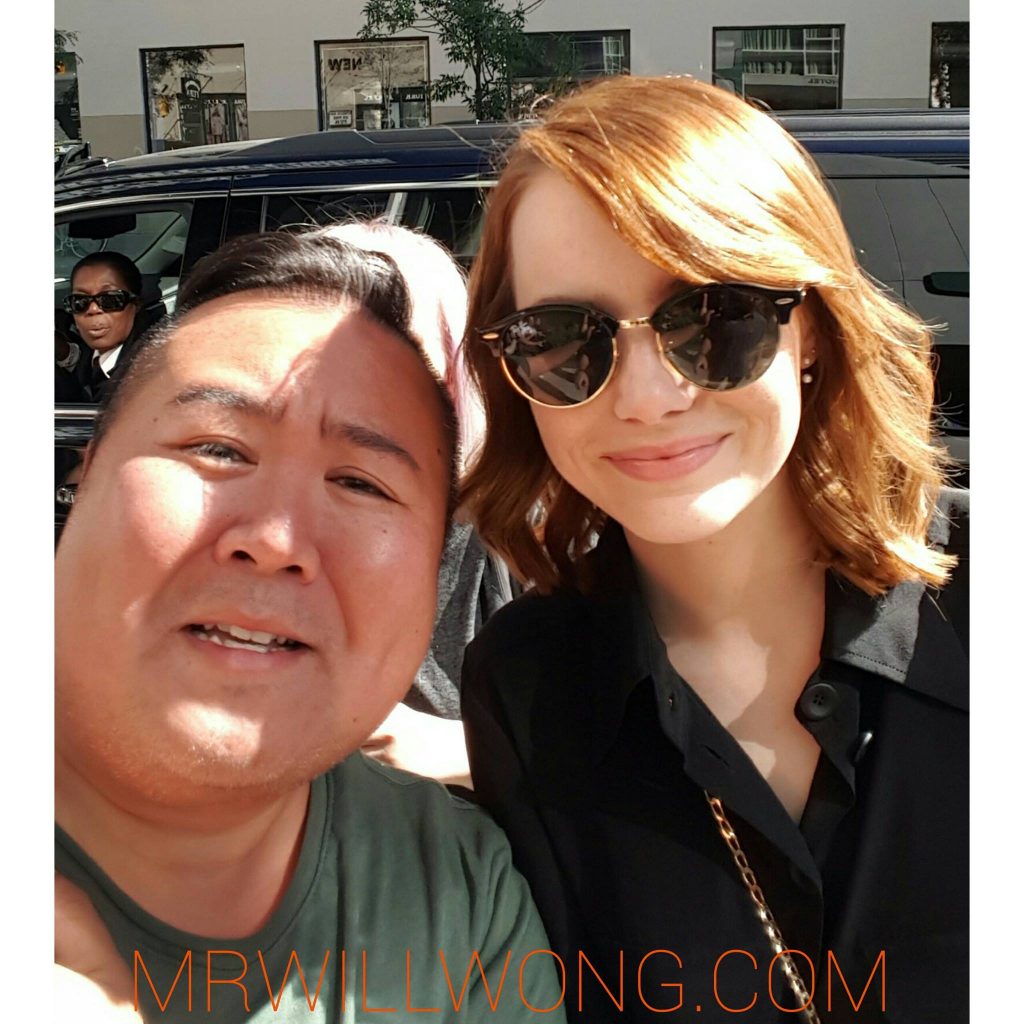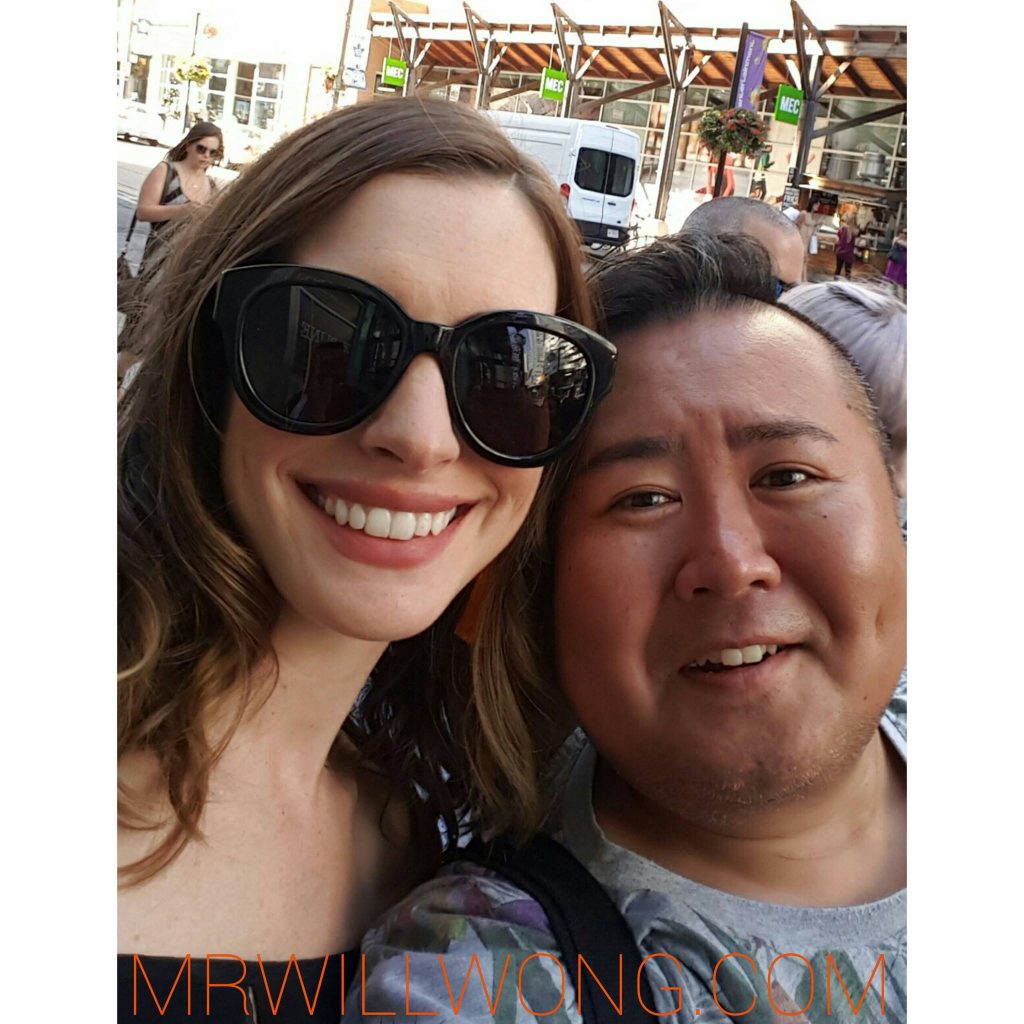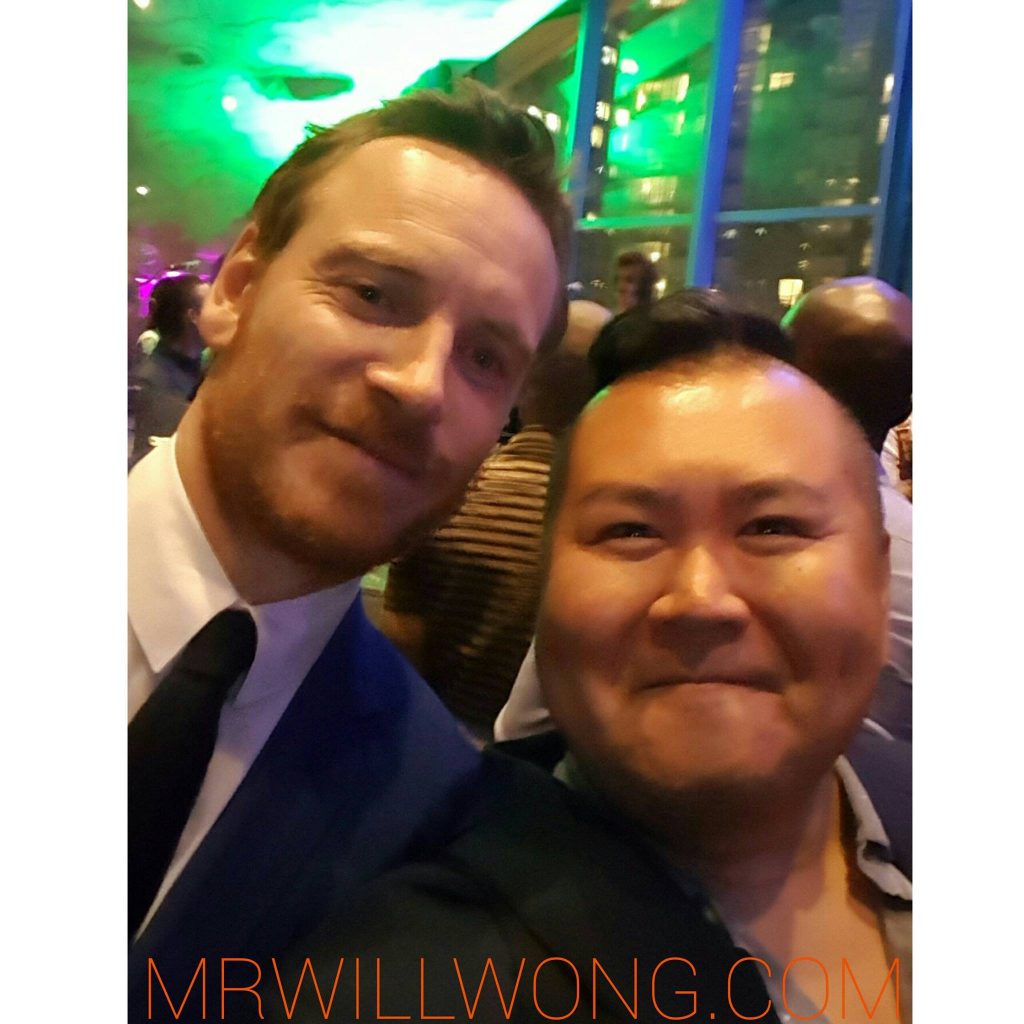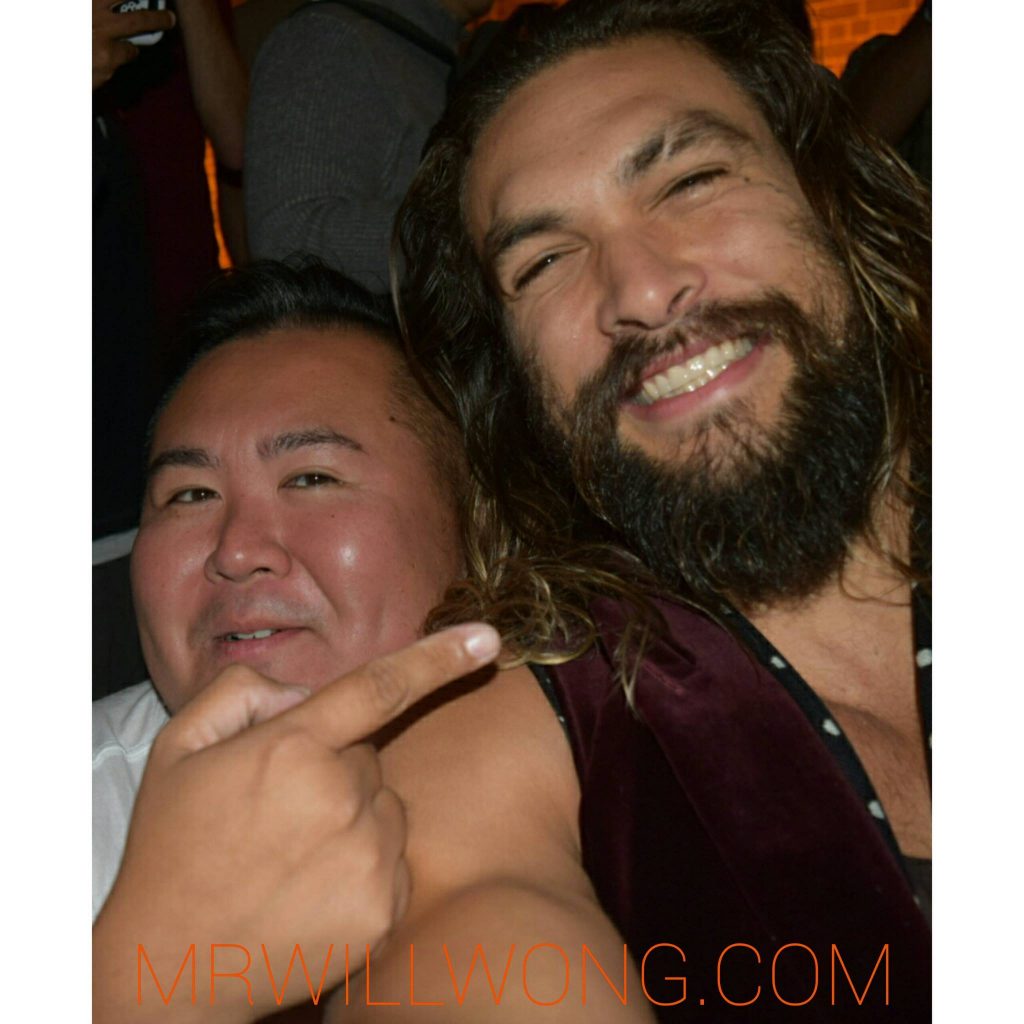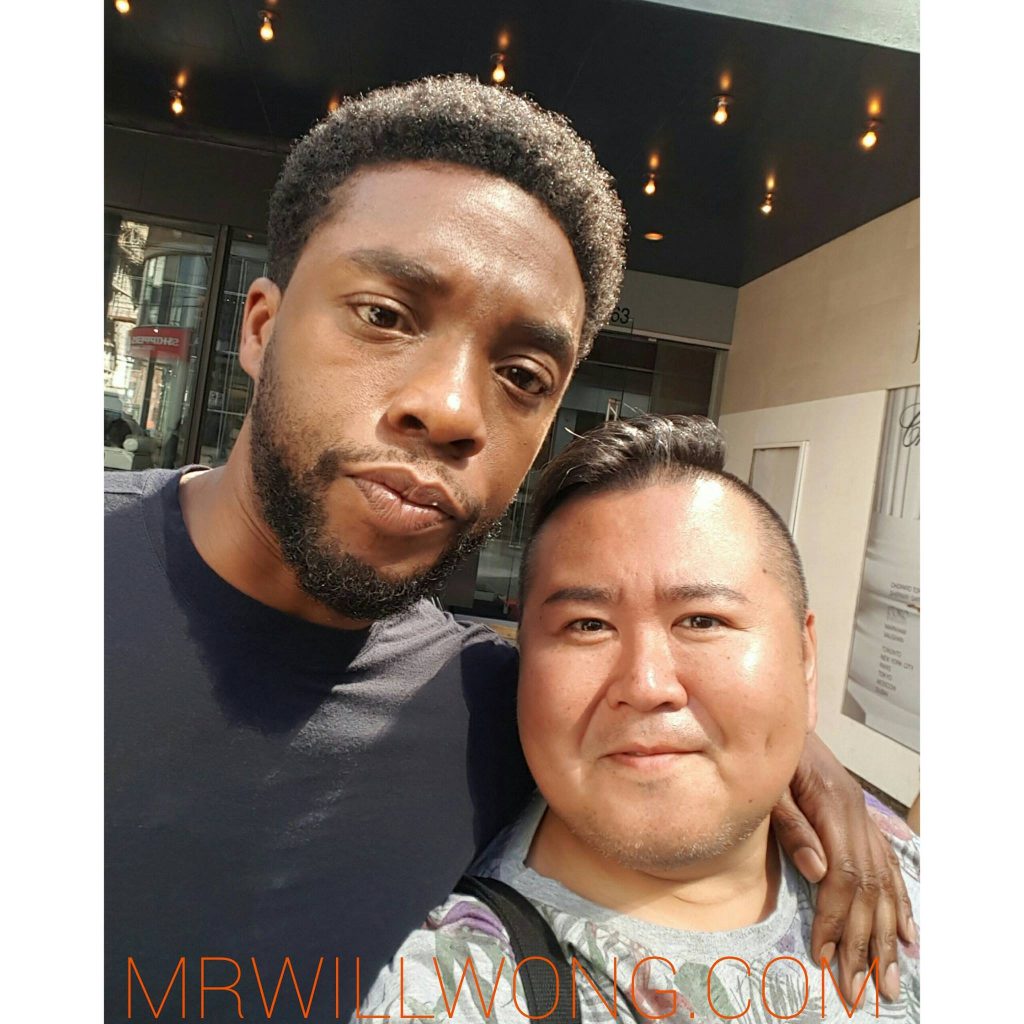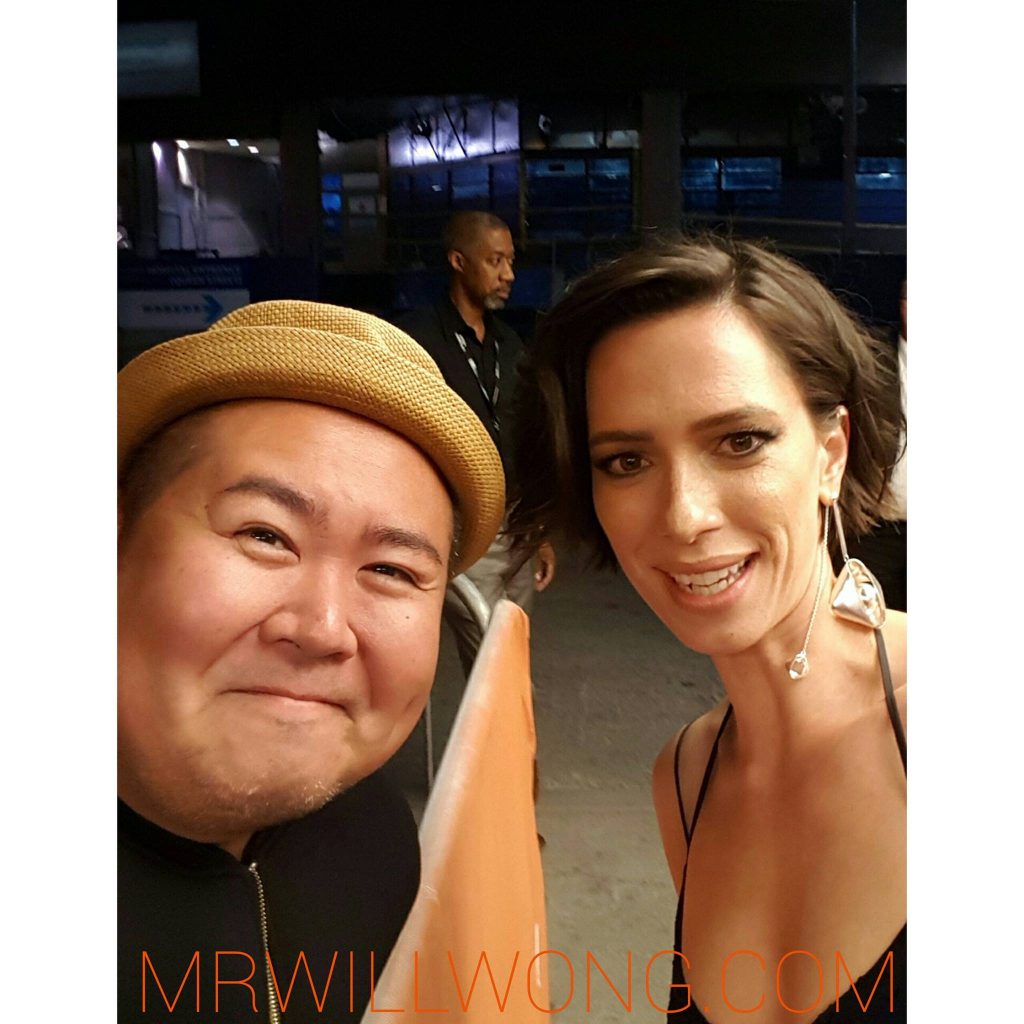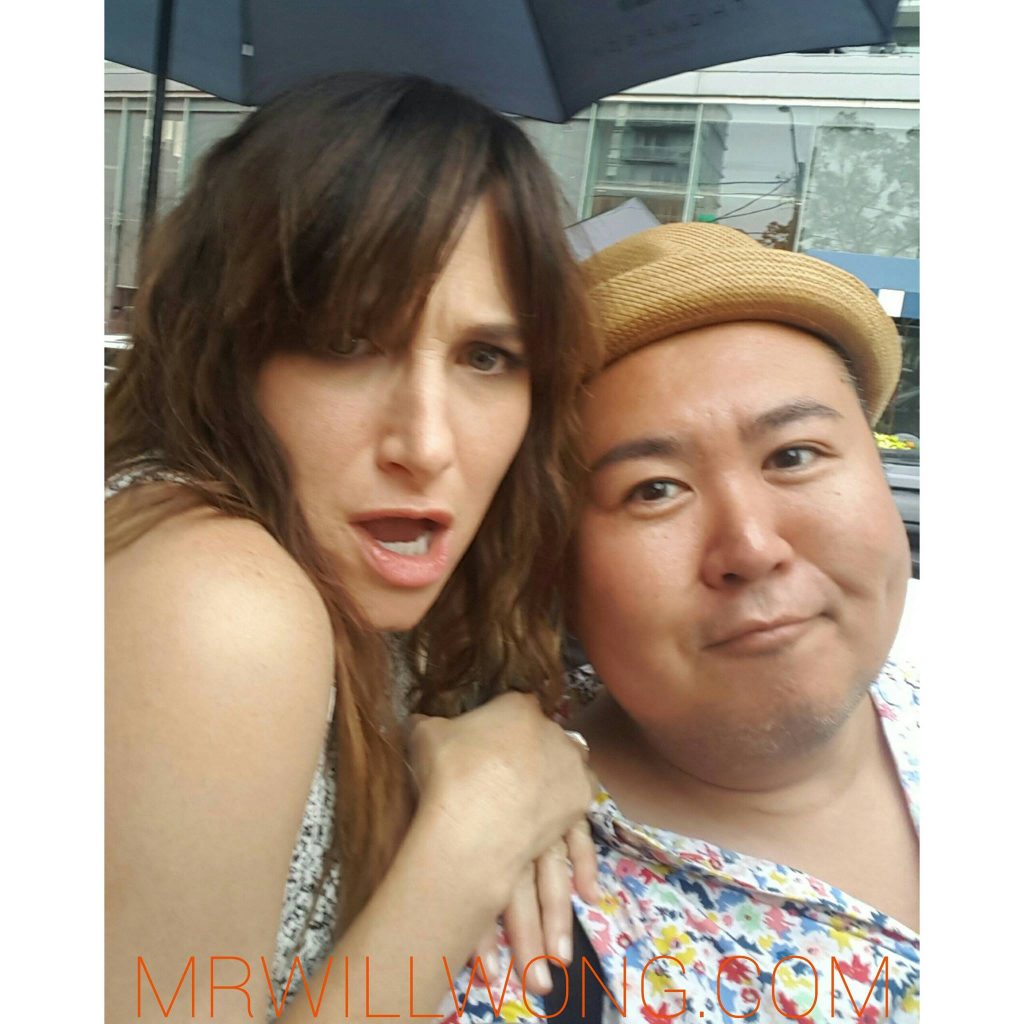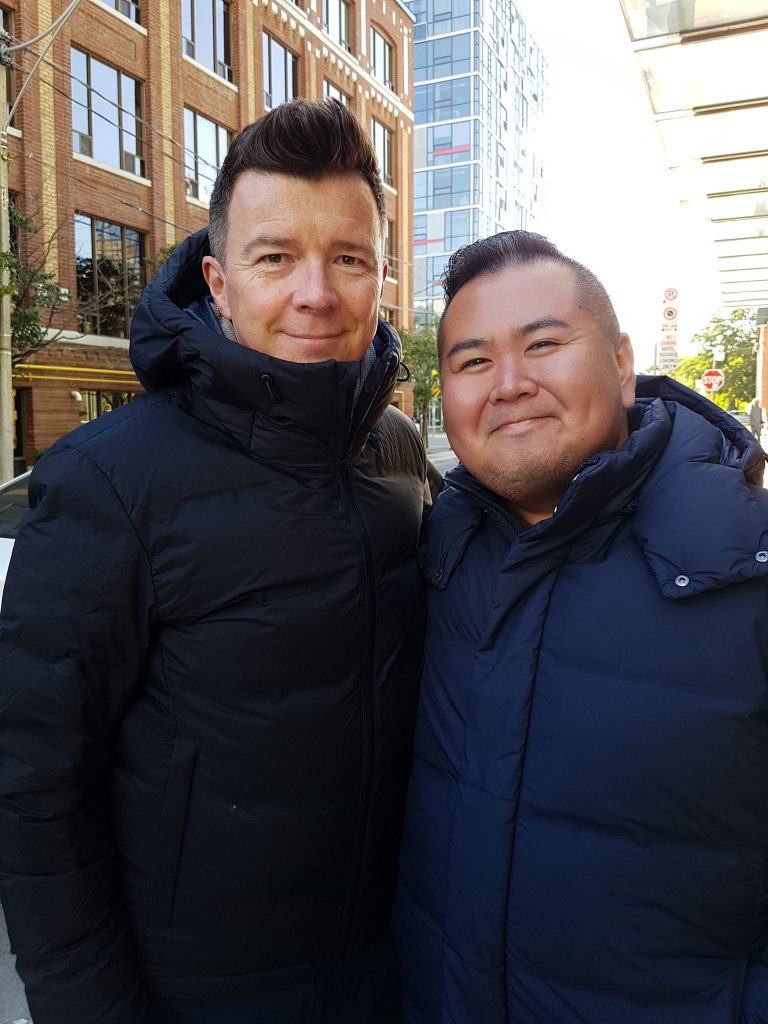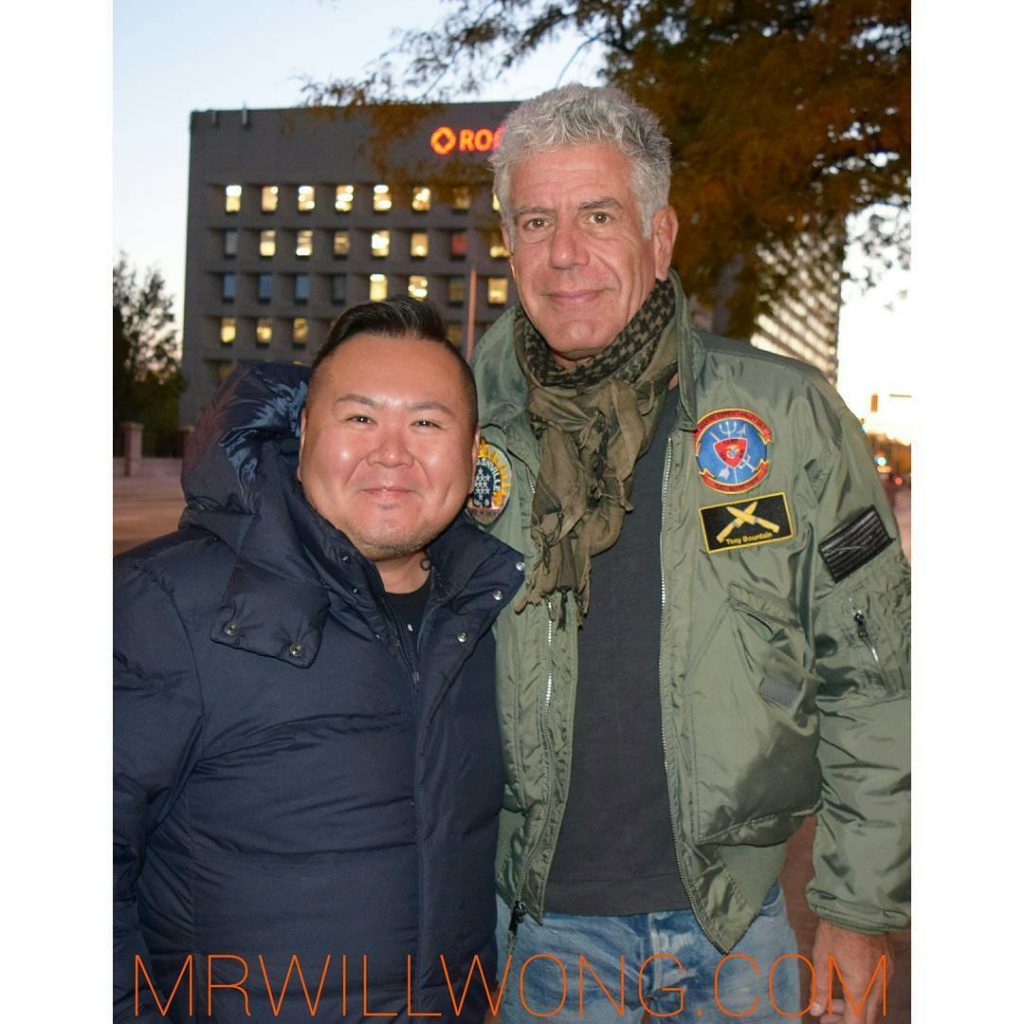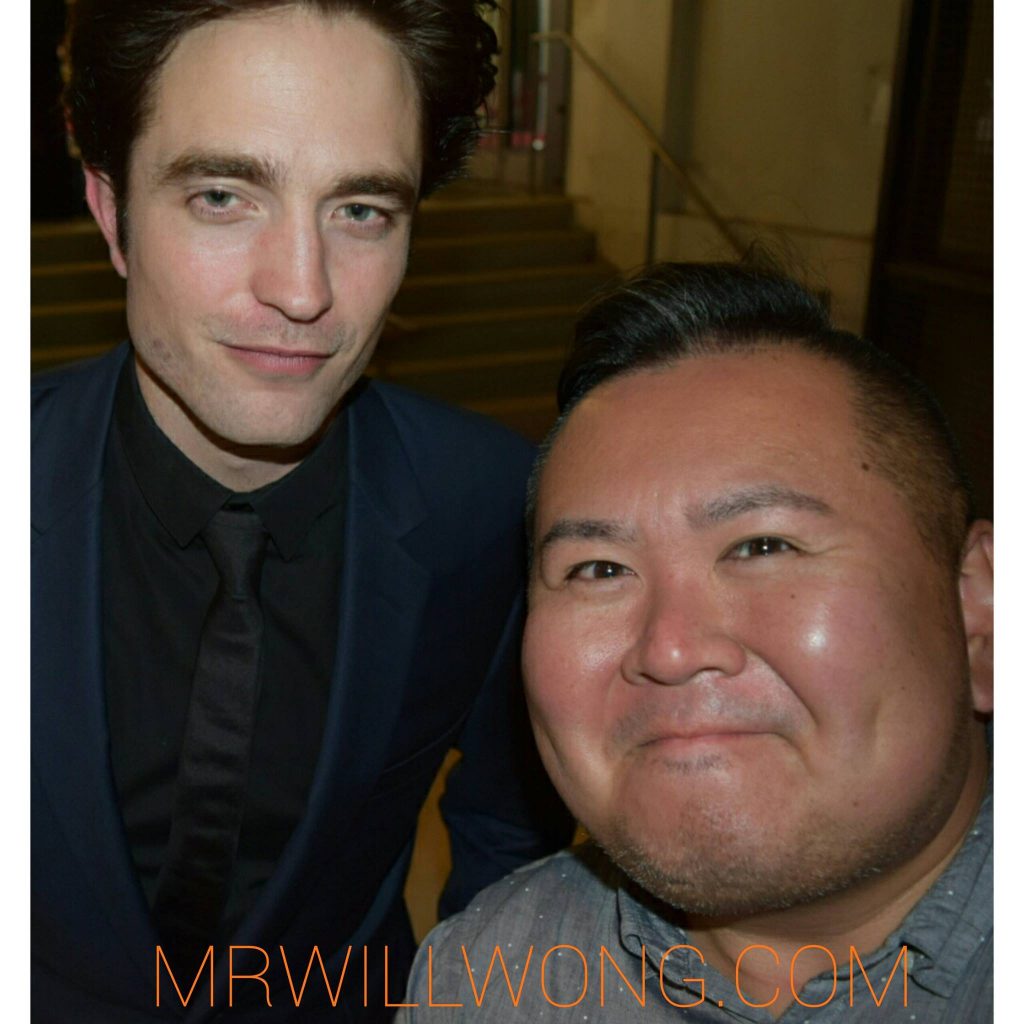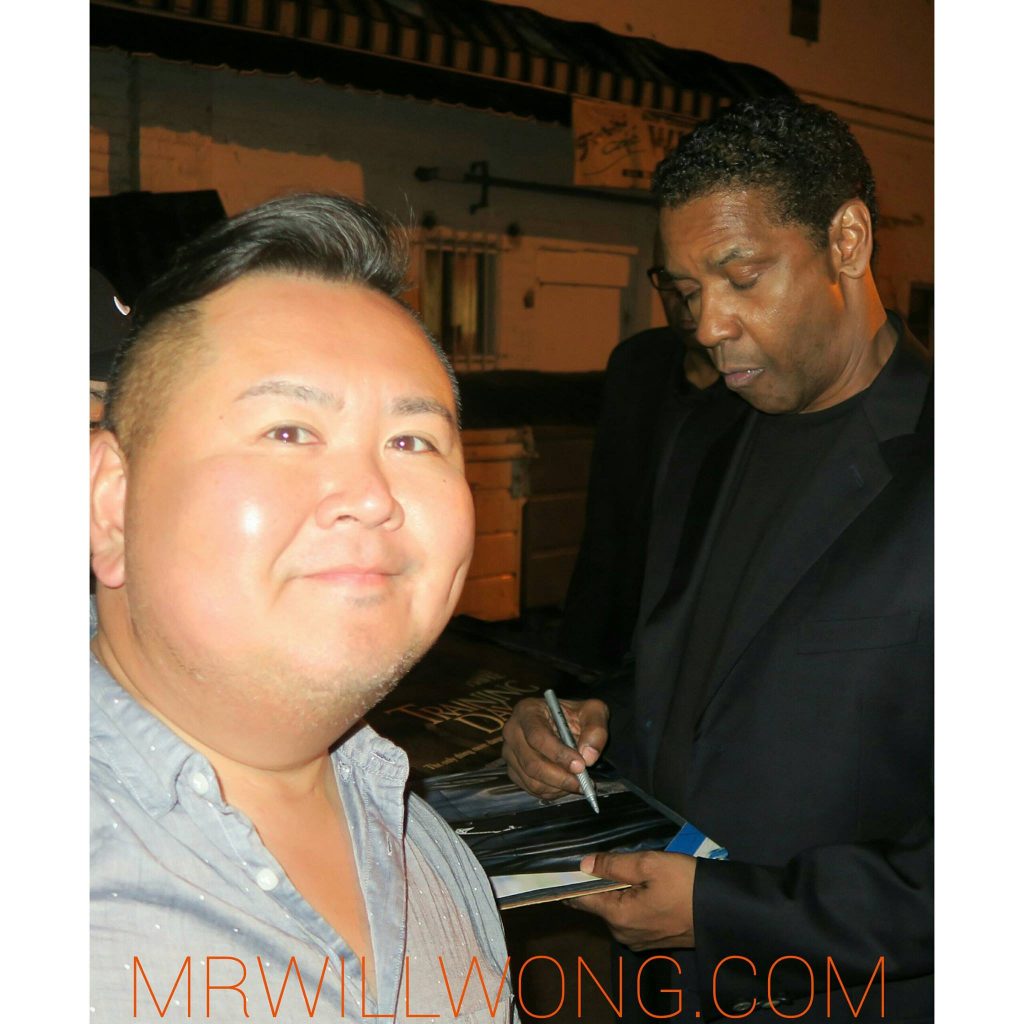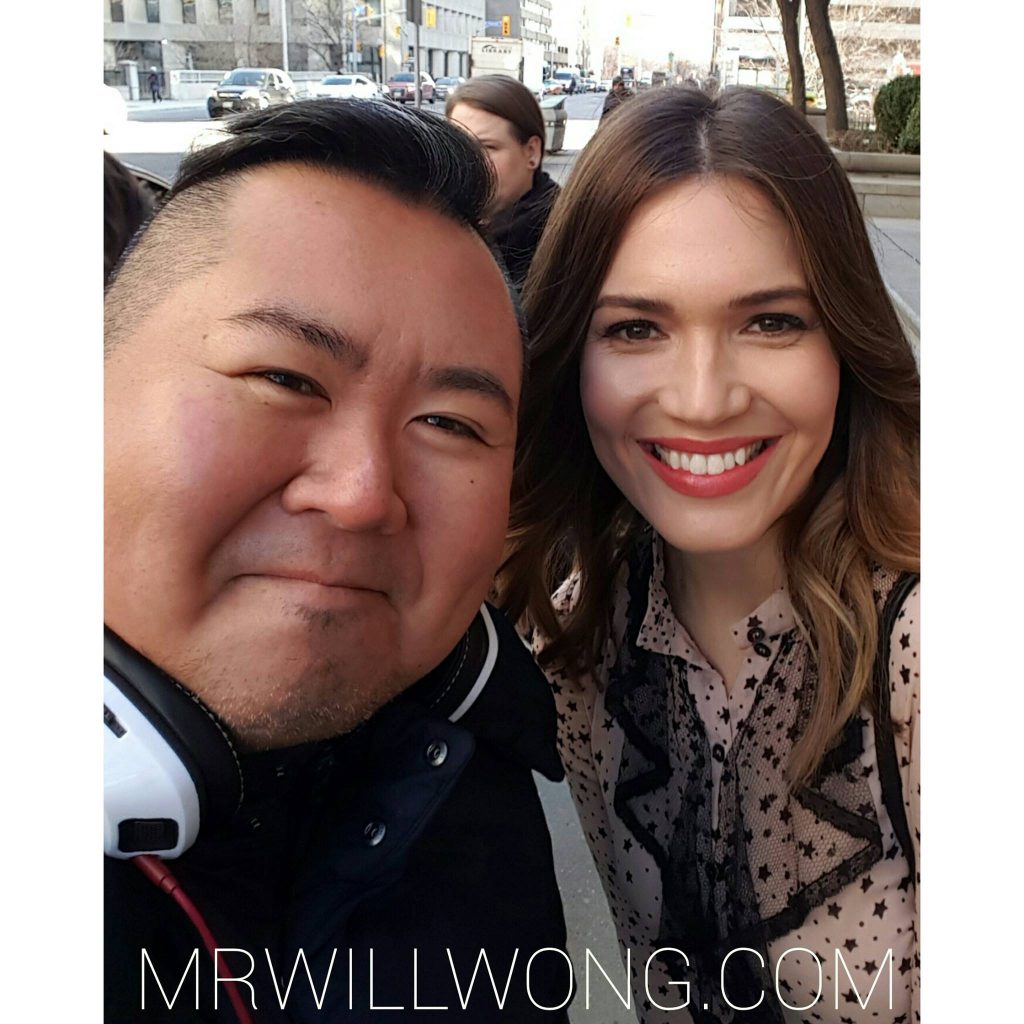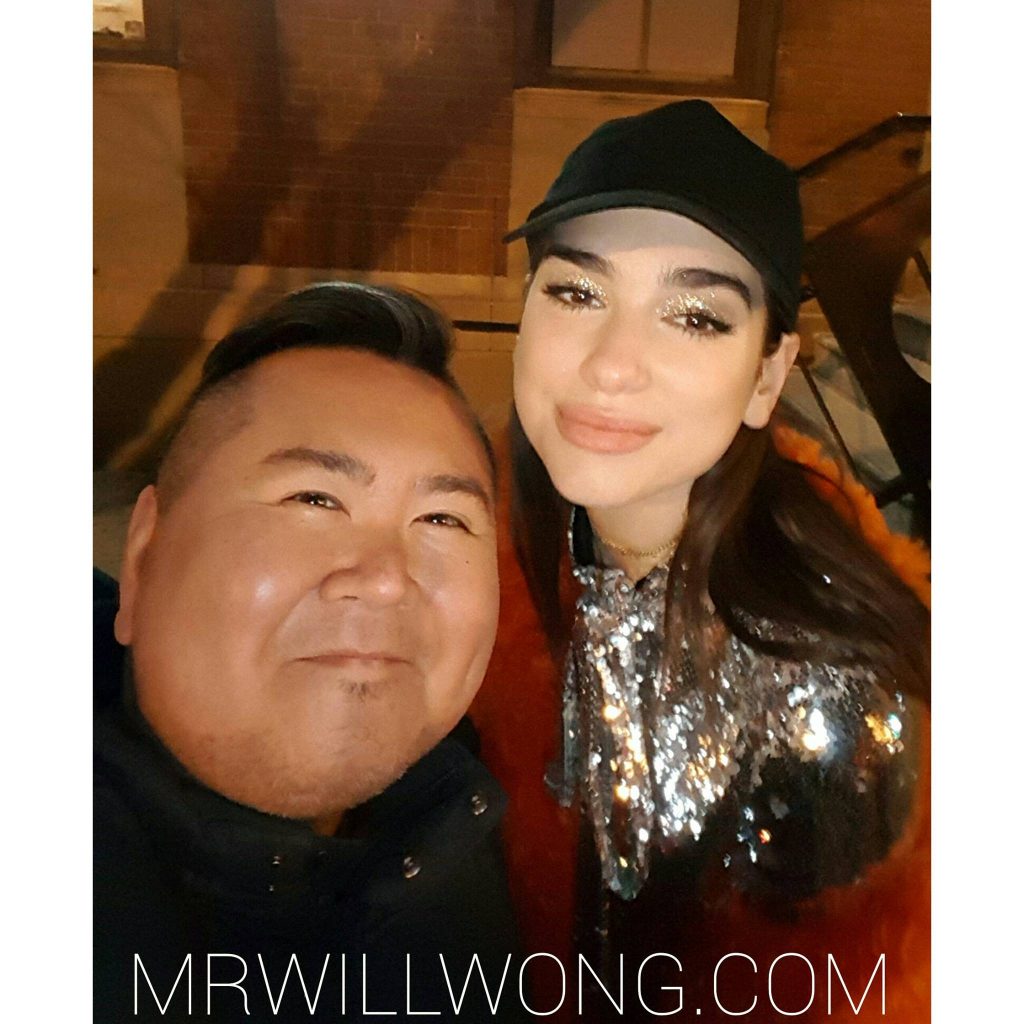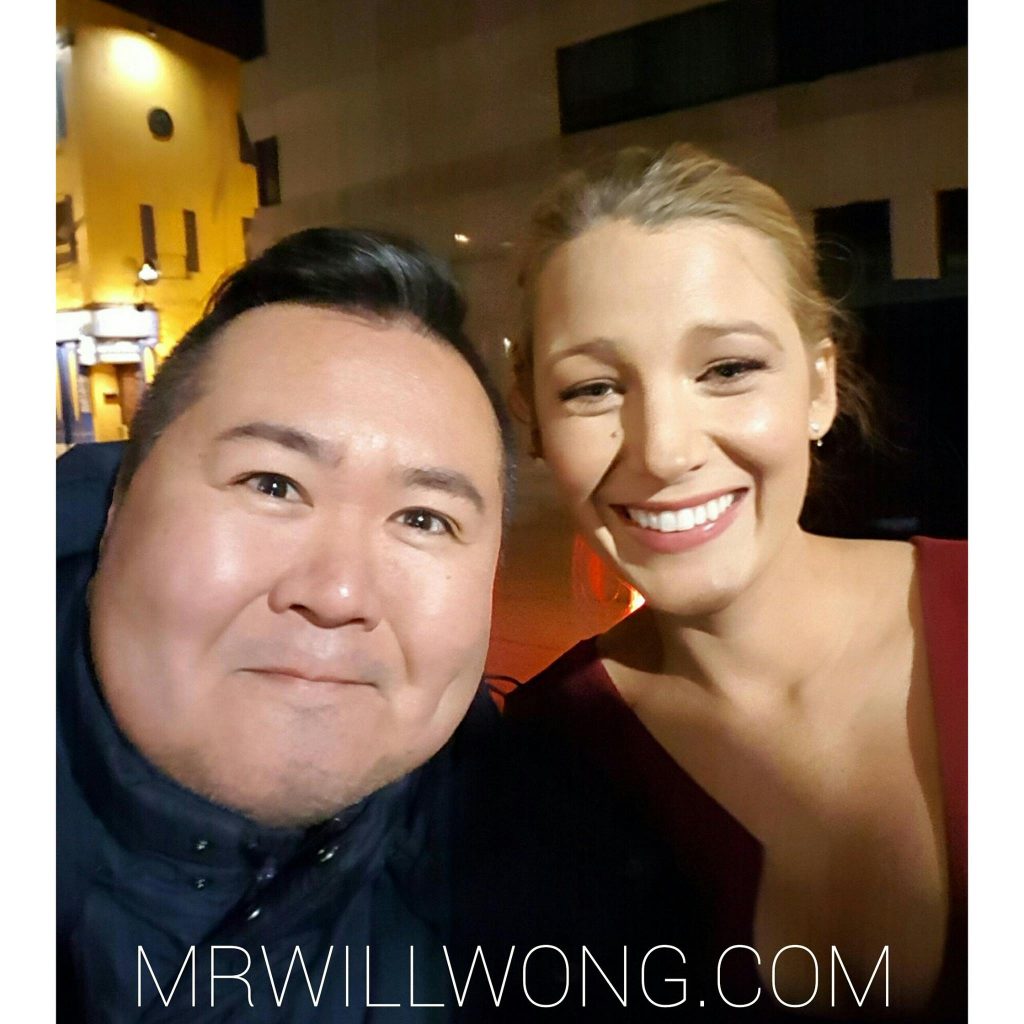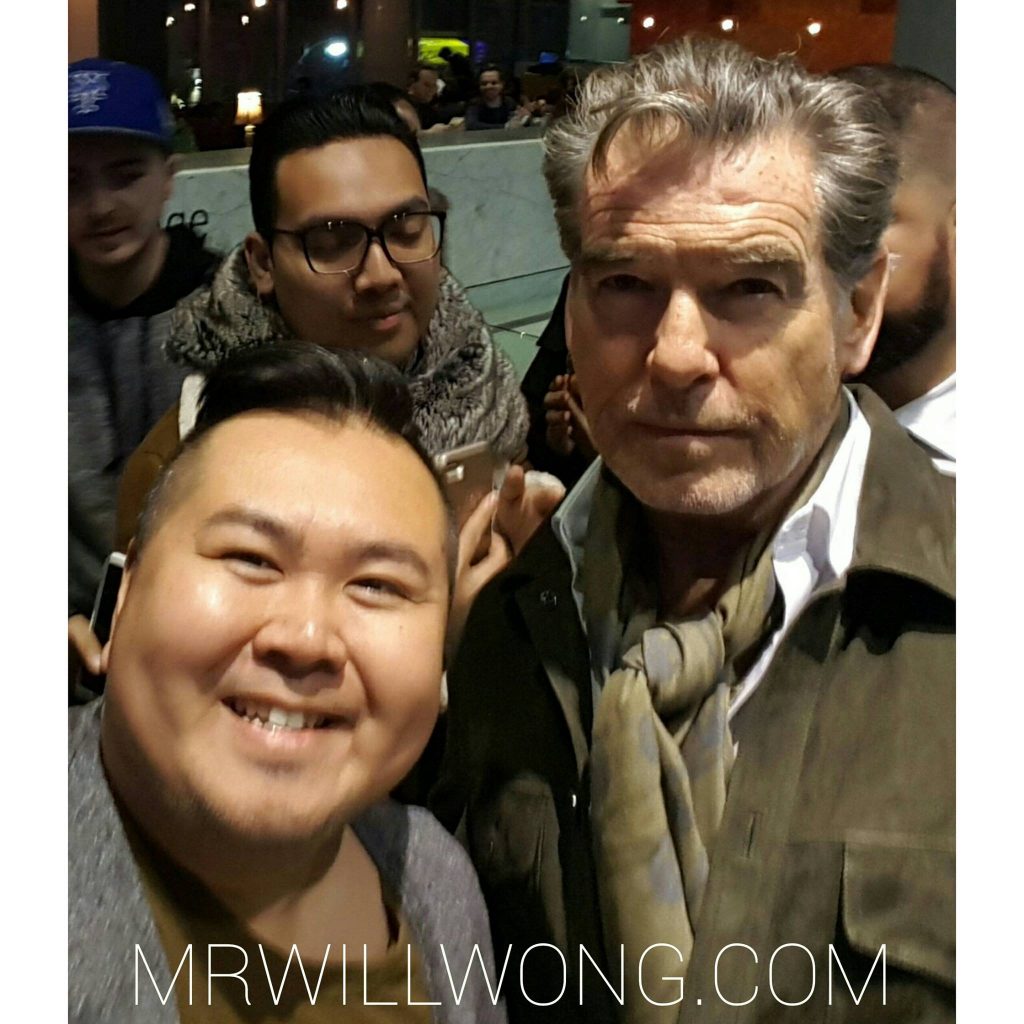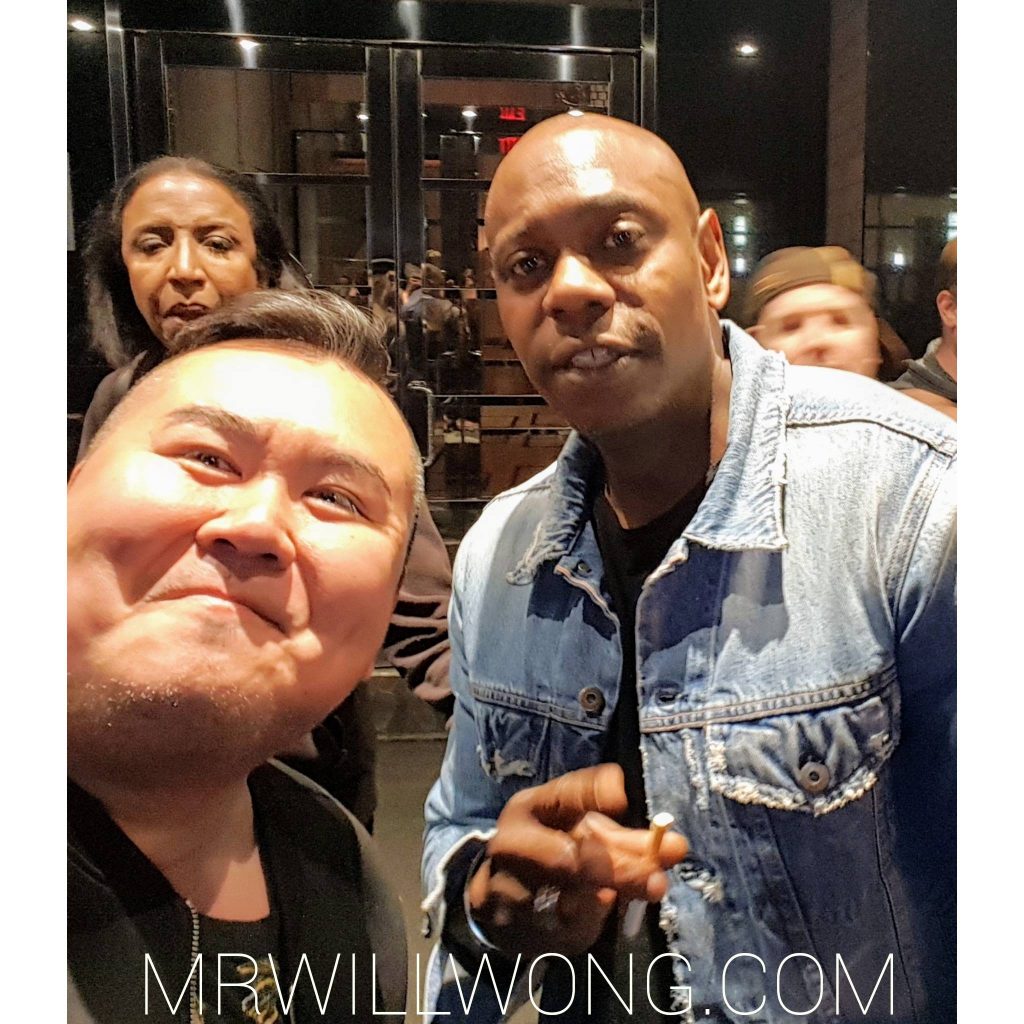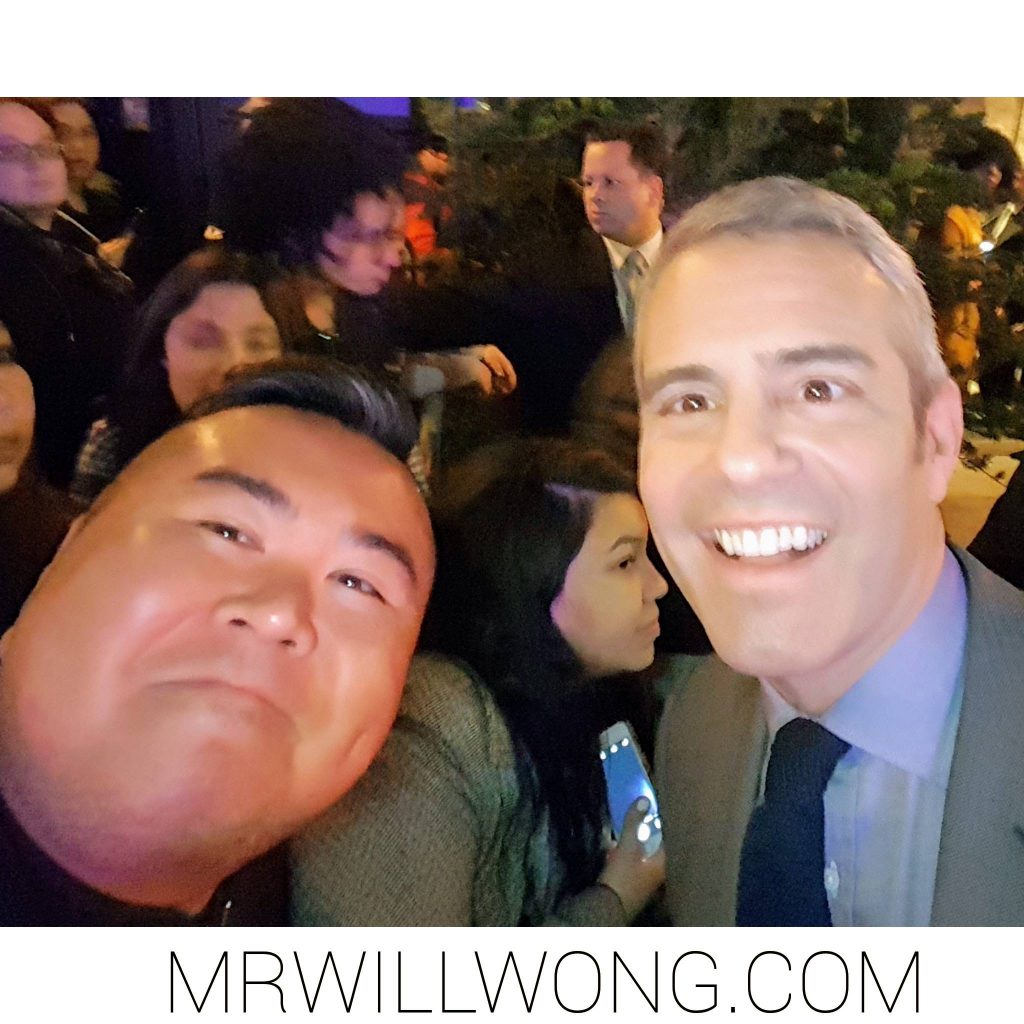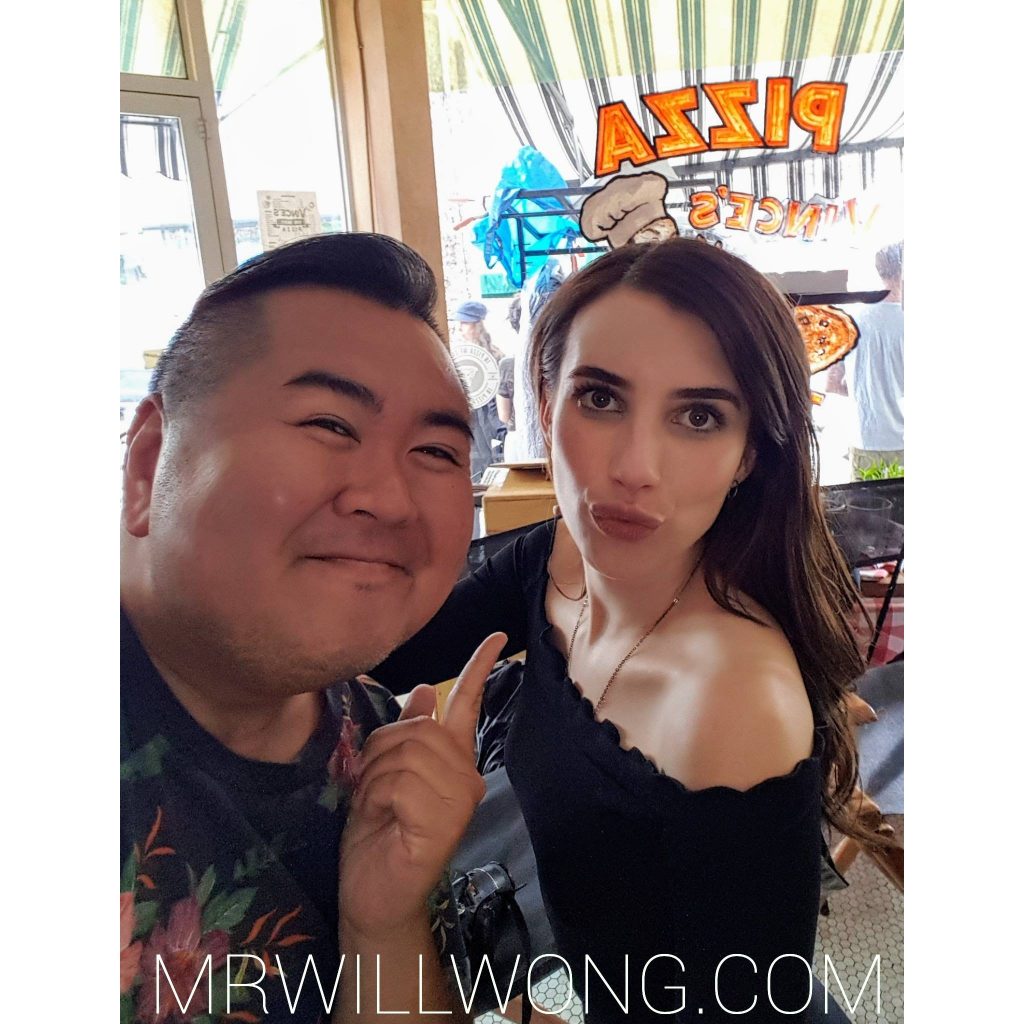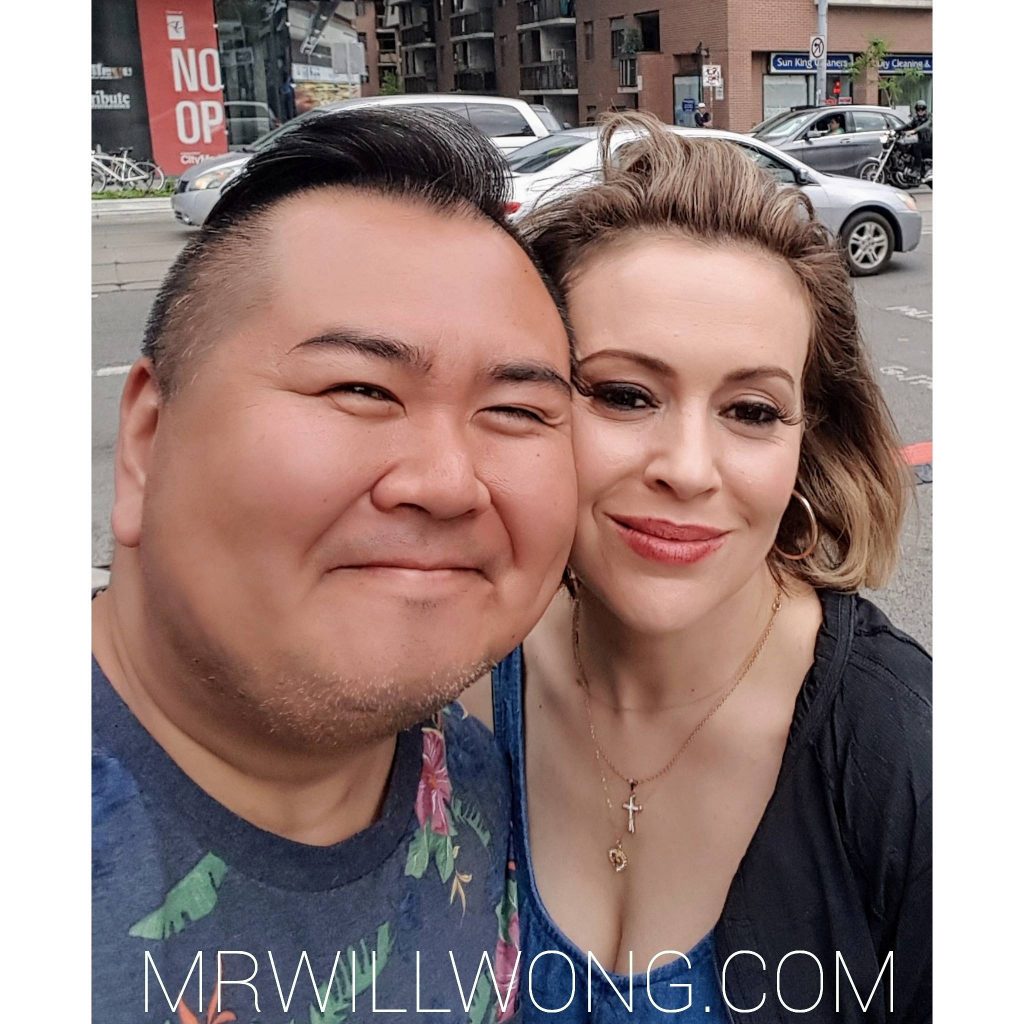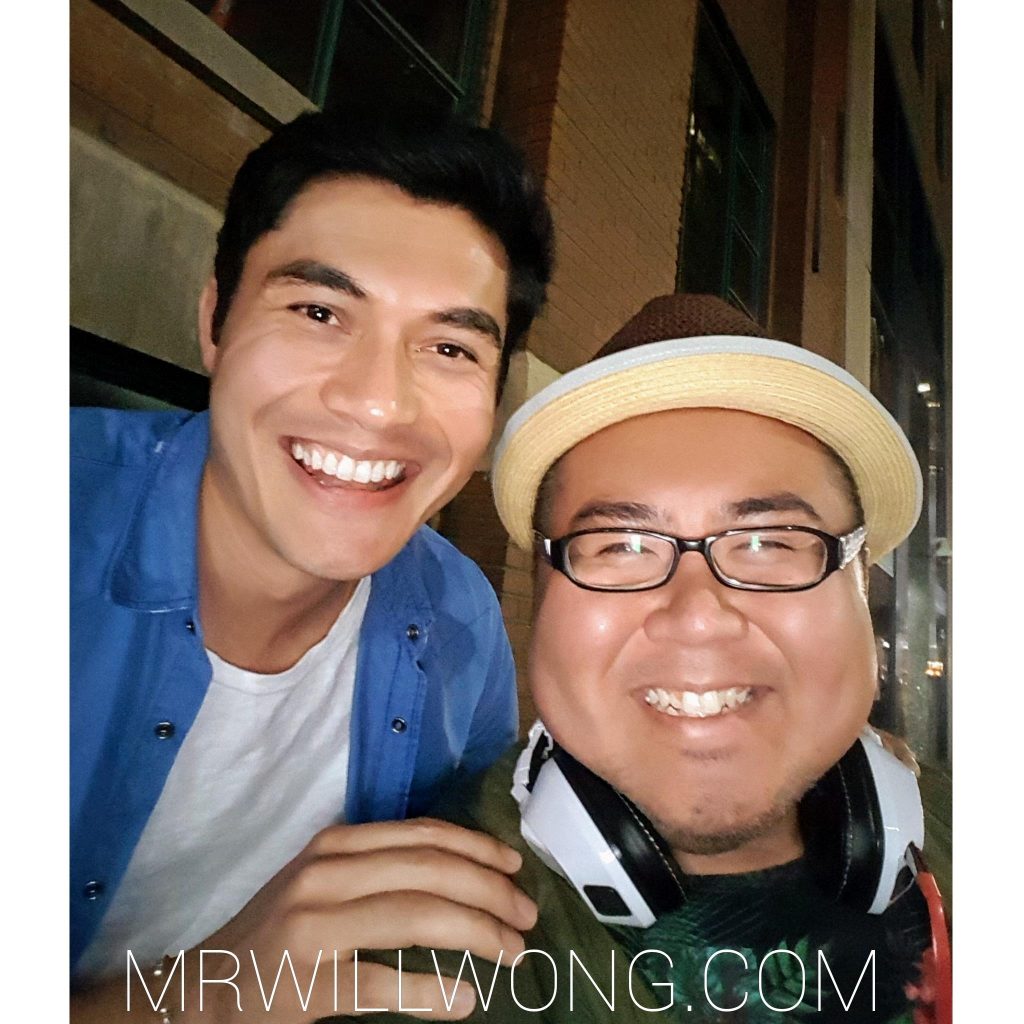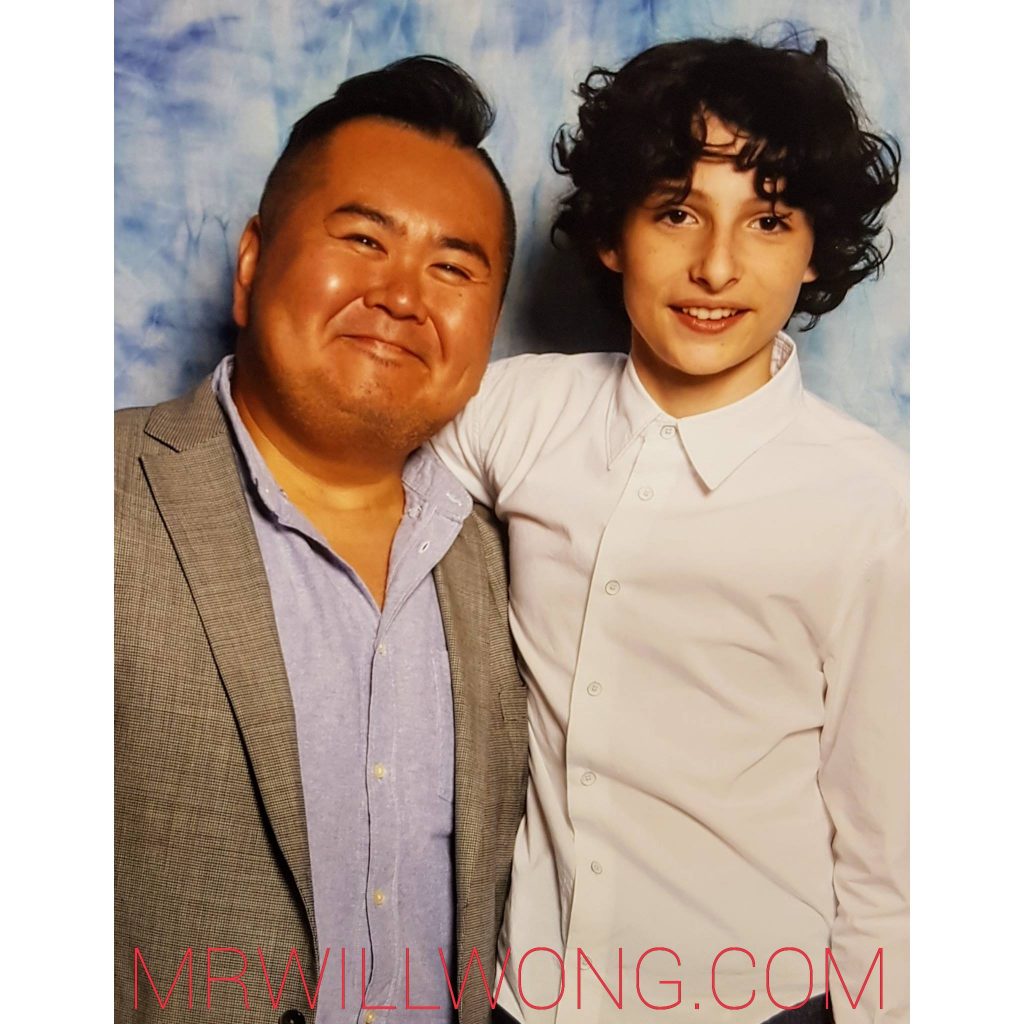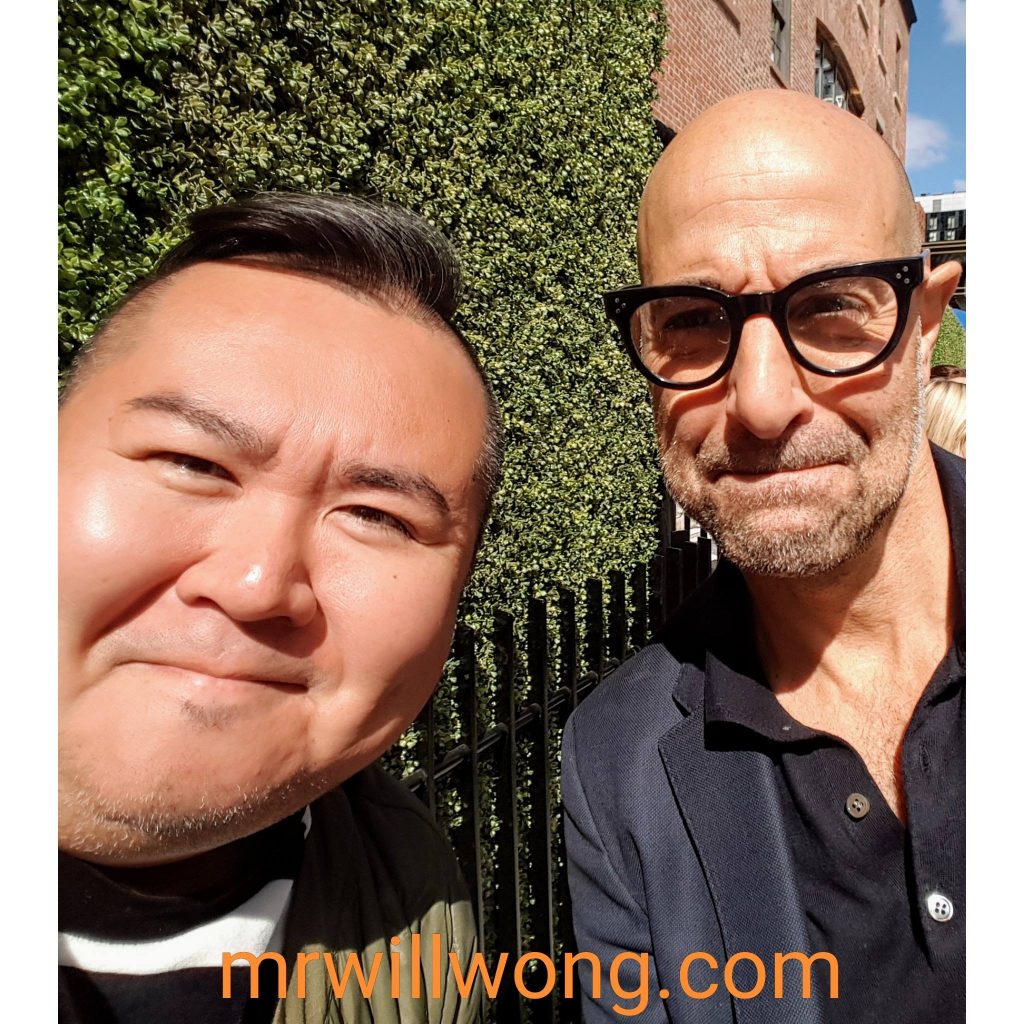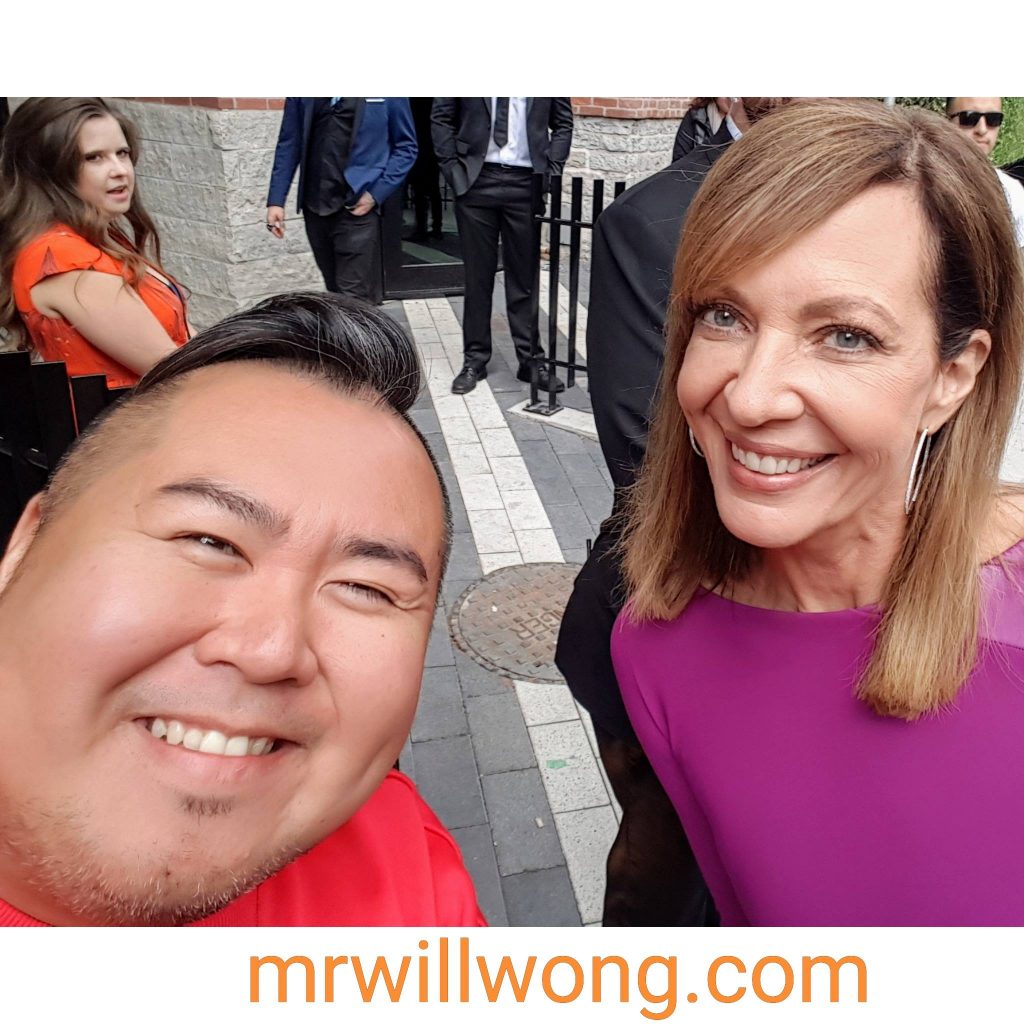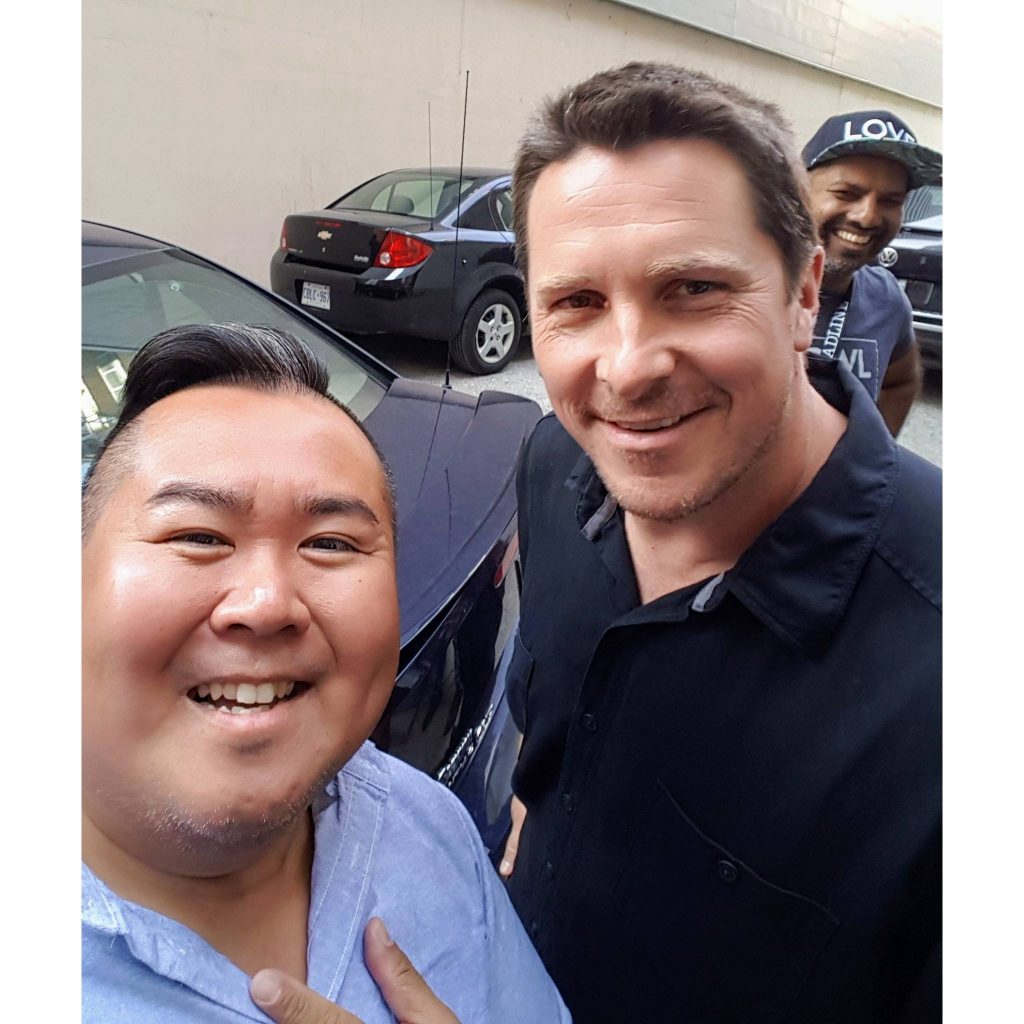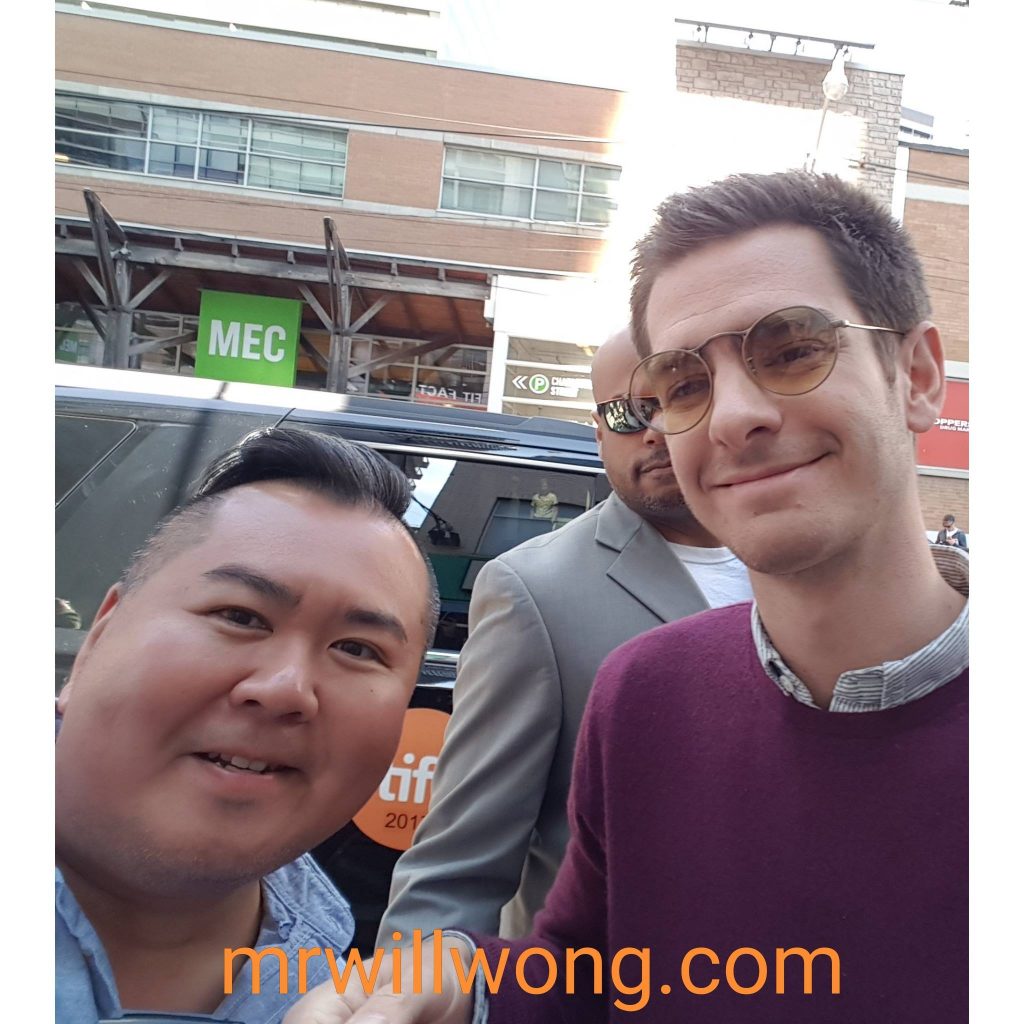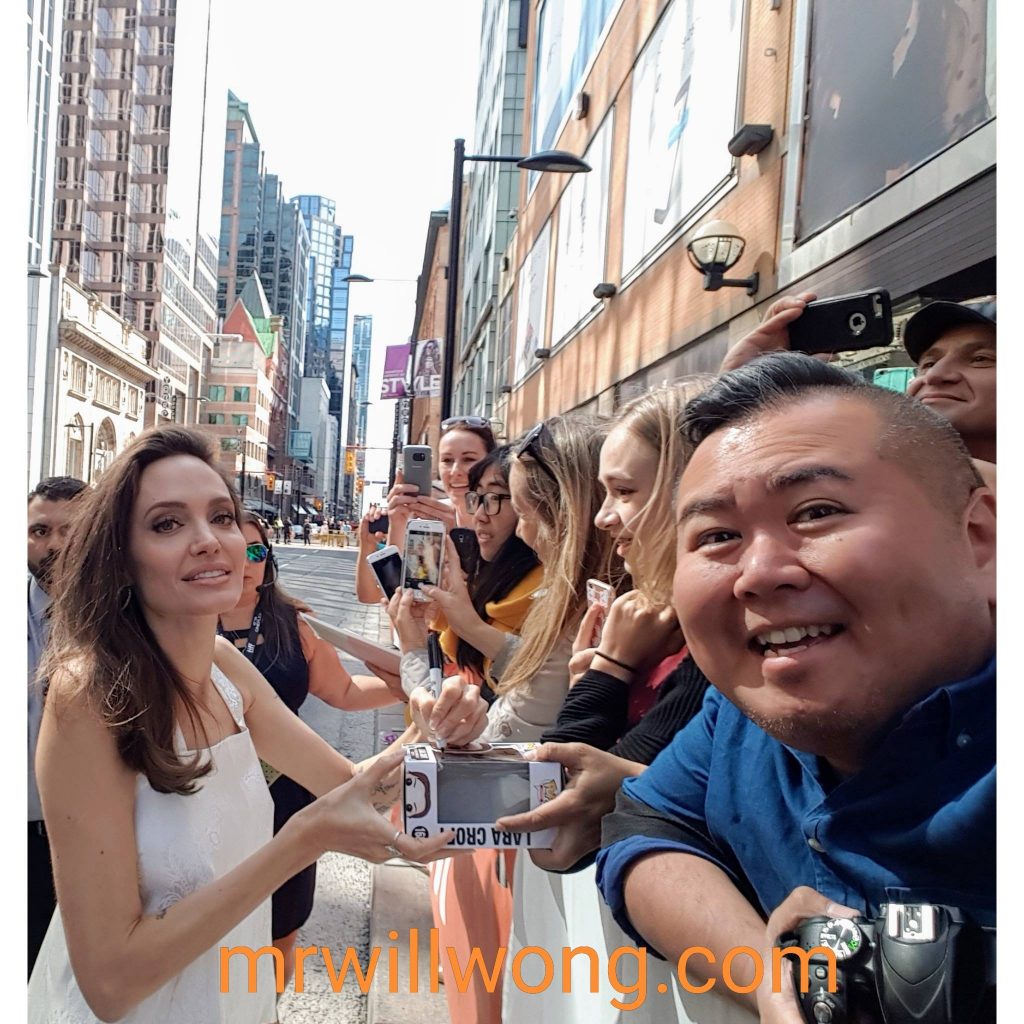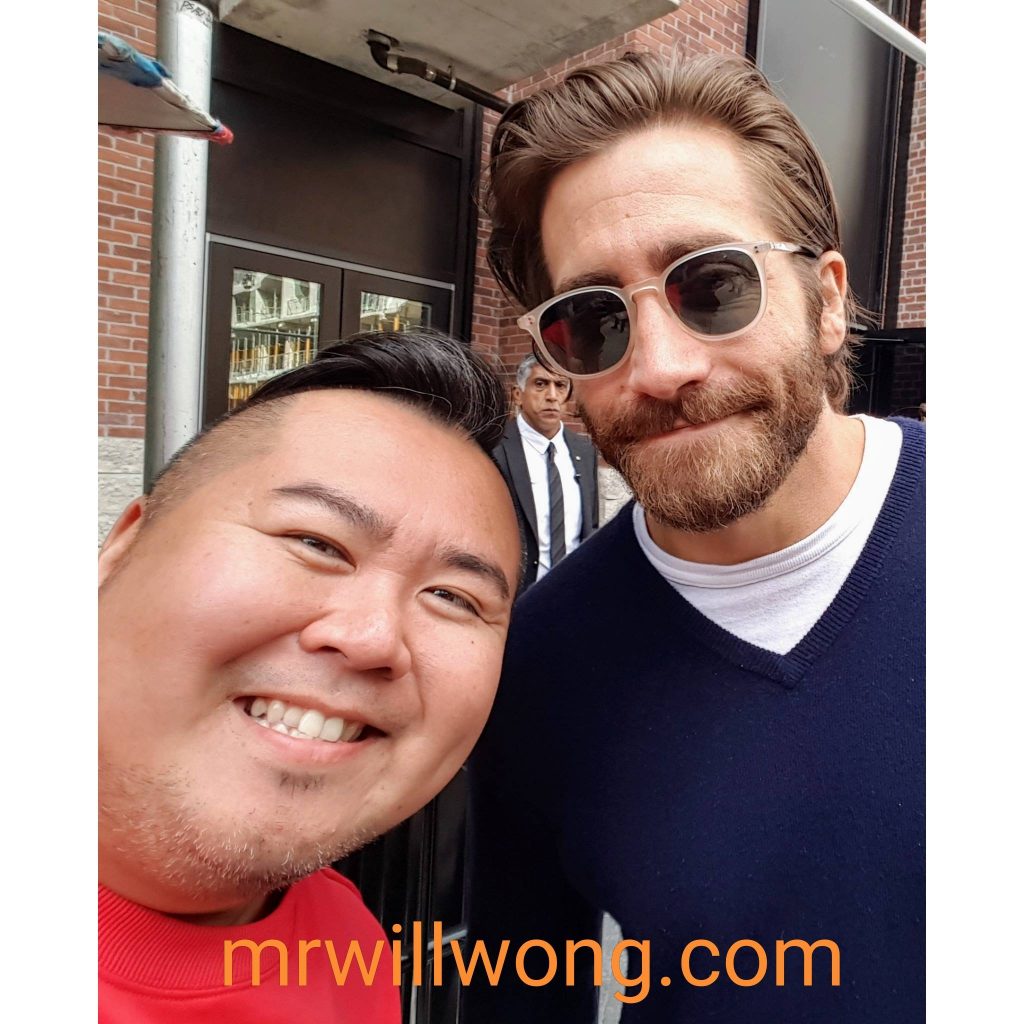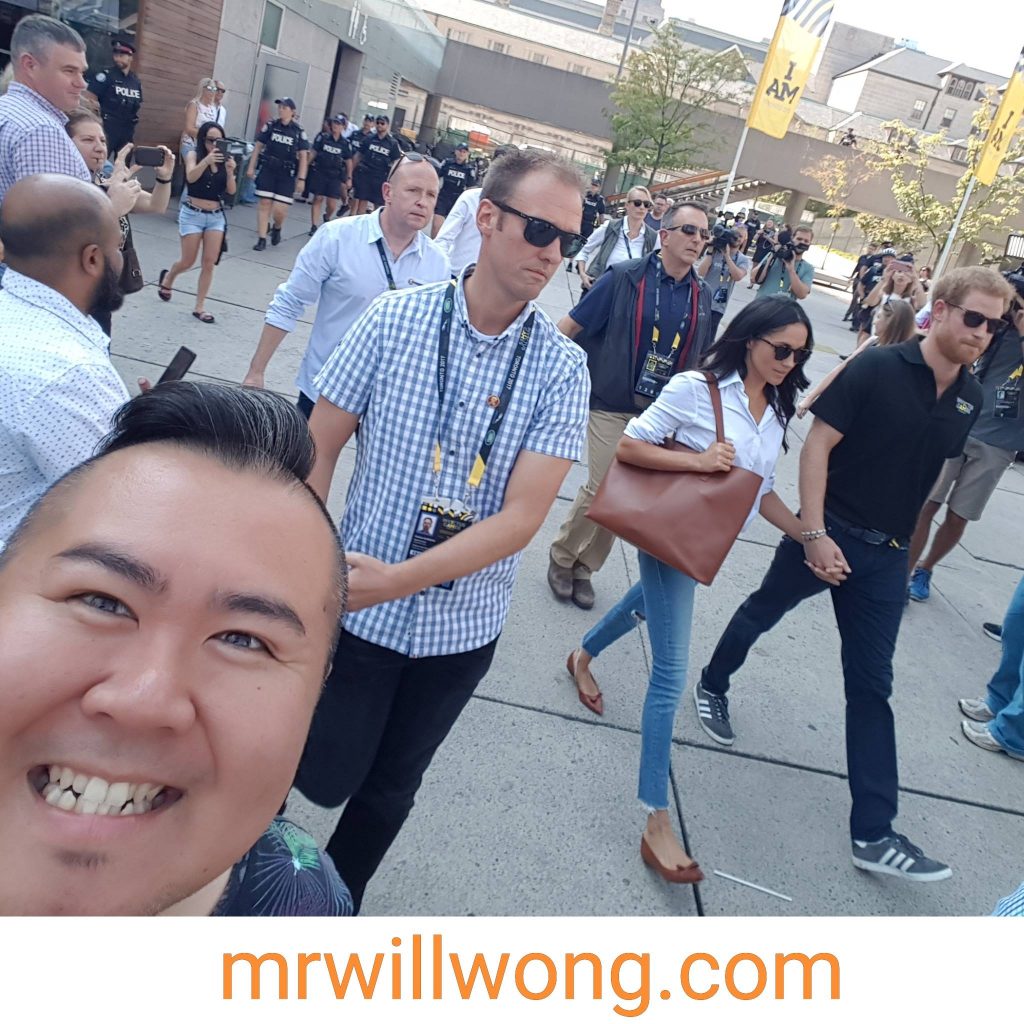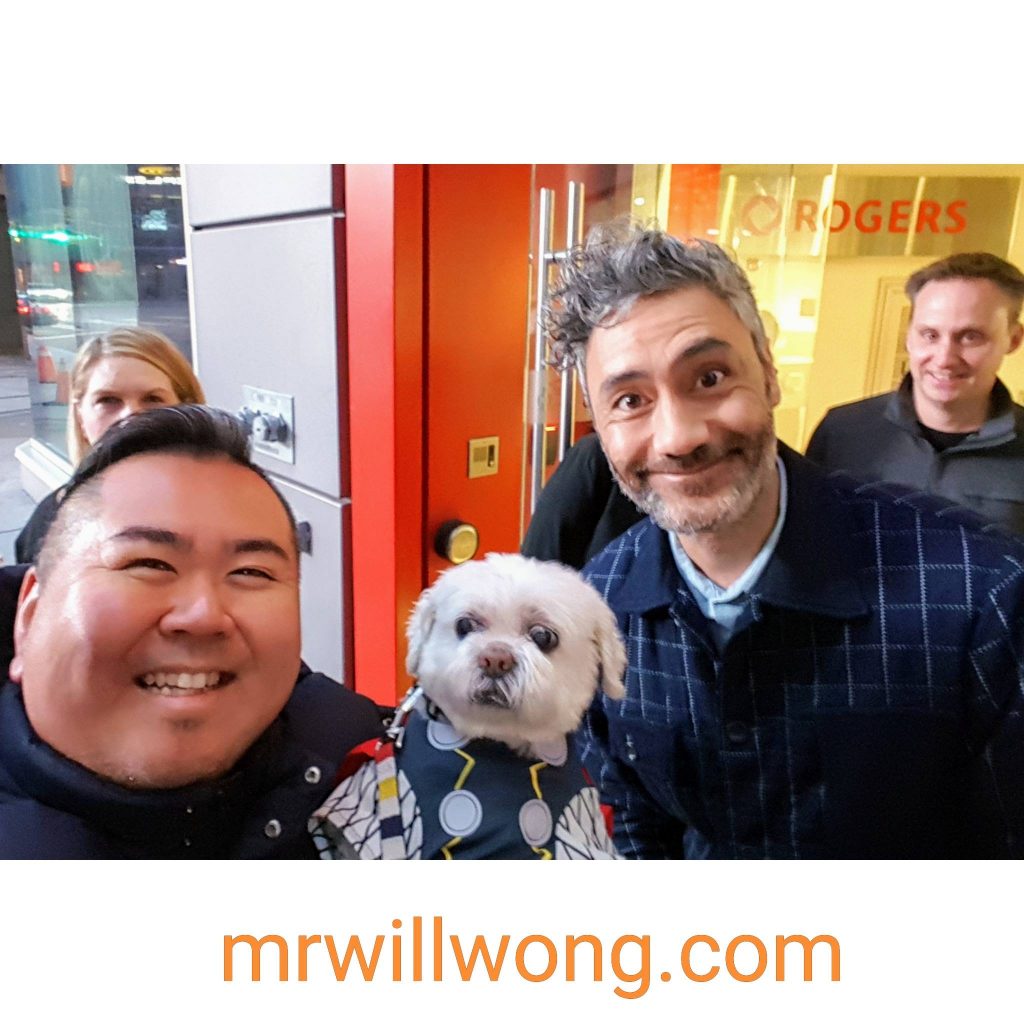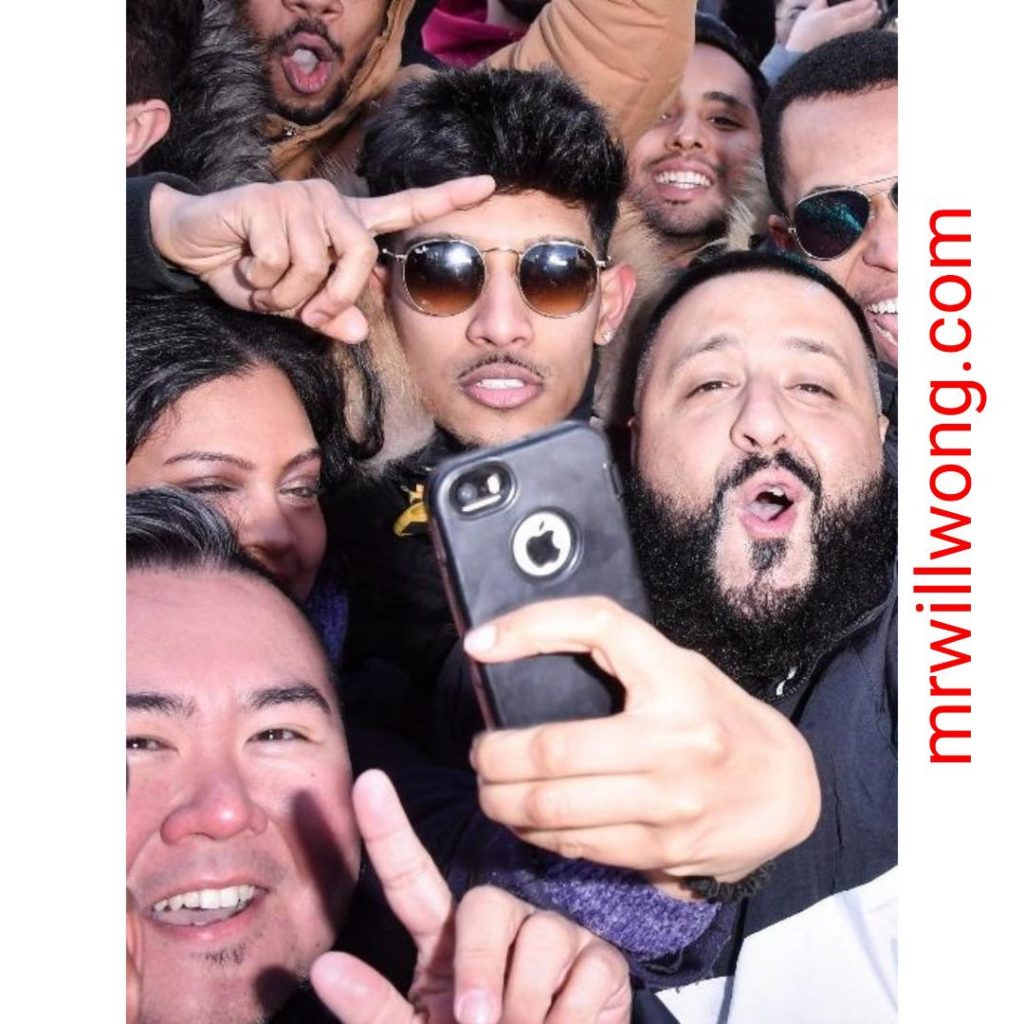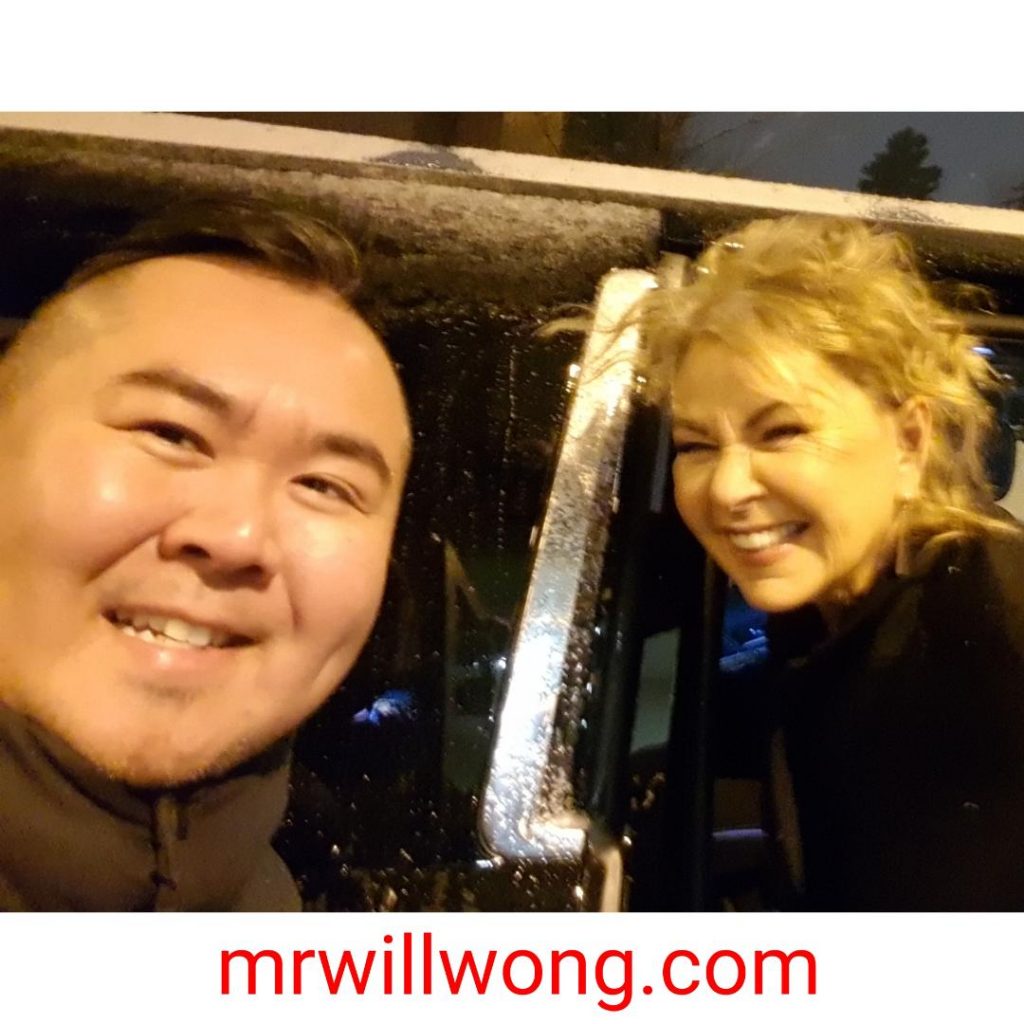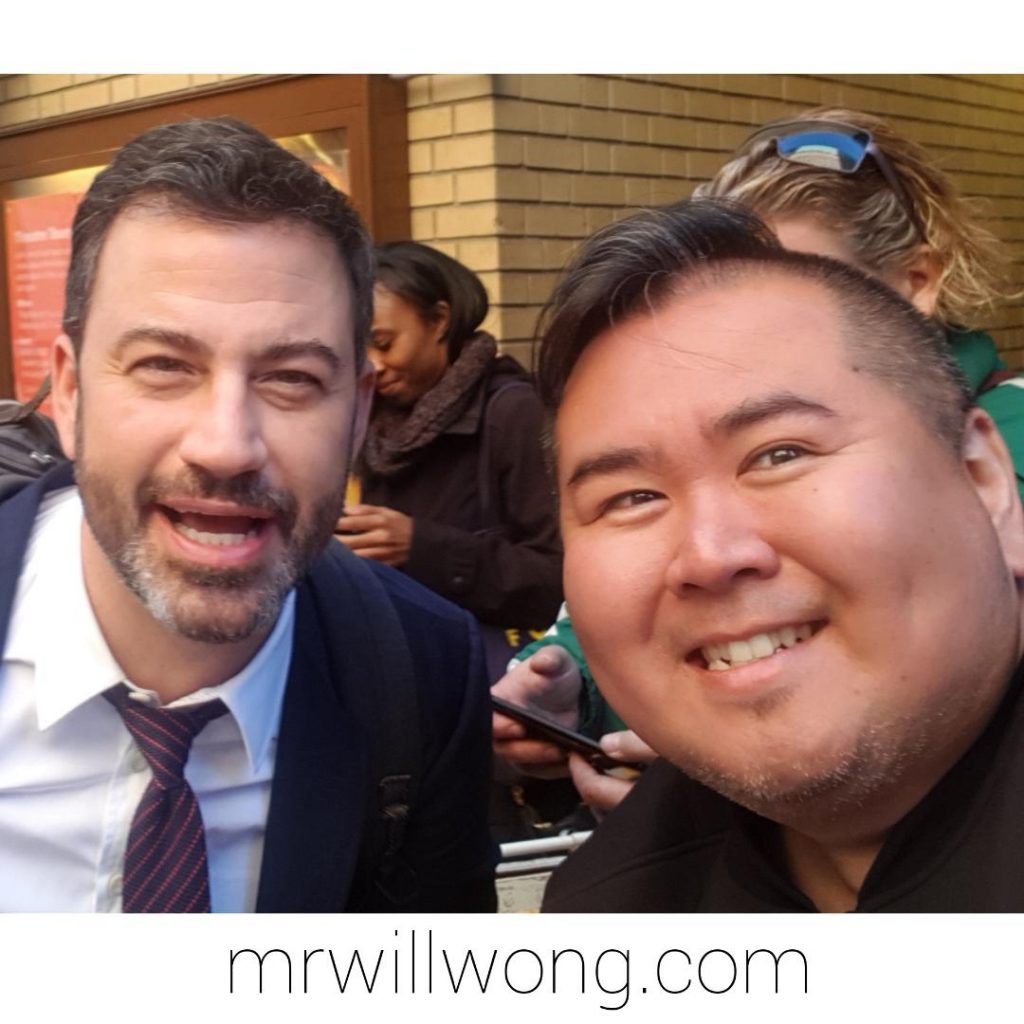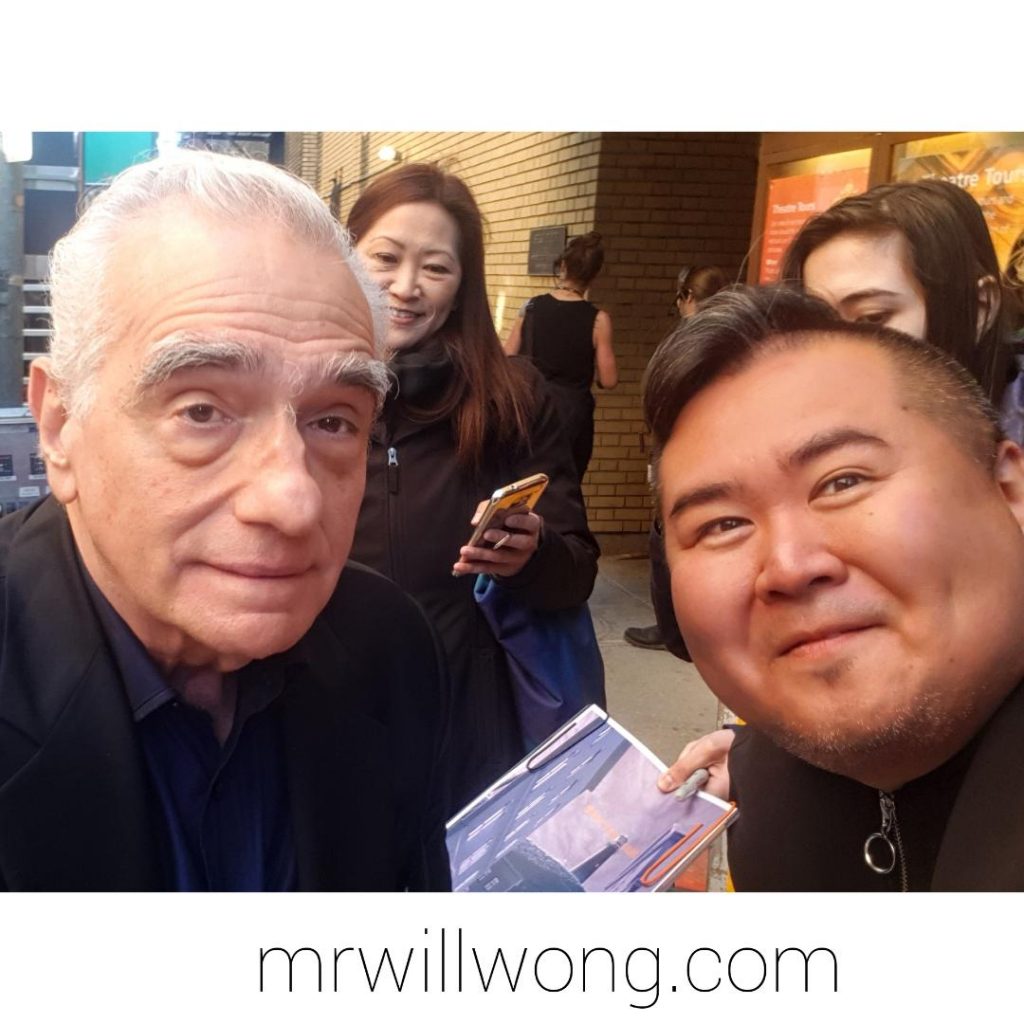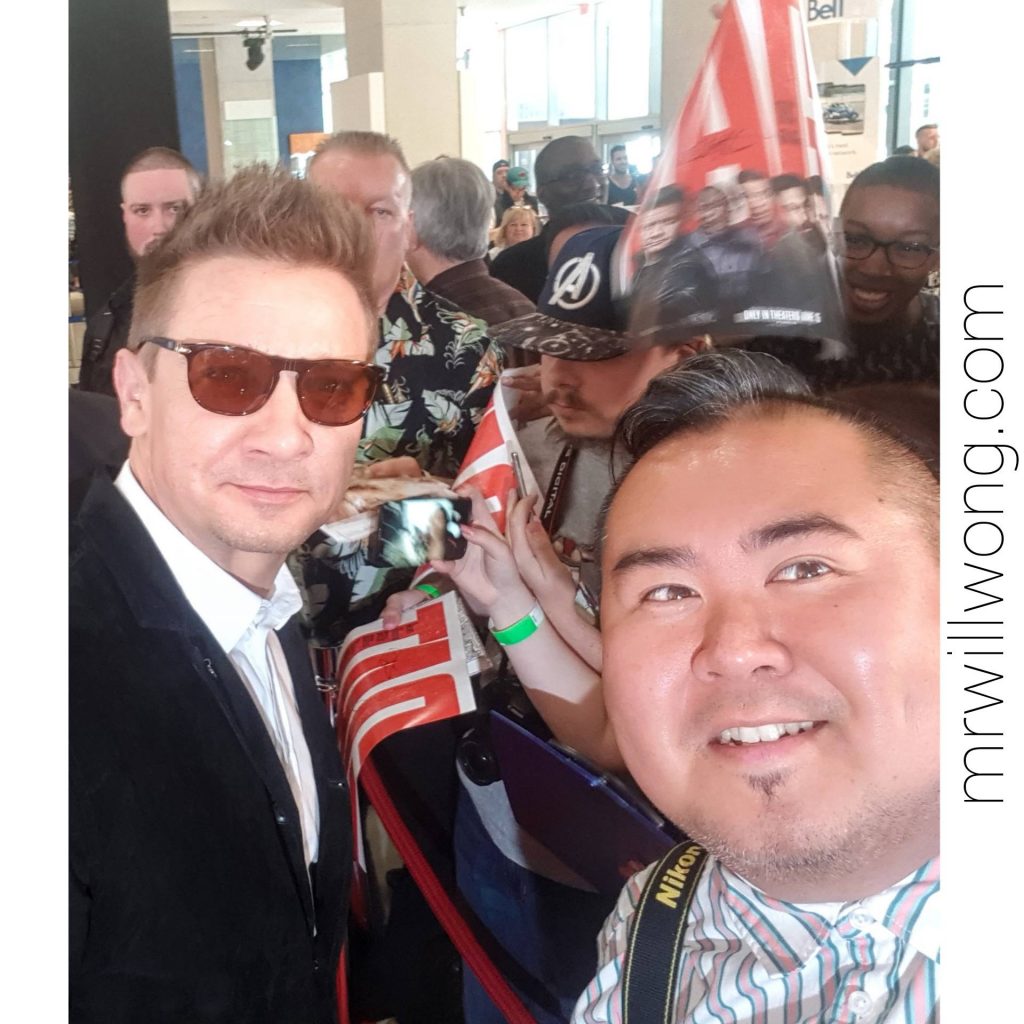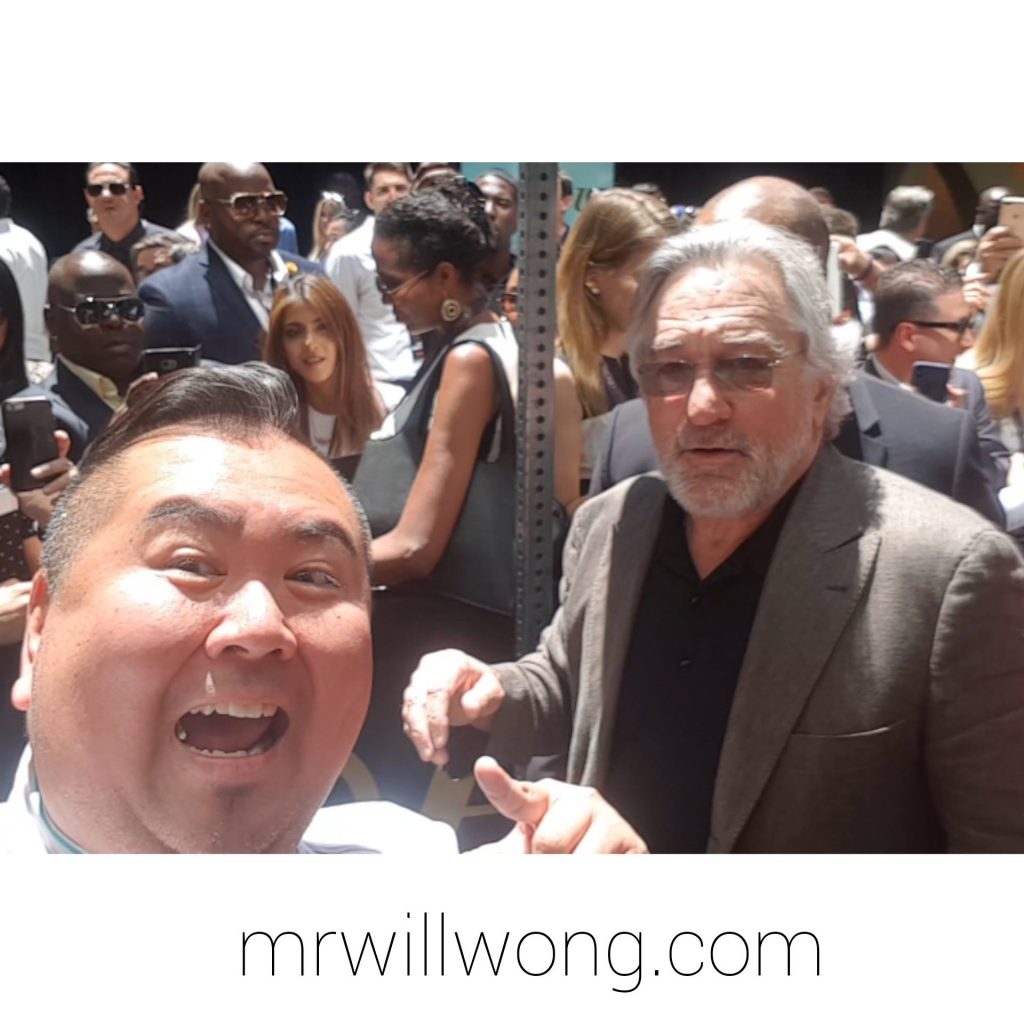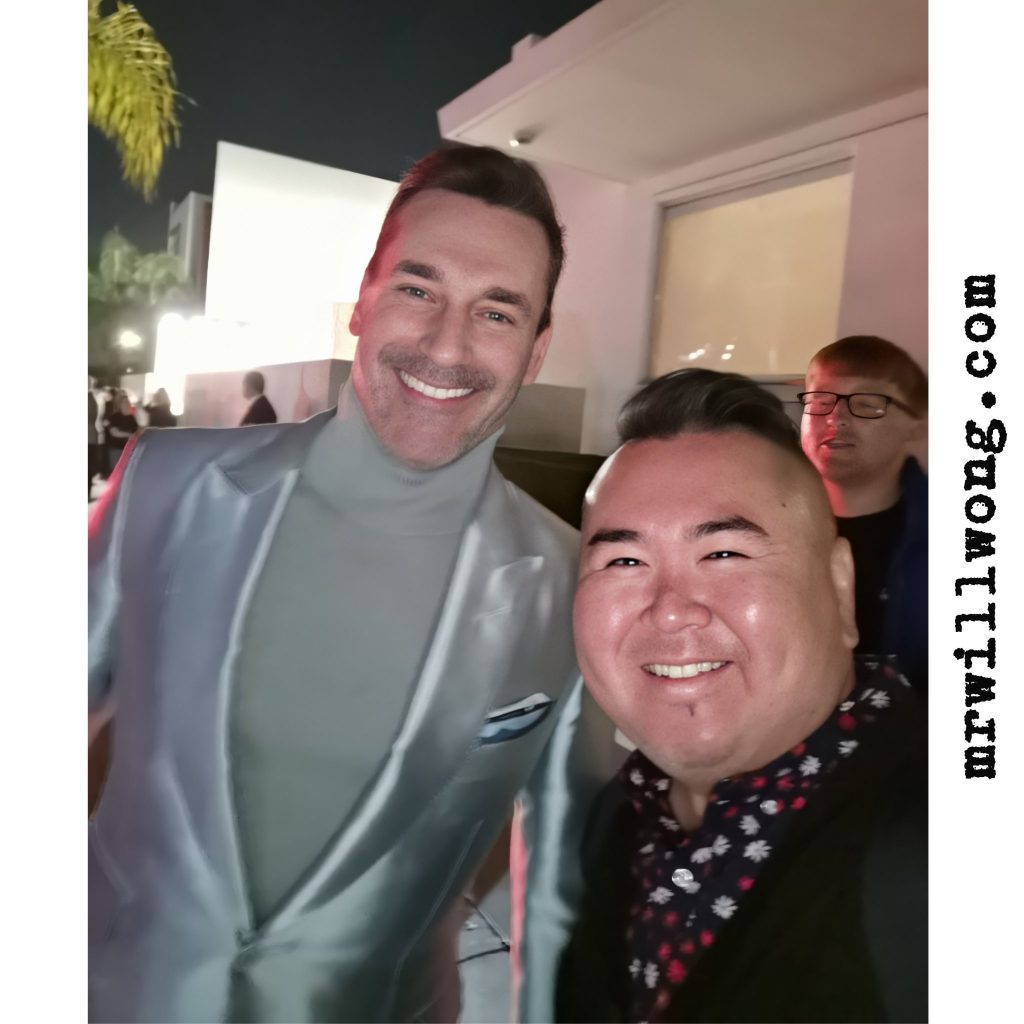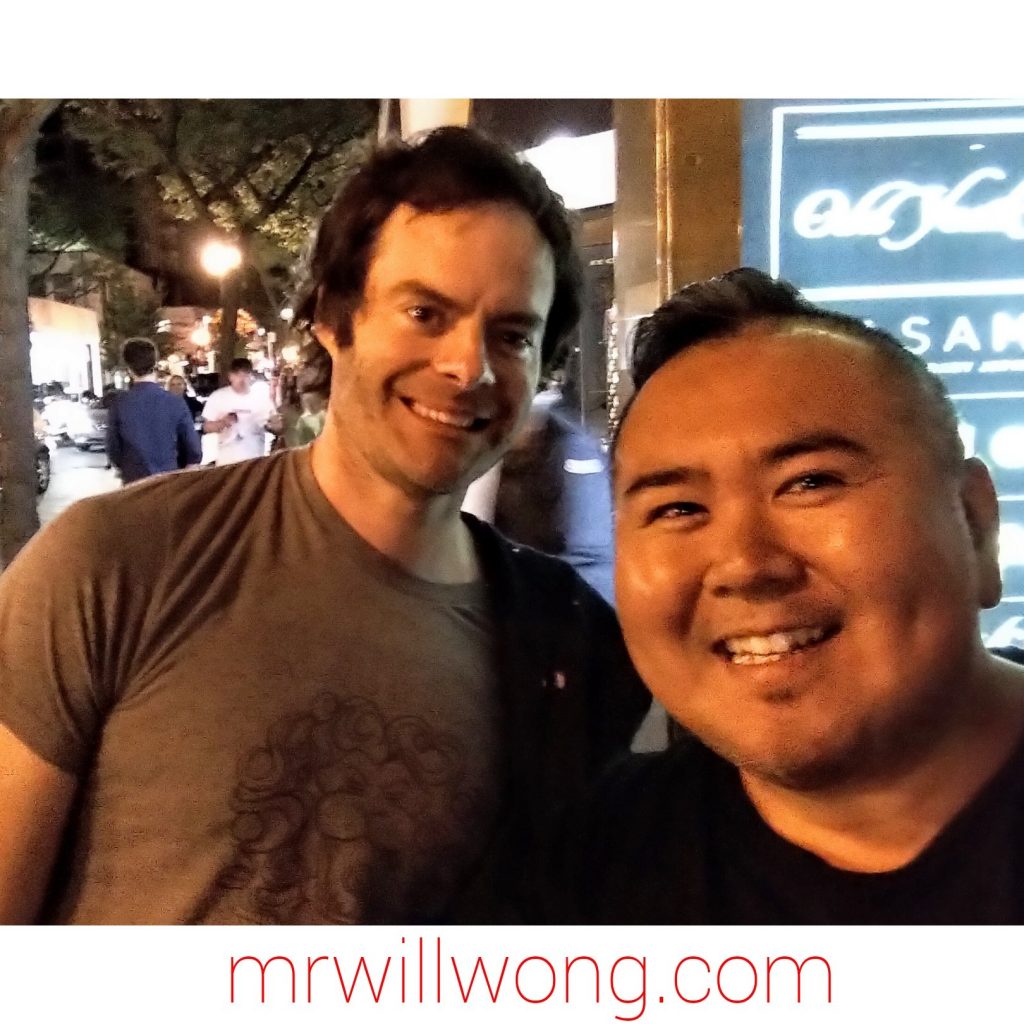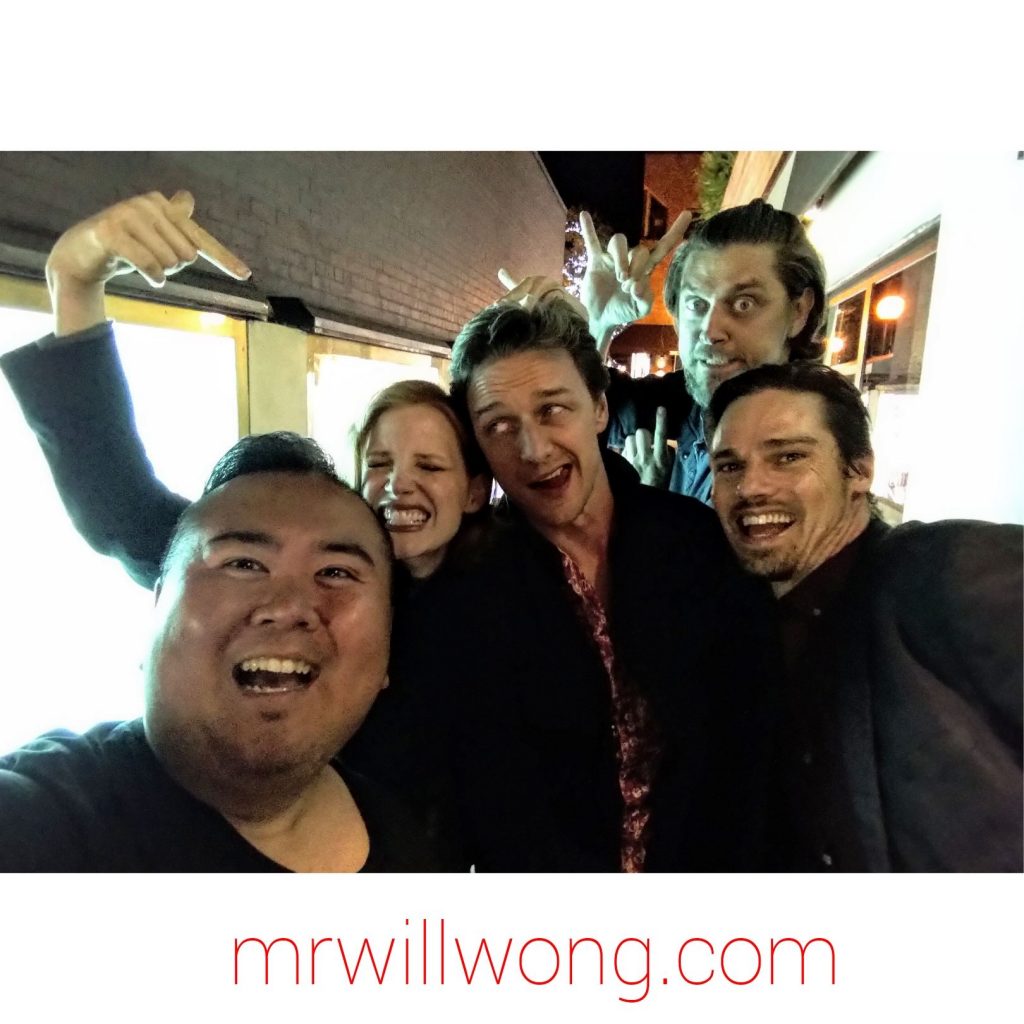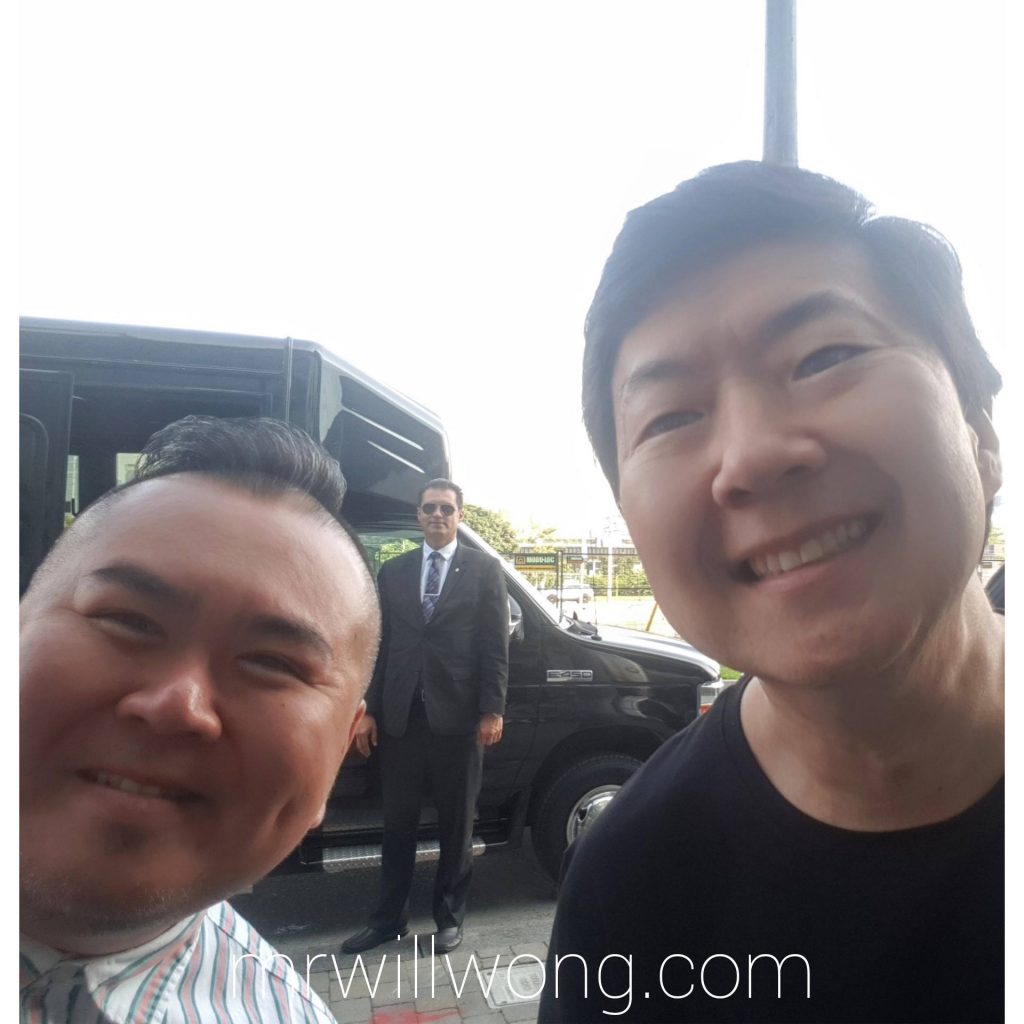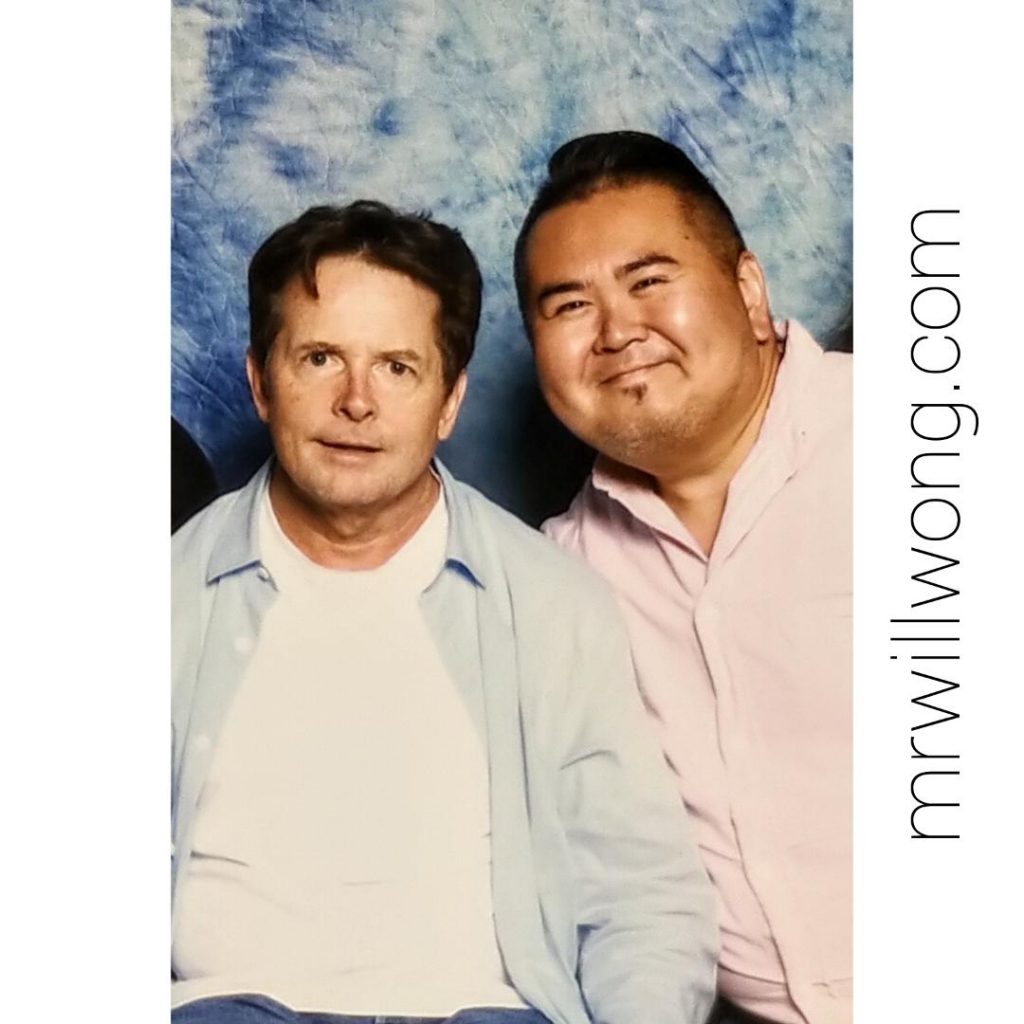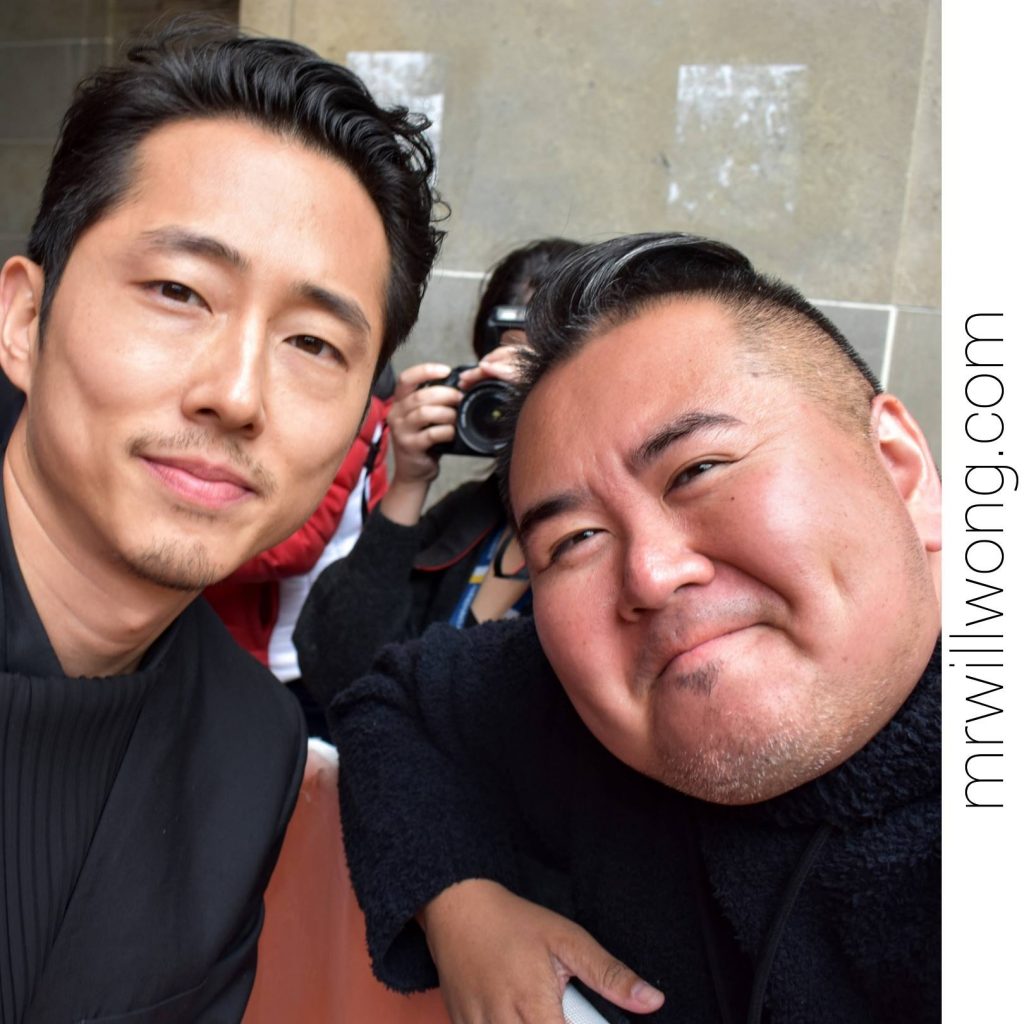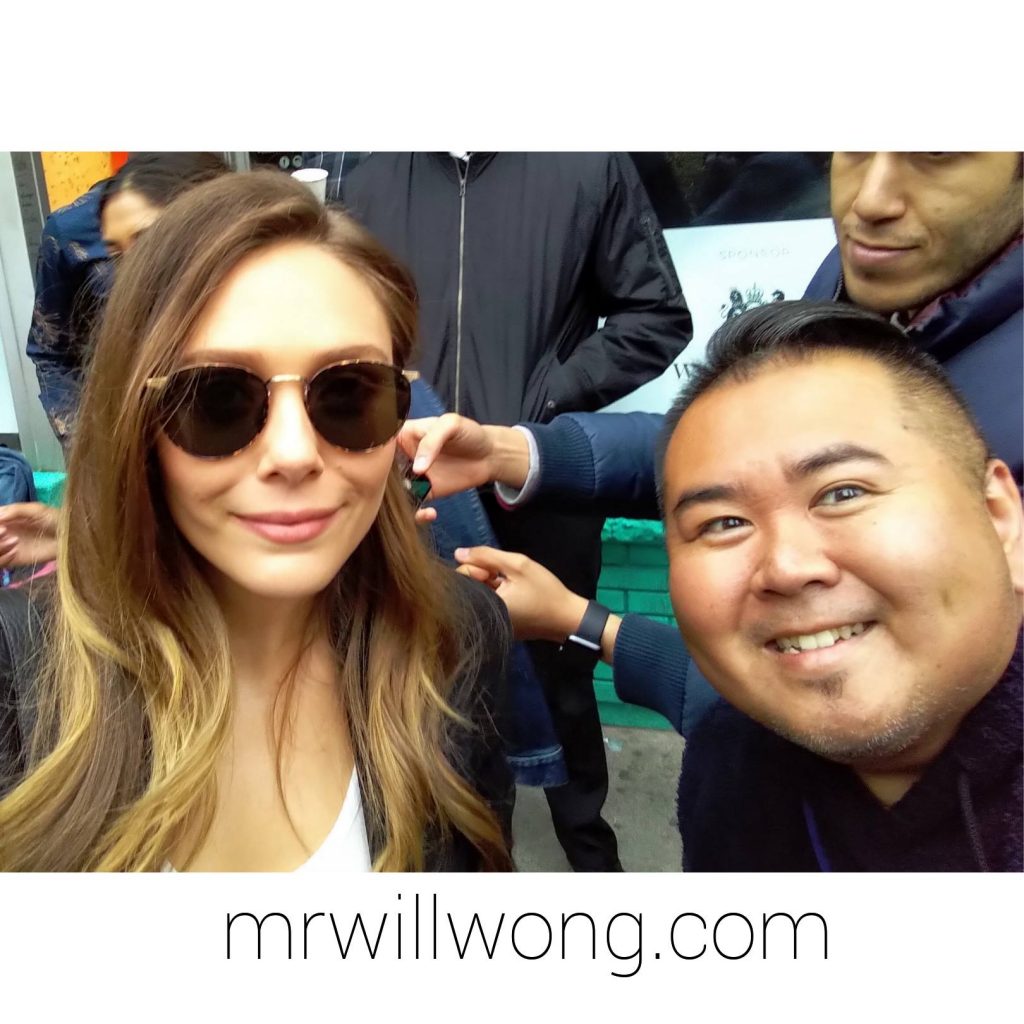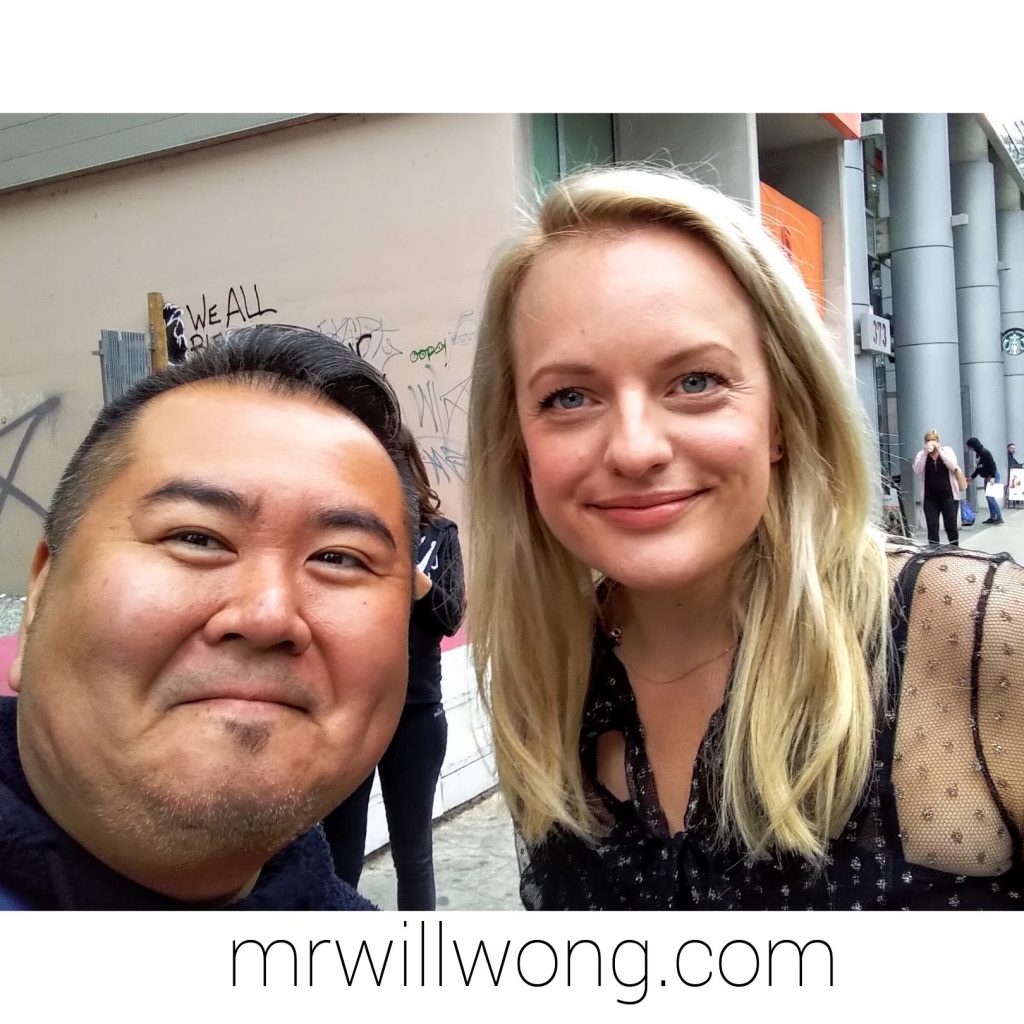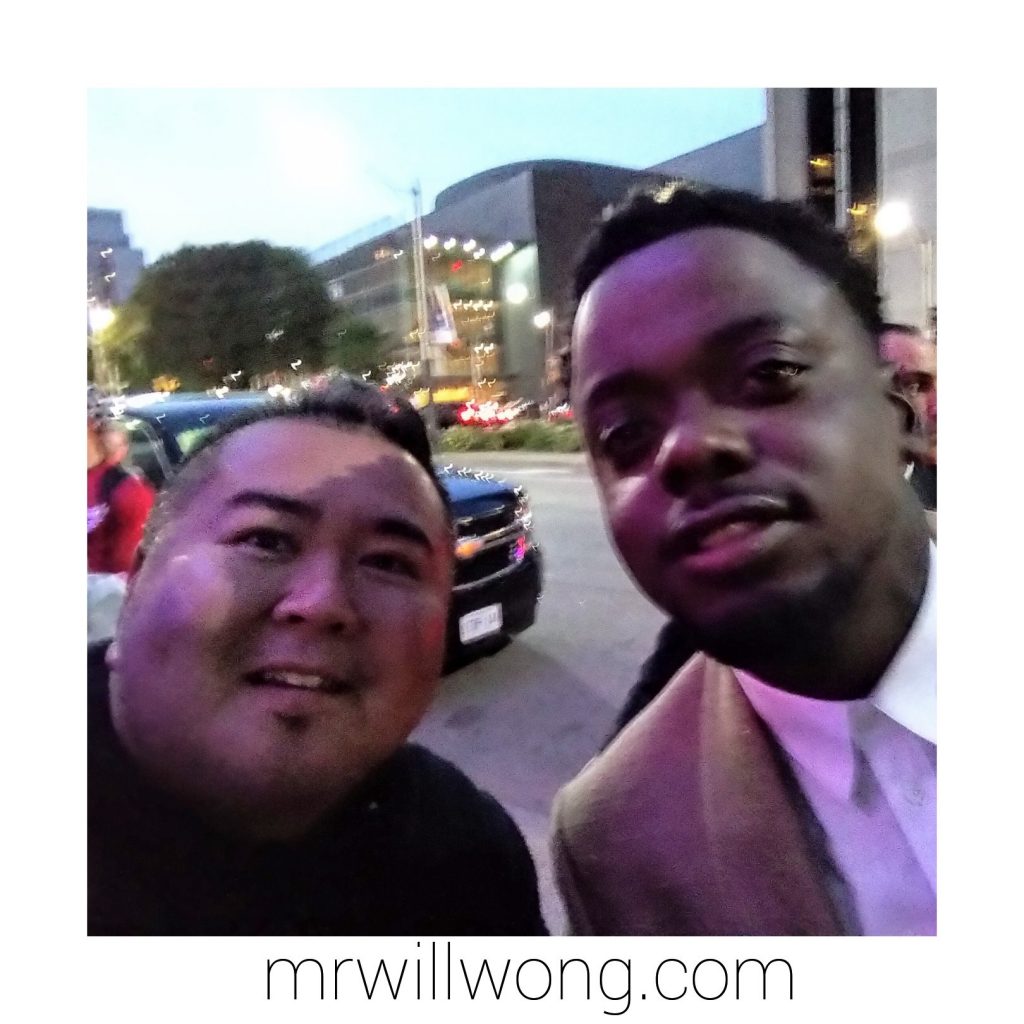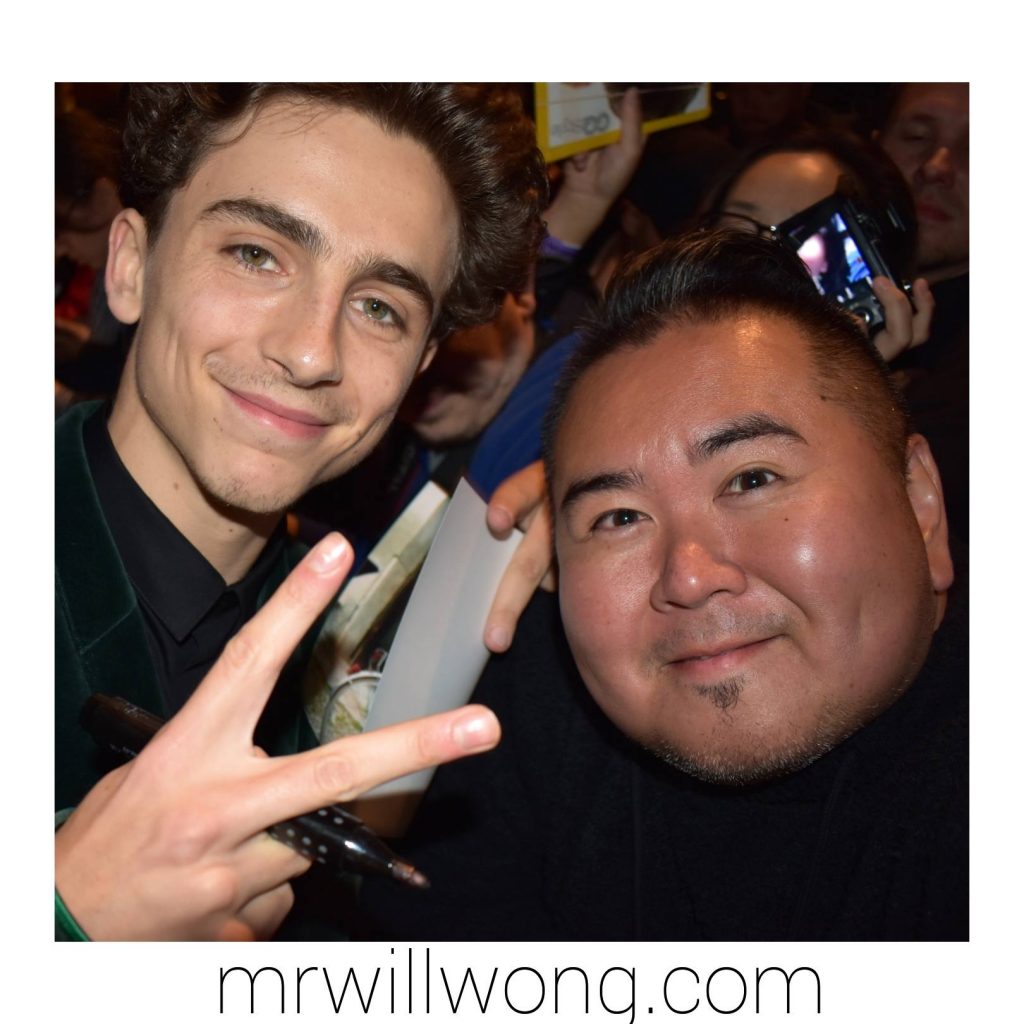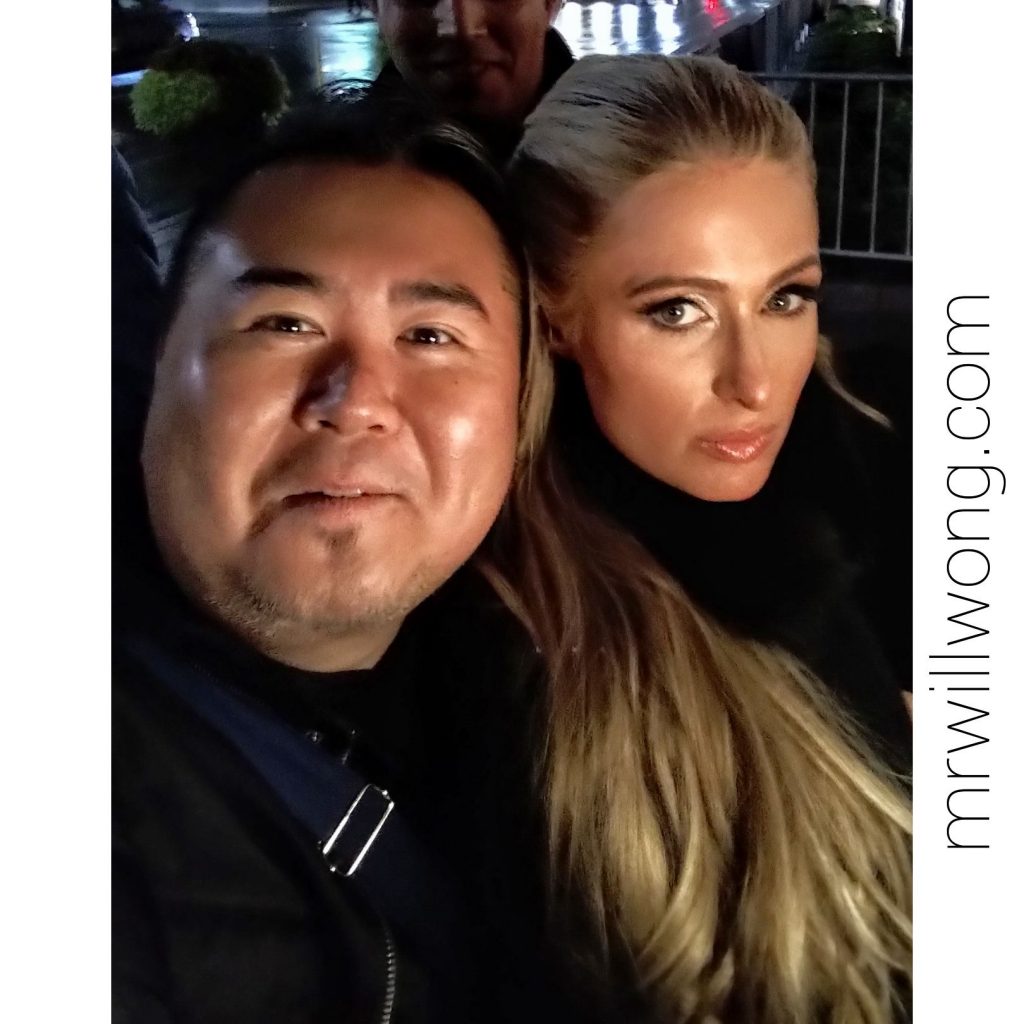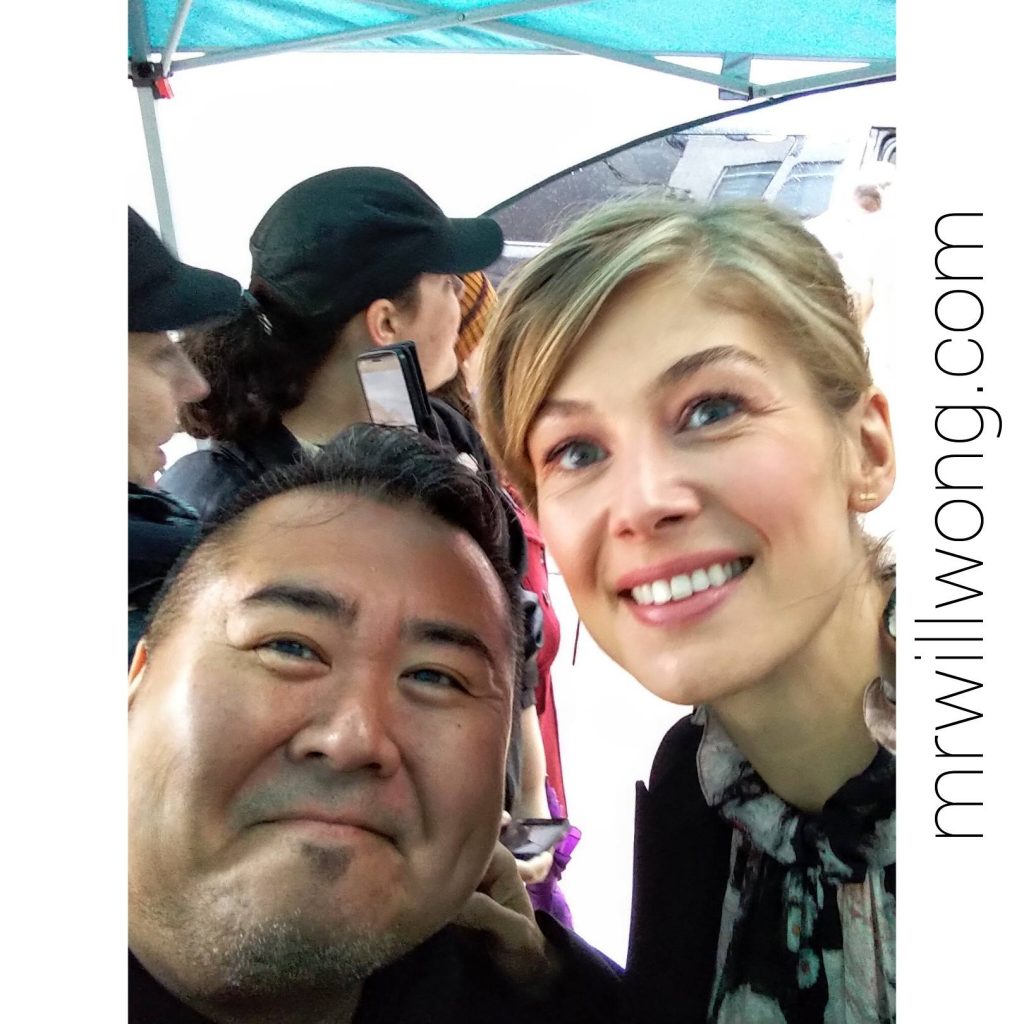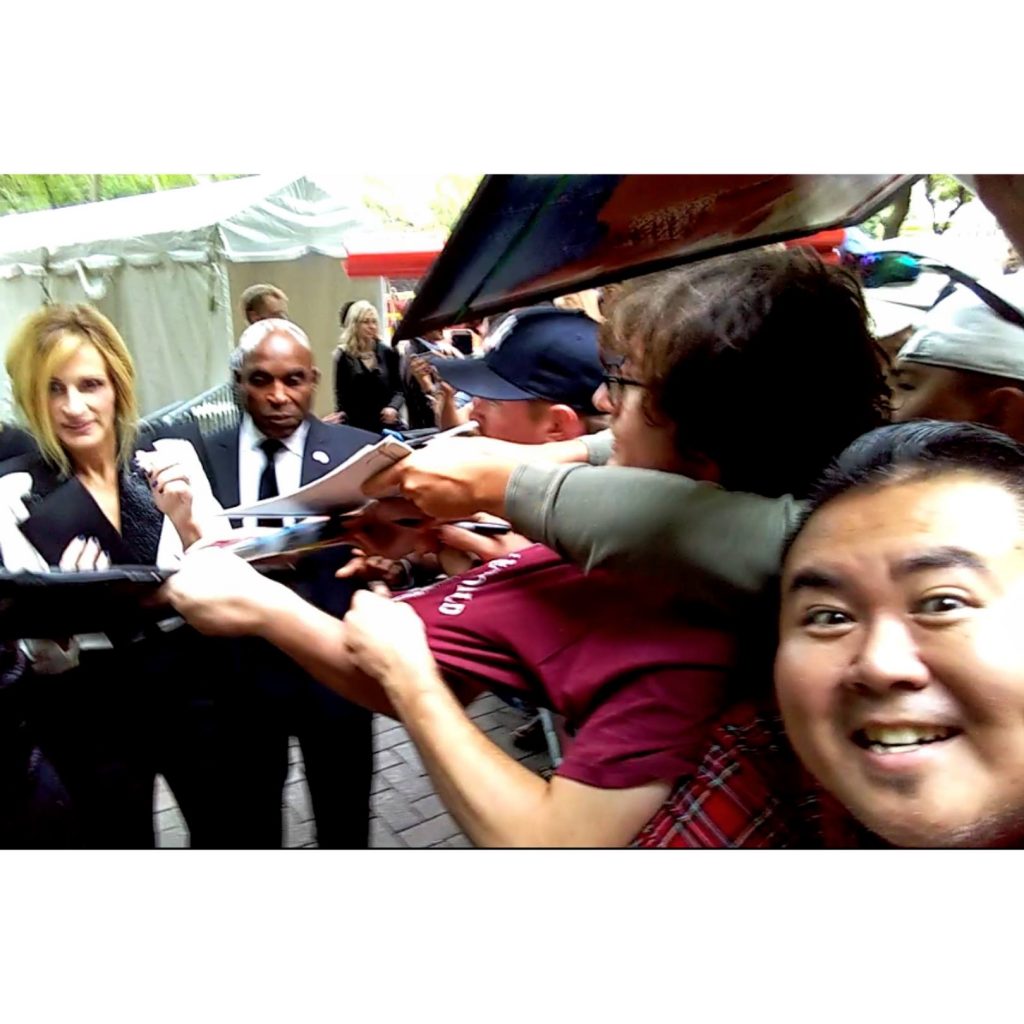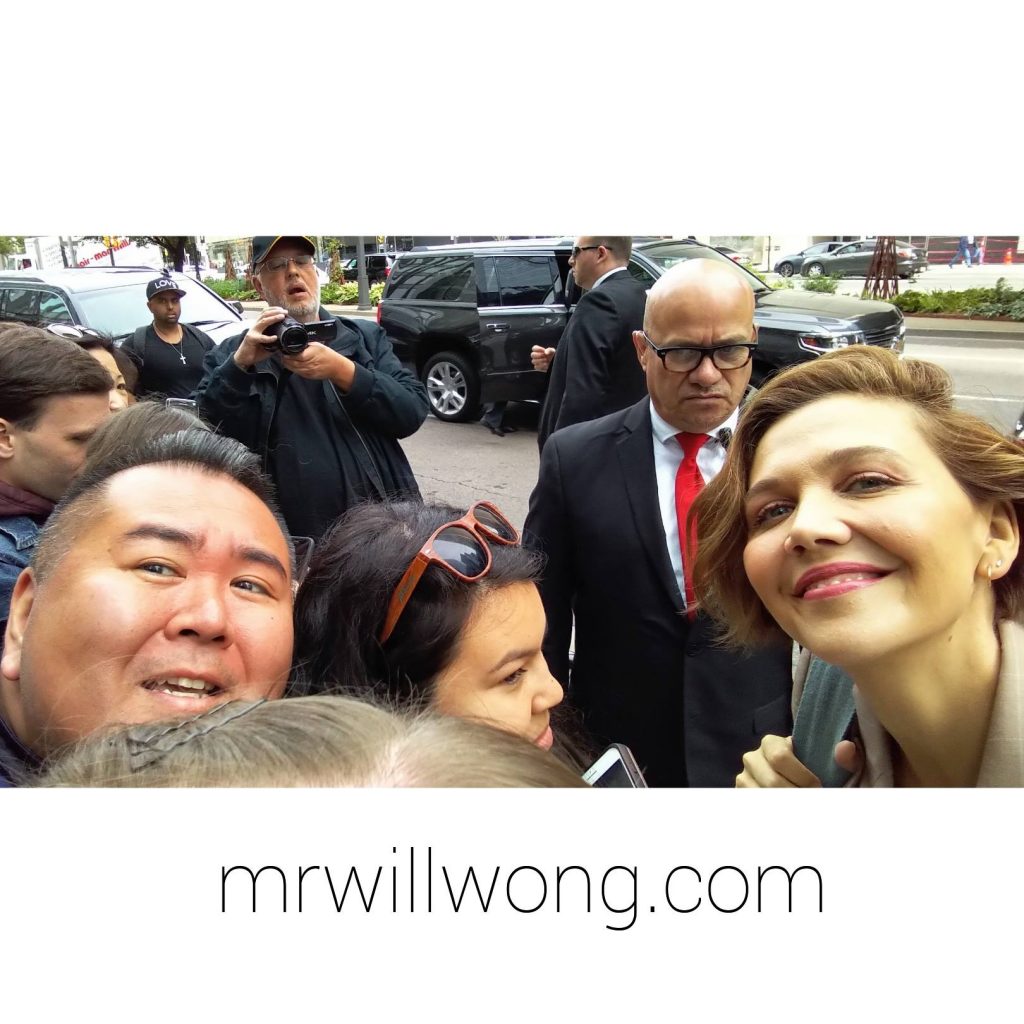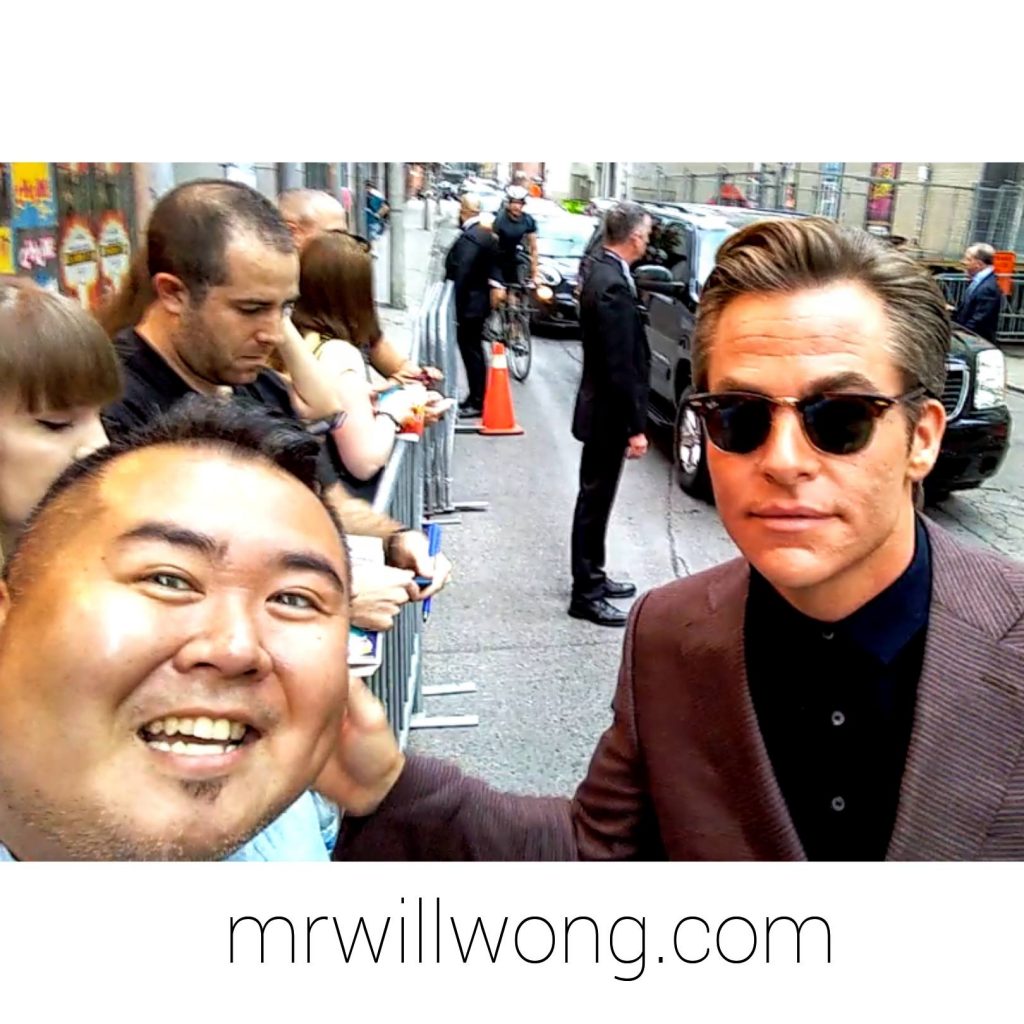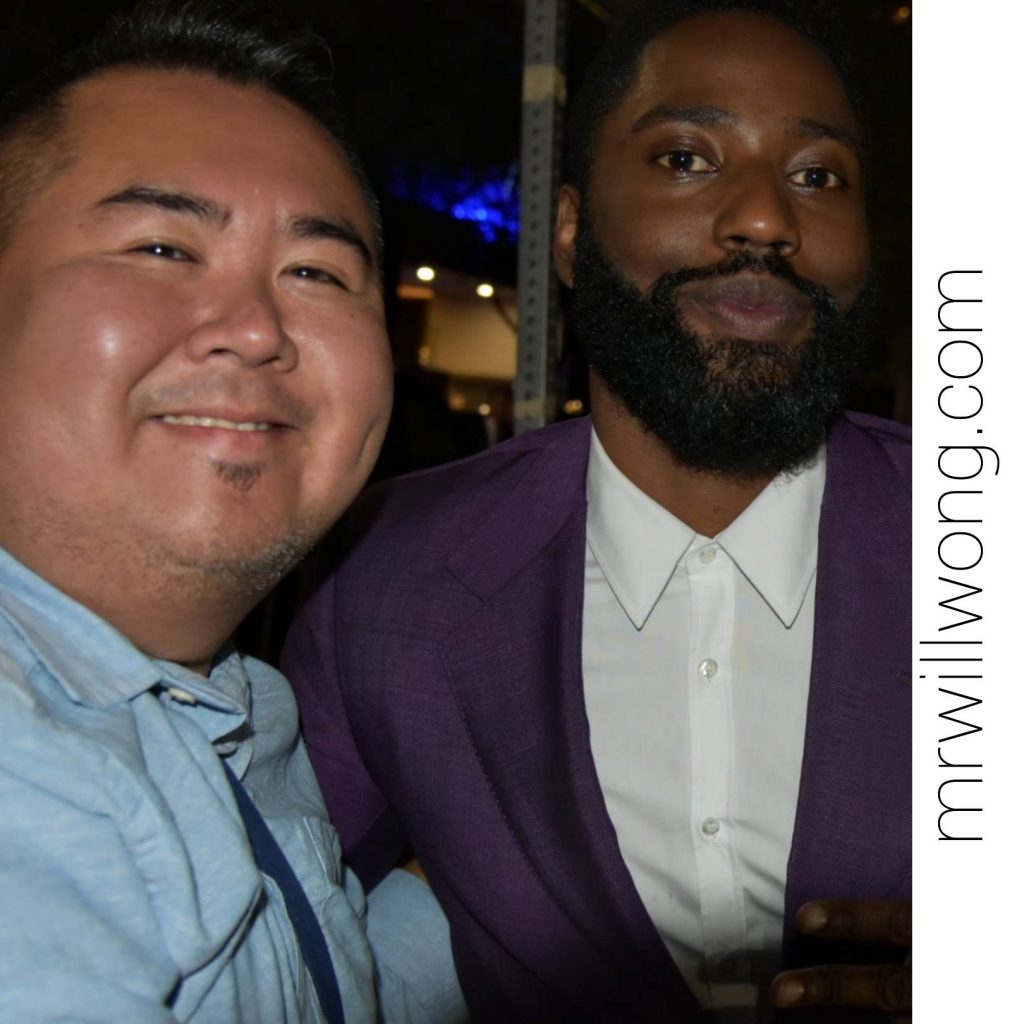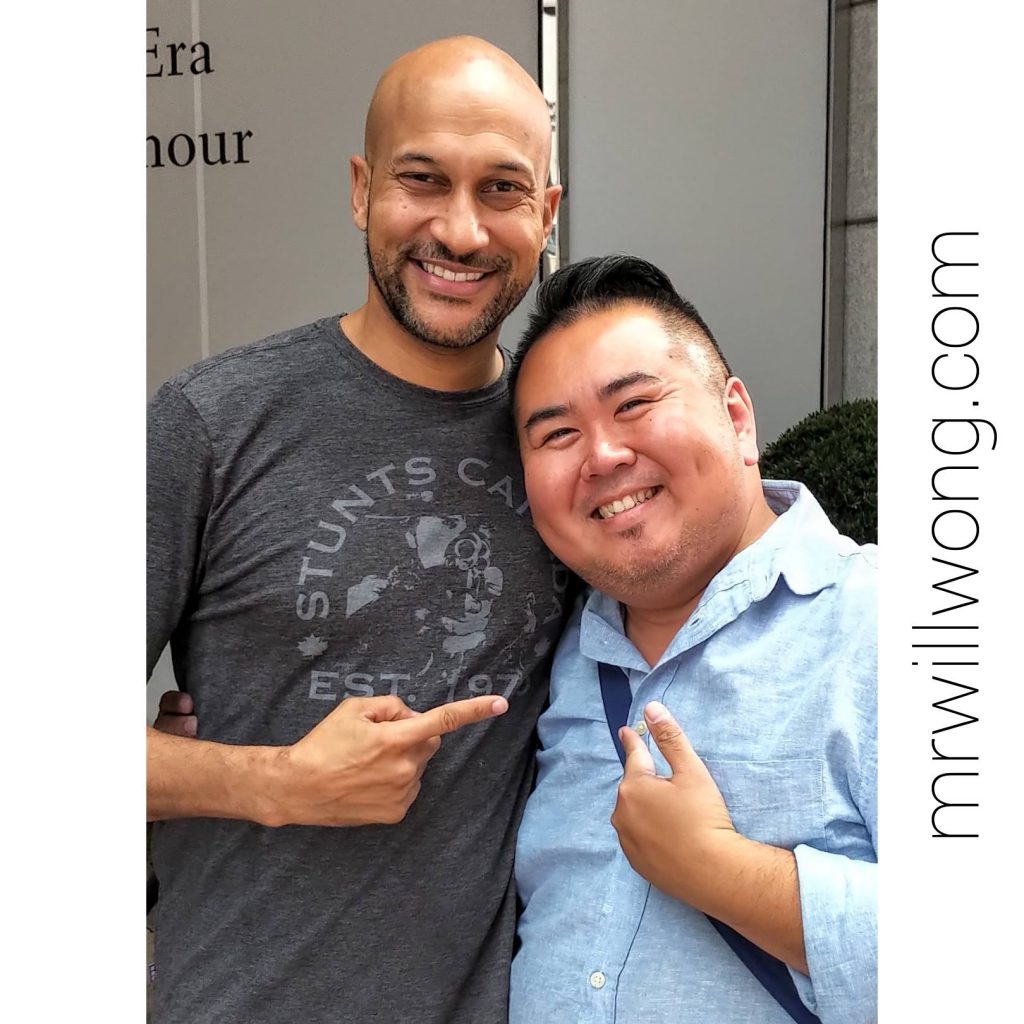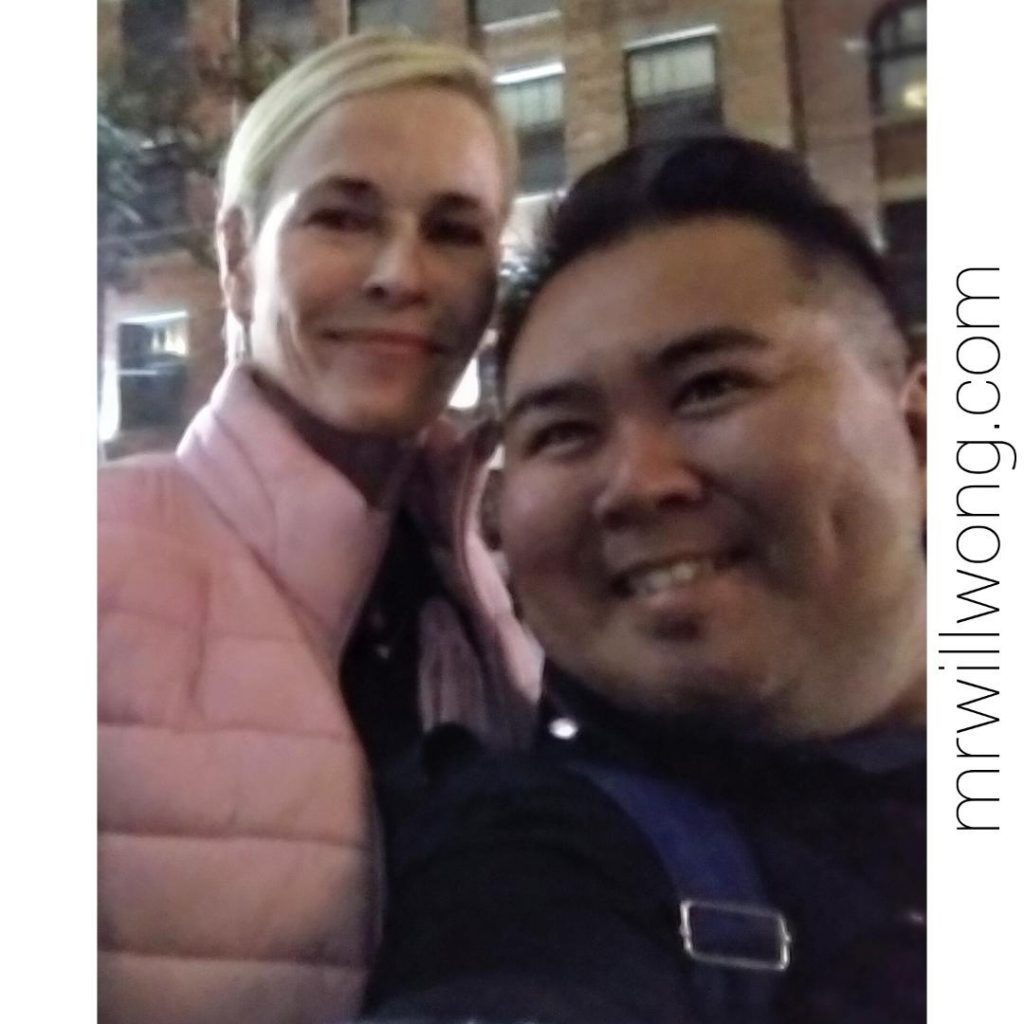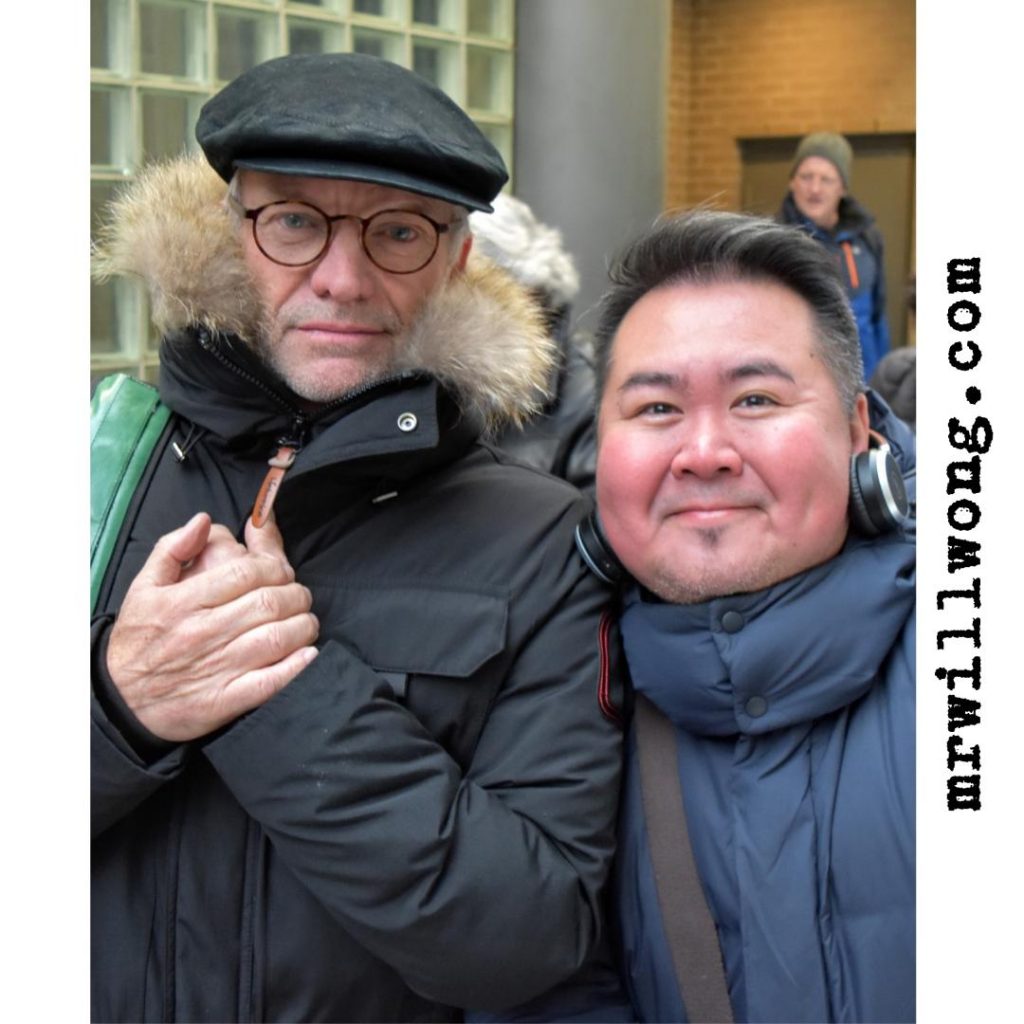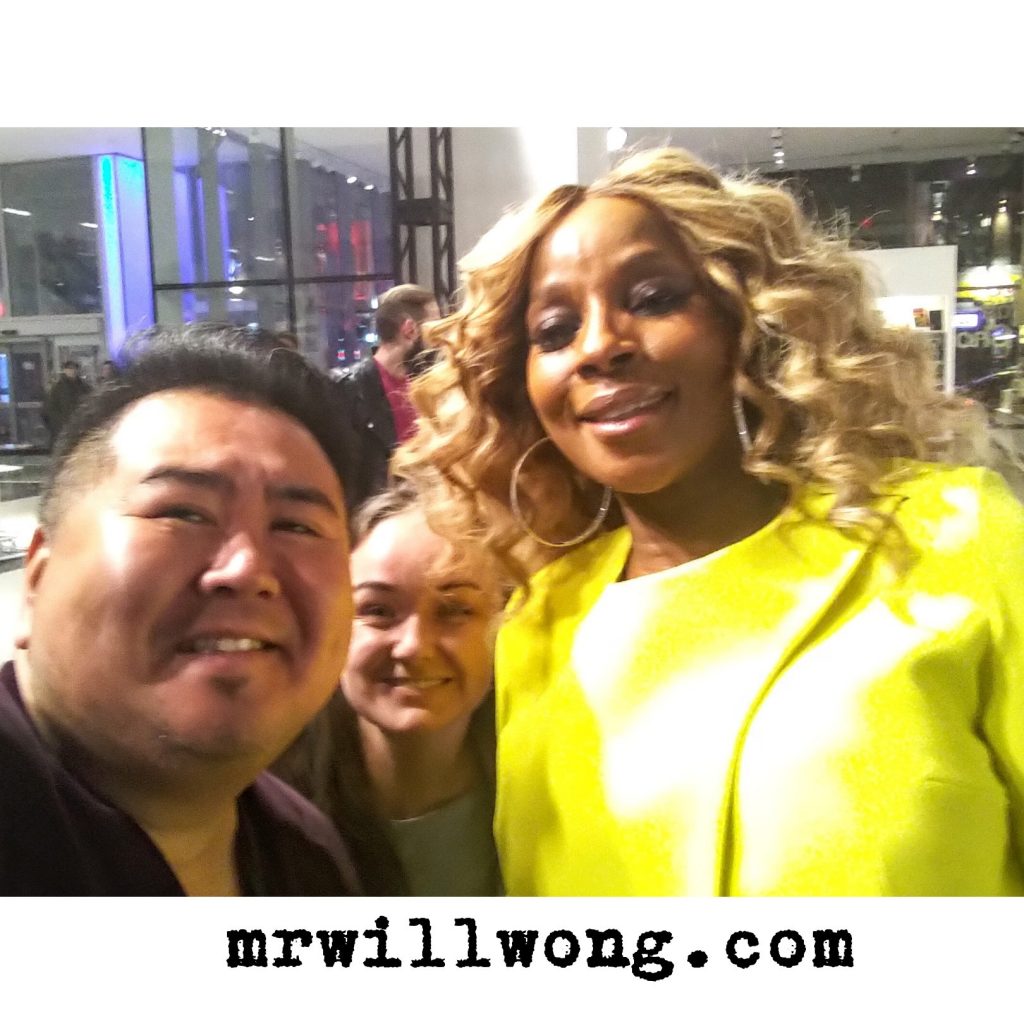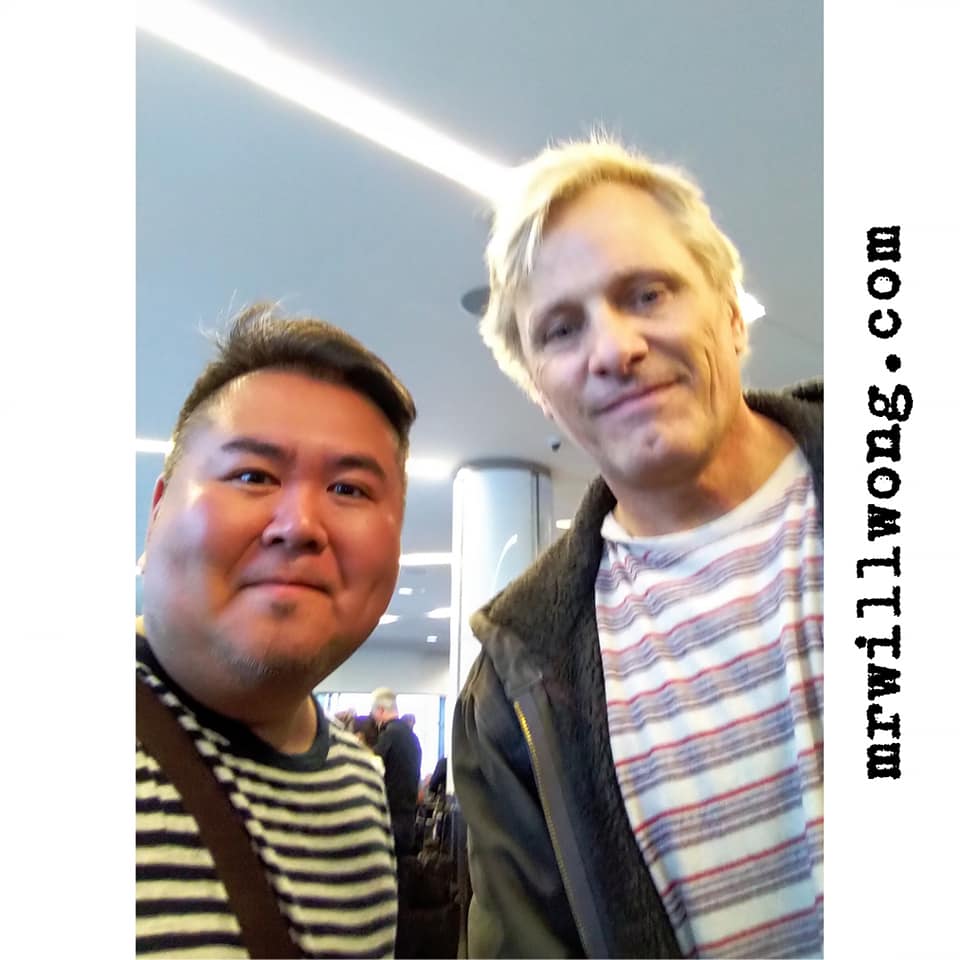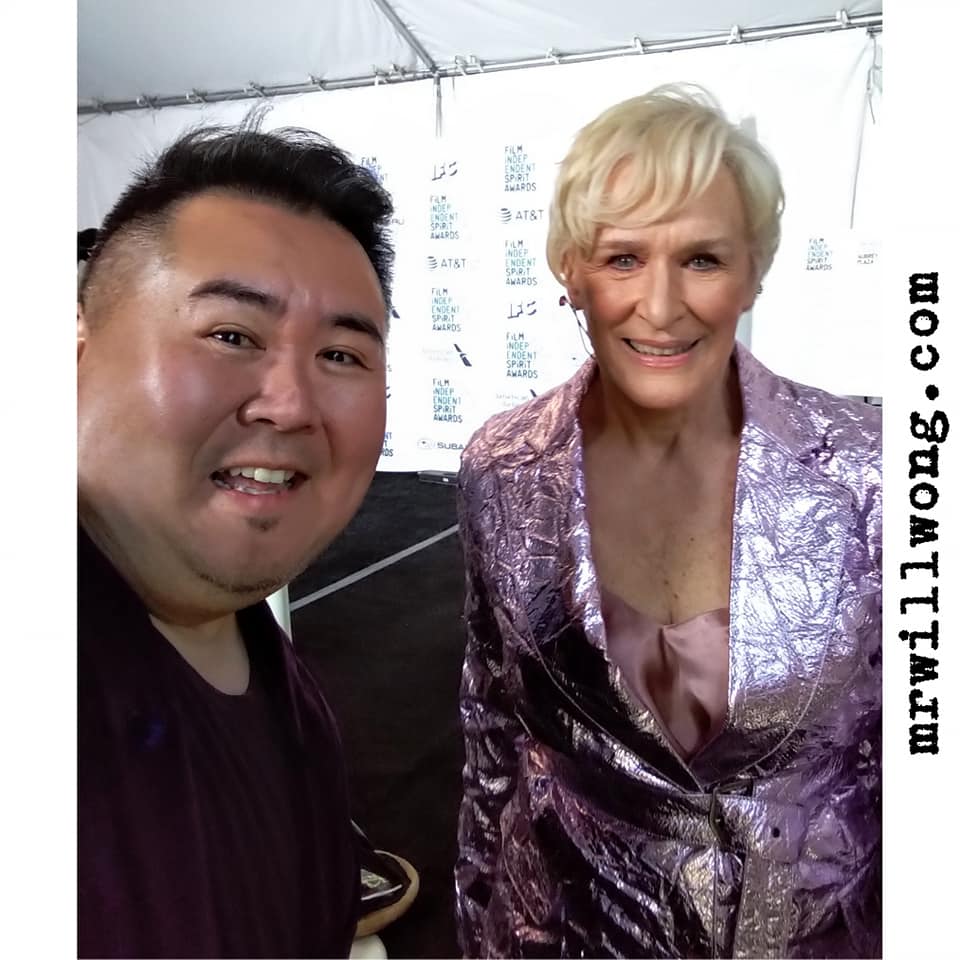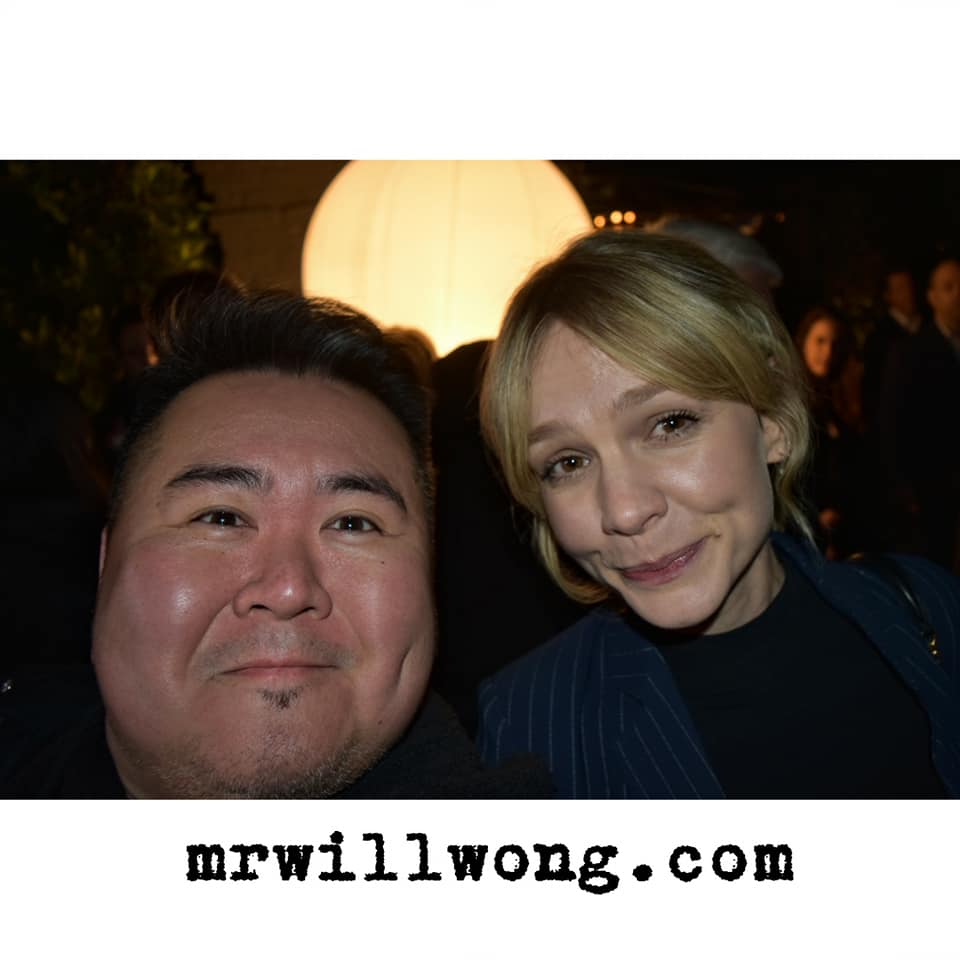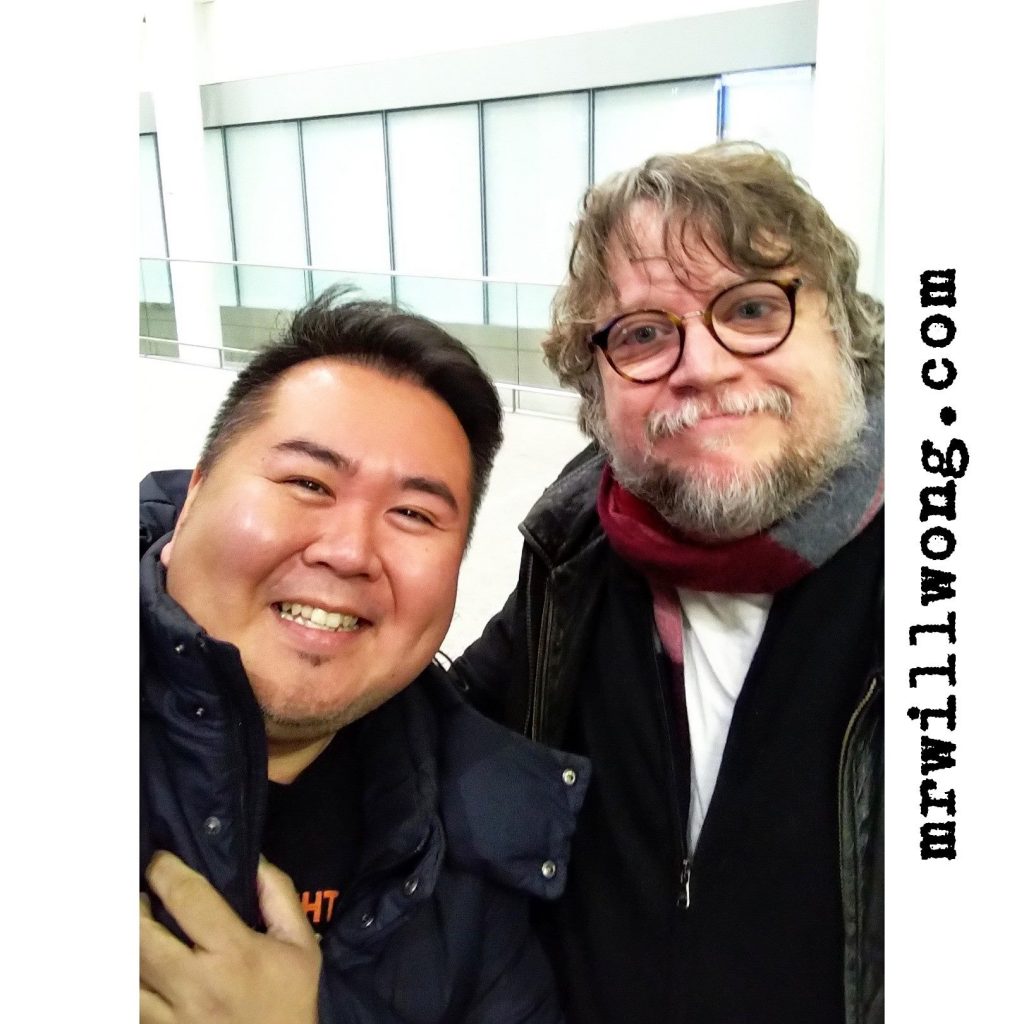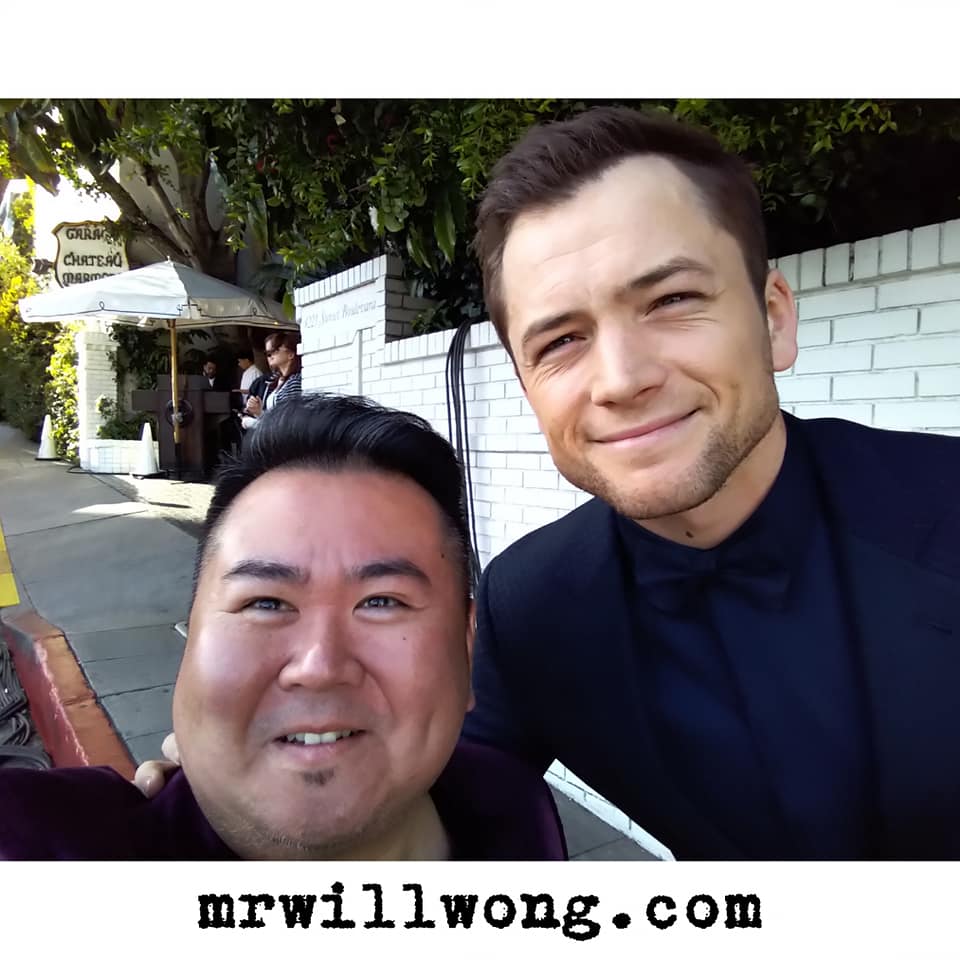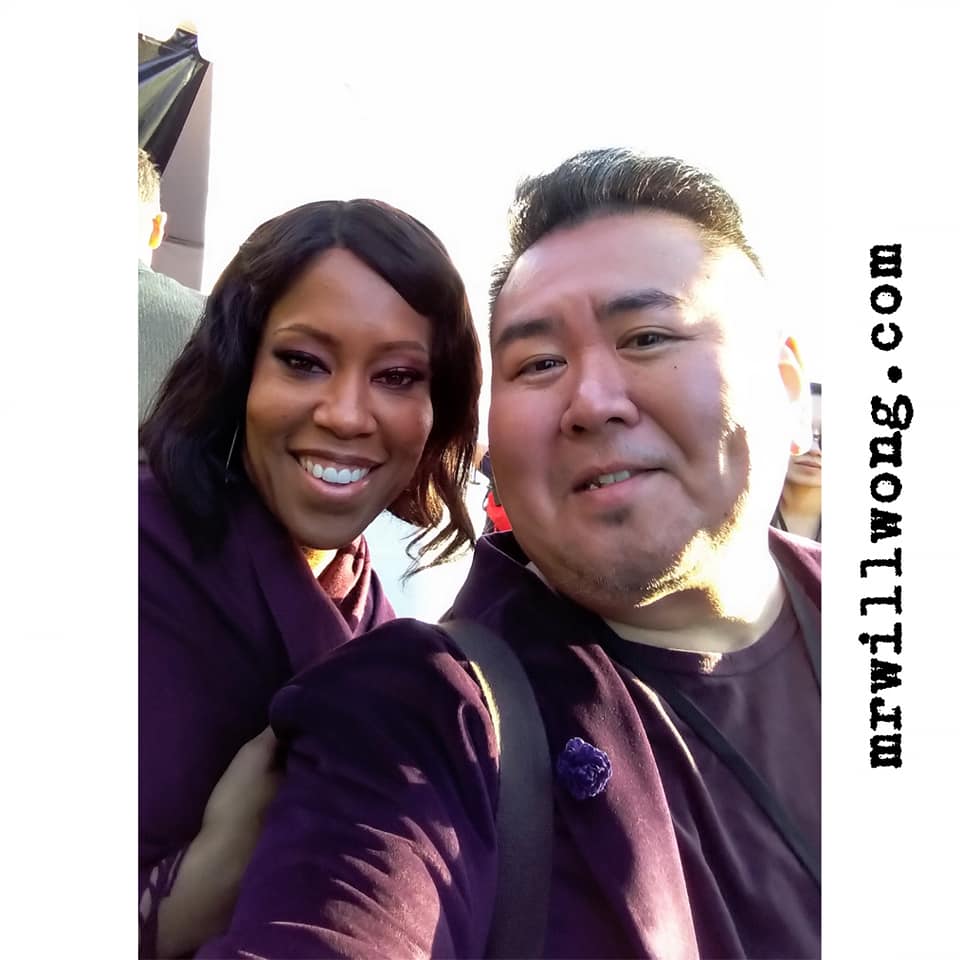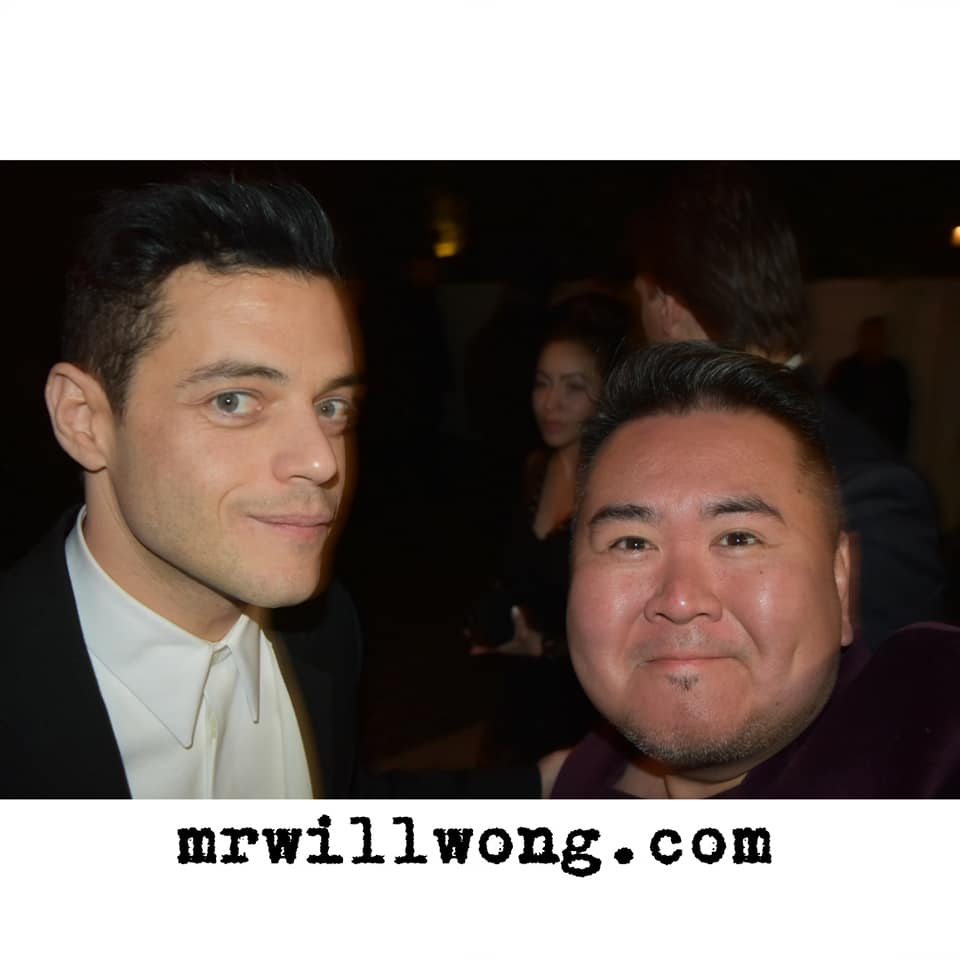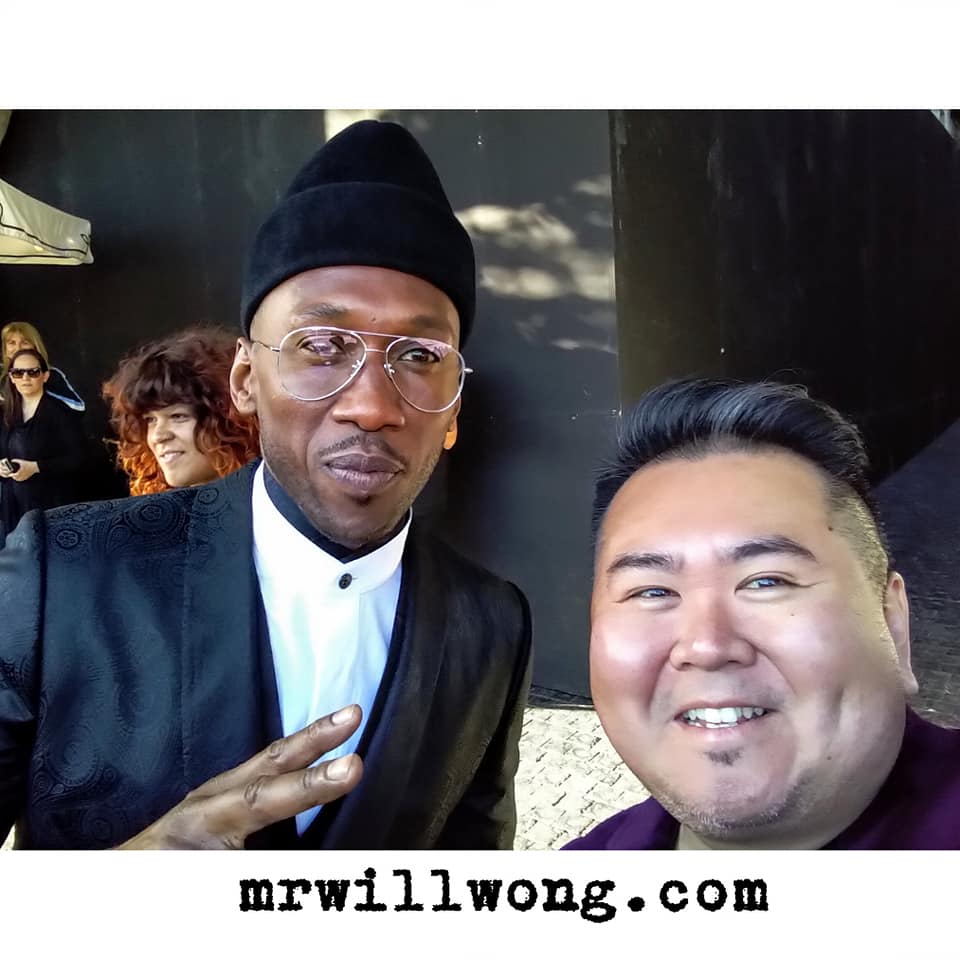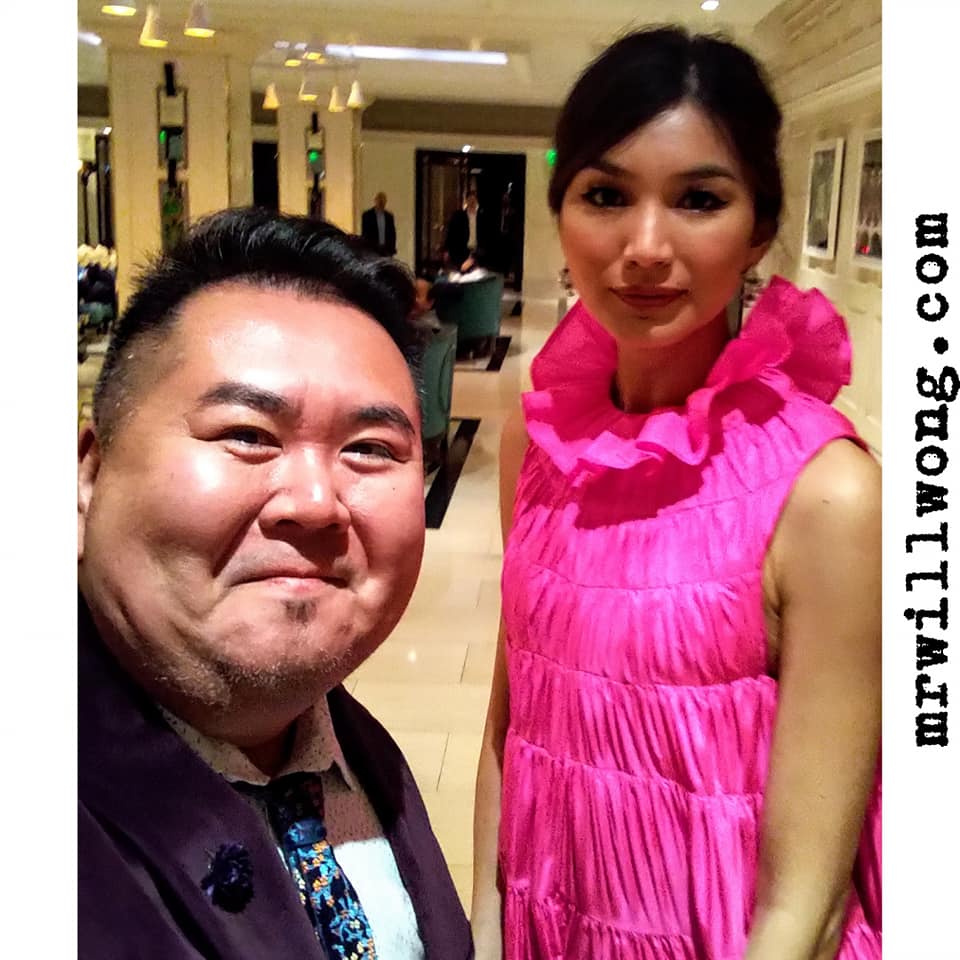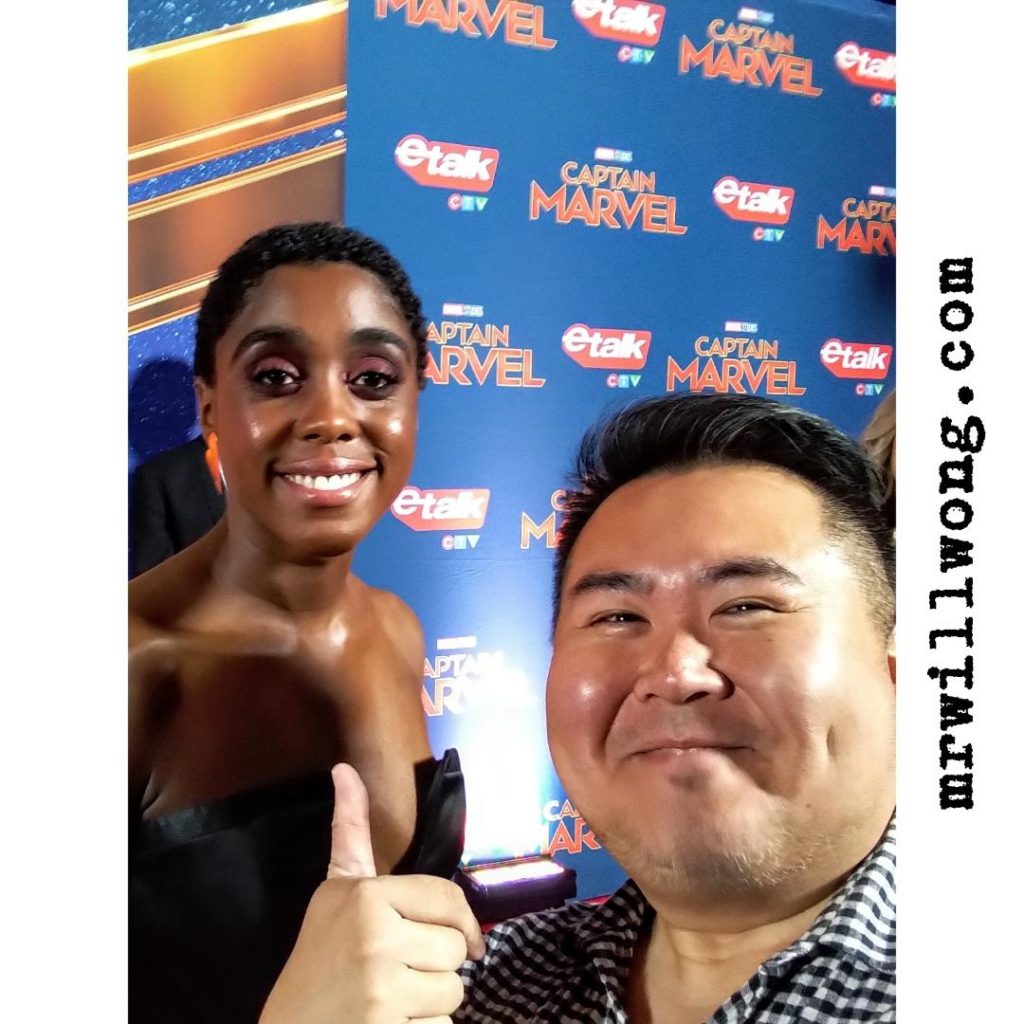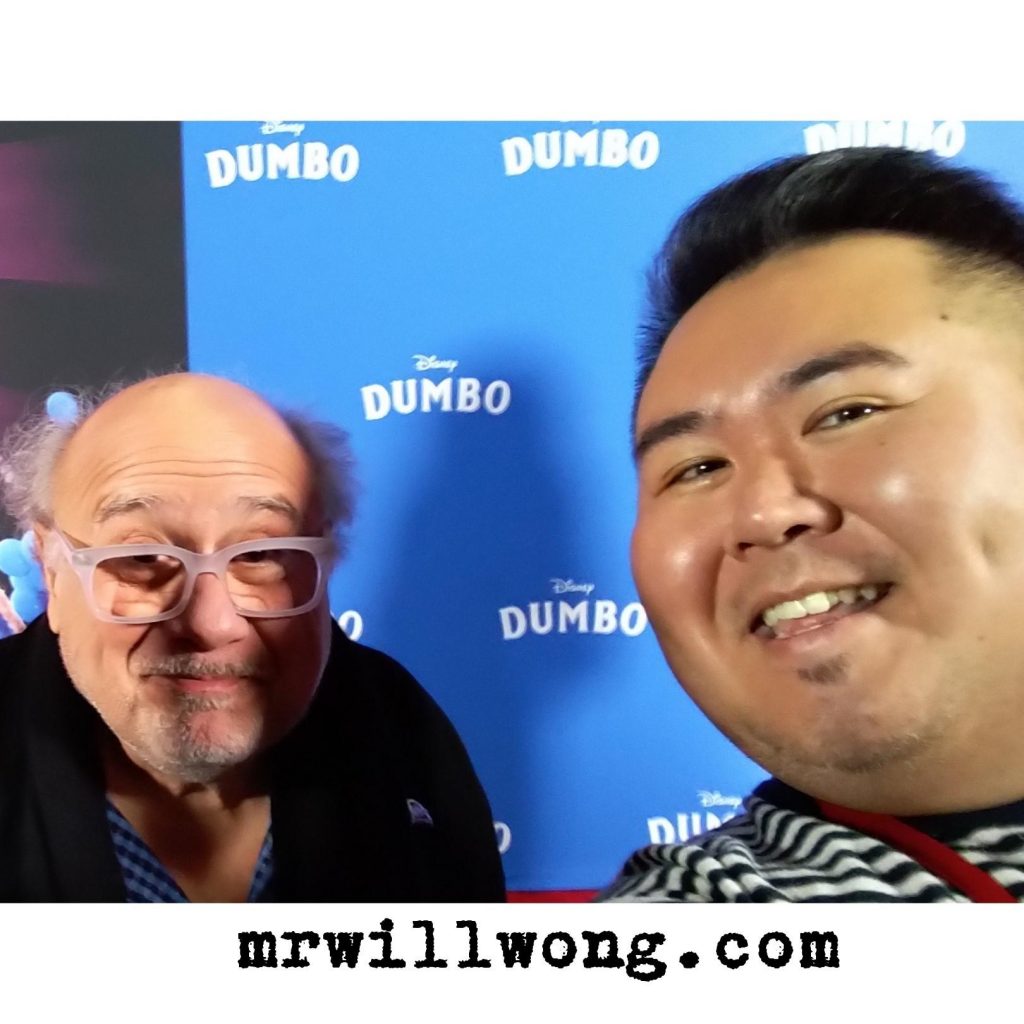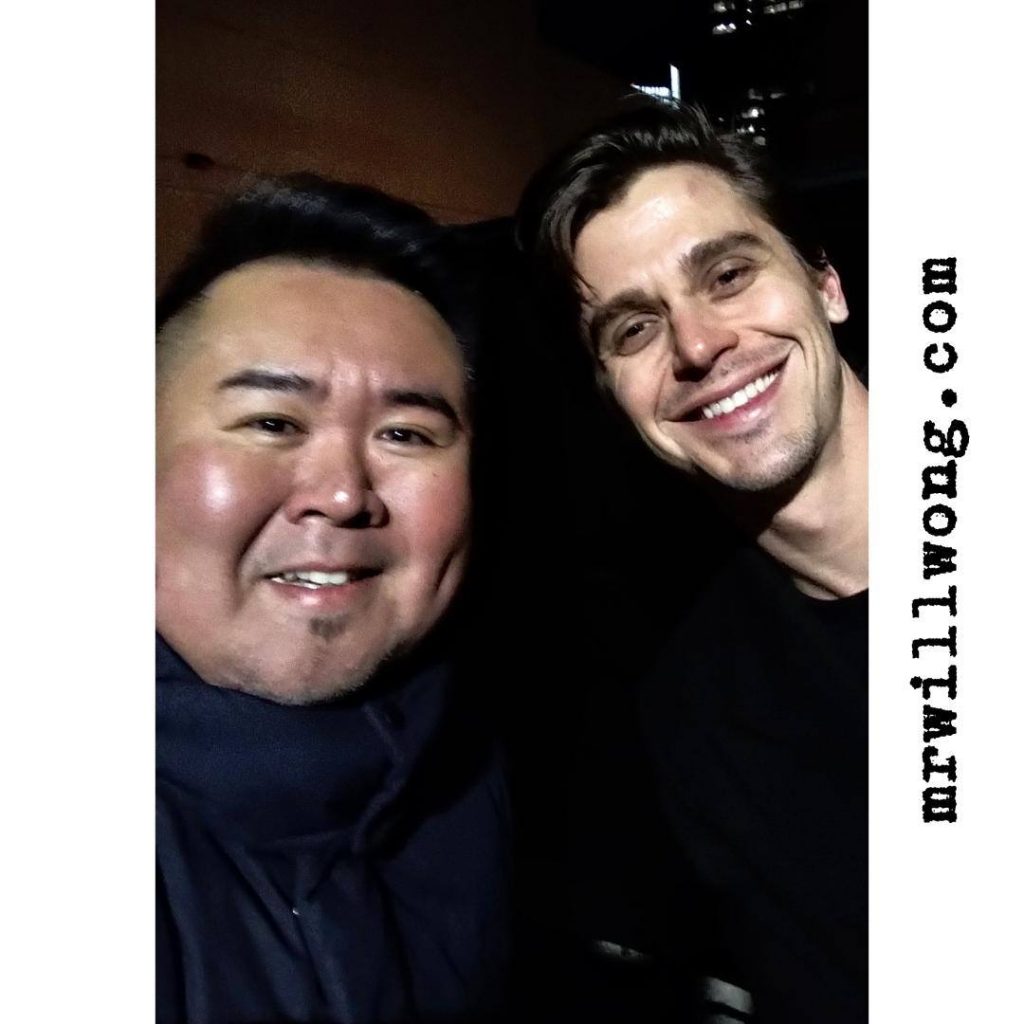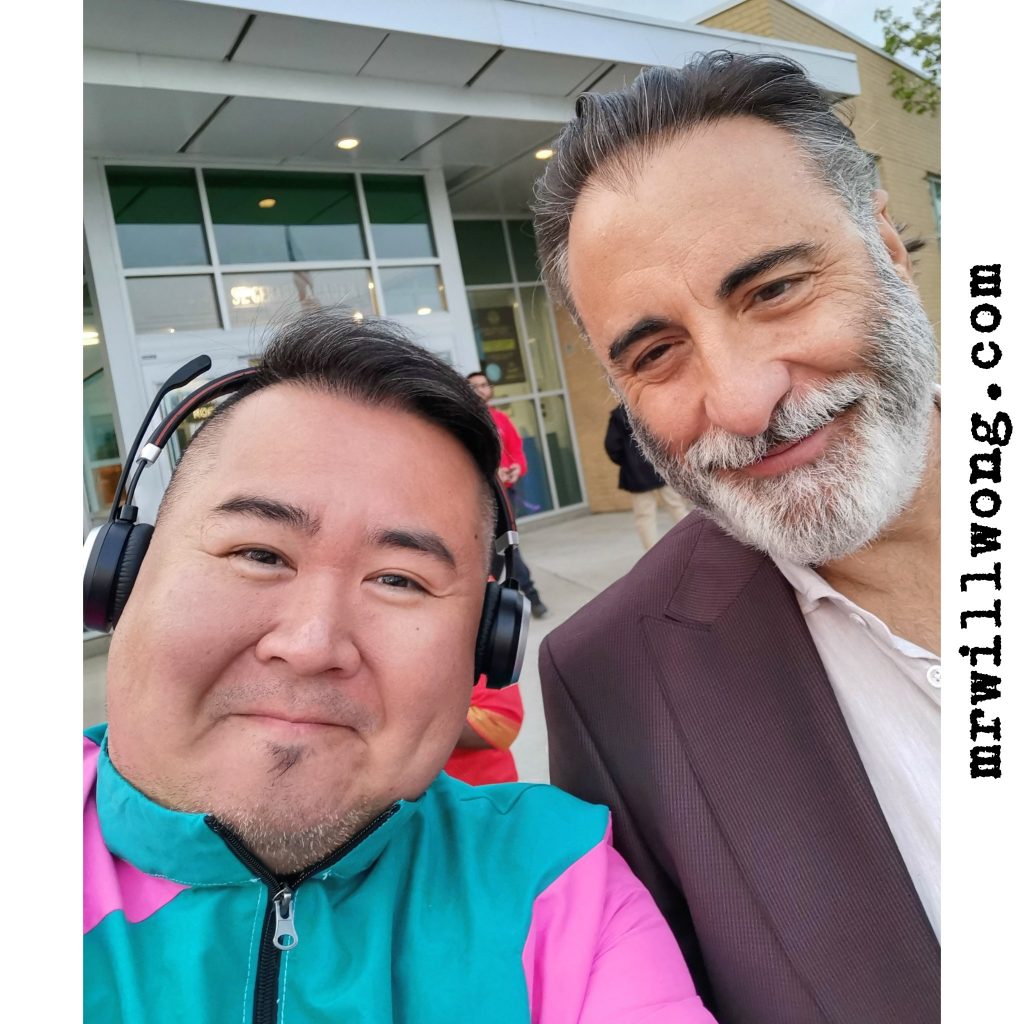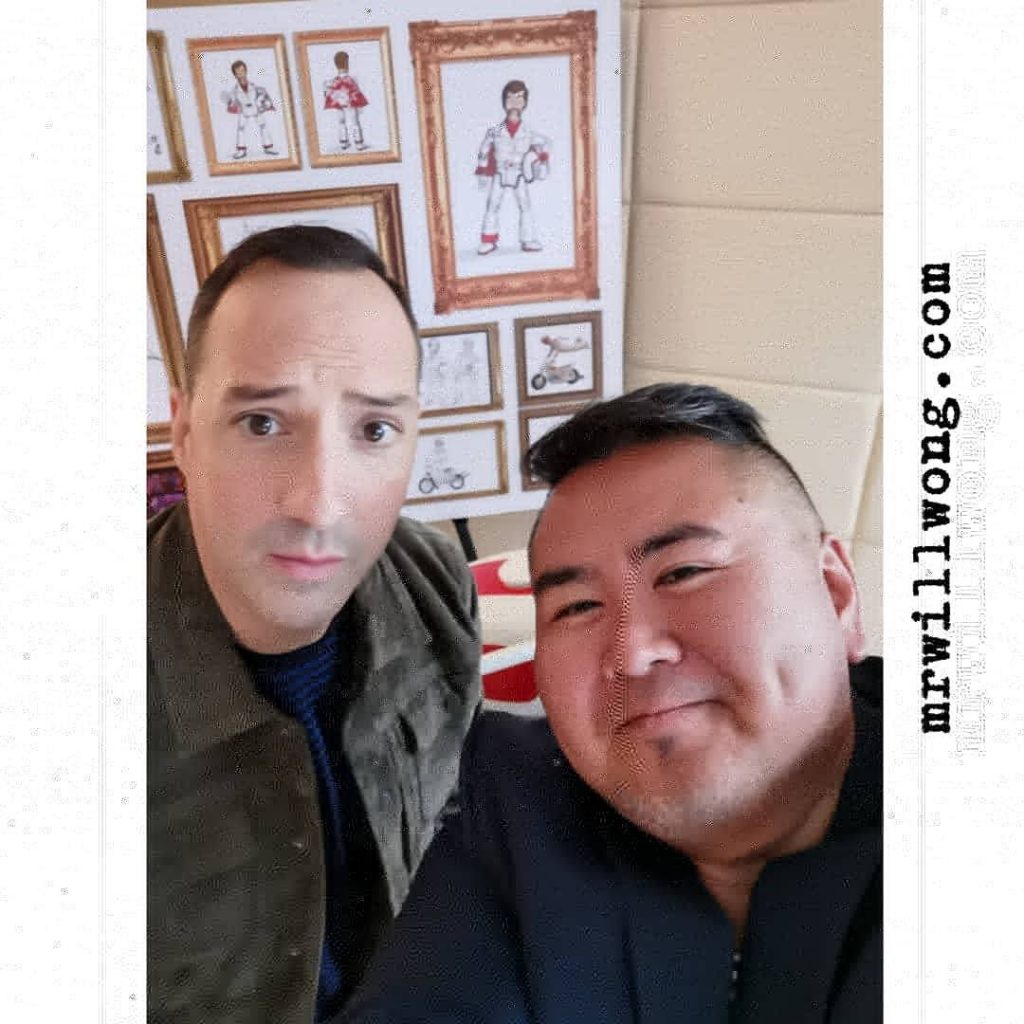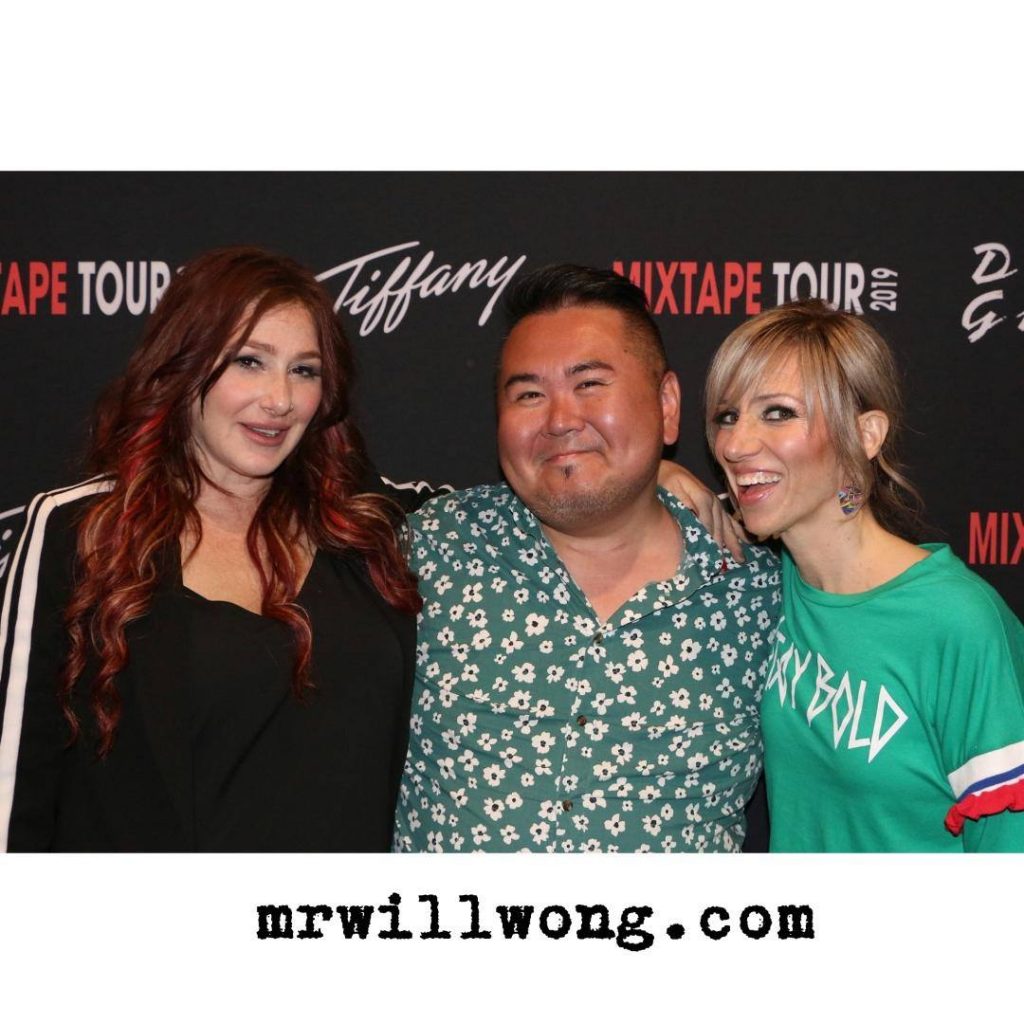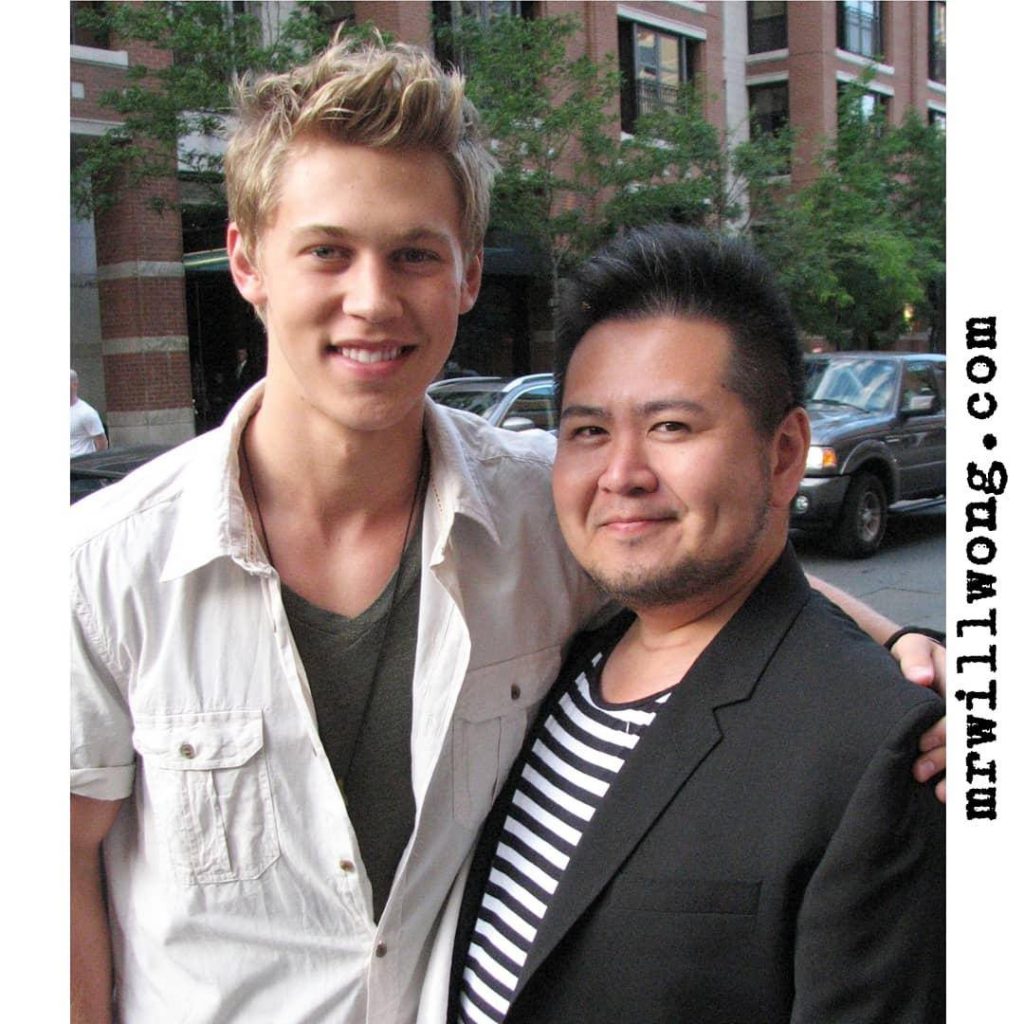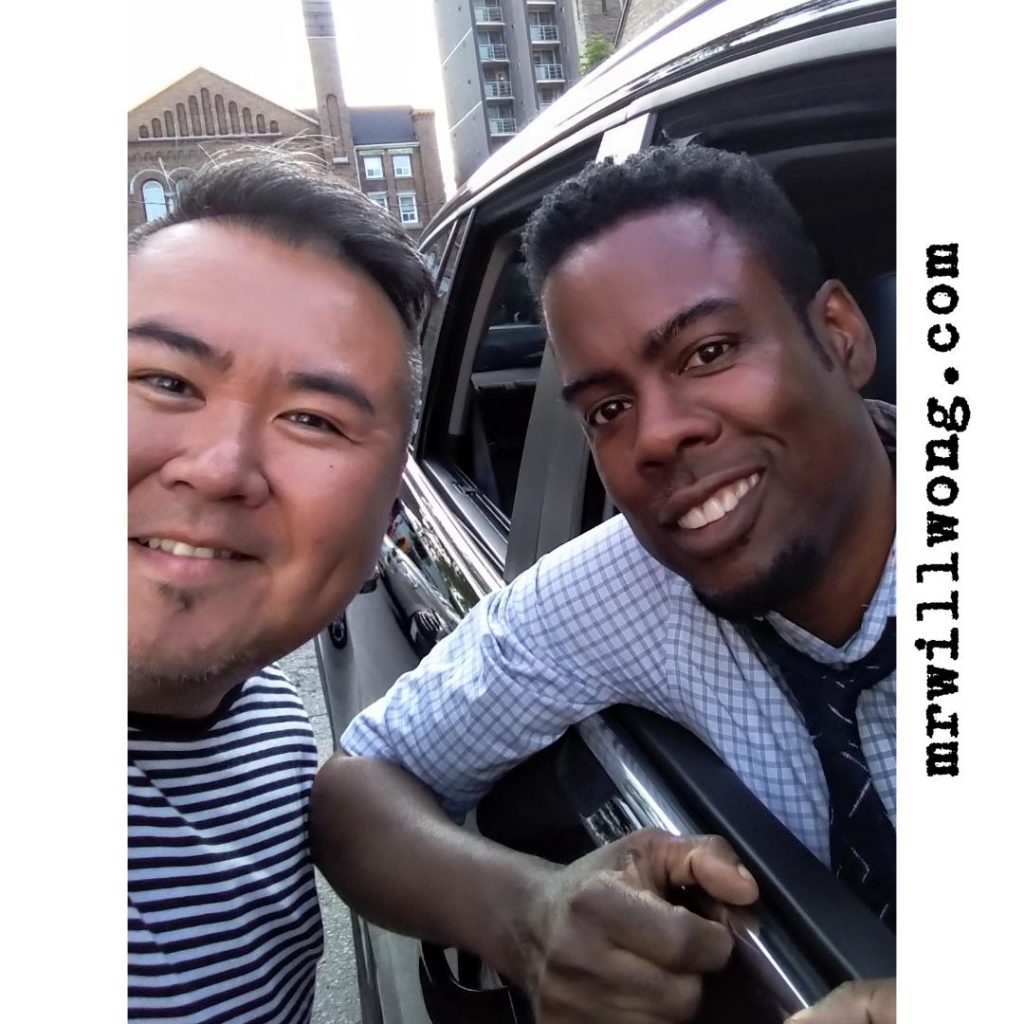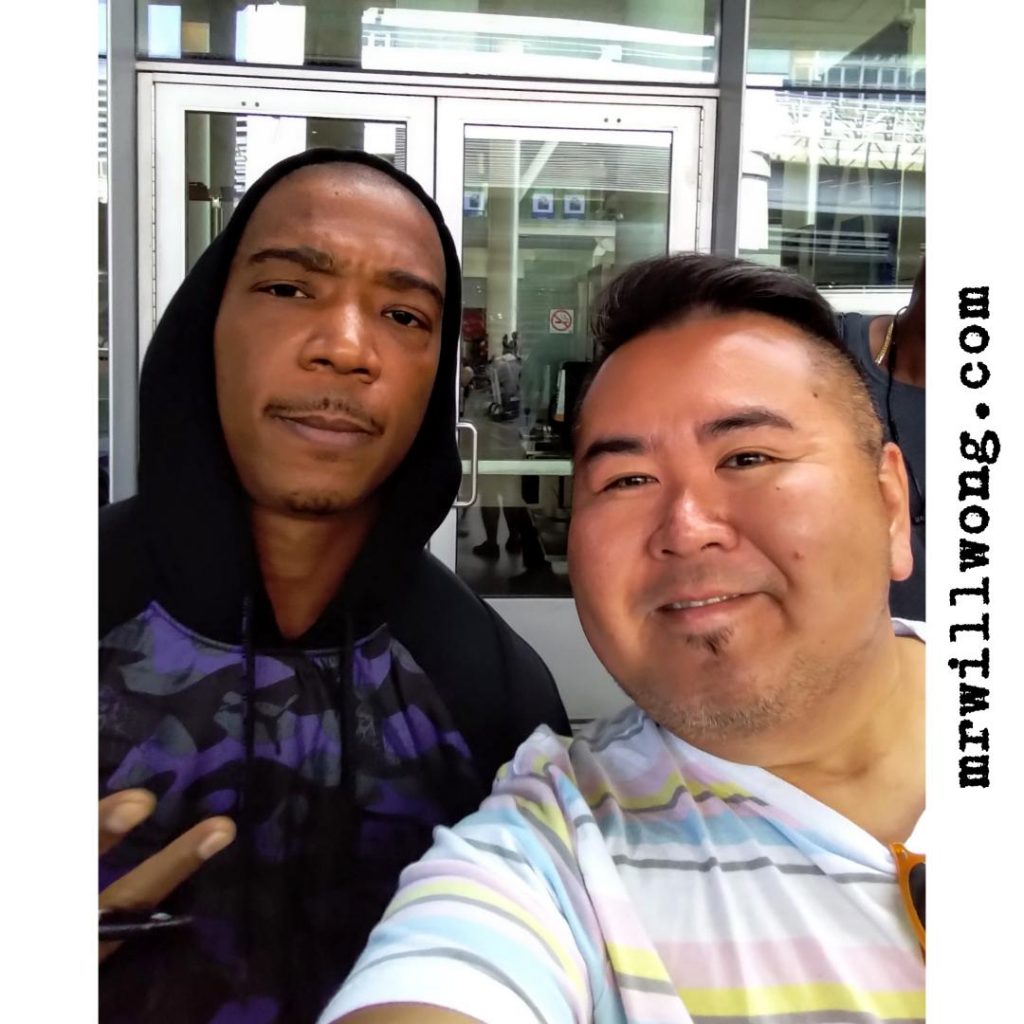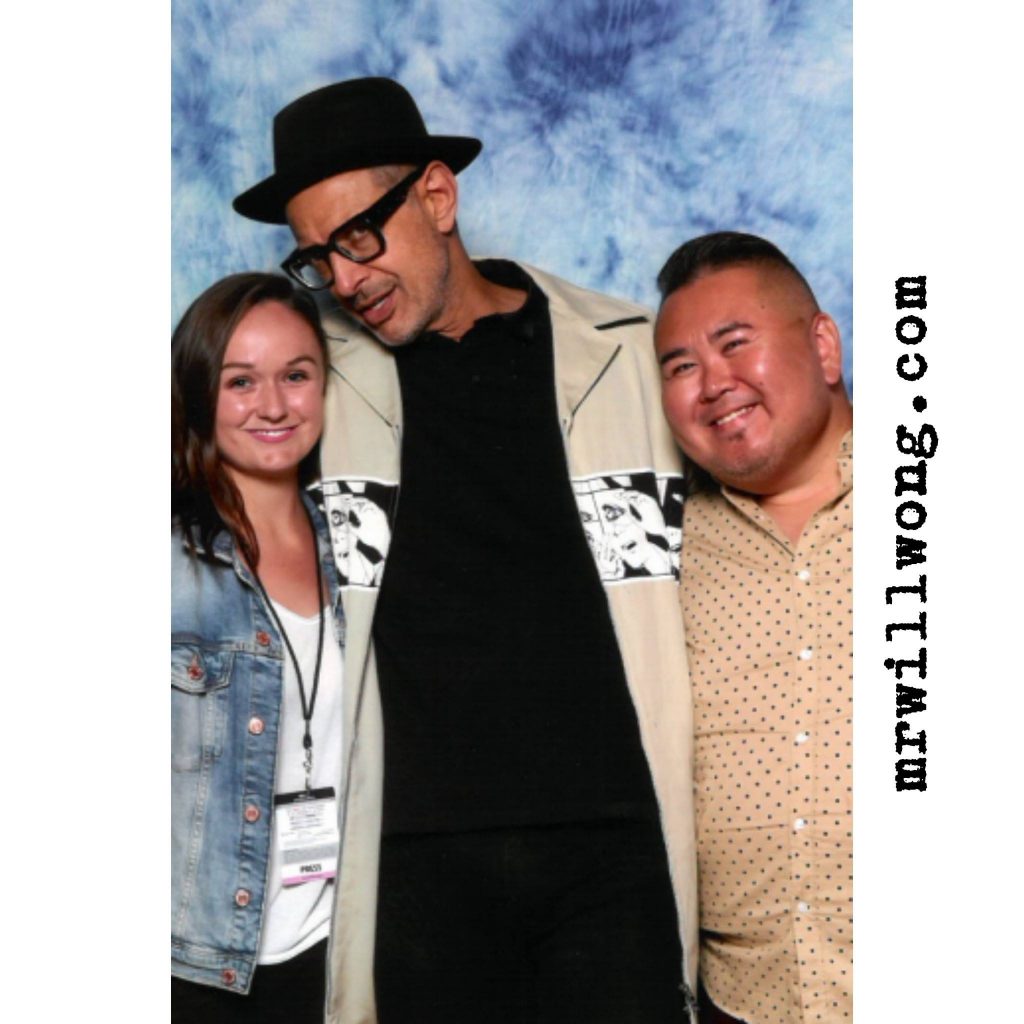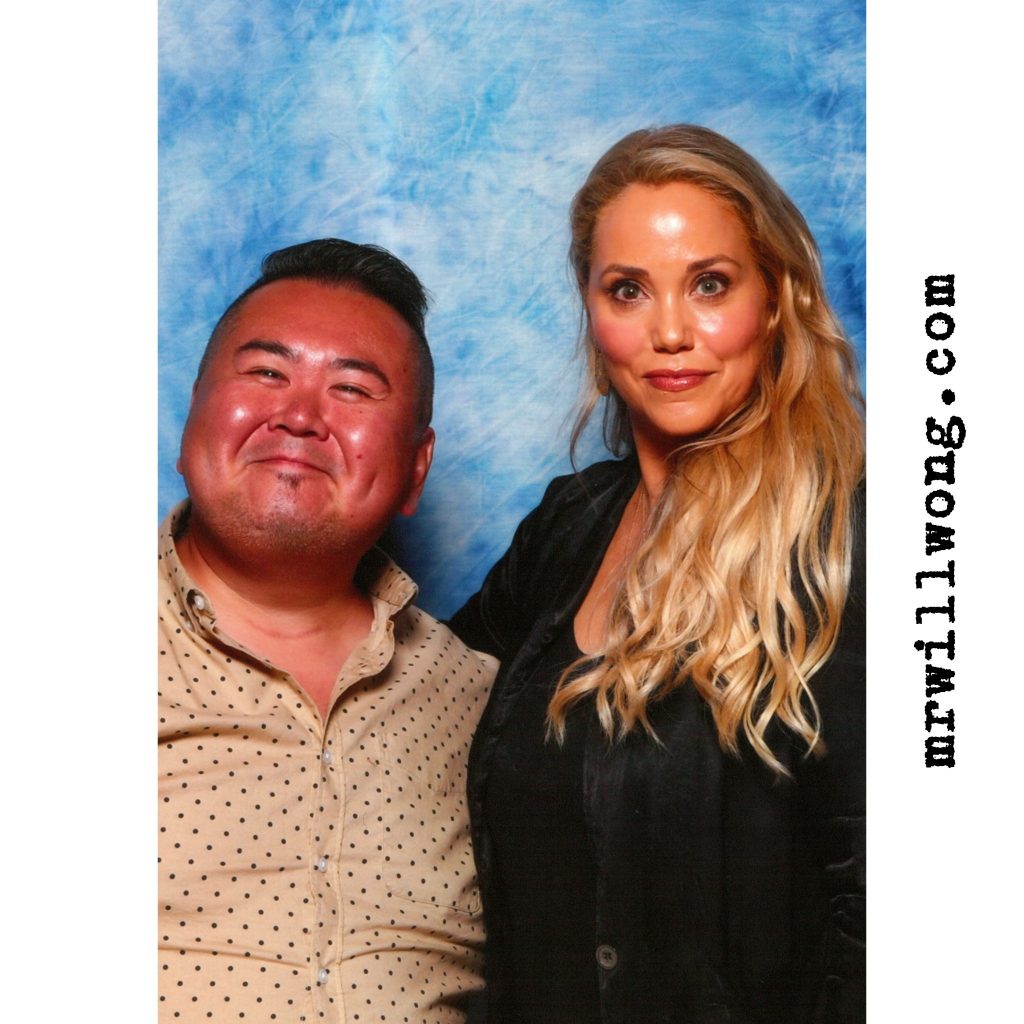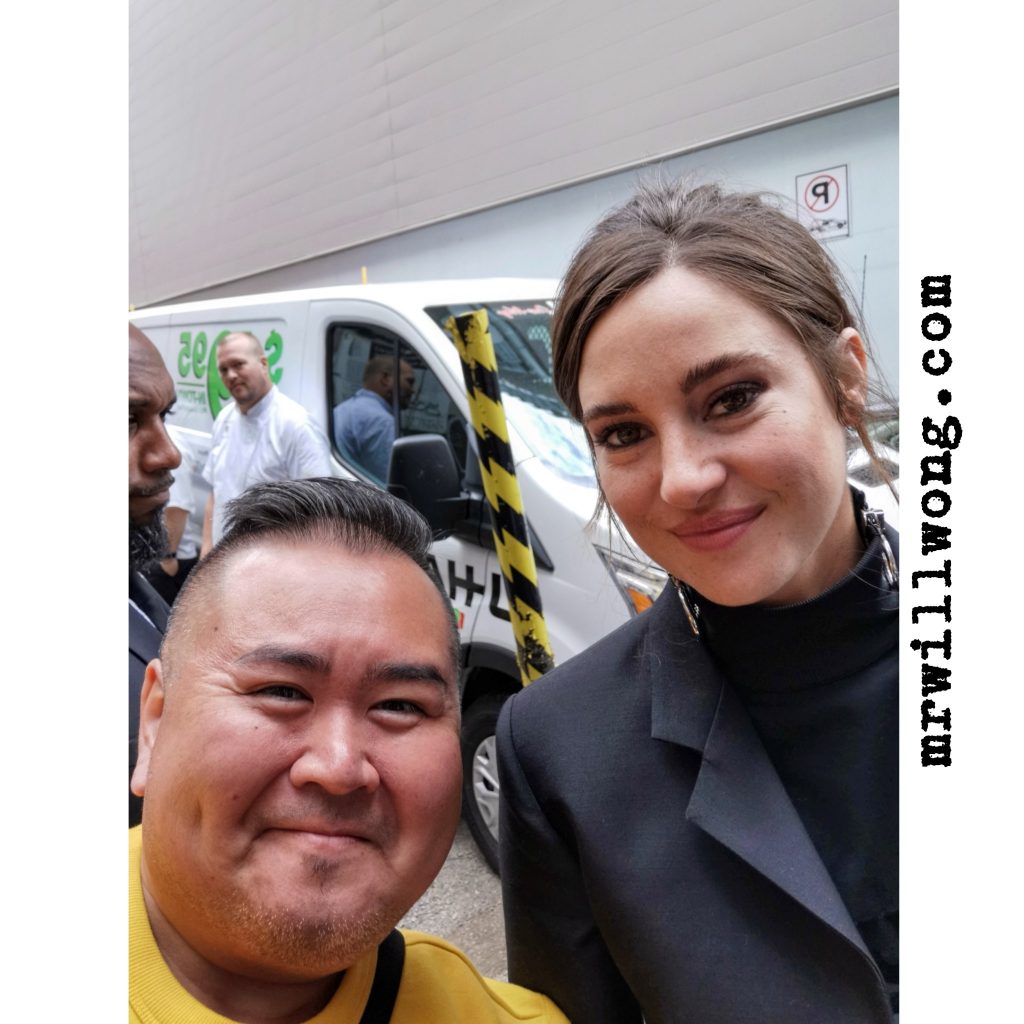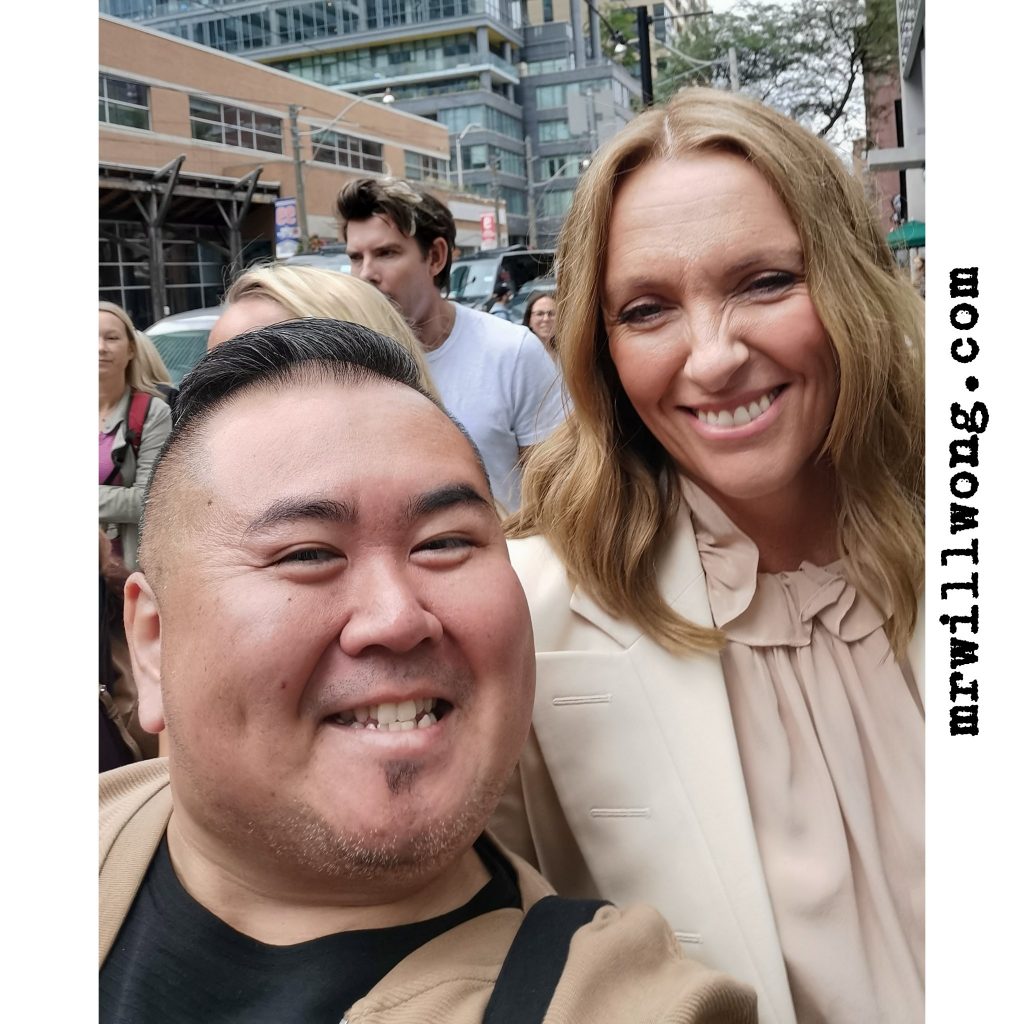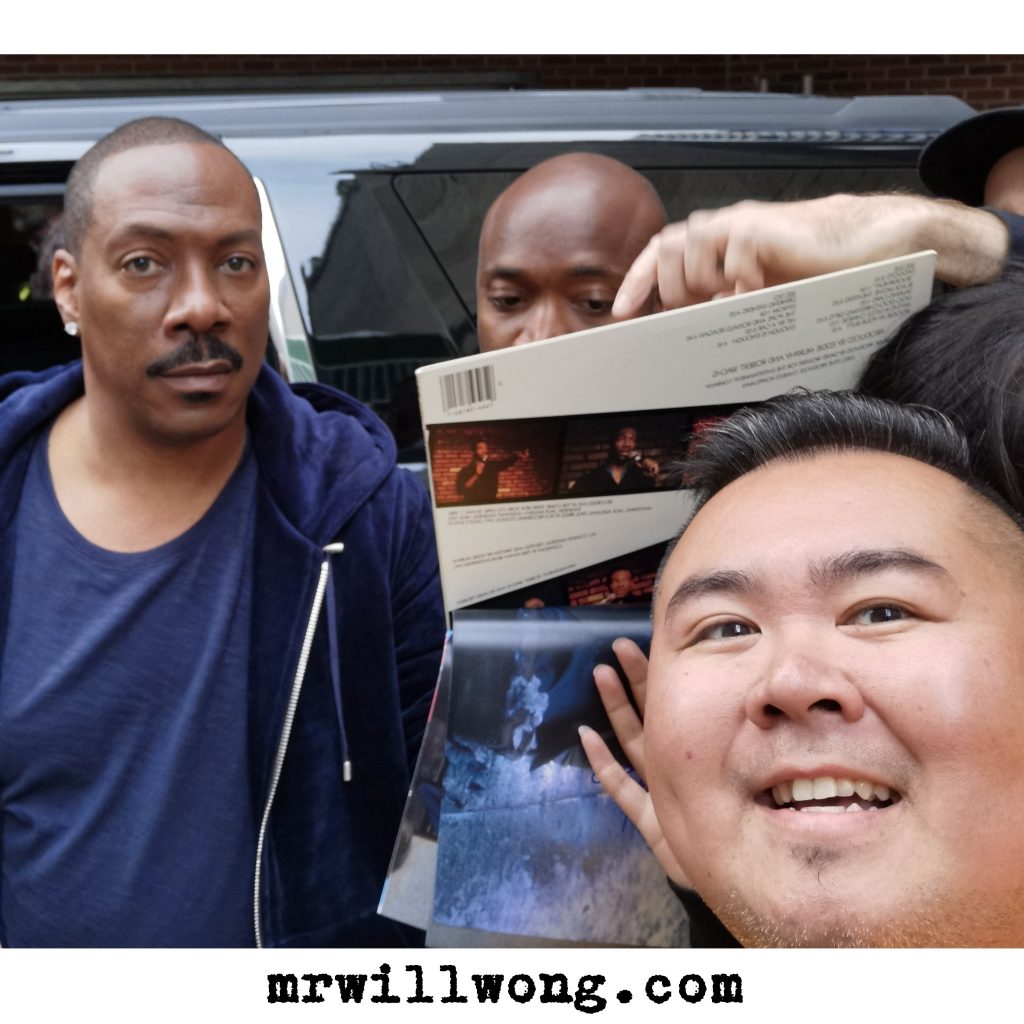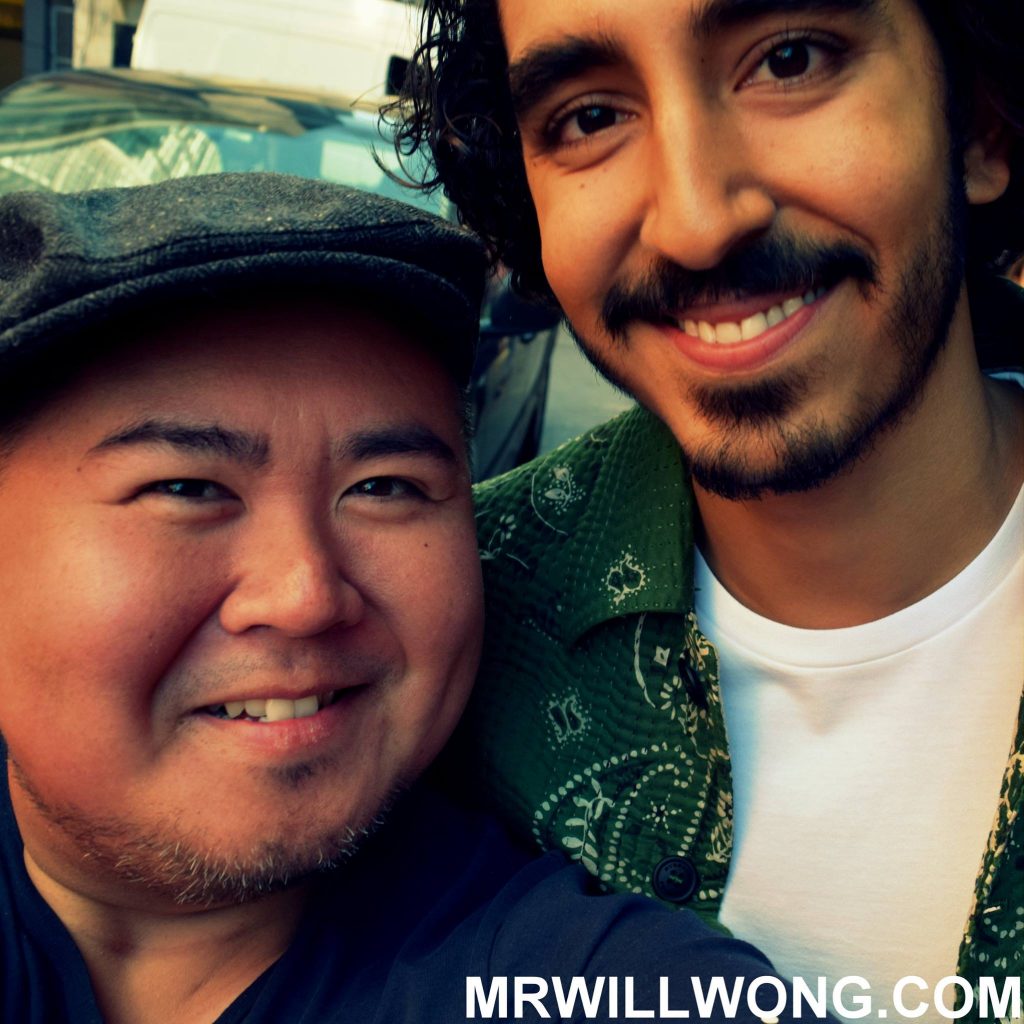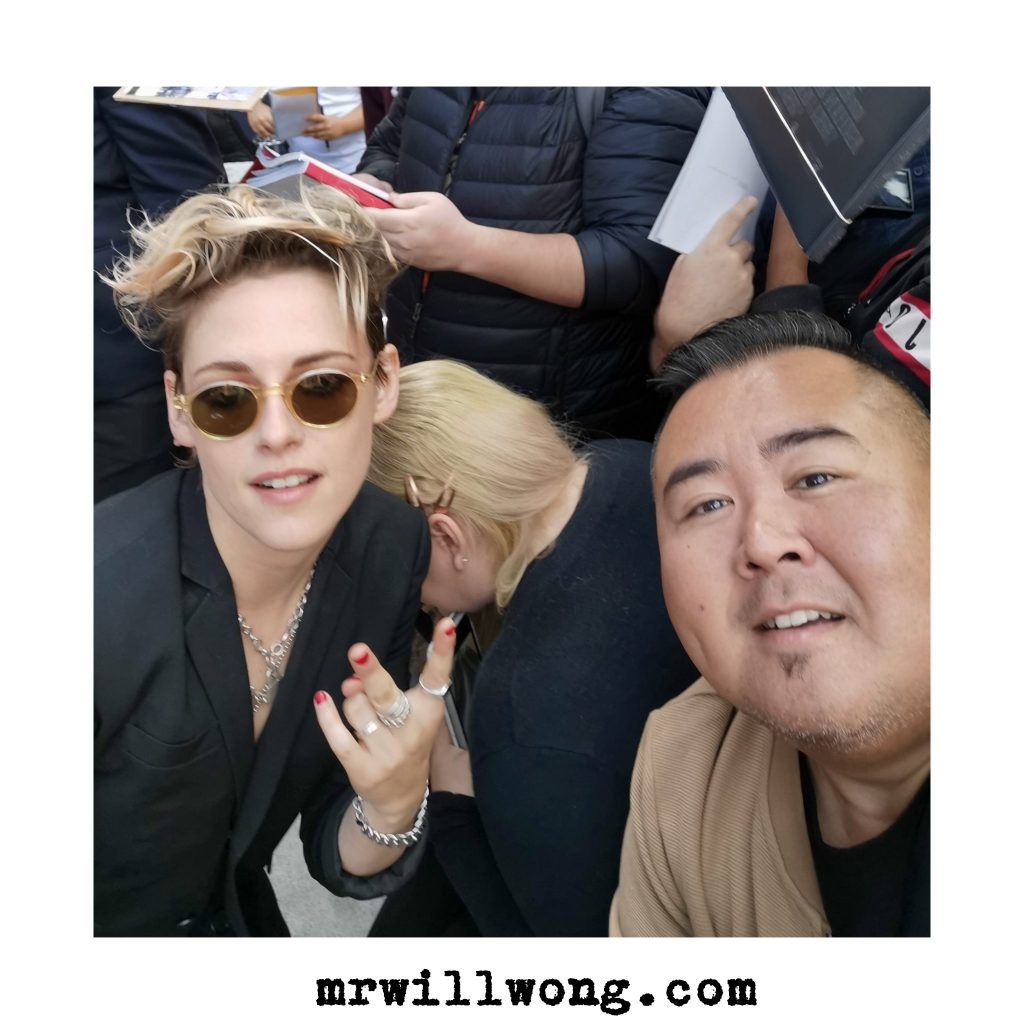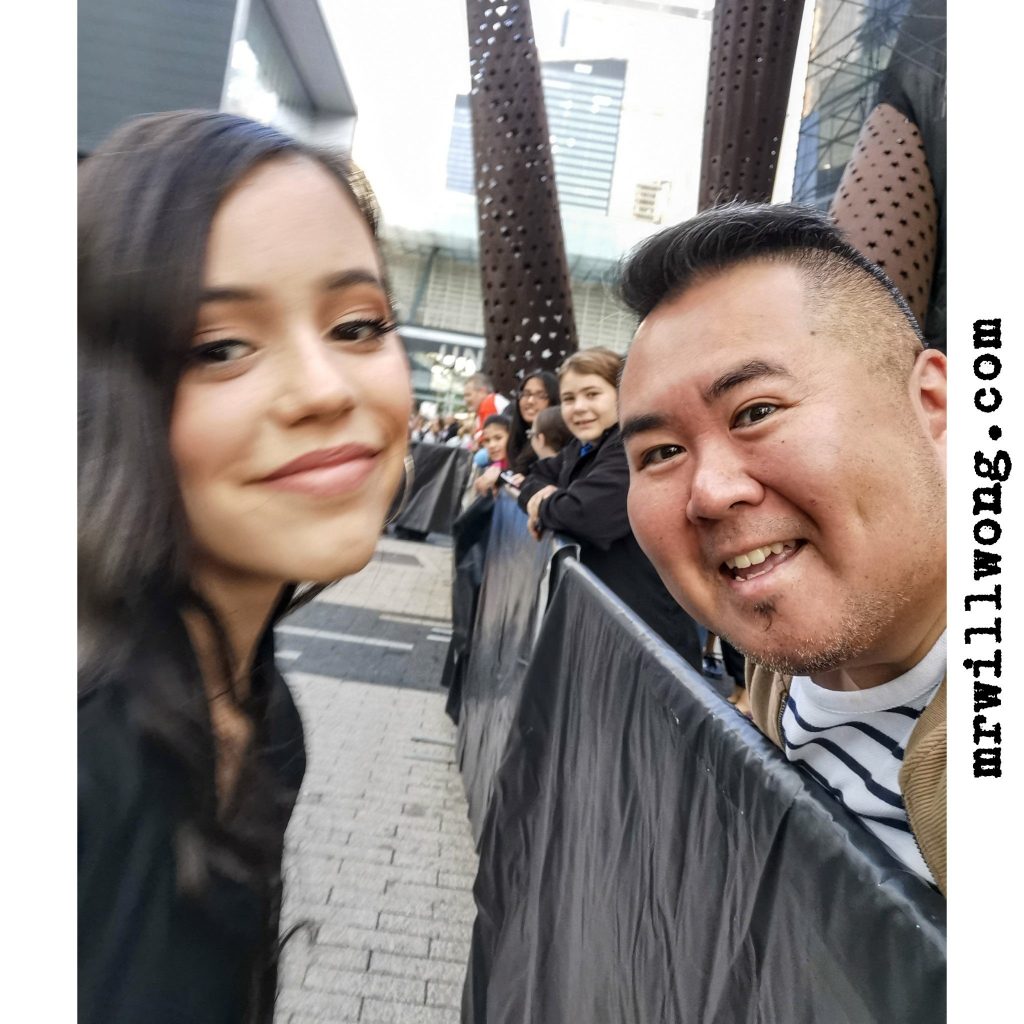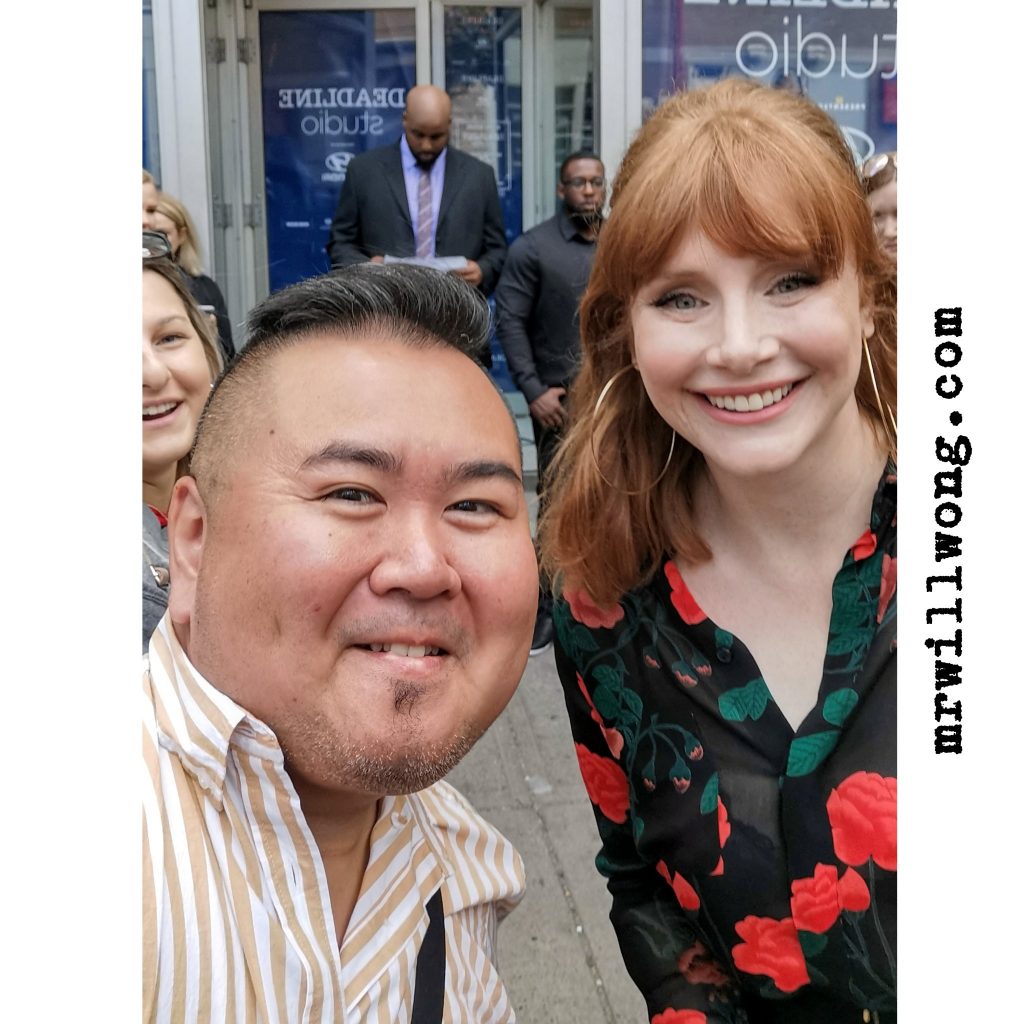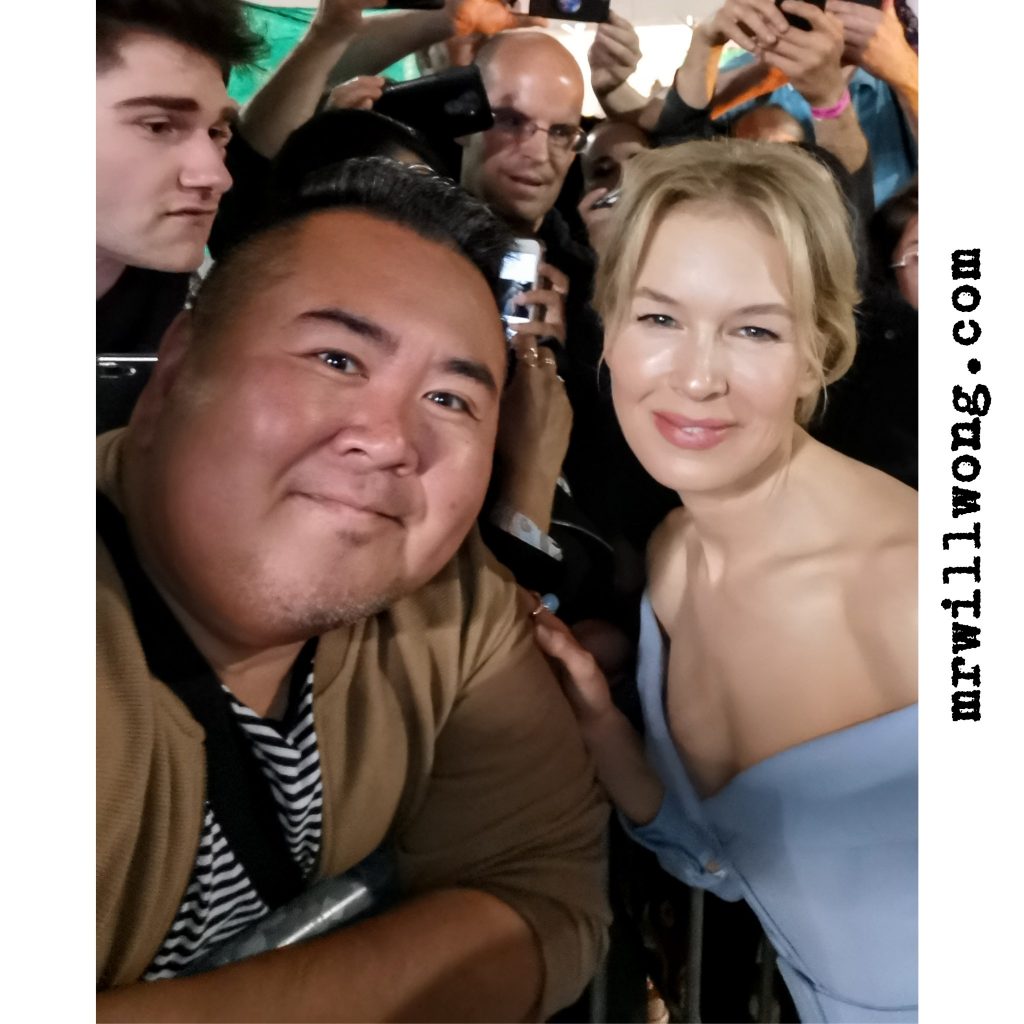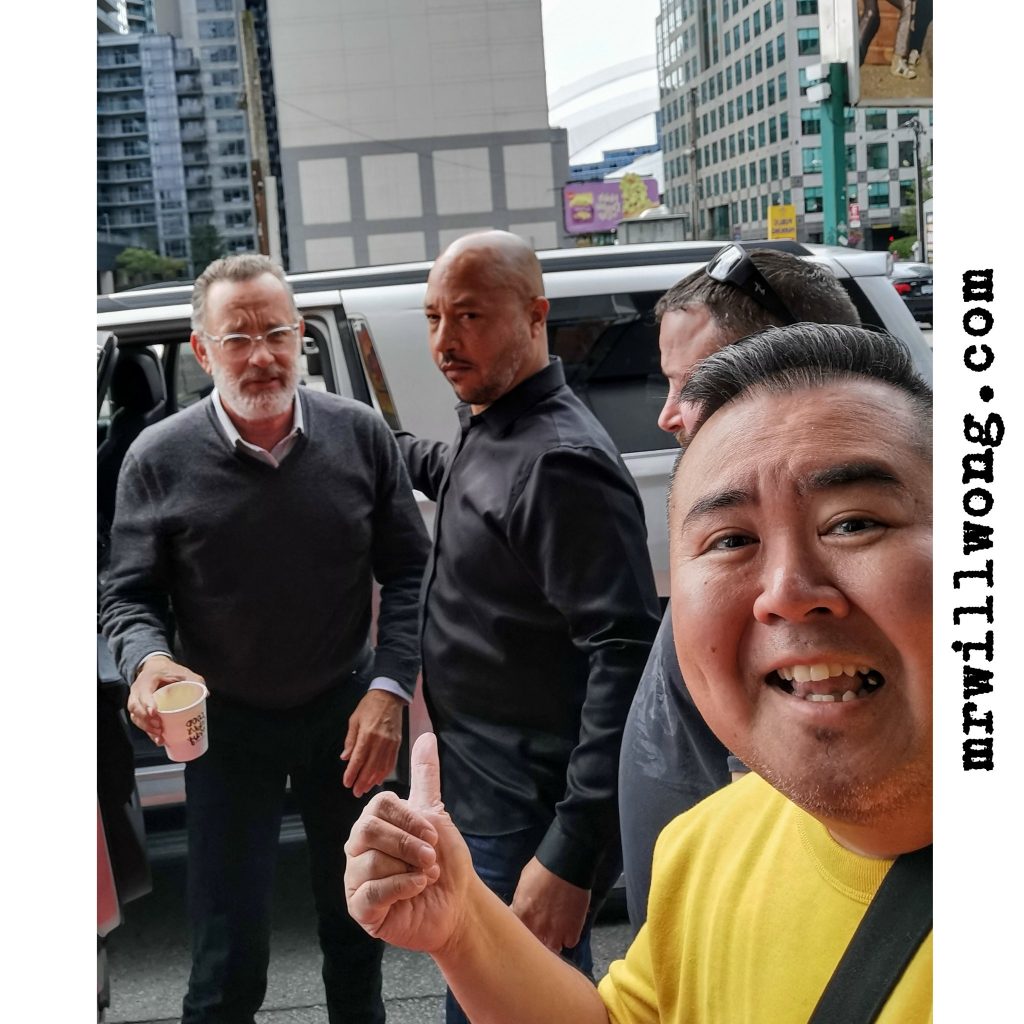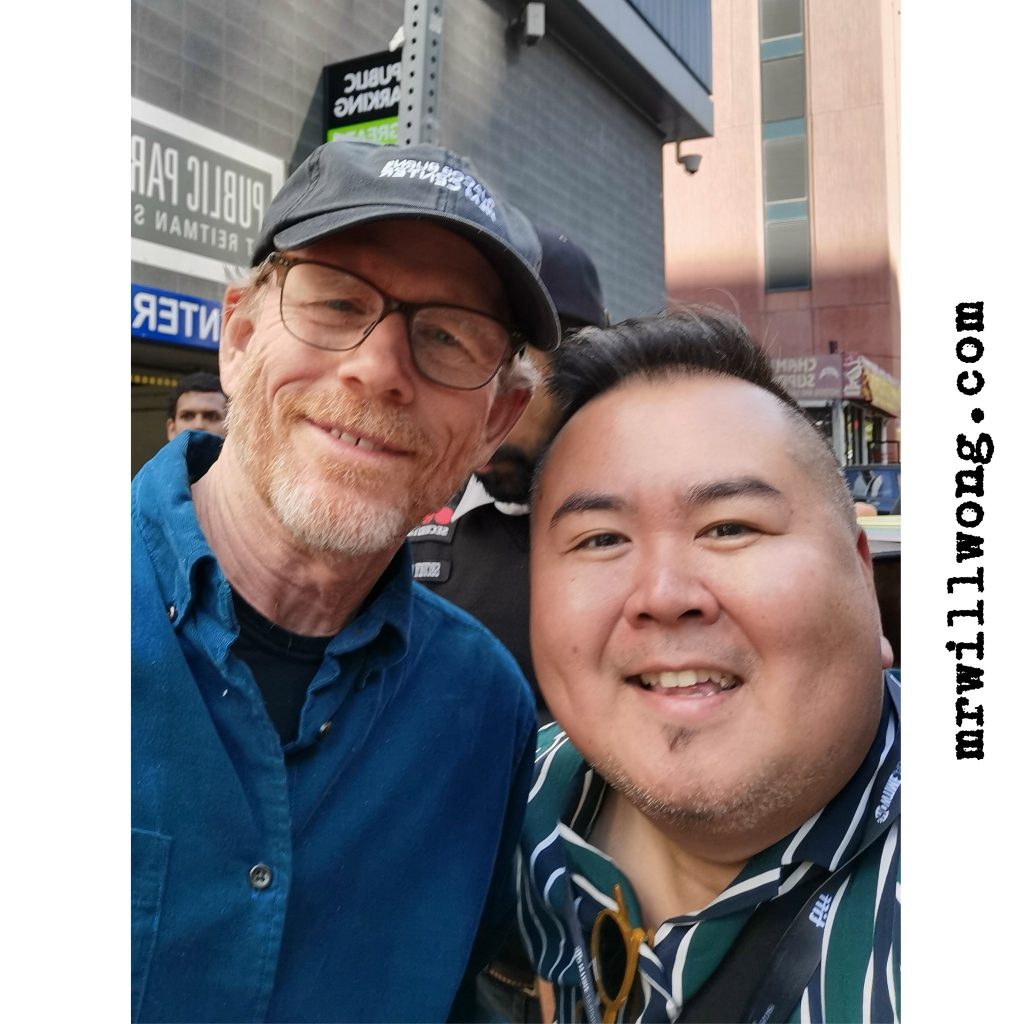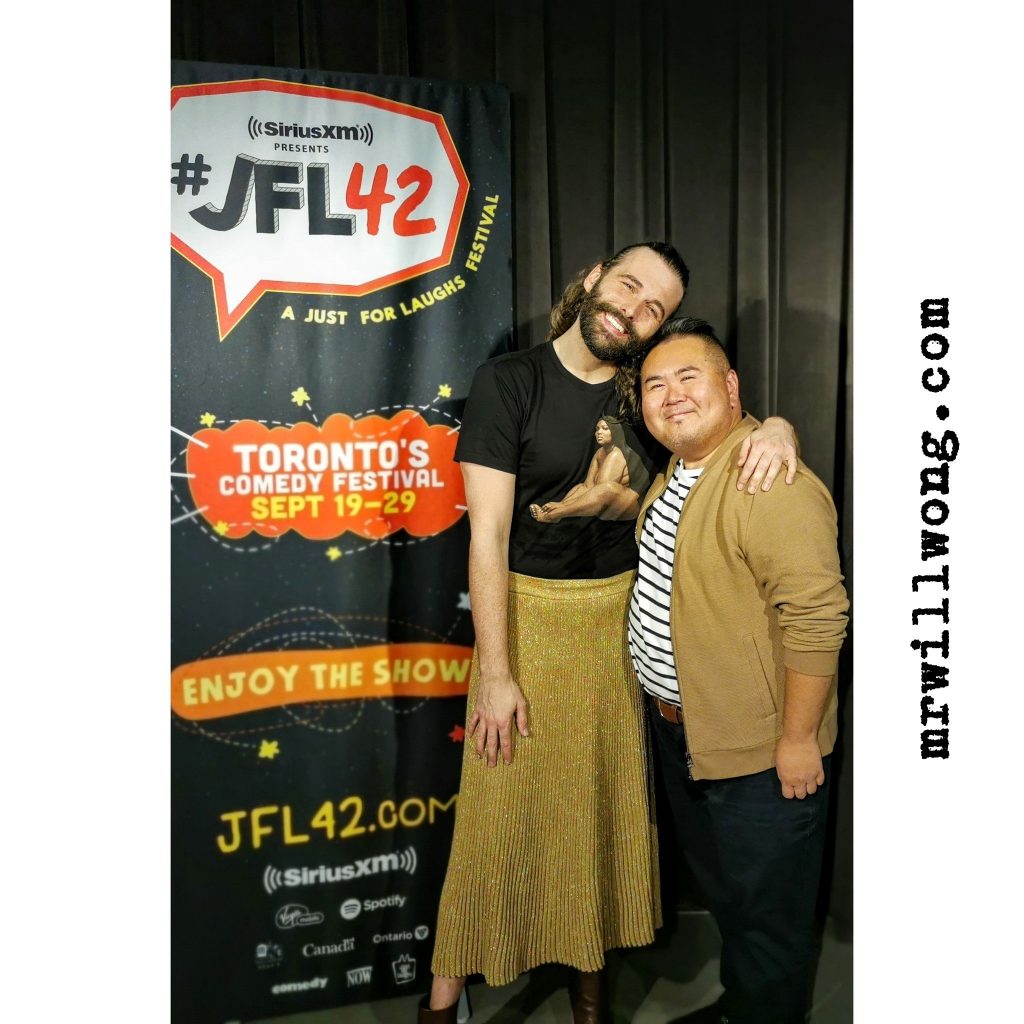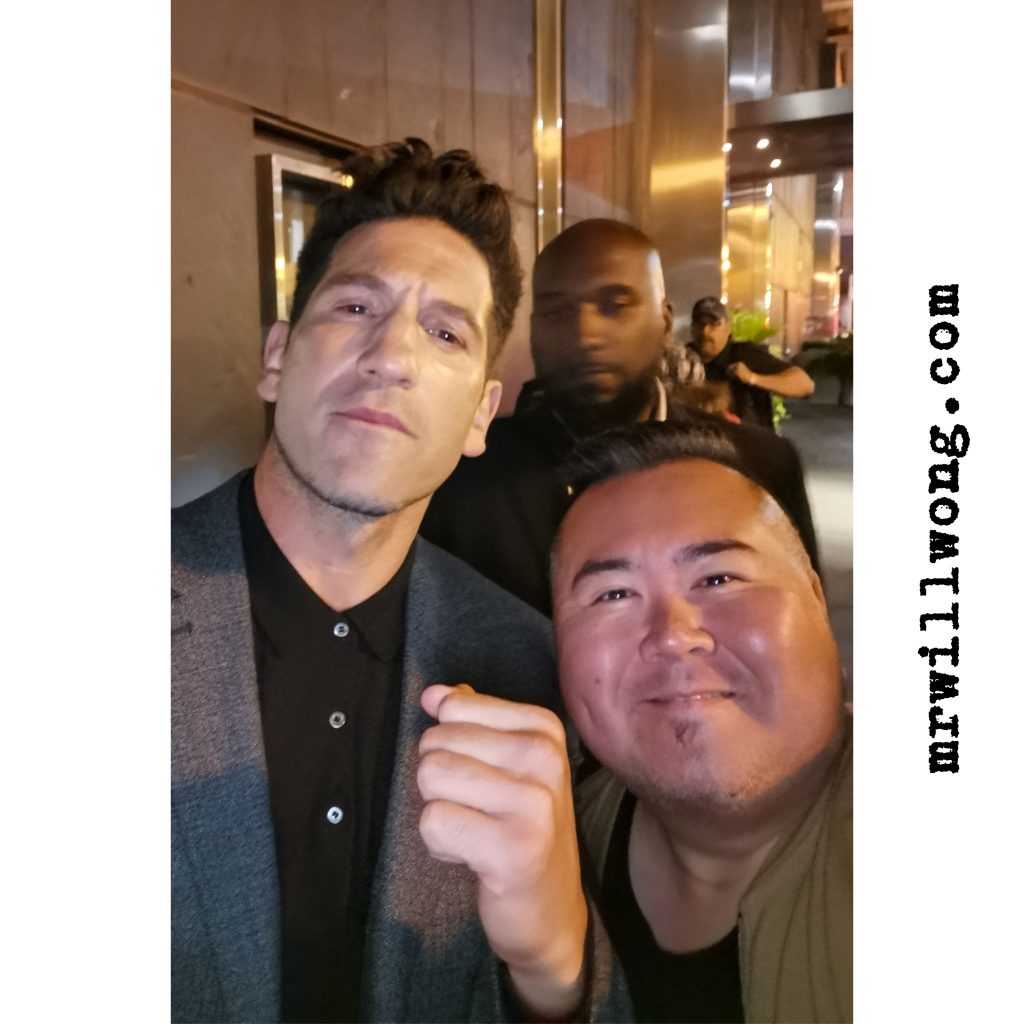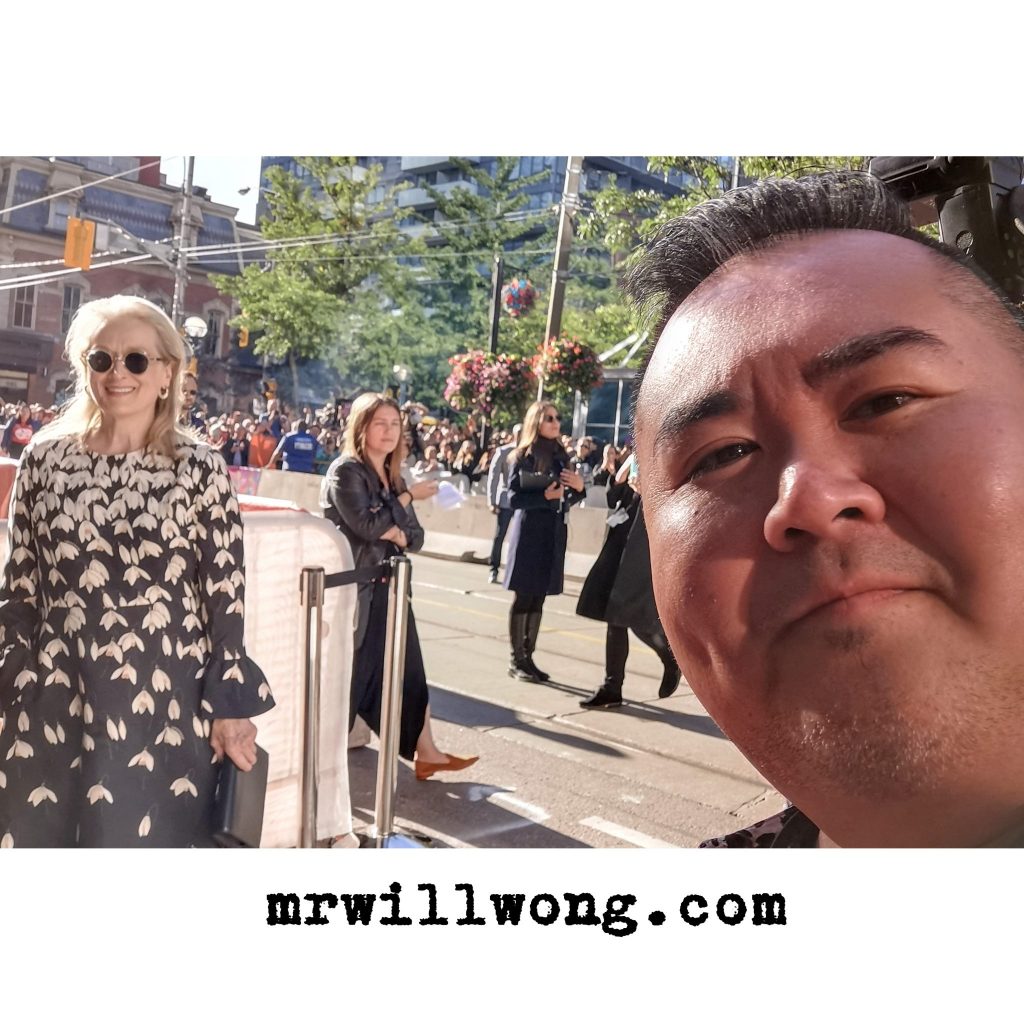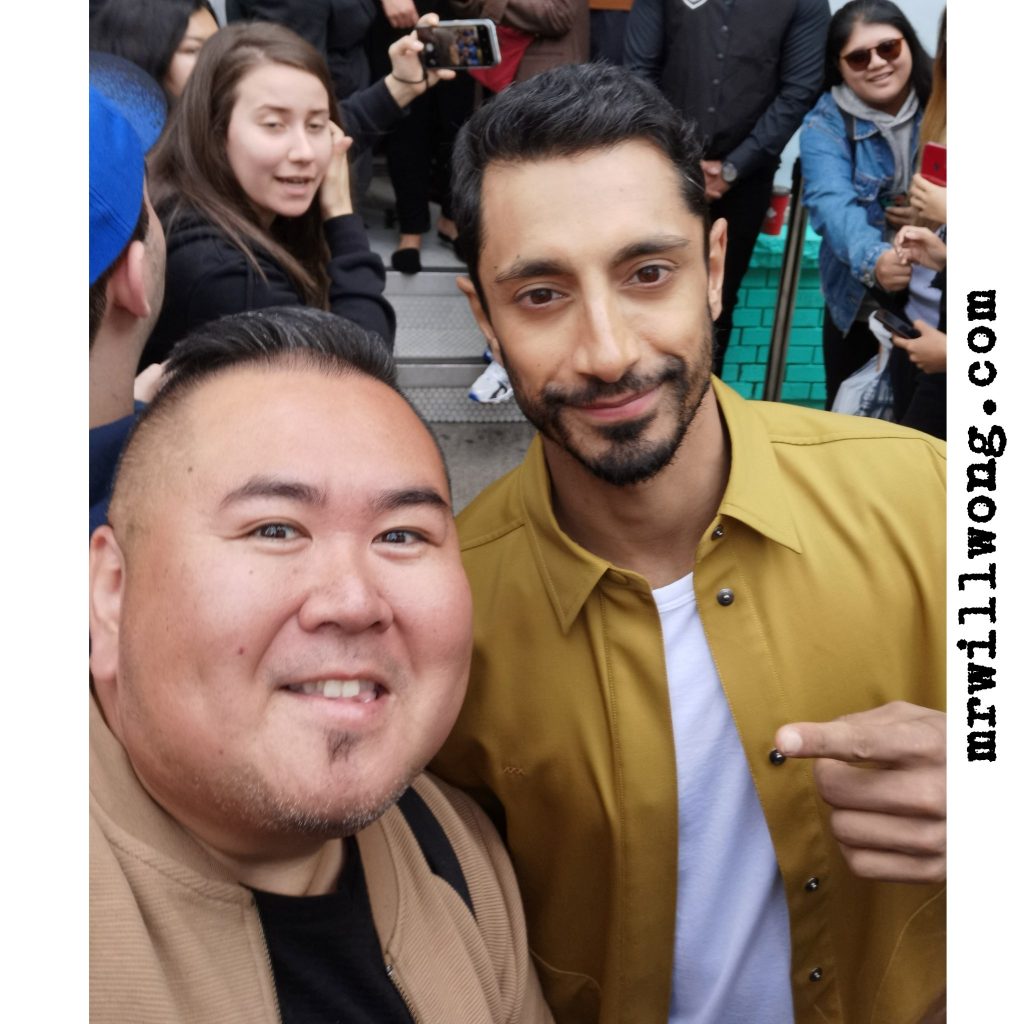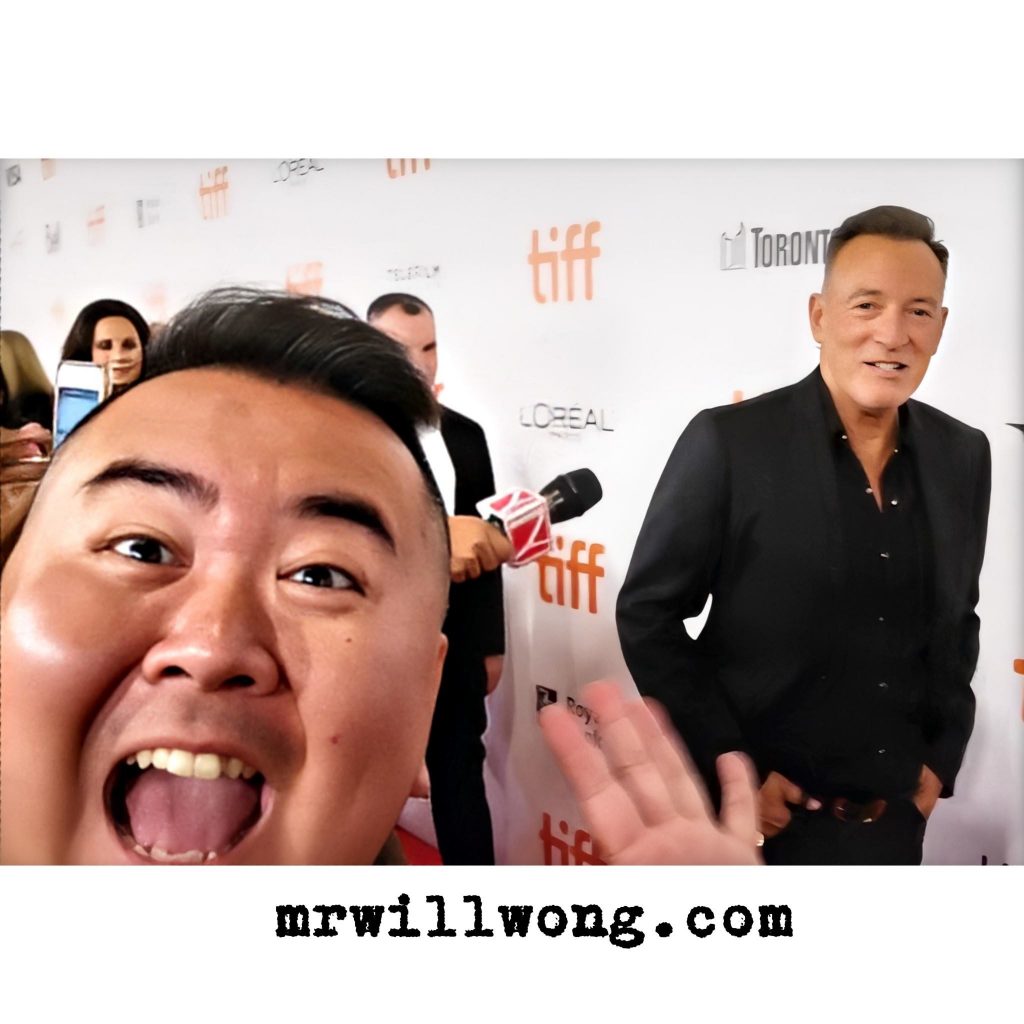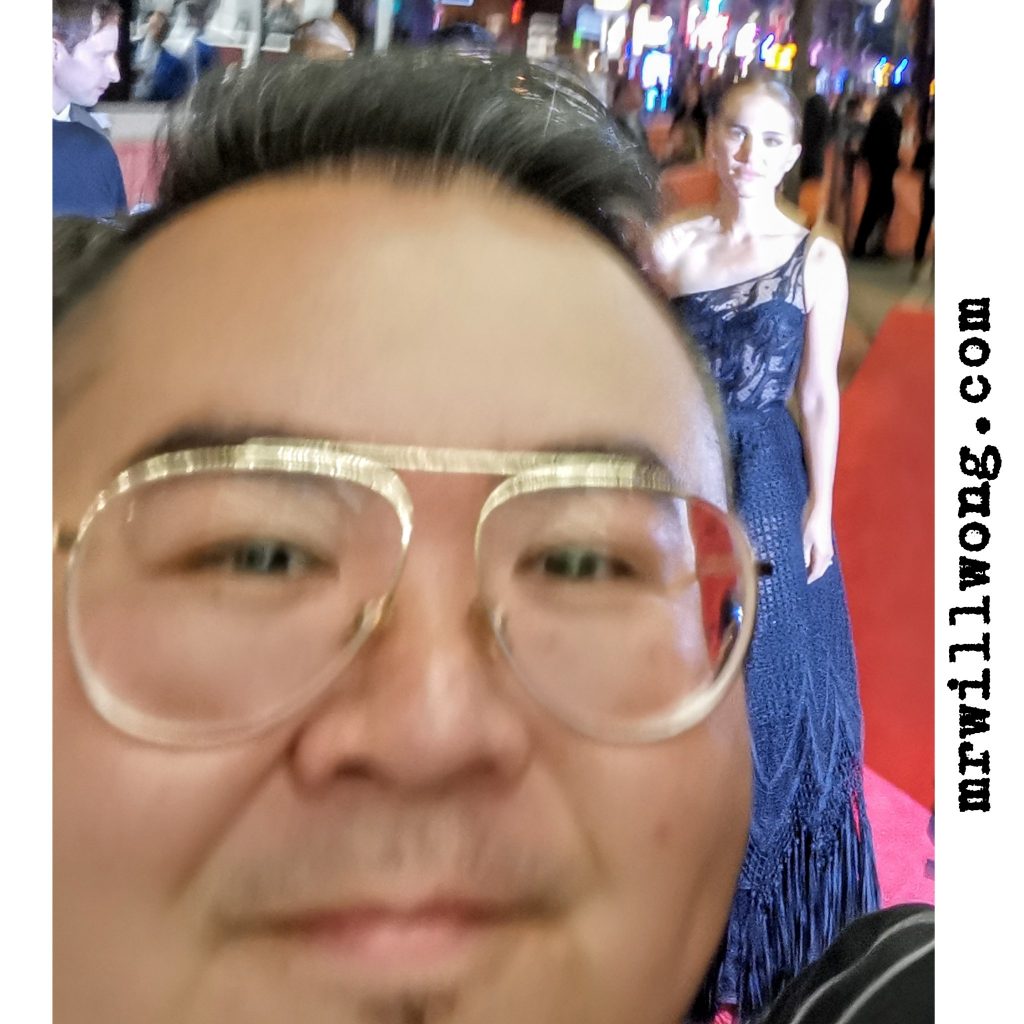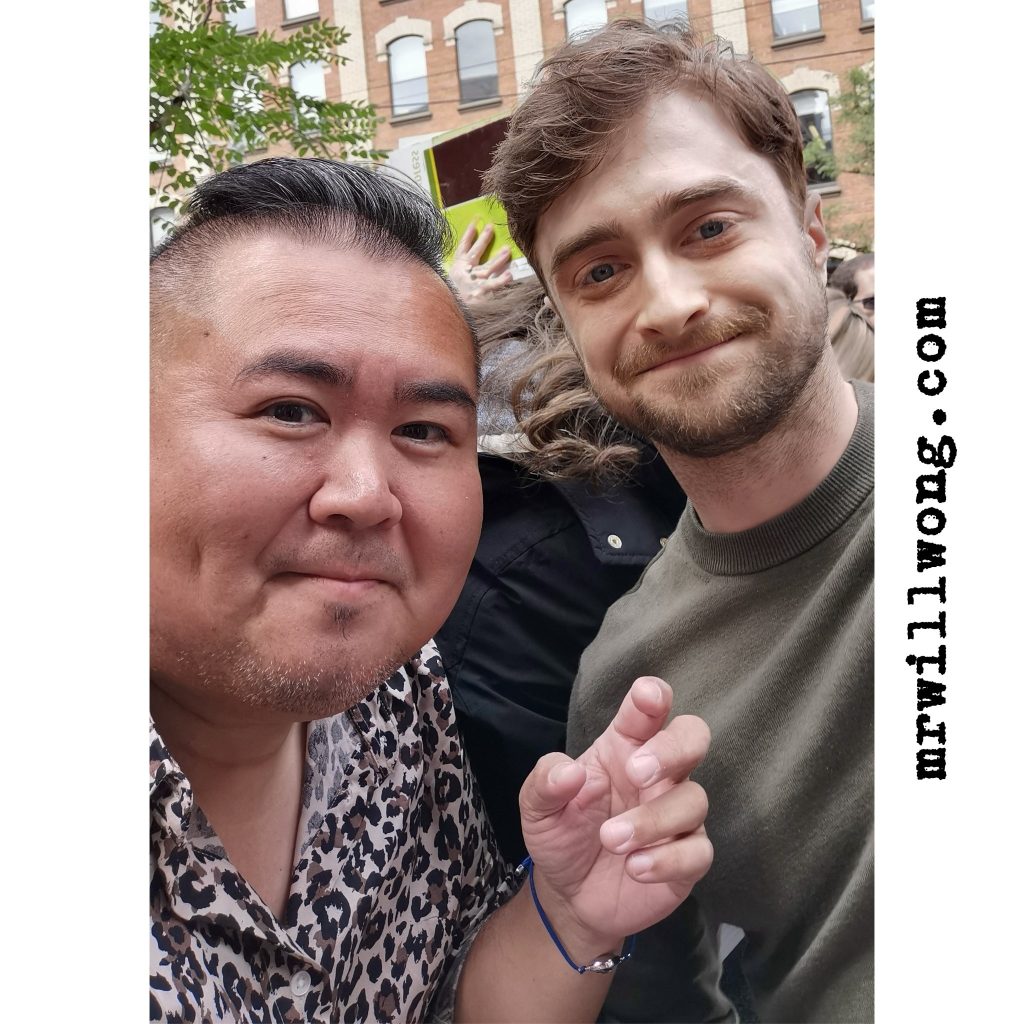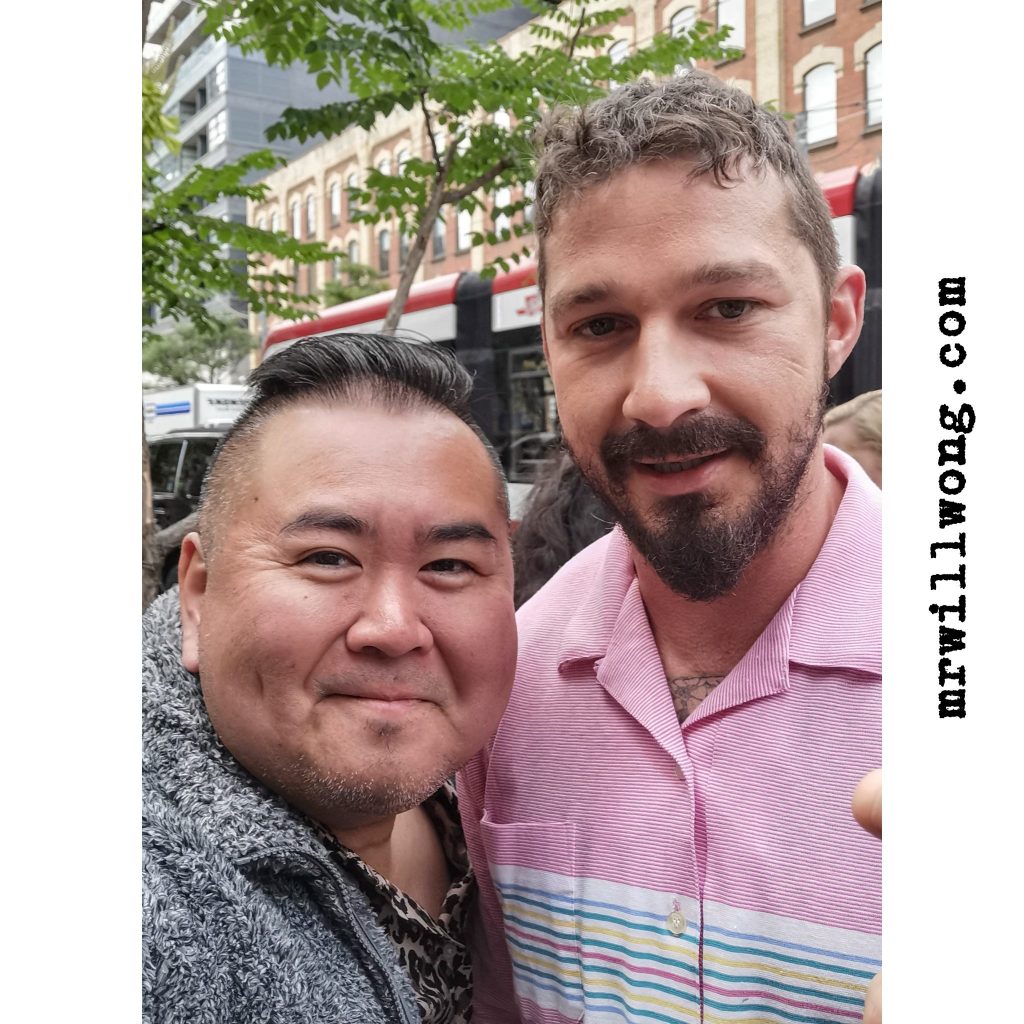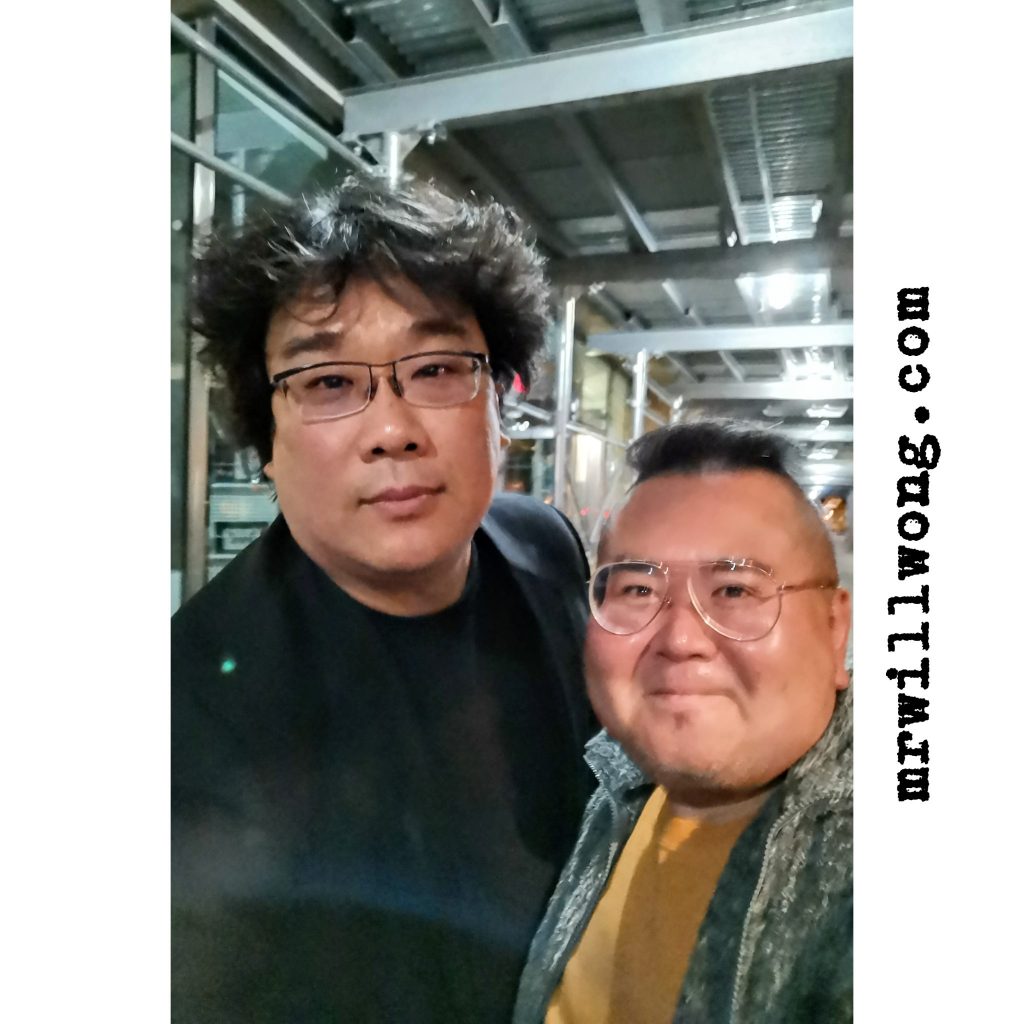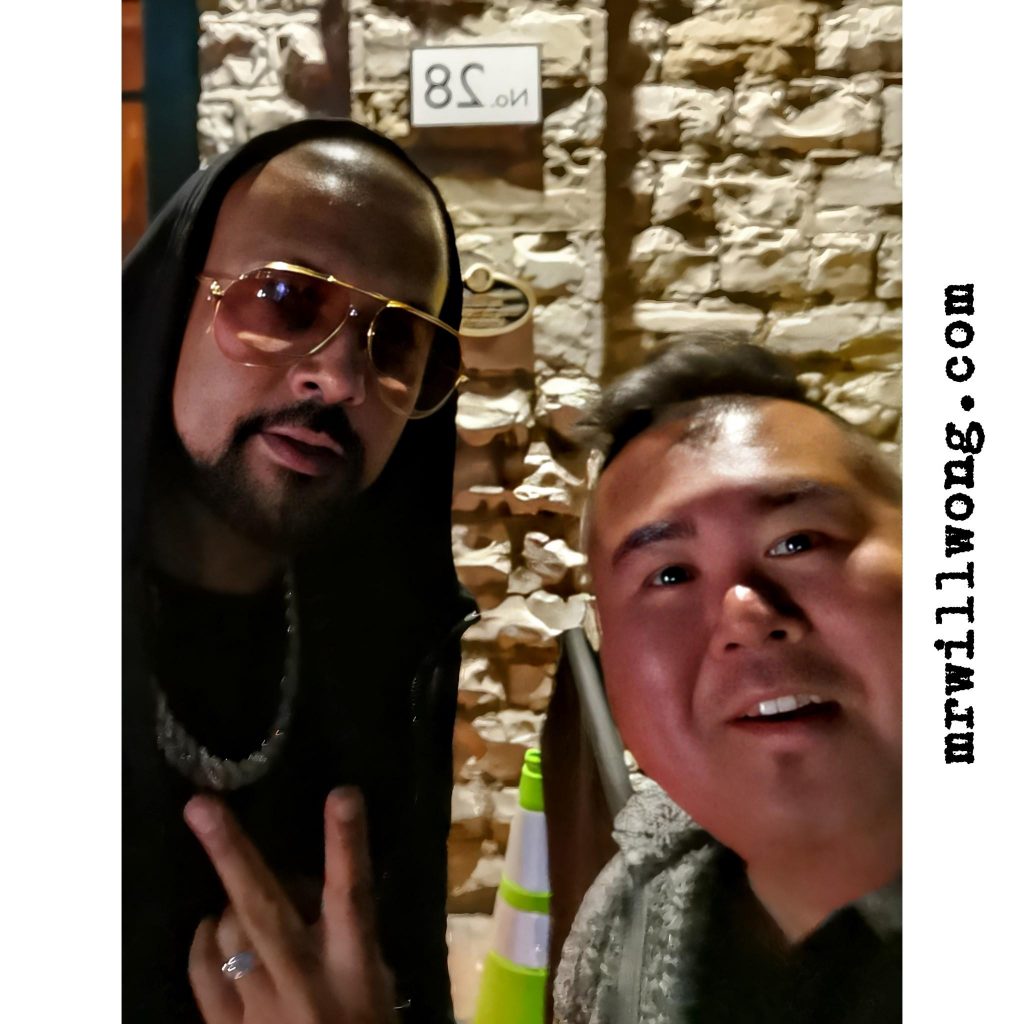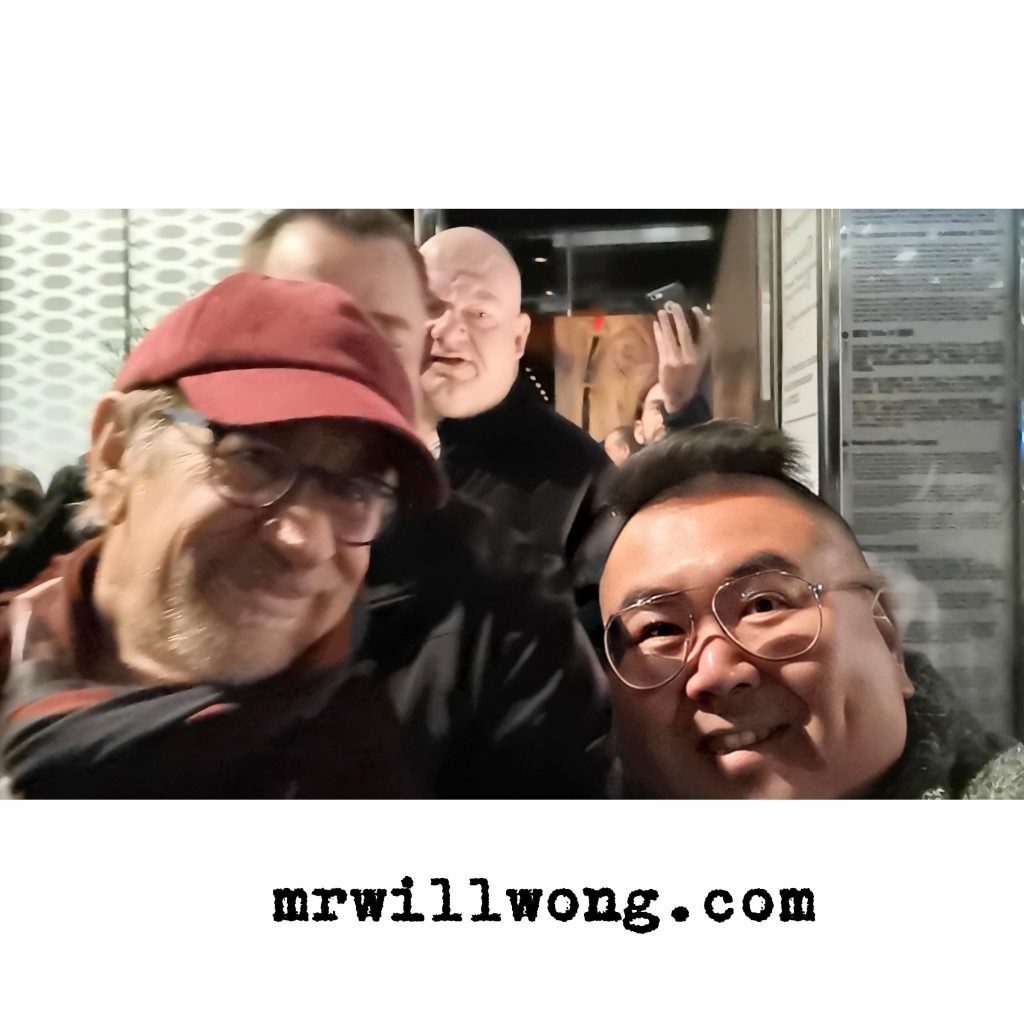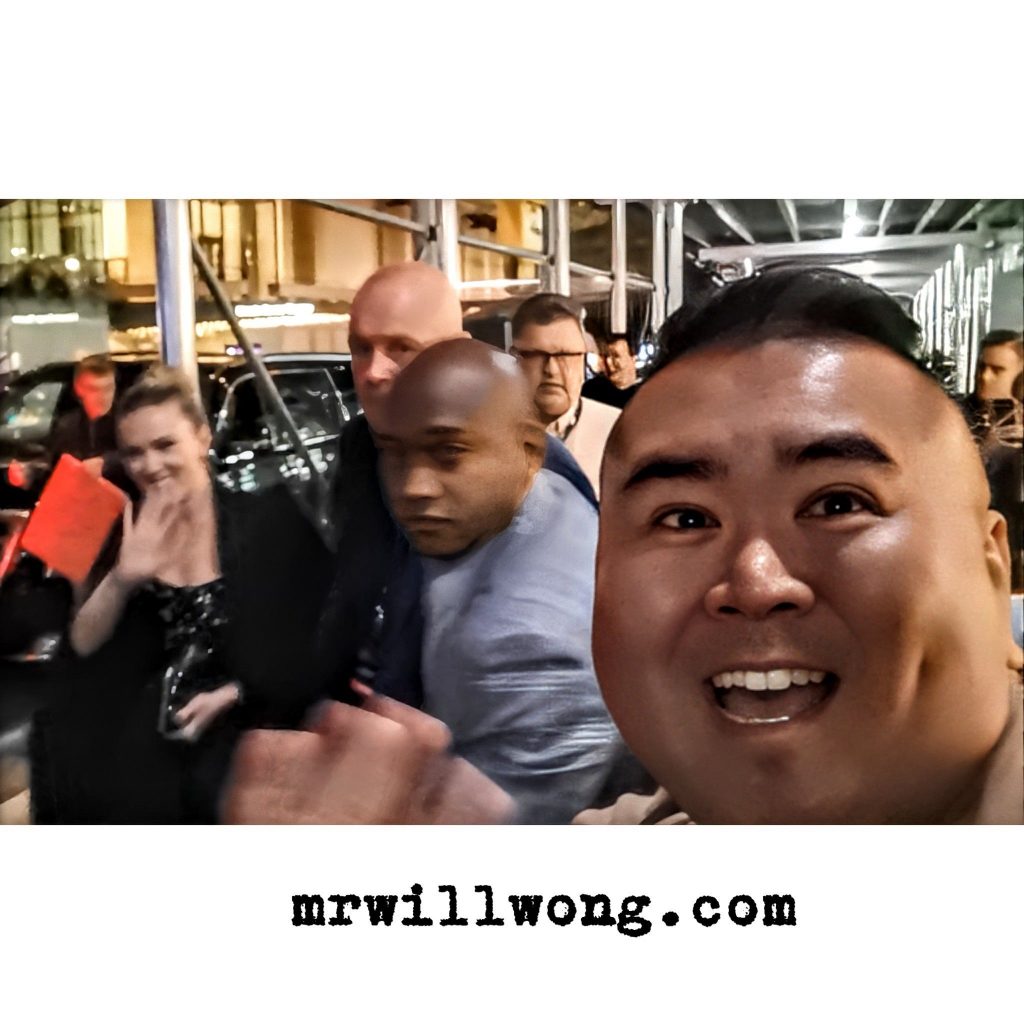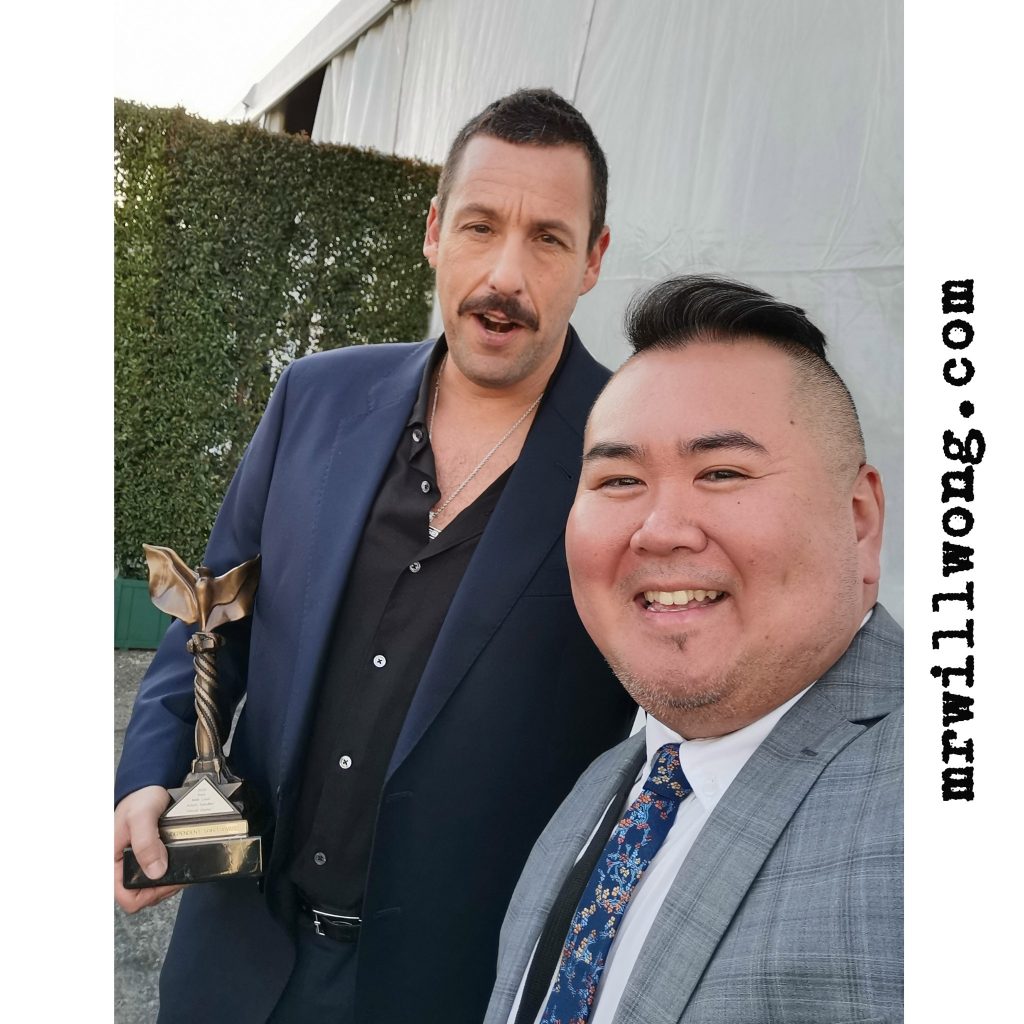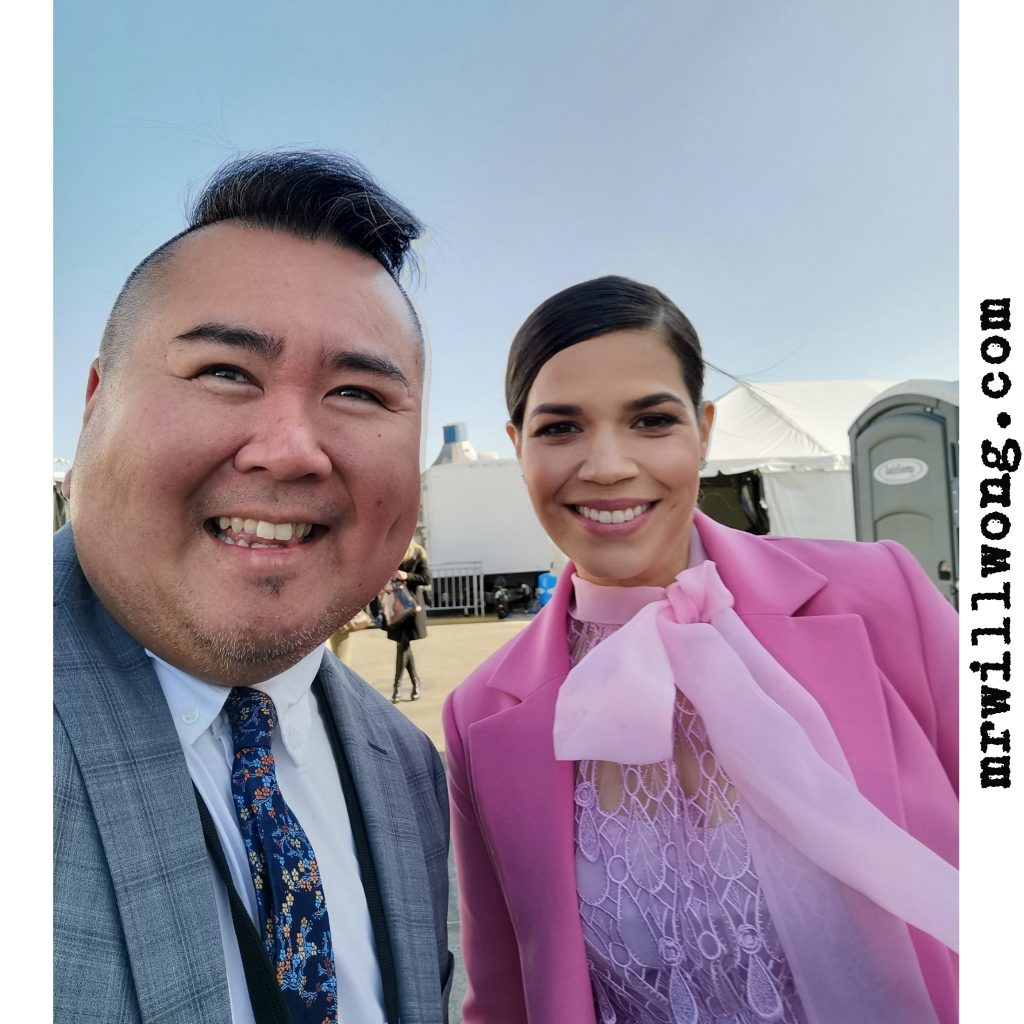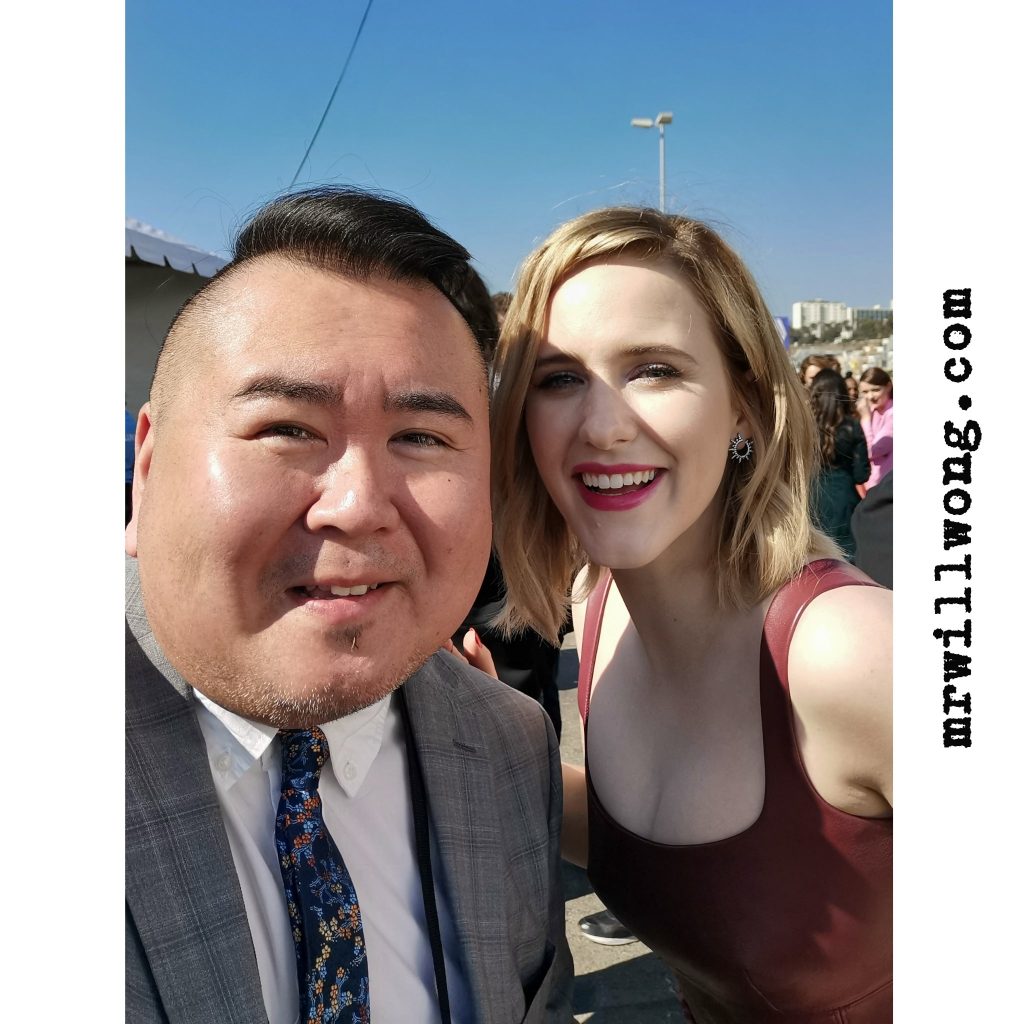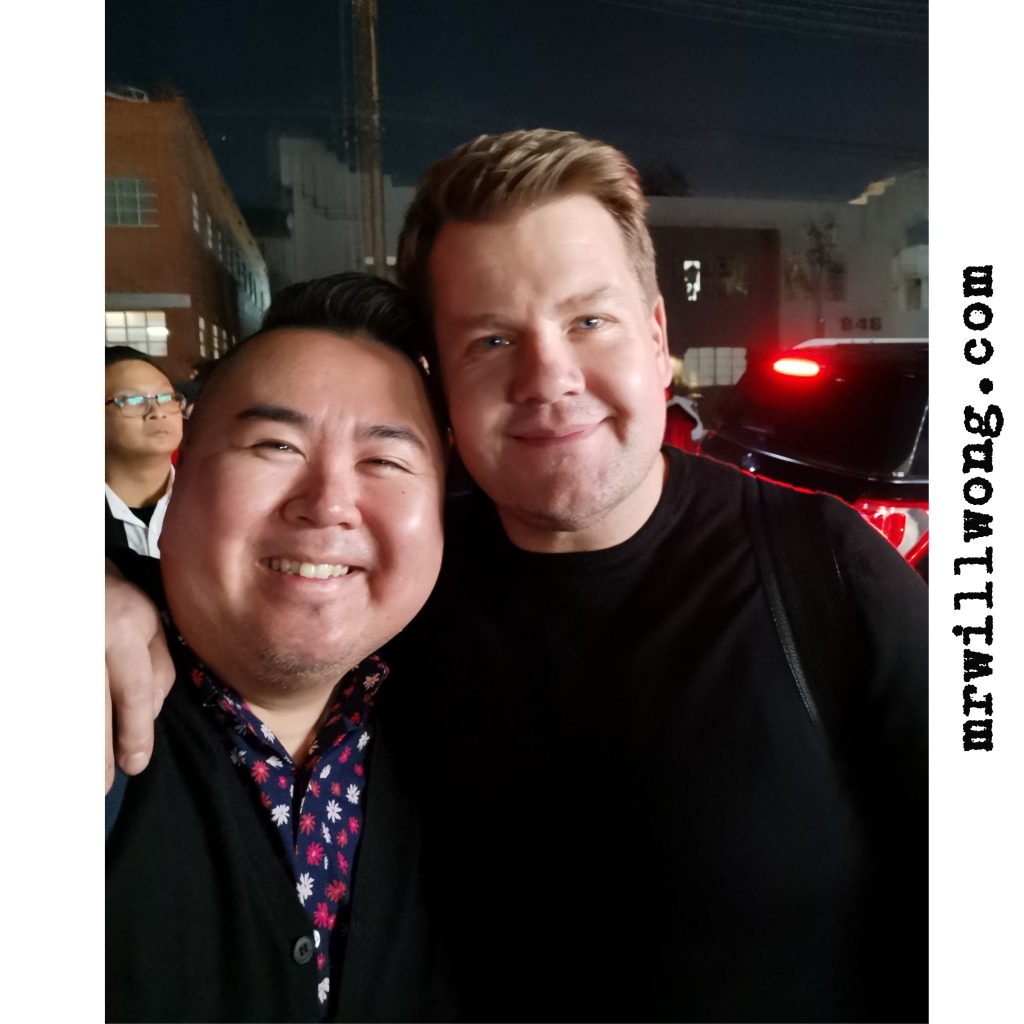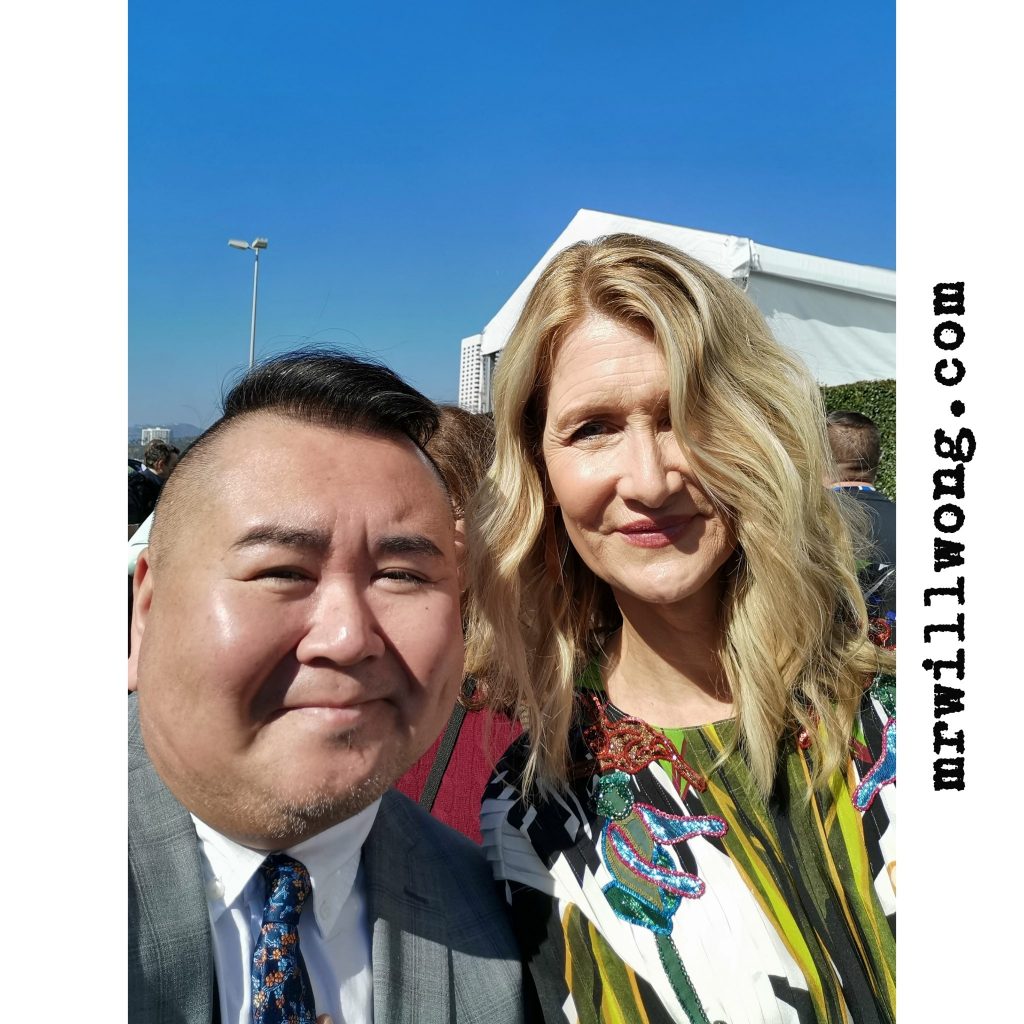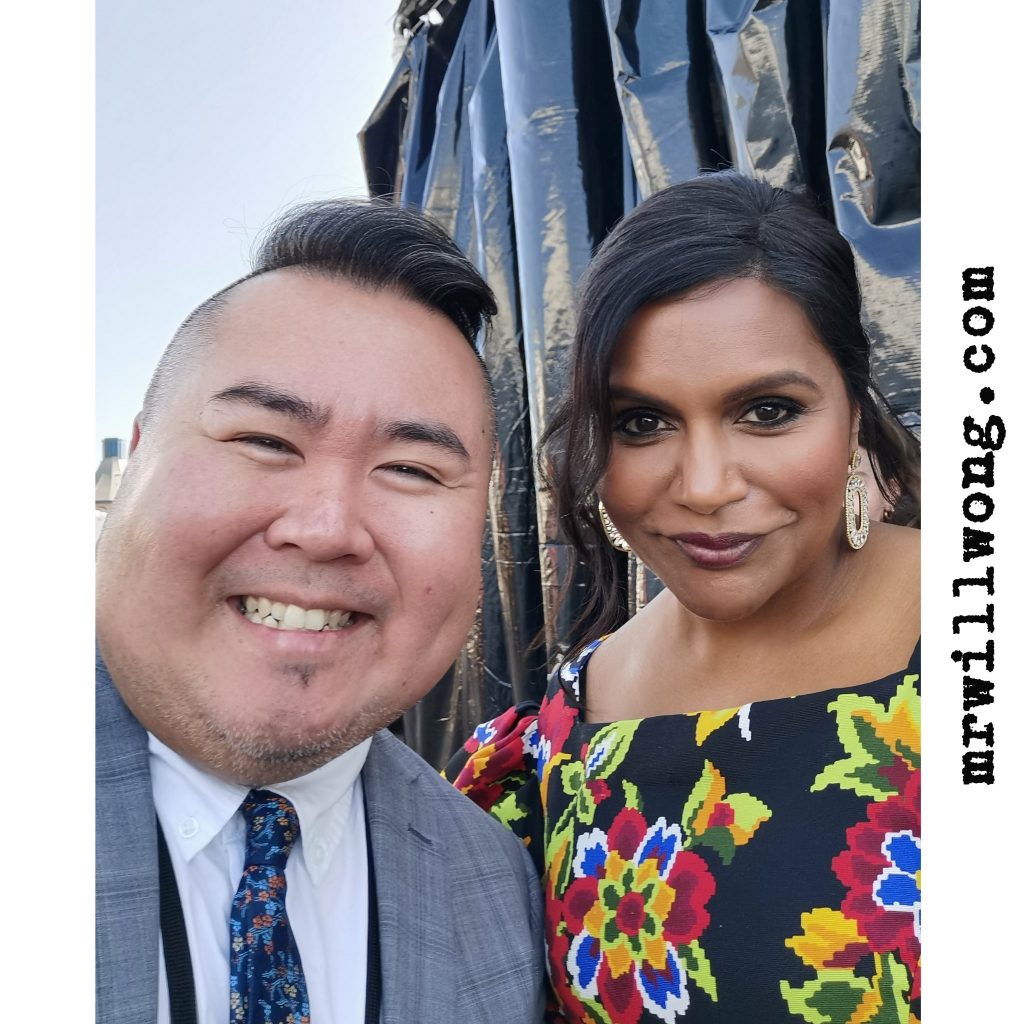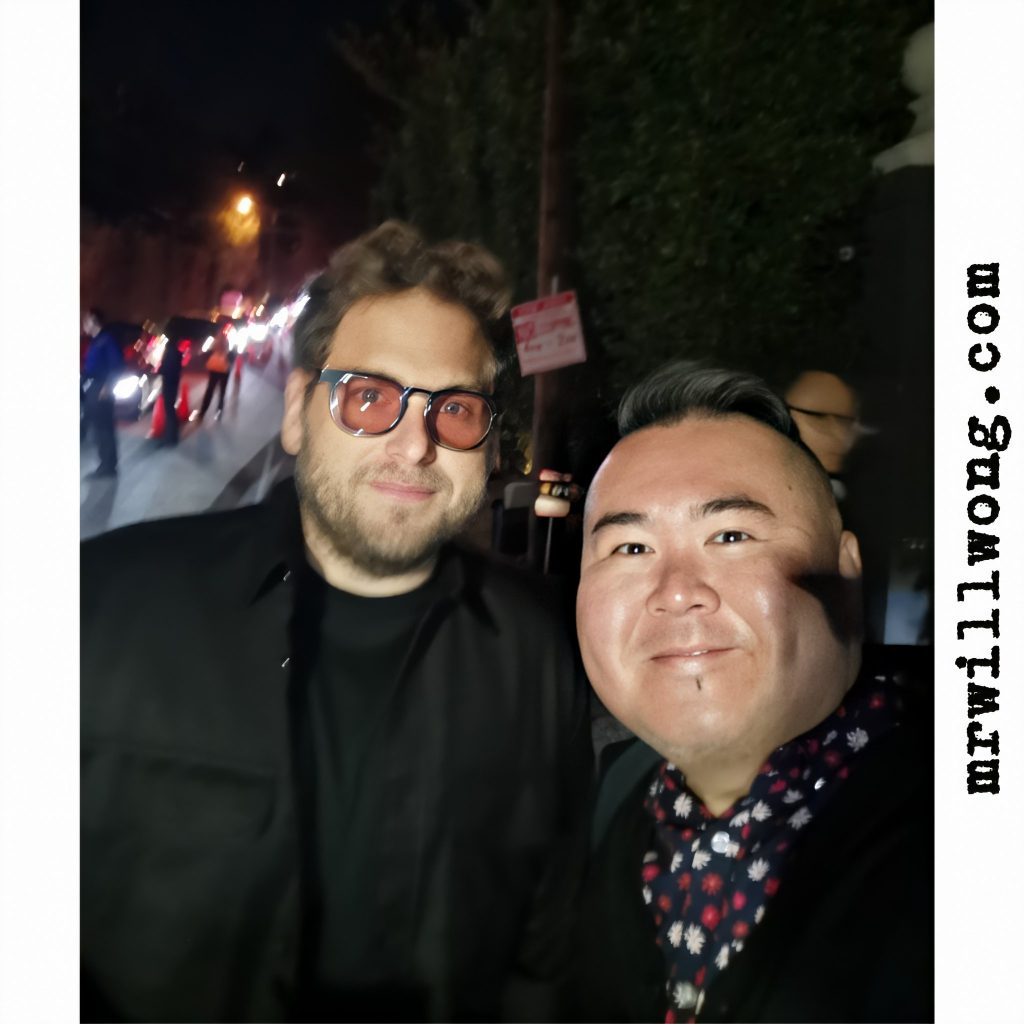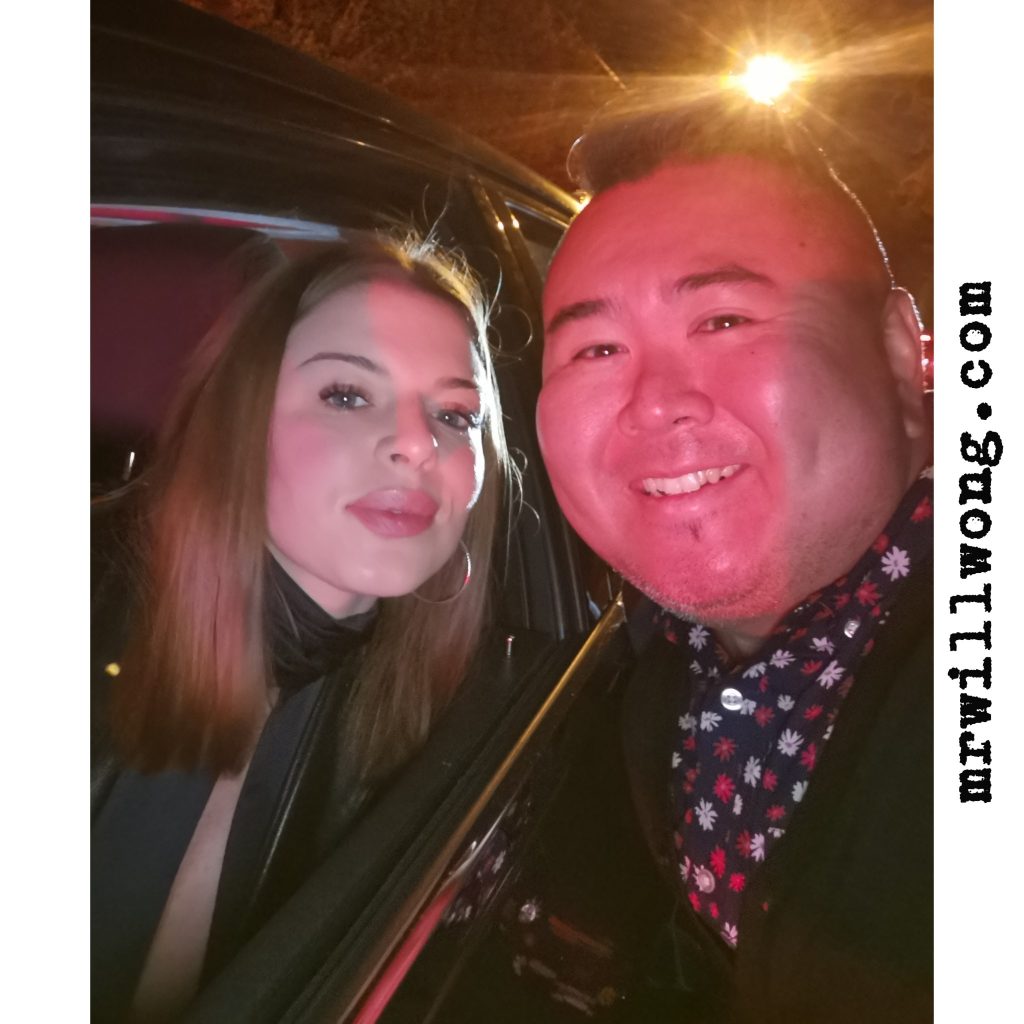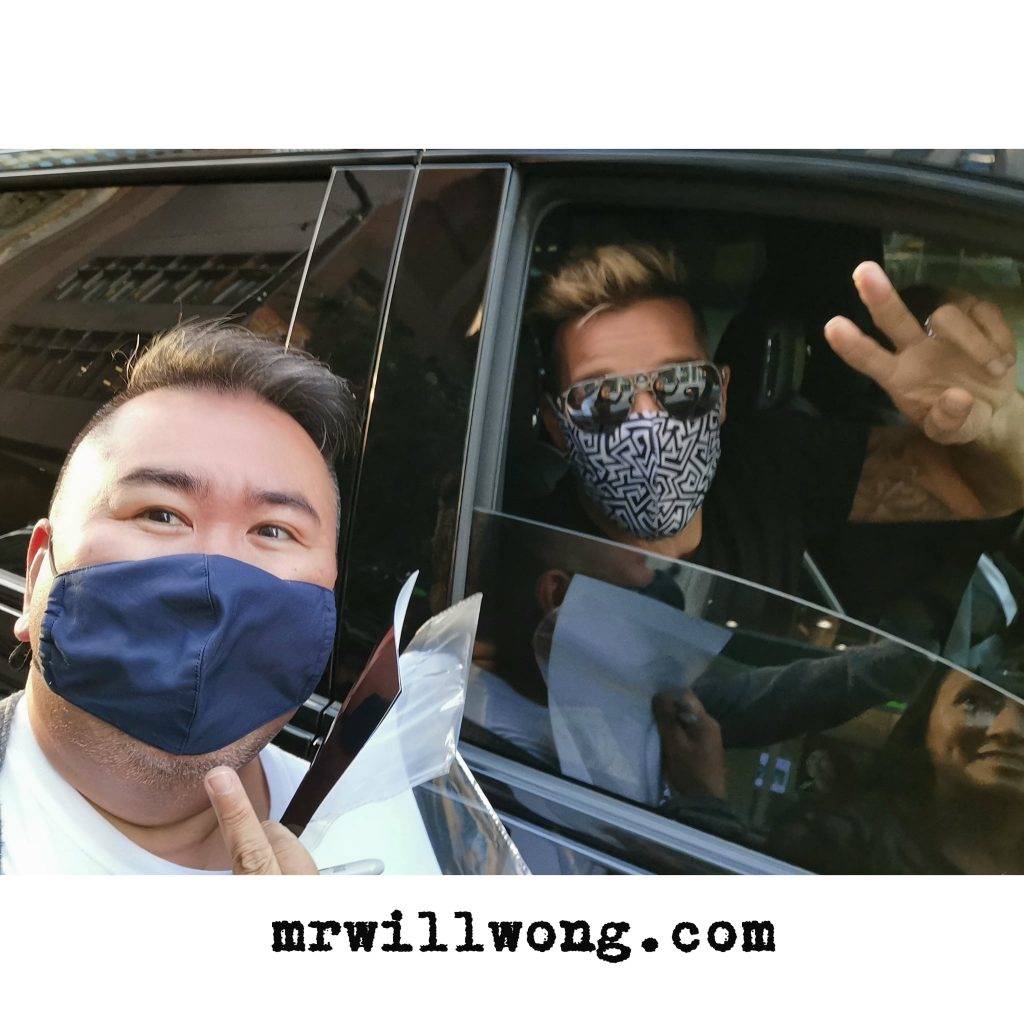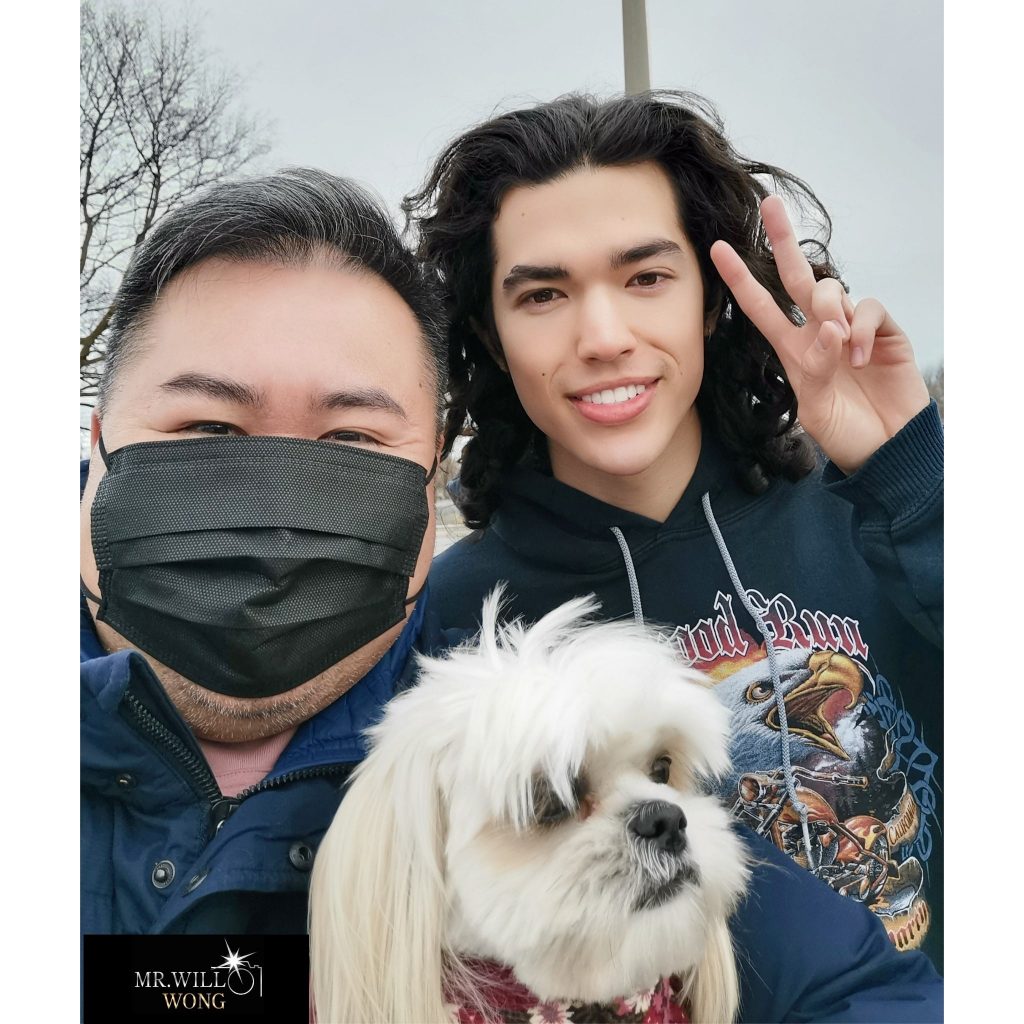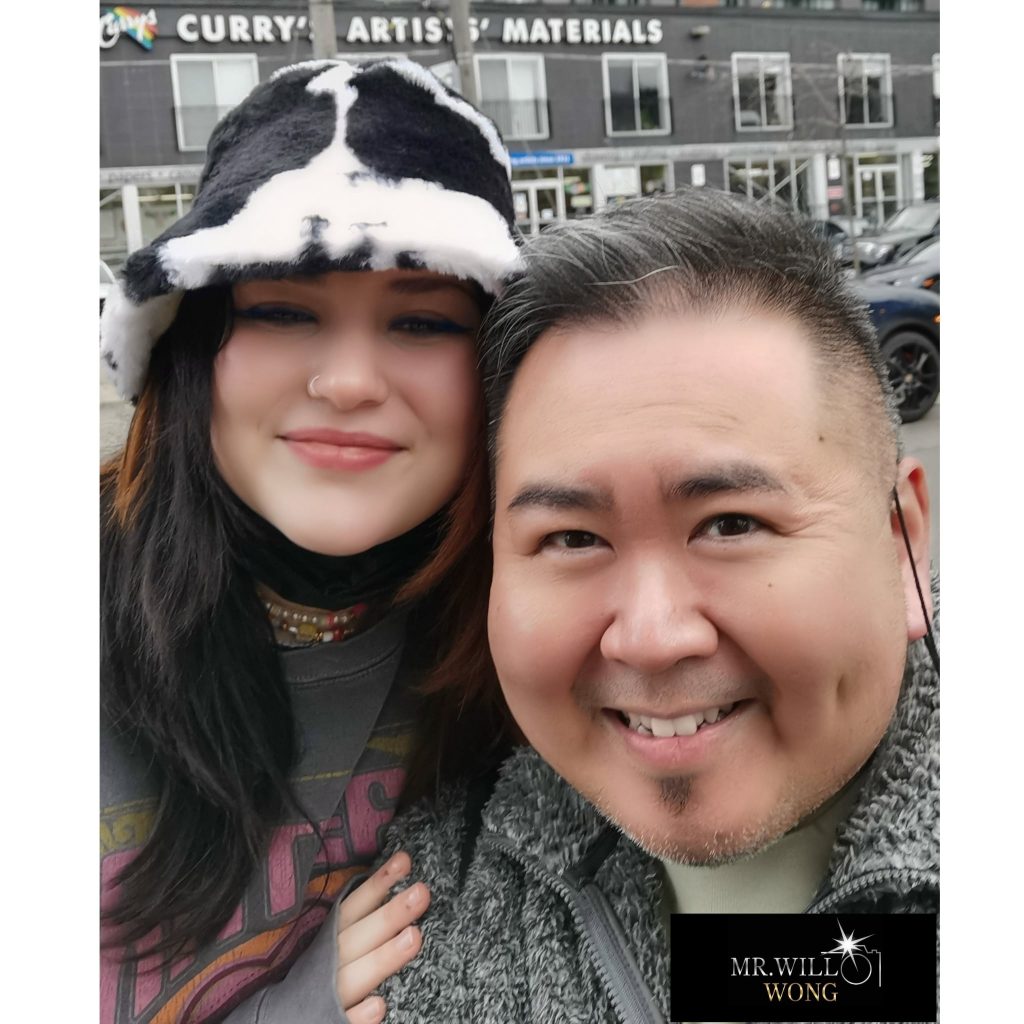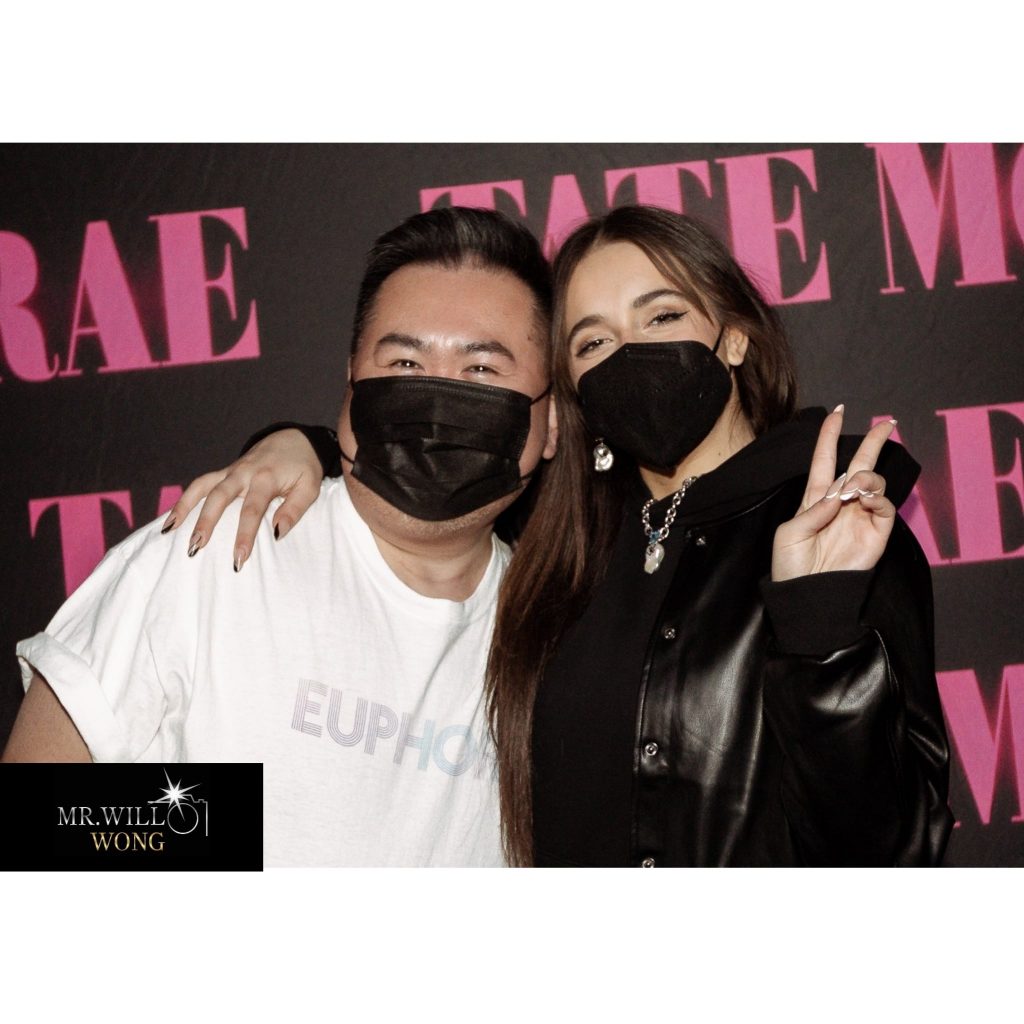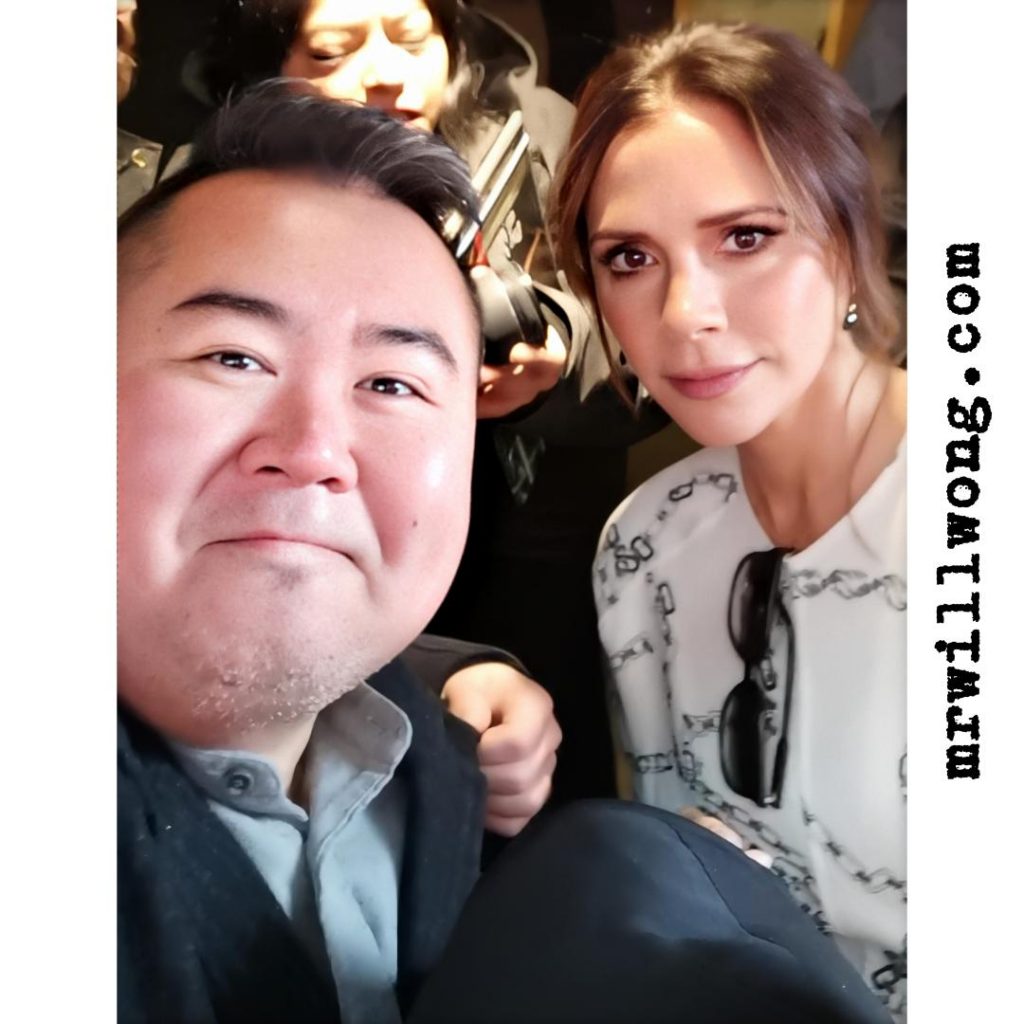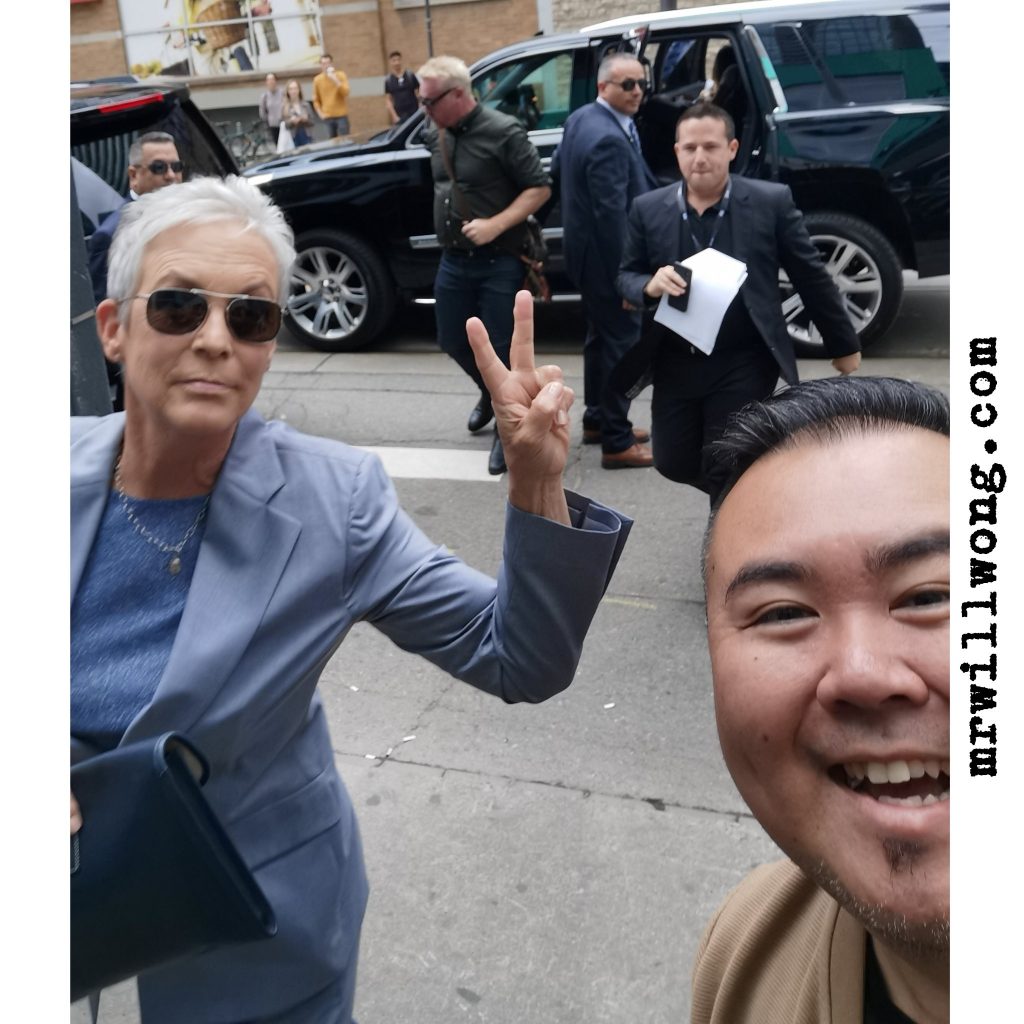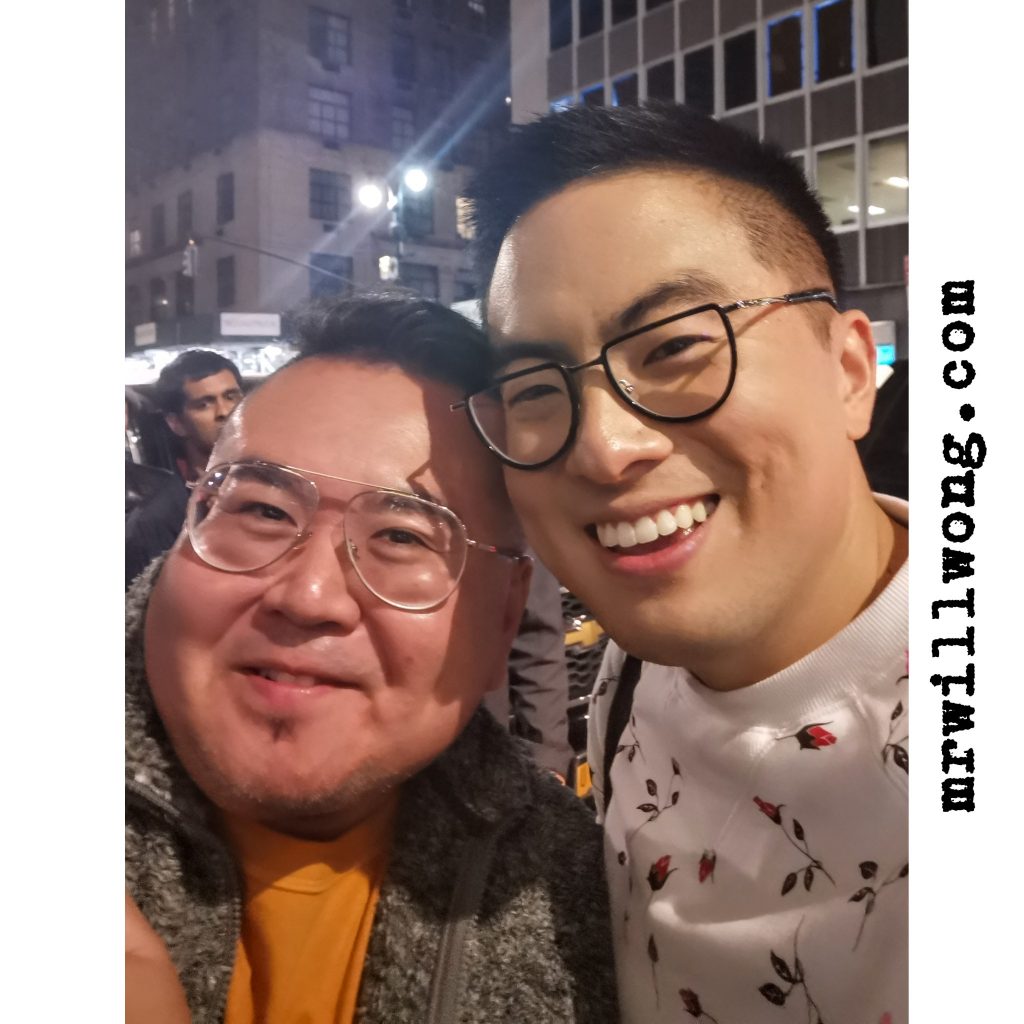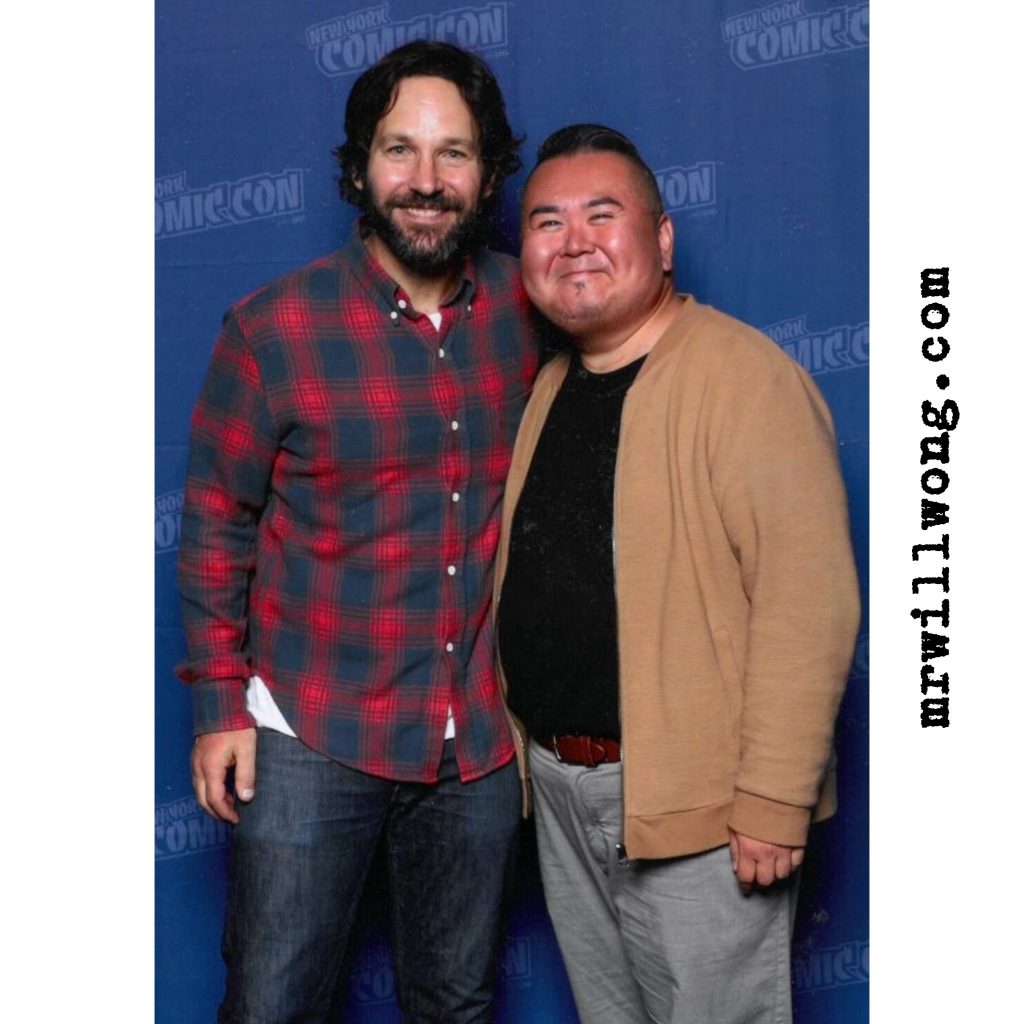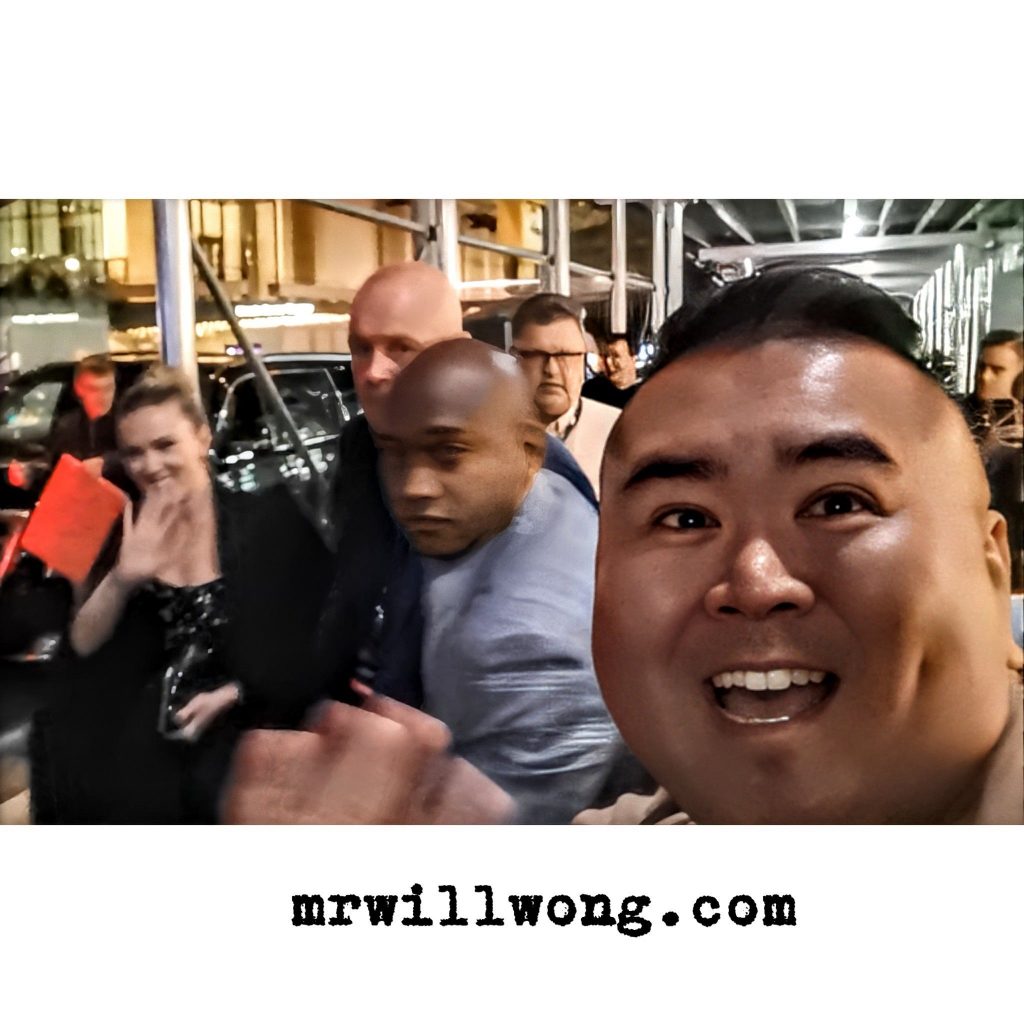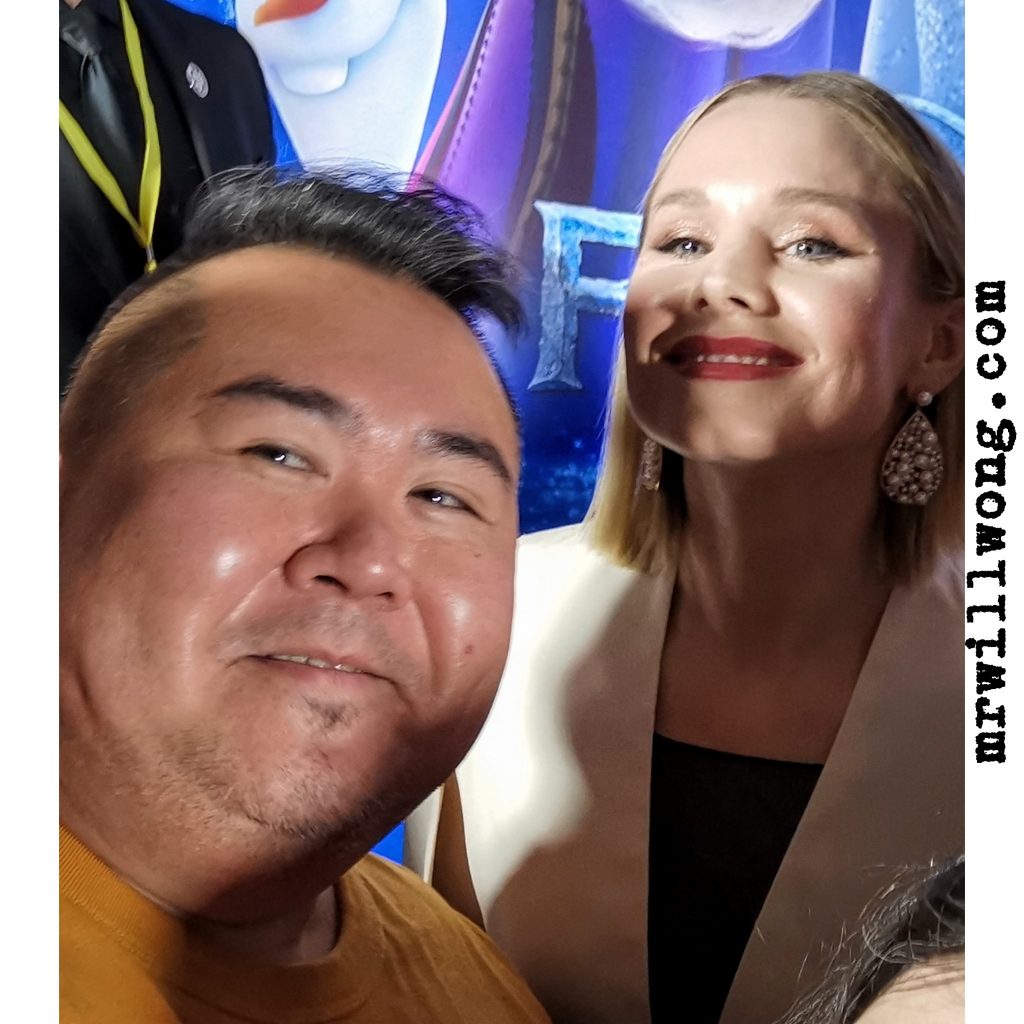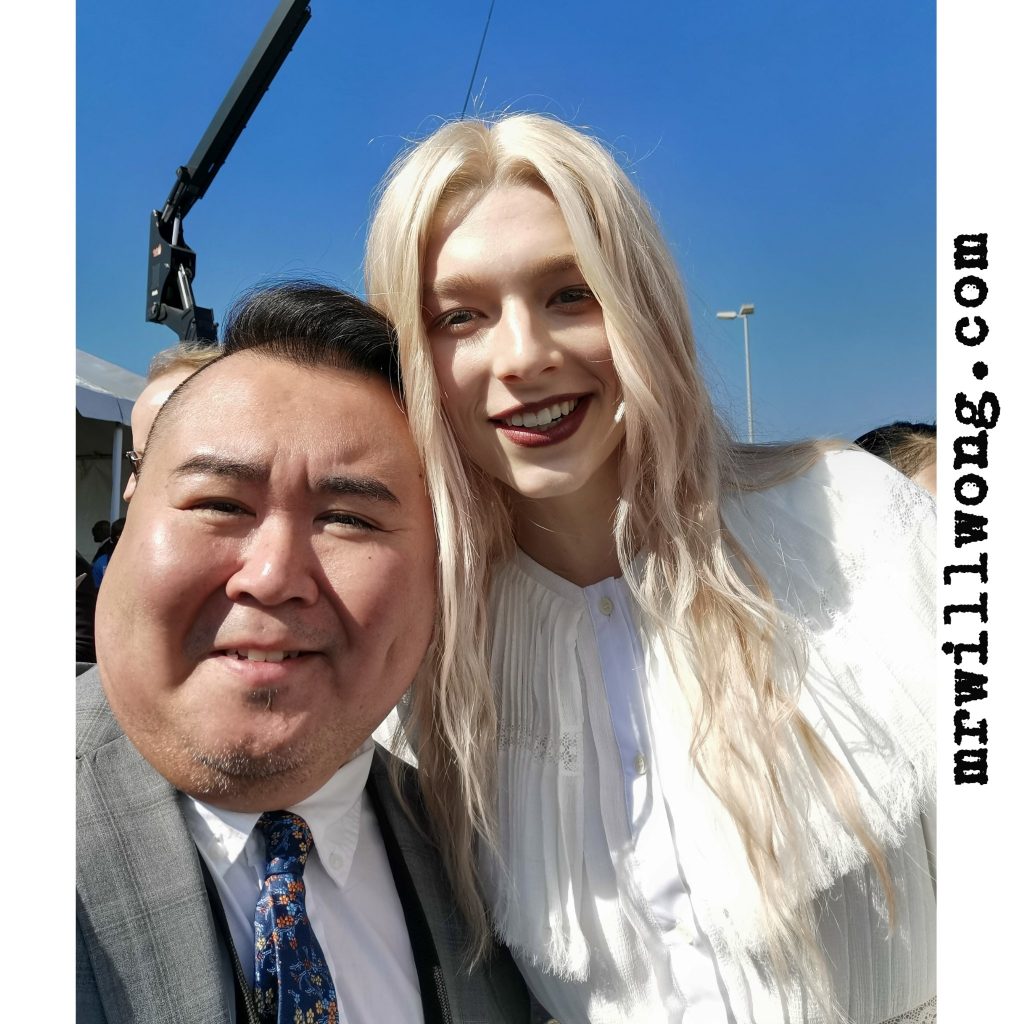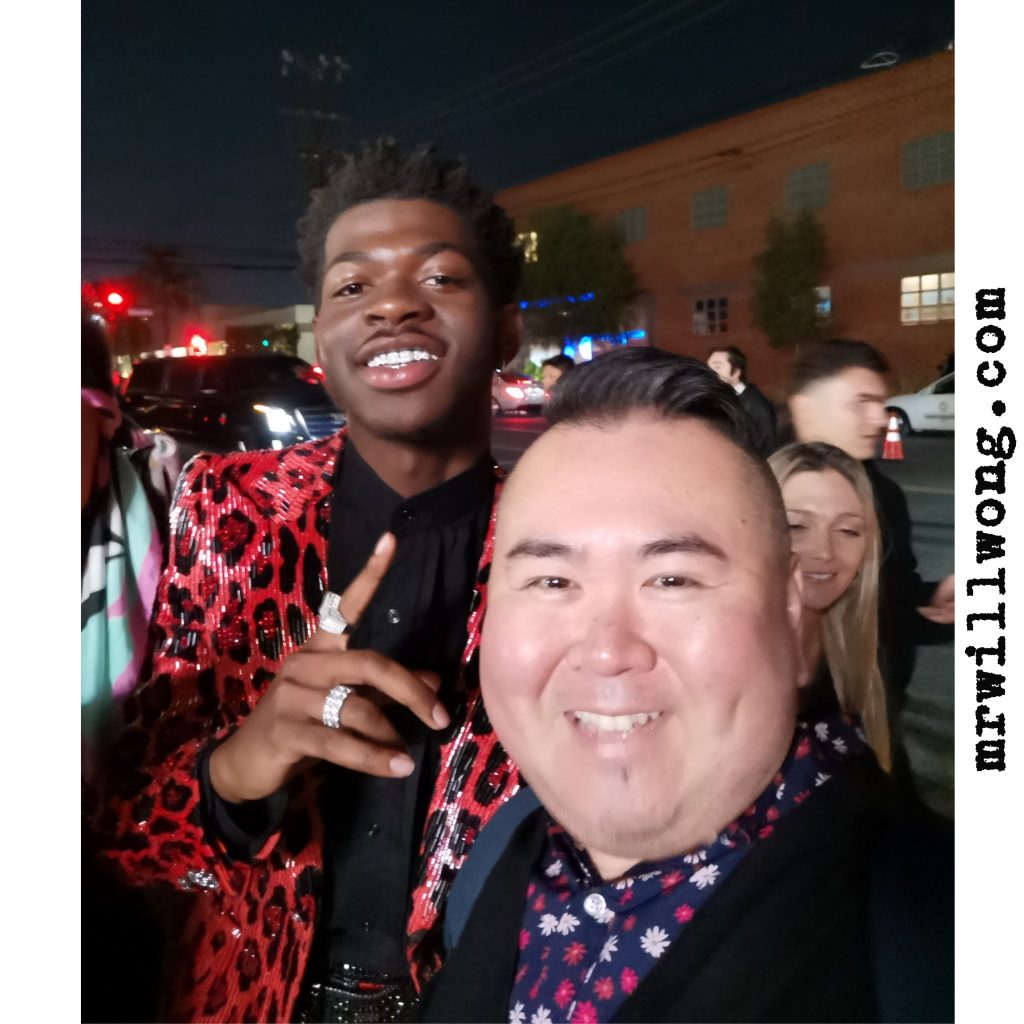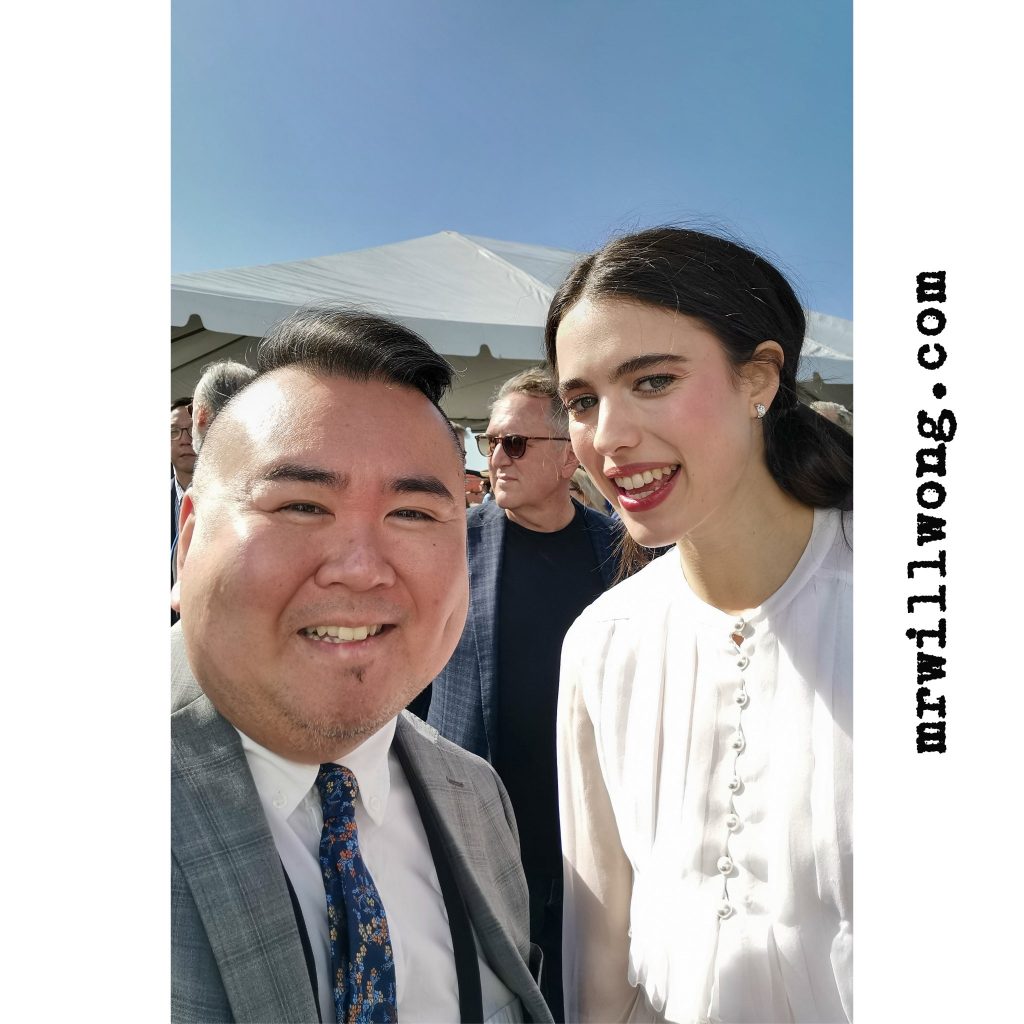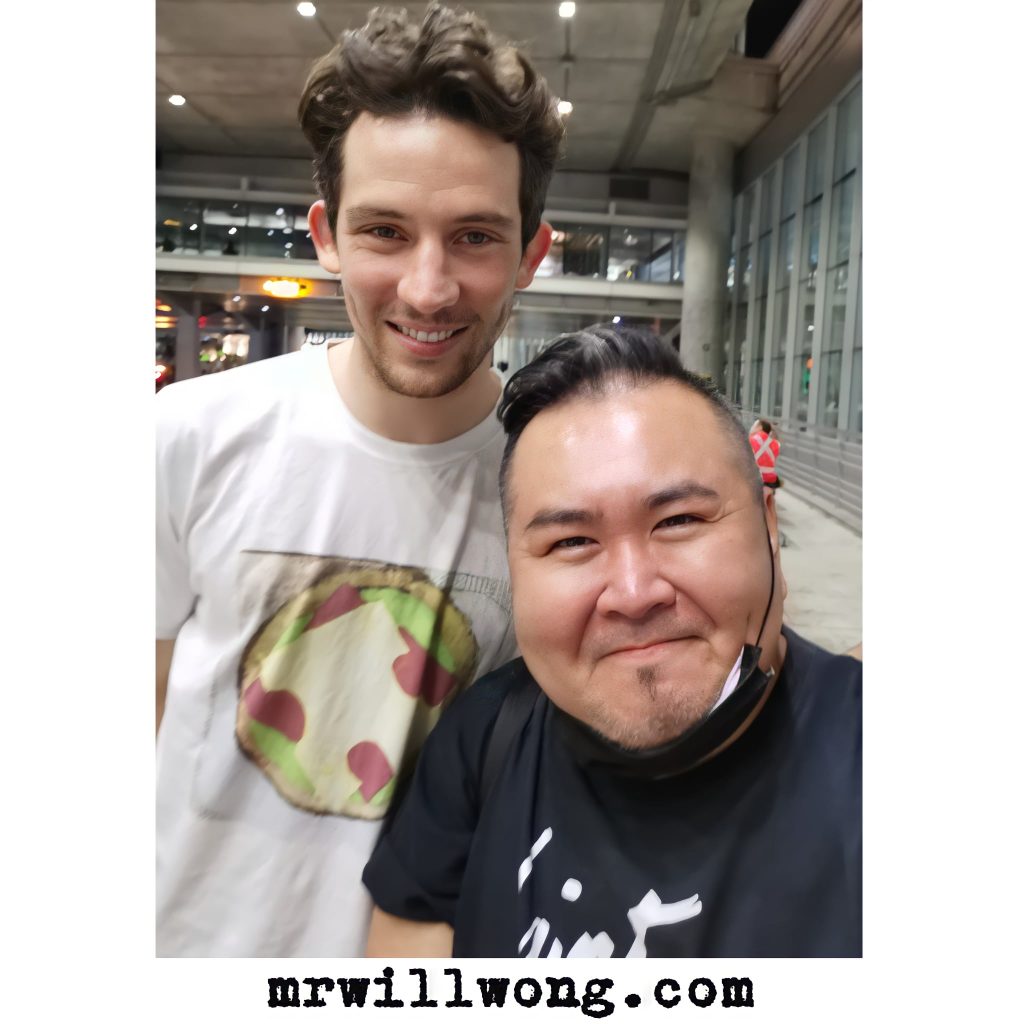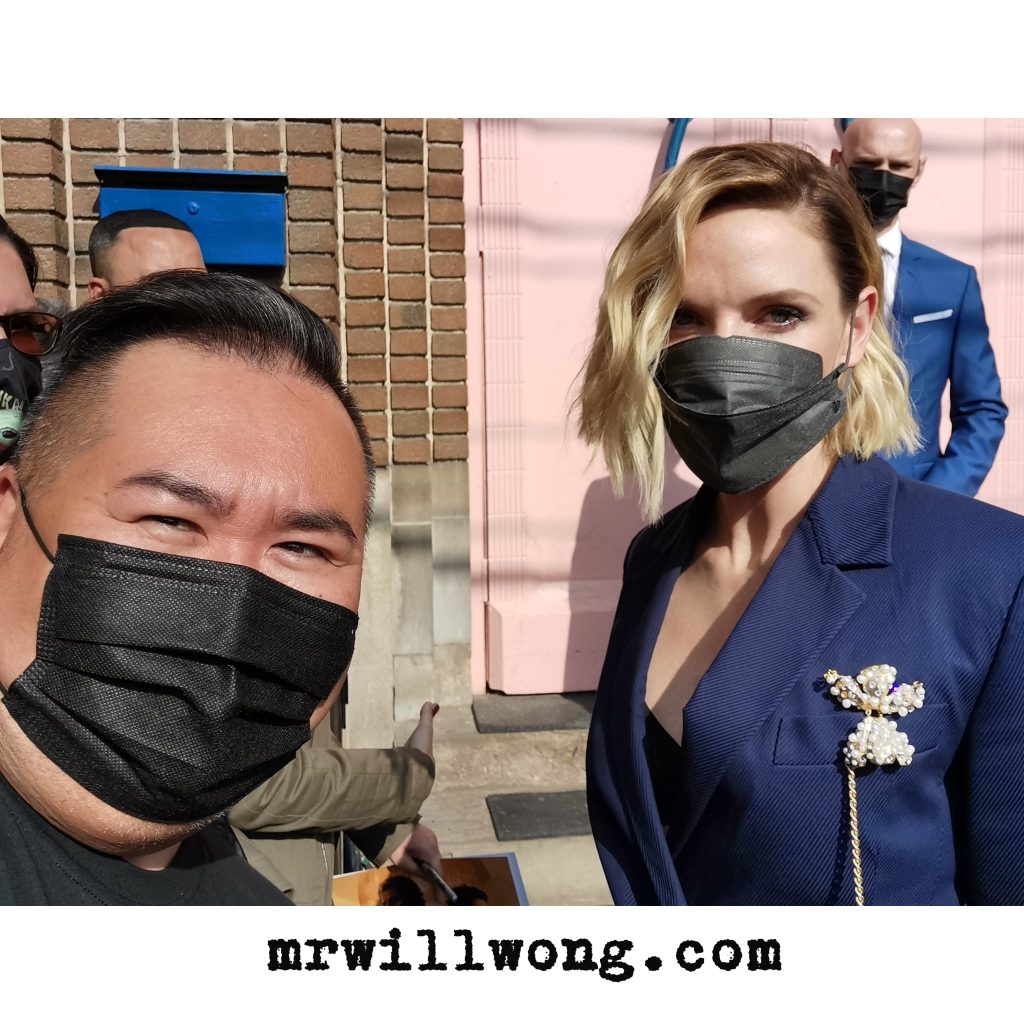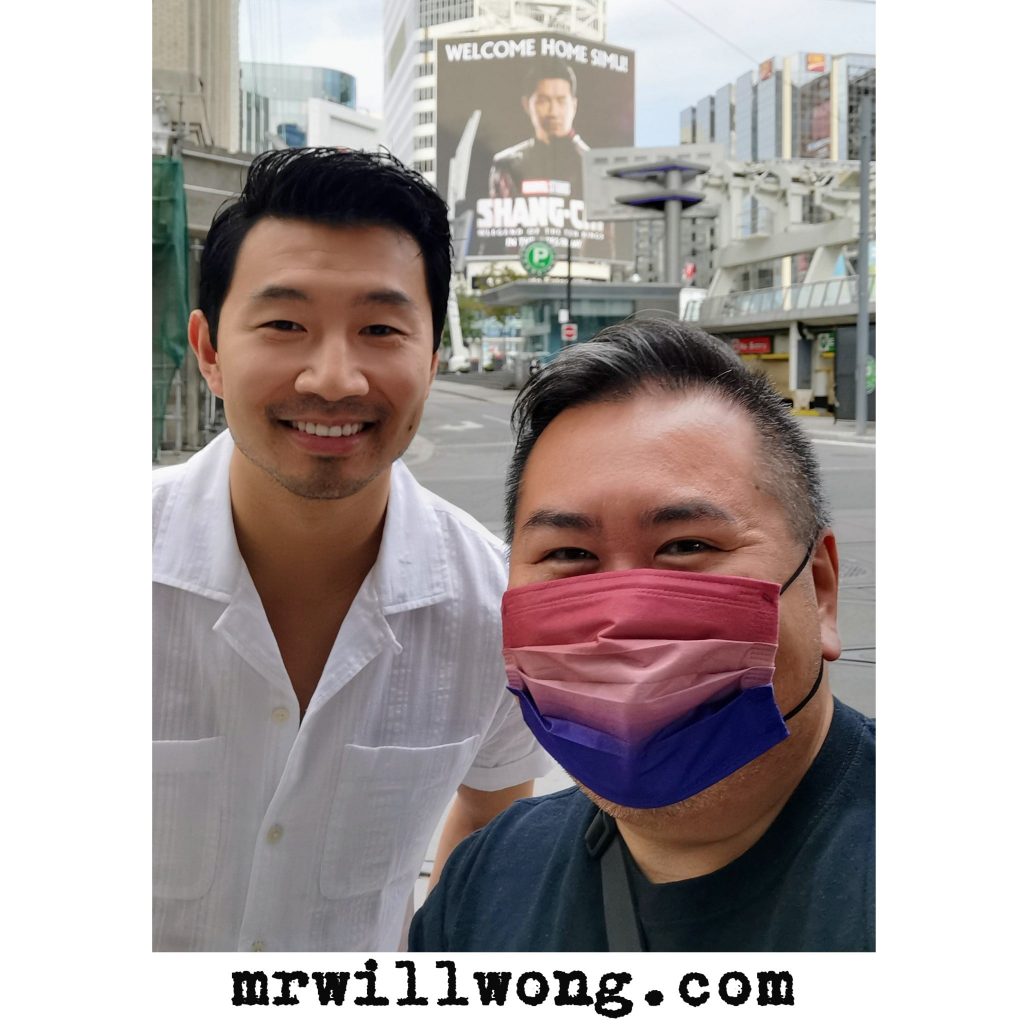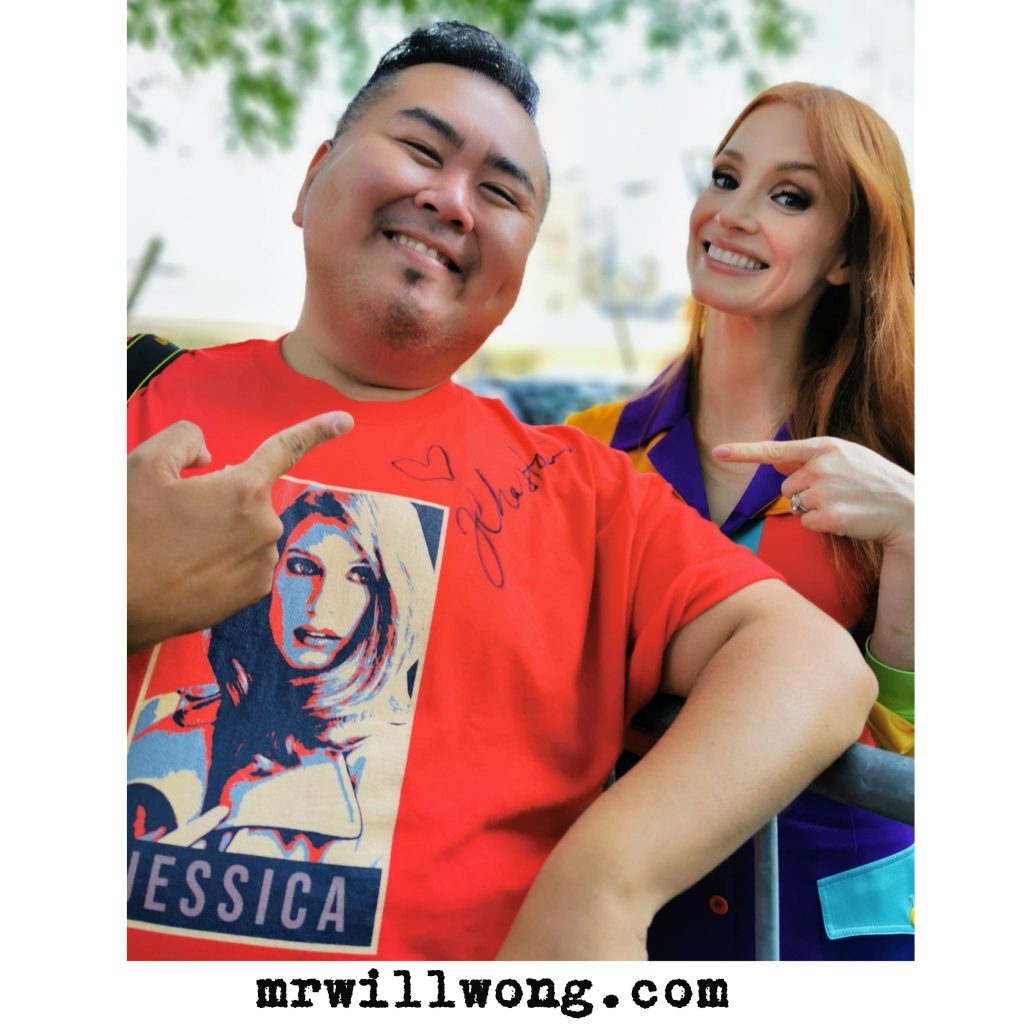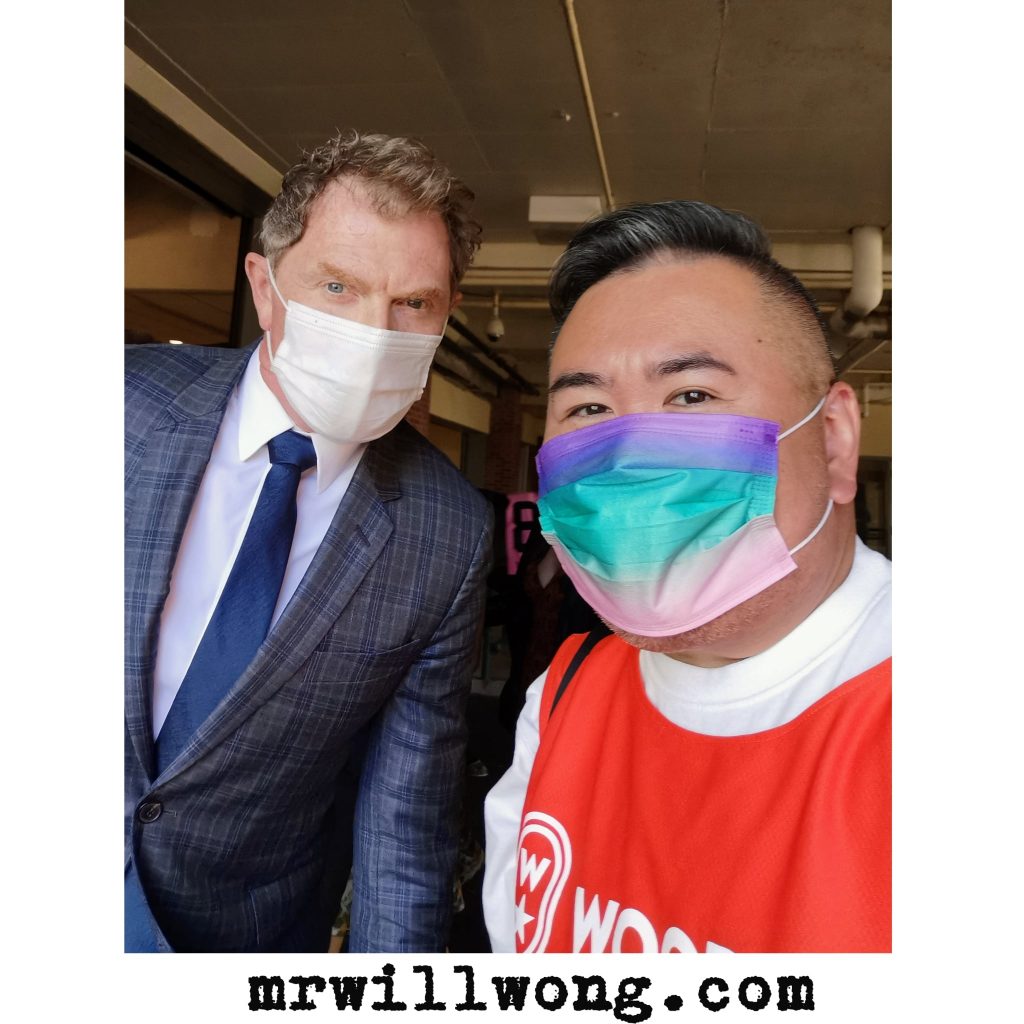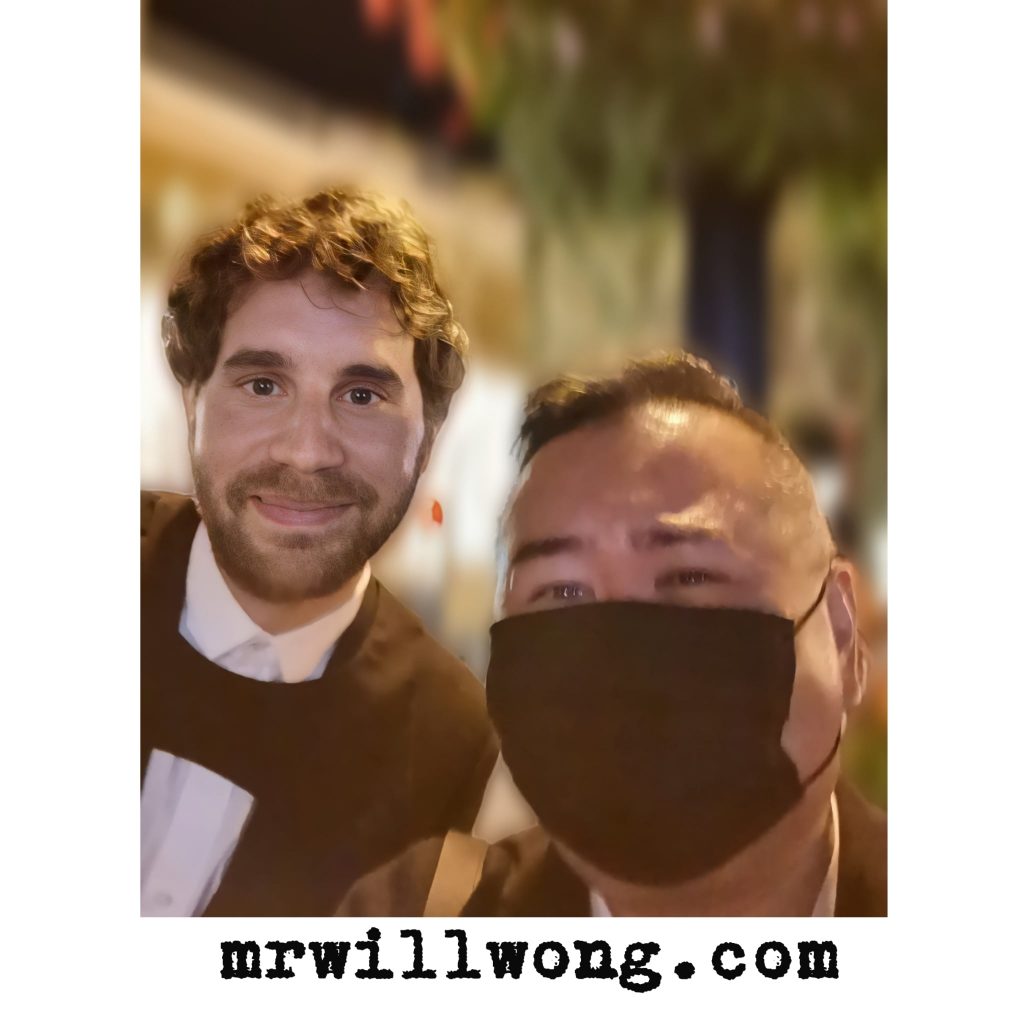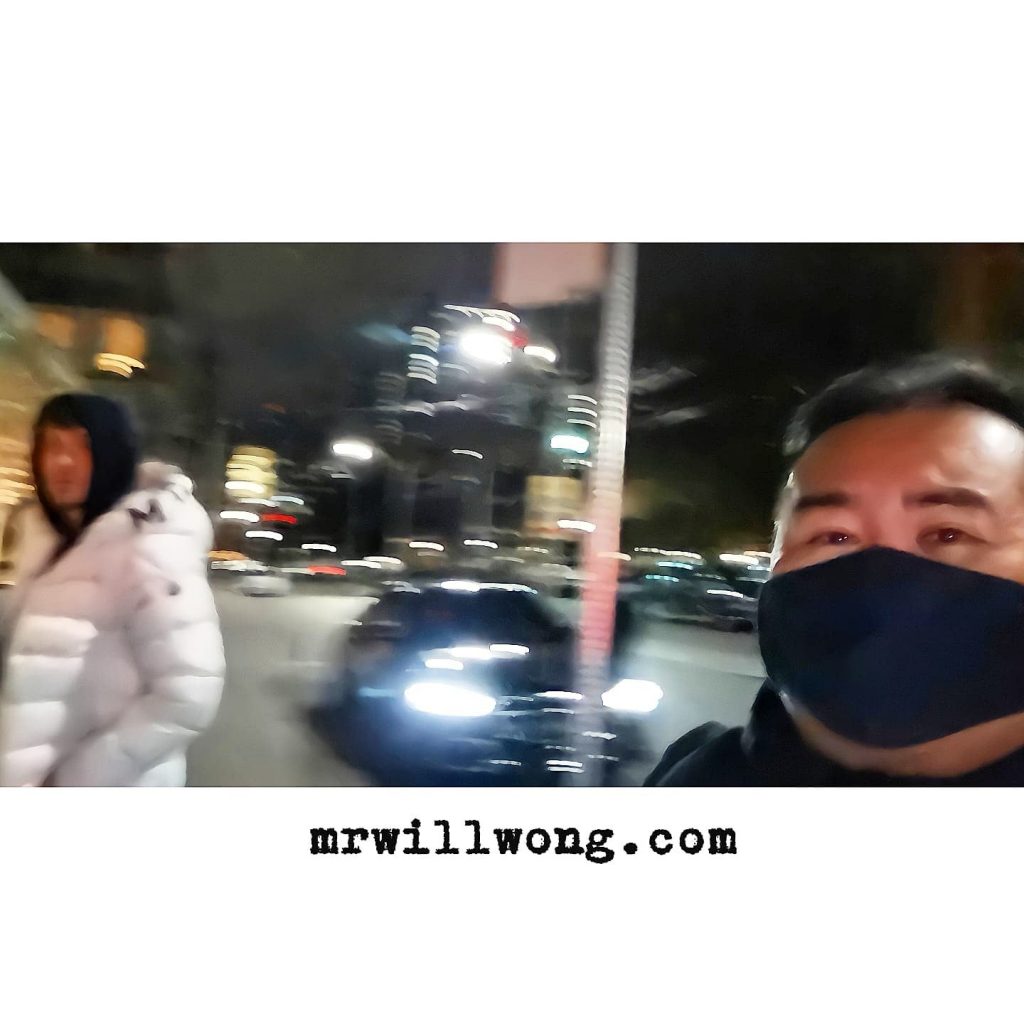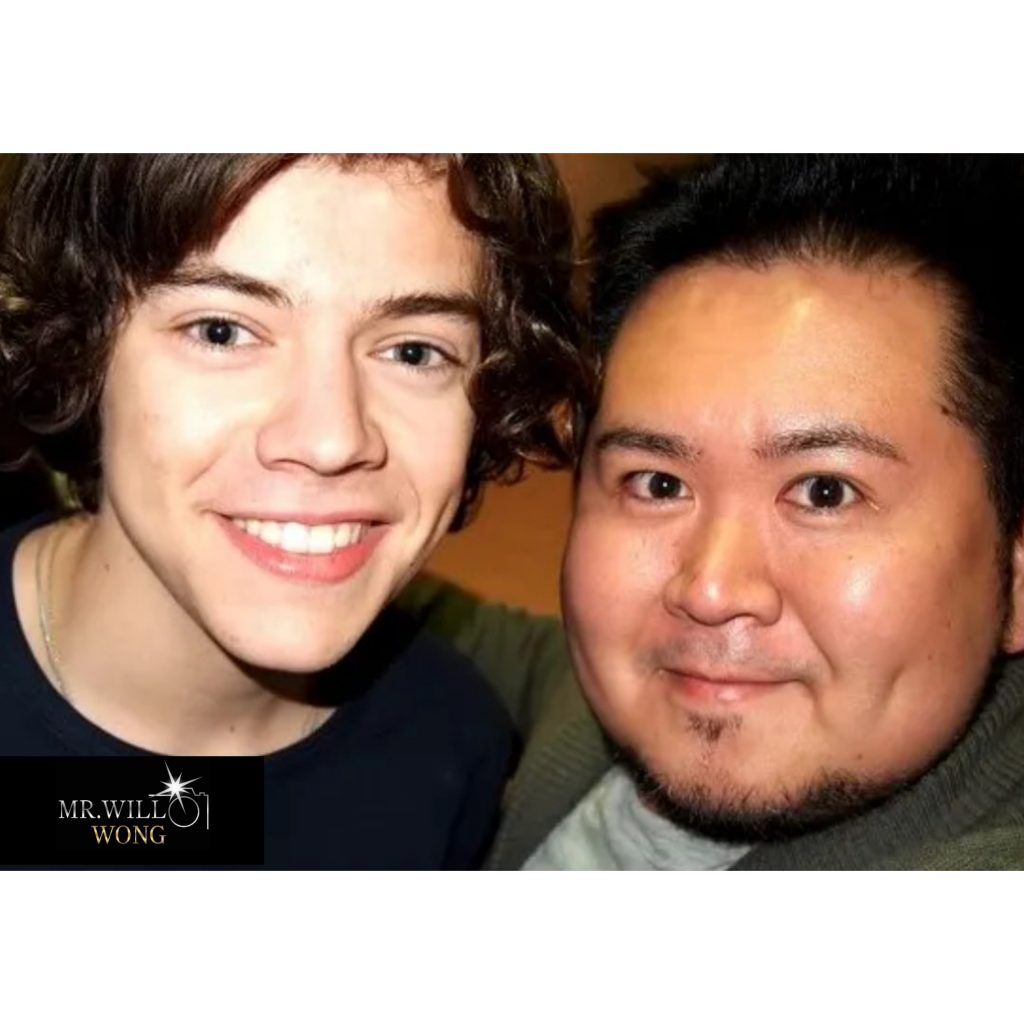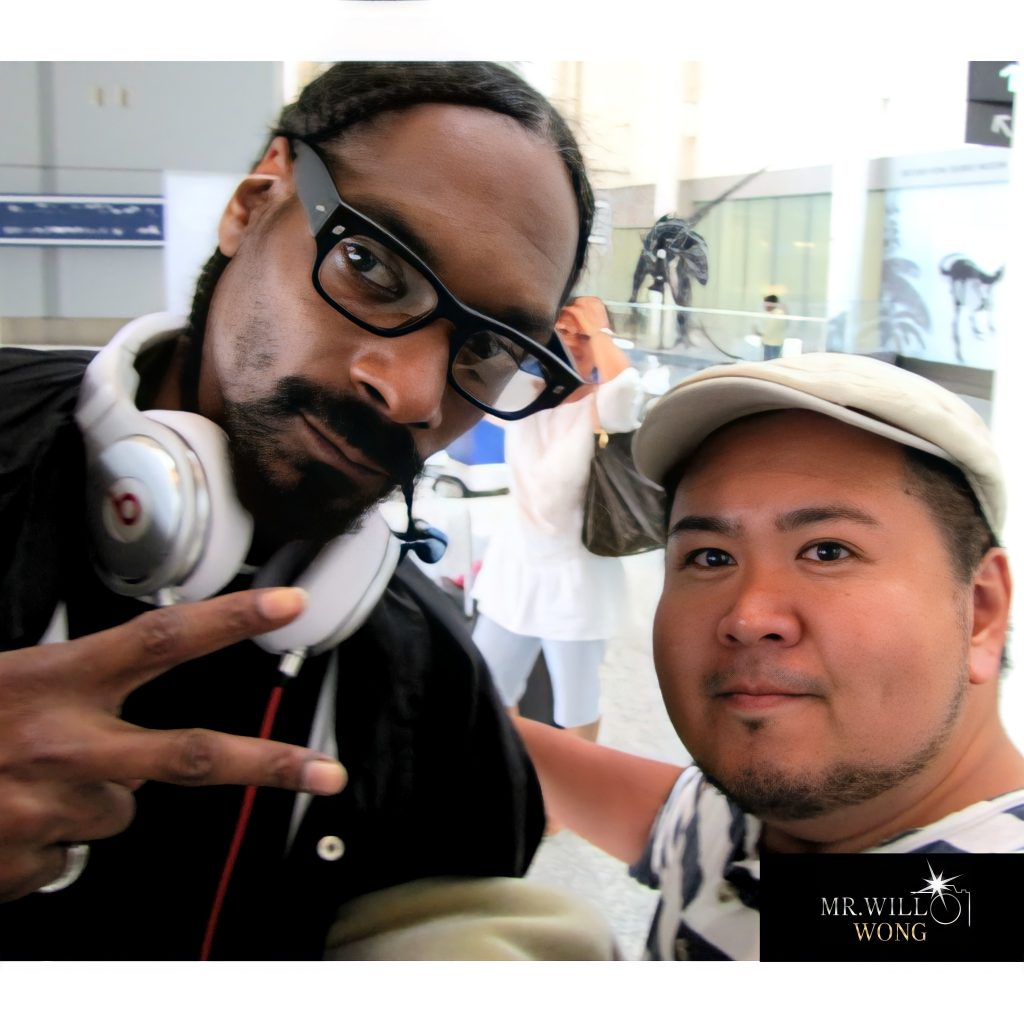#INTERVIEW: DENIS VILLENEUVE AND REBECCA FERGUSON ON “DUNE”
By David Baldwin for Mr. Will Wong
I was not supposed to see DUNE at TIFF ’21. I had my schedule planned and practically laminated going into Labour Day weekend. So when I received a message regarding seeing DUNE and potentially having the opportunity to interview Director Denis Villeneuve, I had to stop what I was doing and re-evaluate that meticulously planned schedule. It is not every day that you have the chance to interview the beloved Canadian Director and Oscar-nominee behind films such as Blade Runner 2049, Arrival, Sicario and Incendies after all.
When I finally caught my breath and arrived at an early screening of the Film a few days later, all I could think about was the years of anticipation and fan excitement that came along with it. I had never read the book and only had a passing knowledge of David Lynch’s film from 1984. I was unsure what to expect, but knew I was in the hands of a master Filmmaker whose exquisite attention to detail and epic scope made for one of the must-see films of the Fall. Villeneuve has not just made his knockout Science Fiction opus with DUNE so much as he has created a fascinating piece of art that will please die-hard fans and newbies to the story.
Villeneuve graciously took some time to take myself and other roundtable Journalists through his process over a Zoom call during the first weekend of TIFF. He discussed how French Comic Artists and childhood heroes Jean-Pierre Dionnet and Philippe Druillet, who brought him to tears when he met them at DUNE’s Premiere in Paris, inspired his visual sense and style. He also assured us that there was no Director’s Cut of the Film, but admitted that he is “a bit tired” planning the next parts of the DUNE series, which include potential follow-up films and a TV Show.
Here are a few other things we learned during our group chat:
What was your biggest challenge in creating DUNE and doing Frank Herbert’s Novel justice?
VILLENEUVE: “I think the biggest challenge was to make sure that someone who read the Book will recognize the world they saw in their mind as they were reading the Book, a bit like when I saw Peter Jackson’s The Lord of the Rings for the first time. I was like how did [he do it]? I had the impression that he had brought a Documentary film crew into my mind, shooting the images I had seen as I was reading the Book. I was very impressed by The Lord of the Rings, and…the goal [in making DUNE] was to try to bring some of the description from Frank Herbert [to life and] be as close to the spirit of the Book. To feel that at least have one image that some hardcore fan will say ‘Oh, that looks close to what I had in mind!’ I feel like we made an act of humility, trying not to bring our vision but more bring Frank Herbert’s vision to the screen. That’s what the big challenge was [as well as wanting] to make sure that someone who had never read the Book will not feel lost and will feel that they are welcome in the Movie and that it will be understandable to a wide audience.”.
“To find that equilibrium between those two [groups] was not easy to do and that was one of the most difficult things to do for this adaptation. I will say the fact that we split the Movie in two parts makes it easier because it means [I was able to] keep elements for the [potential] second movie, but I had to make strong choices. One of them was that my adaptation would focus on Paul Atreides (played by Timothée Chalamet) and his mother, and that it would be at the very heart of the movie and will make other characters less present. I could not bring everything or the Movie would get crushed under the pressure of so much information.”
What themes and ideas inspired you to adapt the novel now?
VILLENEUVE: “Good Science Fiction means that it necessarily will be a criticism of reality, or at least a mirror of reality. There are several topics being explored by the Novel that I feel became more relevant as time passed by. I think the novel is more relevant to today’s world than it was when it was written [in 1965]. The impact of Colonialism is still totally relevant to today’s world, the overexploitation of natural resources, the danger of blending politics and religion together – it’s all subjects that are very relevant…and more importantly, the environmental crisis. It’s something that Frank Herbert foresaw in the ’60s. He was worried about the change in climate at that time. You can still find interviews of Herbert’s concern about the change and impact of humans on the environment.”
What was the process you and your team took to create the visuals of DUNE?
VILLENEUVE: “I asked my team to do an impossible task – to at least at first, dream about the Movie, to try to go back to the roots of what they saw when they read the Book. To try to be more within the relationship of the subconscious, the dream state, rather than to go and do research on the Internet or be influenced by other artists. Of course, in saying this, it is a bit impossible because we are the product of multiple influences and we are filled with images coming from the outside but I tried…to say to my close partners, ‘Let’s dream together. Let’s try not to find references. Let’s try as much as possible to go deep inside ourselves.’ At least, that’s what I did at the beginning in order to try and find something that will feel kind of new to the audience.”.
What are your thoughts on the current theatrical landscape and if we will get to see a Dune: Part II?
VILLENEUVE: “I am very optimistic about the future of Theatrical Cinema – we shouldn’t say Theatrical Cinema, we should just say Cinema. [The big screen is] part of the language. It’s not being nostalgic talking about the big screen, it’s at the very centre of what Cinema is which is to receive a visual story in the most immersive way [by] bringing a group of human beings together. I hope the first movie will be well-received and will trigger enough enthusiasm to convince Warner Bros. and Legendary to do the second part, but I’m no prophet…I think that in the long term we will [still] be watching [movies in] theatres. As long as Cinema is with us, there will be theatres to show it.”
We also had the opportunity to speak to the incredibly candid and lovely Rebecca Ferguson, who plays Chalamet’s mother Lady Jessica Atreides in the Film. She spoke highly of her Director, the behind-the-scenes team who designed the sets and costumes, and expressed to everyone in our roundtable just how much she “really, really wants to do” Dune: Part II.
What was it like acting alongside this incredible Cast that includes Timothée Chalamet and Zendaya?
FERGUSON: “Zendaya is huge and hopefully if we do a second one, she will appear more in it. But of the Cast list, I have to say I was in awe of Javier Bardem, Charlotte Rampling, Josh Brolin, Oscar Isaac and I mean, David Dastmalchian and Stellan Skarsgård and there are many more to [add to] that list. [It was] an honour. An absolute honour. But I think also, doing a film with Denis without knowing the Cast – you know it’s going to be good. It was more a matter of unravelling little Christmas gifts. So Timmy [Chalamet] was the first who was cast. I think I was the second, and then gradually it was sort of a ‘And look who we have here! And look who we have here!’ It was just wonderful.”.
How would you describe the balance between masculinity and femininity in the film?
FERGUSON: “We need to break down what masculinity and femininity is in 2021…Women had no power [in older times] as they do now and yet we’re not even close to what it is to be equal. But they were seen as [being] much more powerful, right? We needed to create the balance and the structure [in DUNE]…it couldn’t be equal. I keep saying this as well, which is an odd thing to say, but the film wouldn’t work with an equal gender neutral position. It is about motherhood. It is about the men making the decisions. But overall, the women are the umbrella. Look at The War of the Roses. Look at the Medieval Times. The men were out in the battlefields, you know slashing and having their jolly old time. The women were plotting the household to create stronger alliances. And this is an on-going theme, isn’t it? What I think Denis did and what he wanted to do was defibrillate the fact that these human beings had powers because of necessity and reason. One of the things we talked about was the gender neutralness of the stillsuit and what it represents. I love that it serves purpose and that it doesn’t just look feminine [or] masculine – it is just a suit for survival.”
How did your acting process on DUNE differ from films like Mission: Impossible and Doctor Sleep?
FERGUSON: “I want different things all the time, otherwise I’d be bored…My process changes because I’m working with new directors. [They] ask of new energies. Tom [Cruise] has such an energy and rush about him that with Mission, it’s a huge film with huge sets, huge stunts and huge energy, and it is just go, go, go all the time. And character-driven as well. But there’s no stillness. You’re never really breathing, which is why they’re so amazing. Denis’ process is finding that complete stillness, finding the drama within character and just dropping them in a set that could eat them up. He finds the juxtapositions of scope and scale. So that just becomes a very different process. And on Doctor Sleep, I just ate kids you know?”
Stay tuned later this week for our full review of DUNE!
Warner Bros. Canada release DUNE in theatres on Friday, October 22, 2021.
*Please exercise caution observing COVID-19 protocols if seeing this in-theatre*
Share This Article
Related Posts
Leave a Reply
For advertising opportunites please contact mrwill@mrwillwong.com


